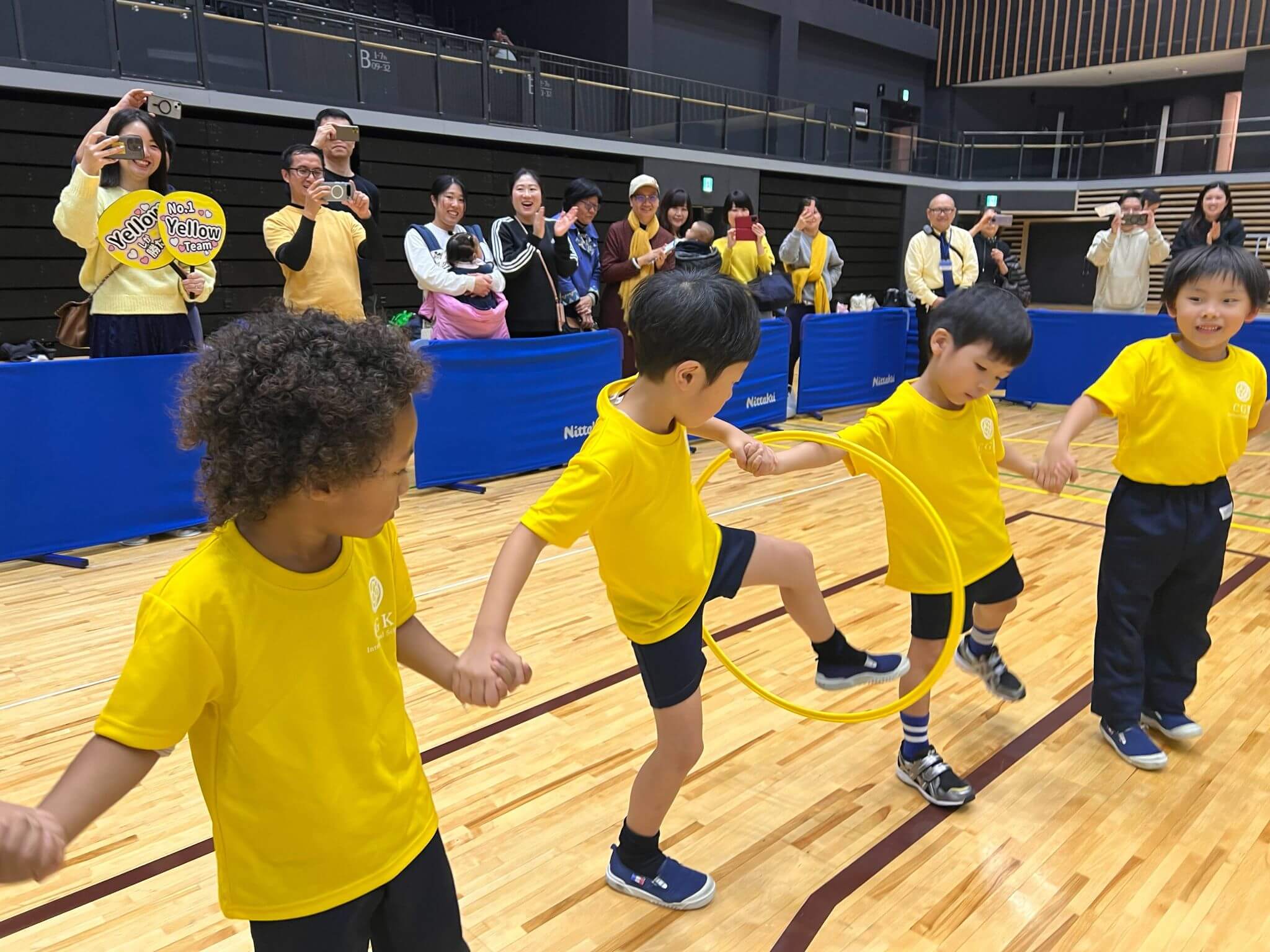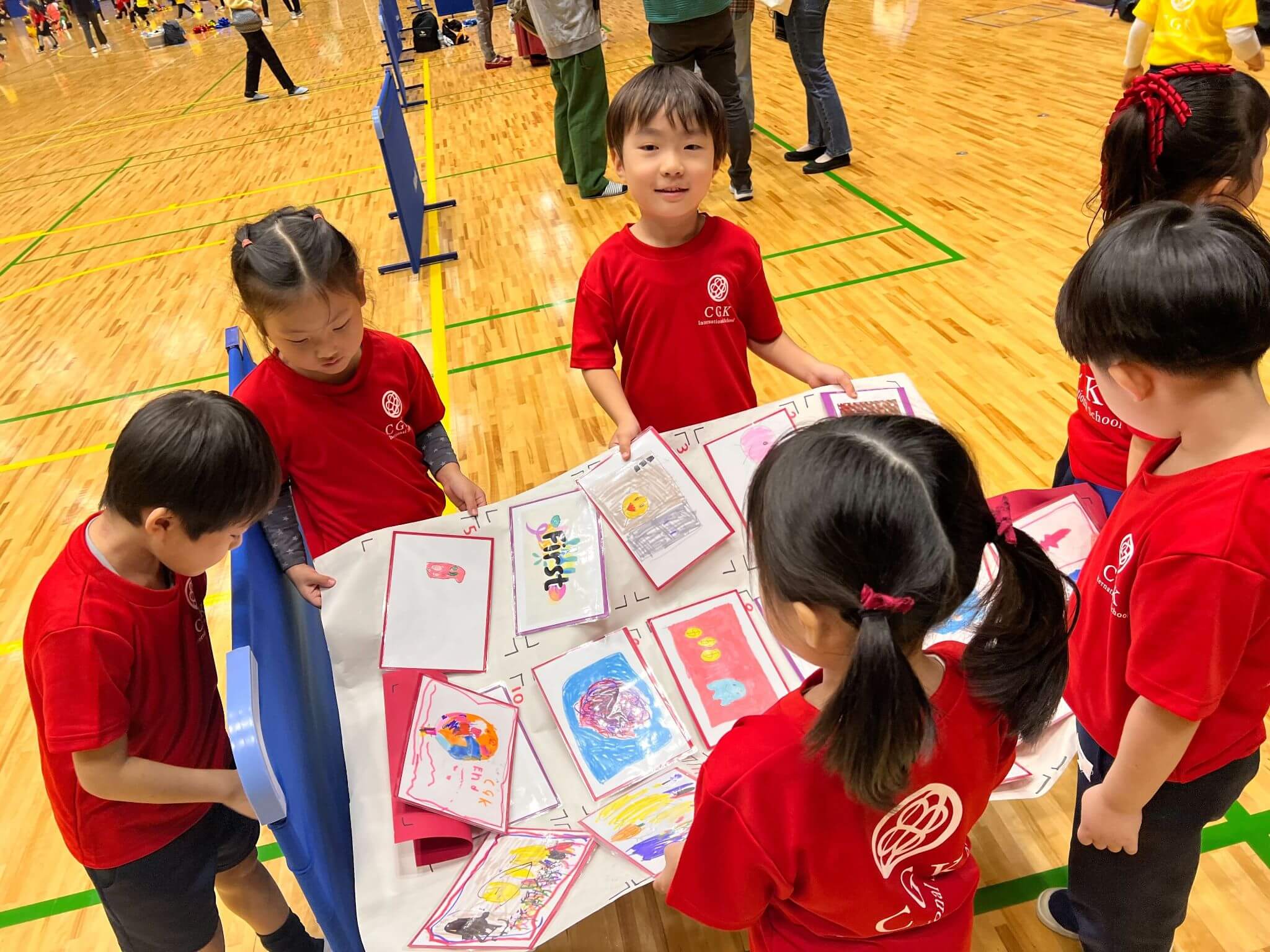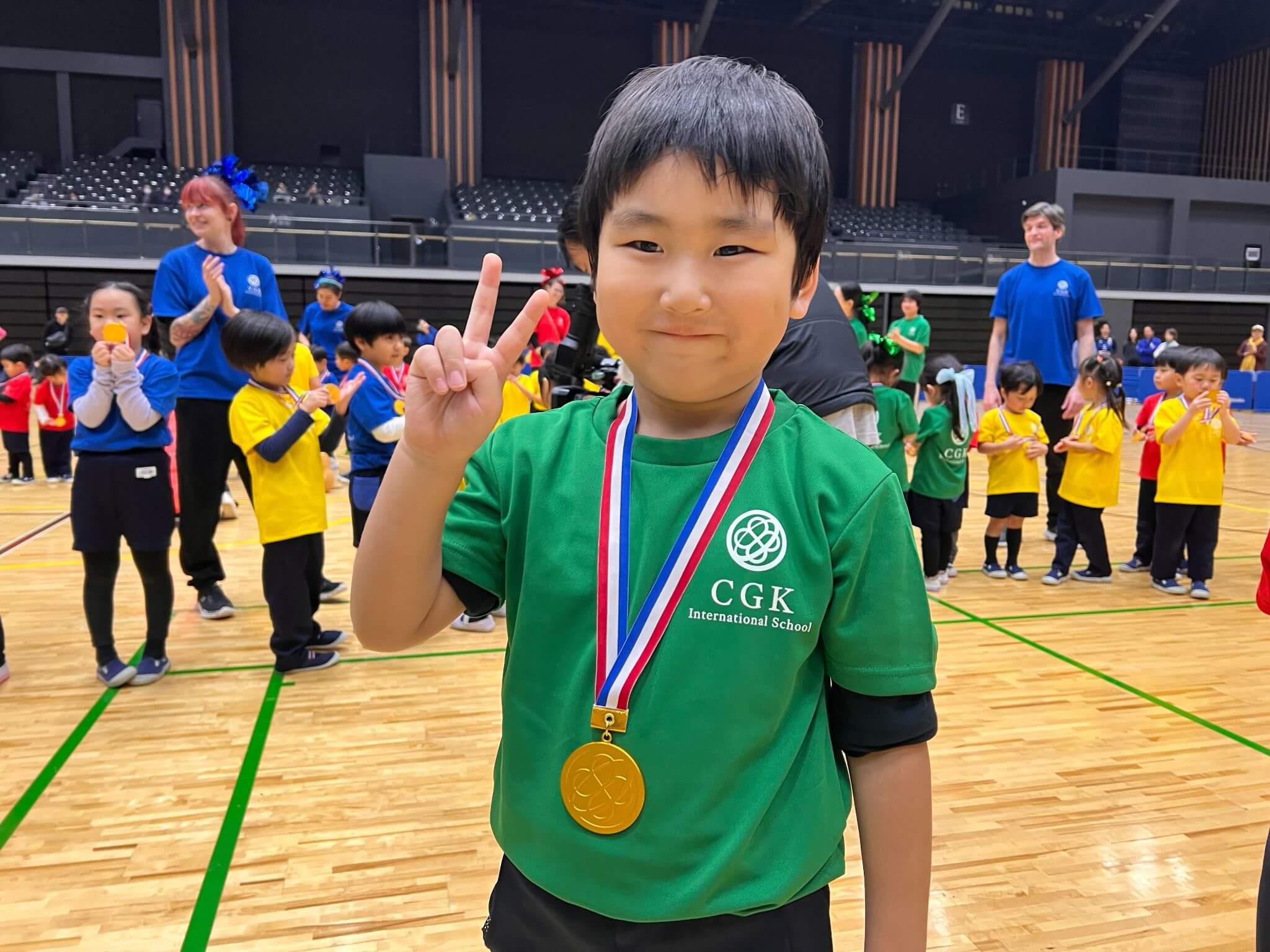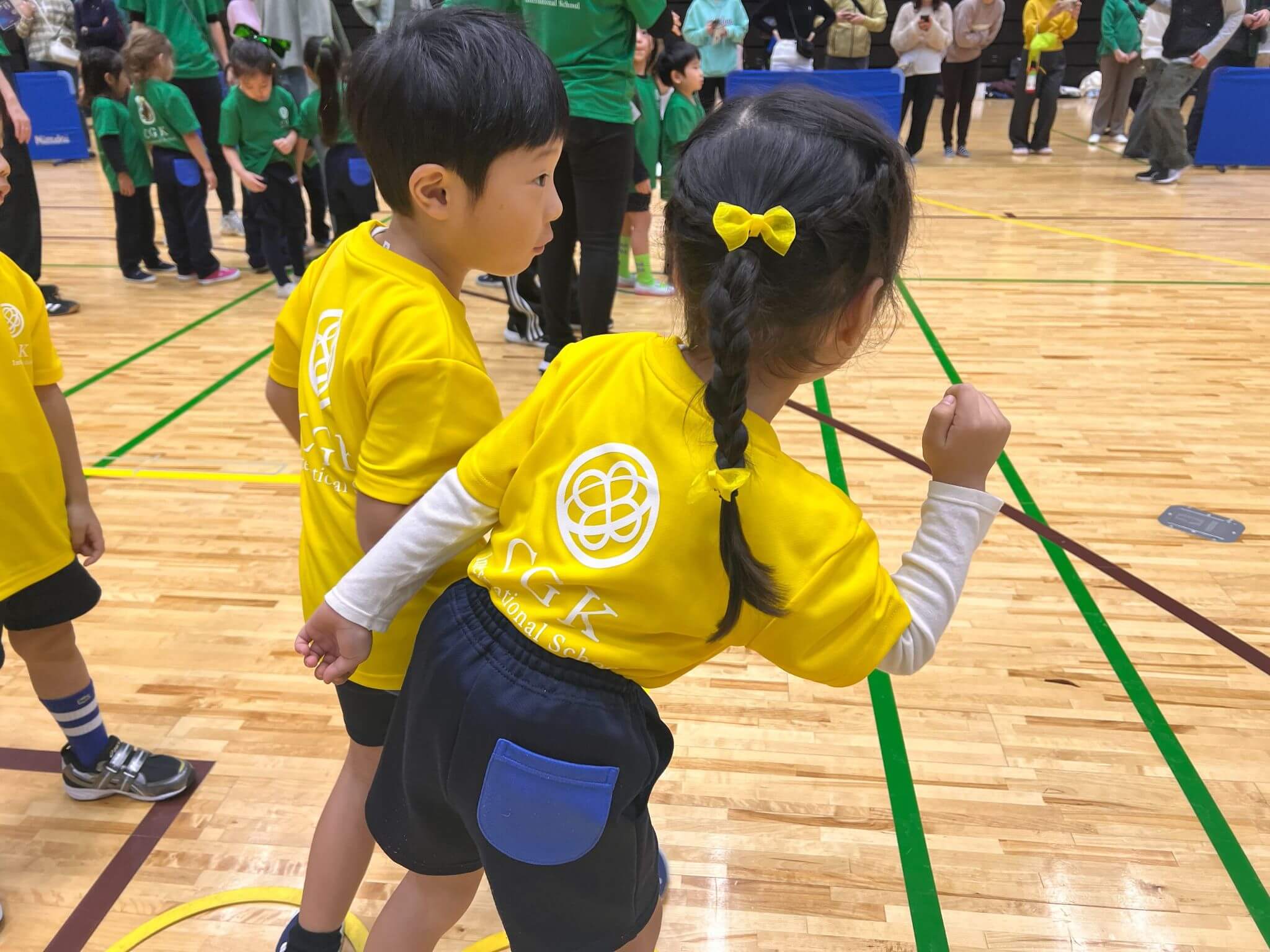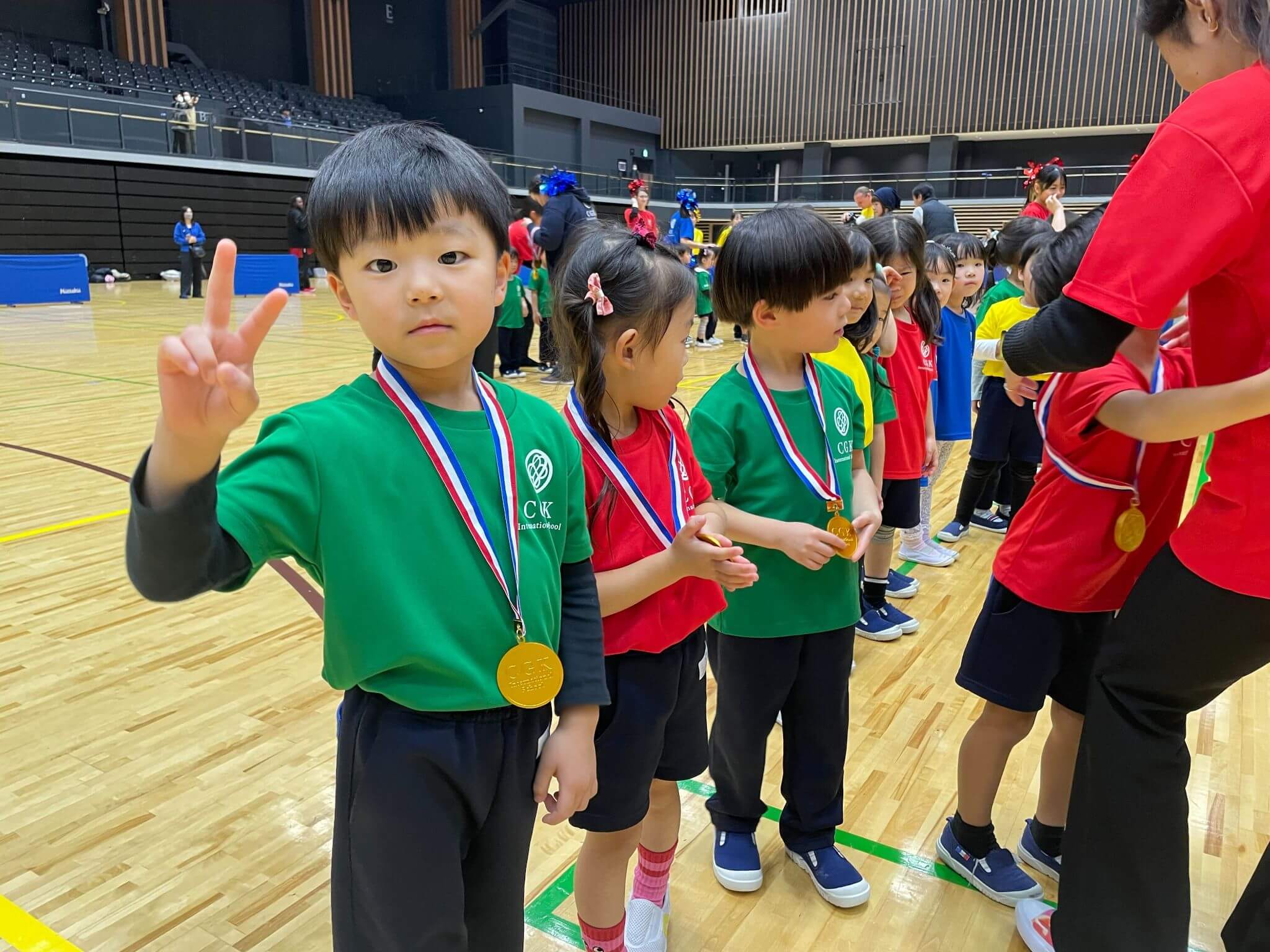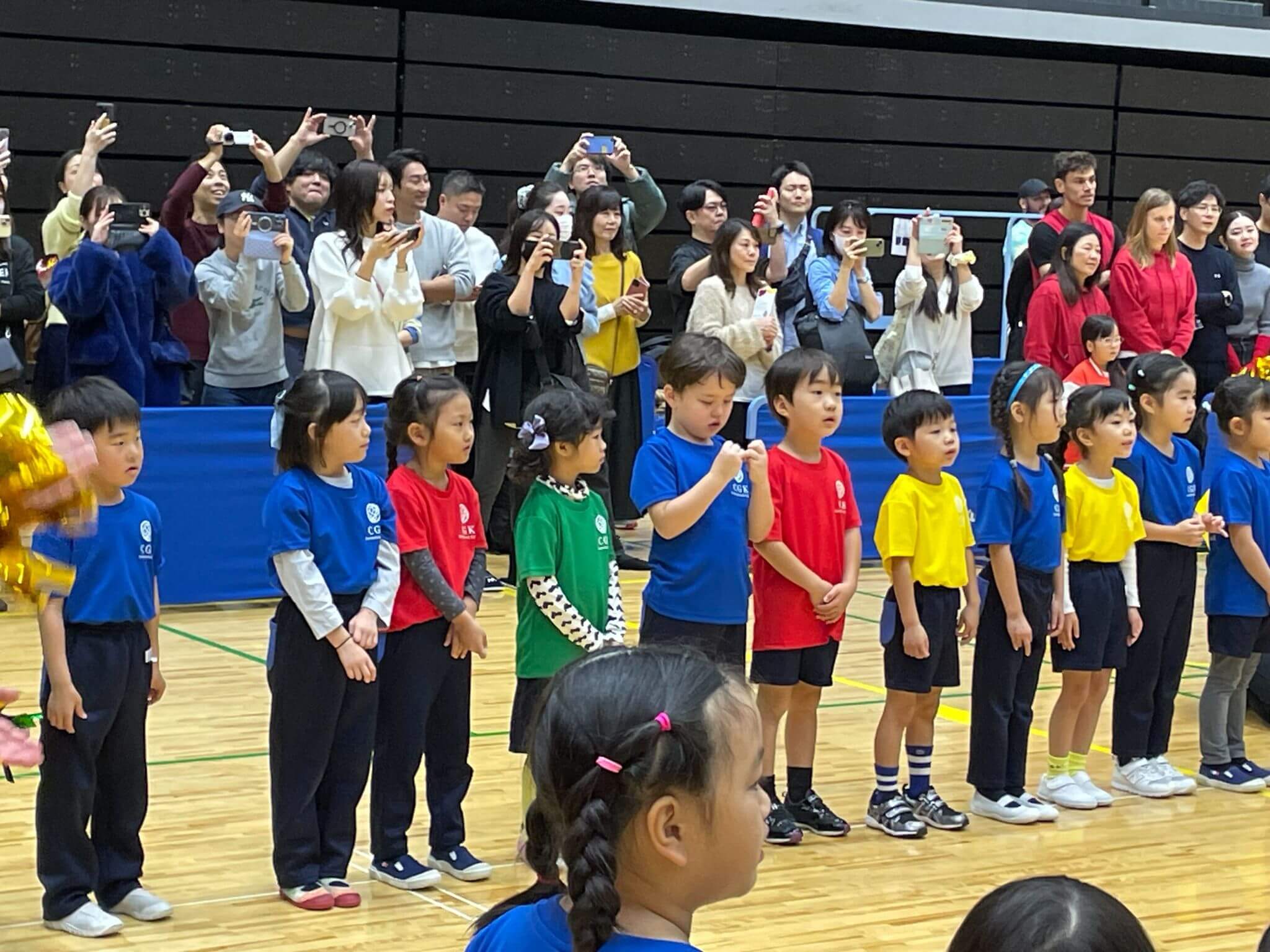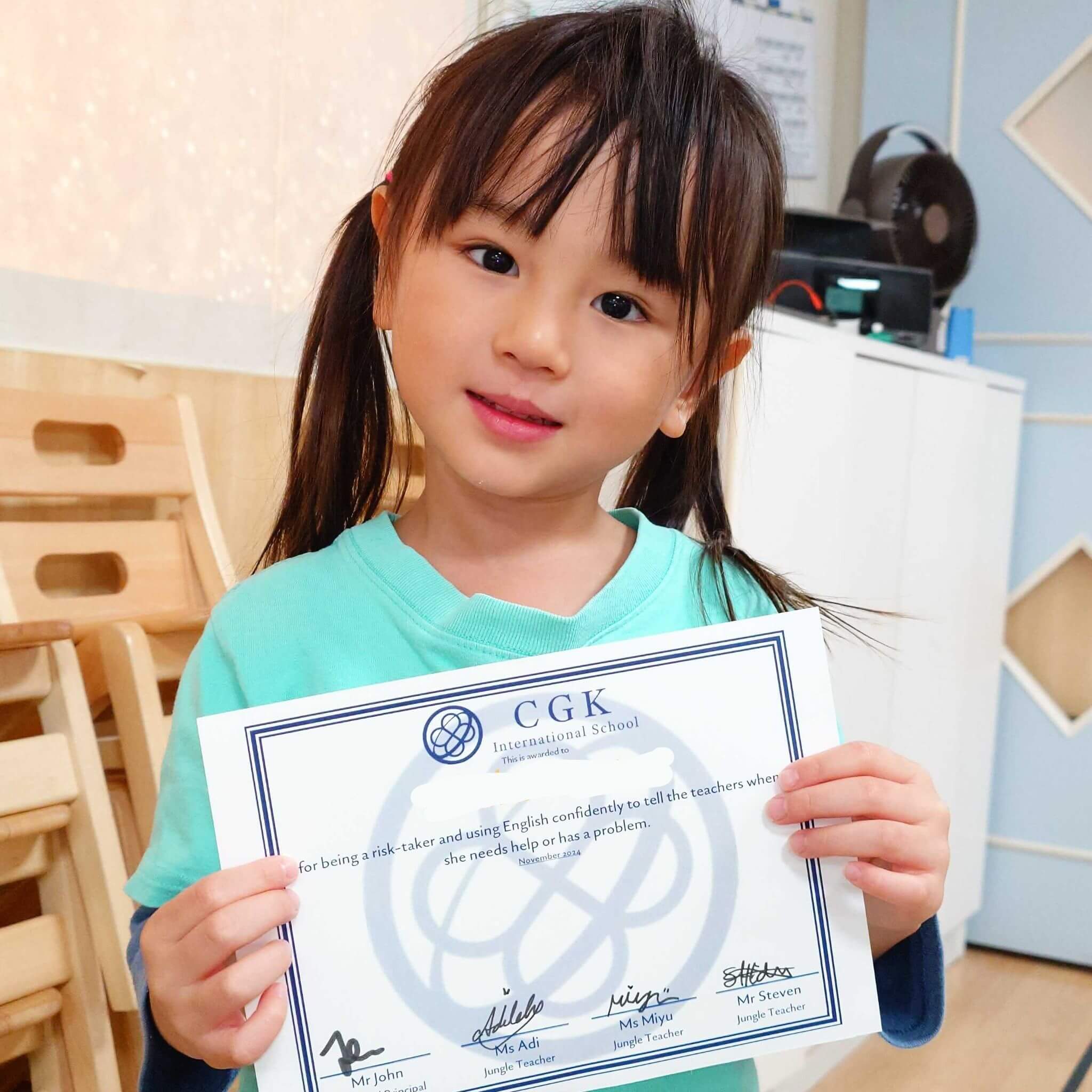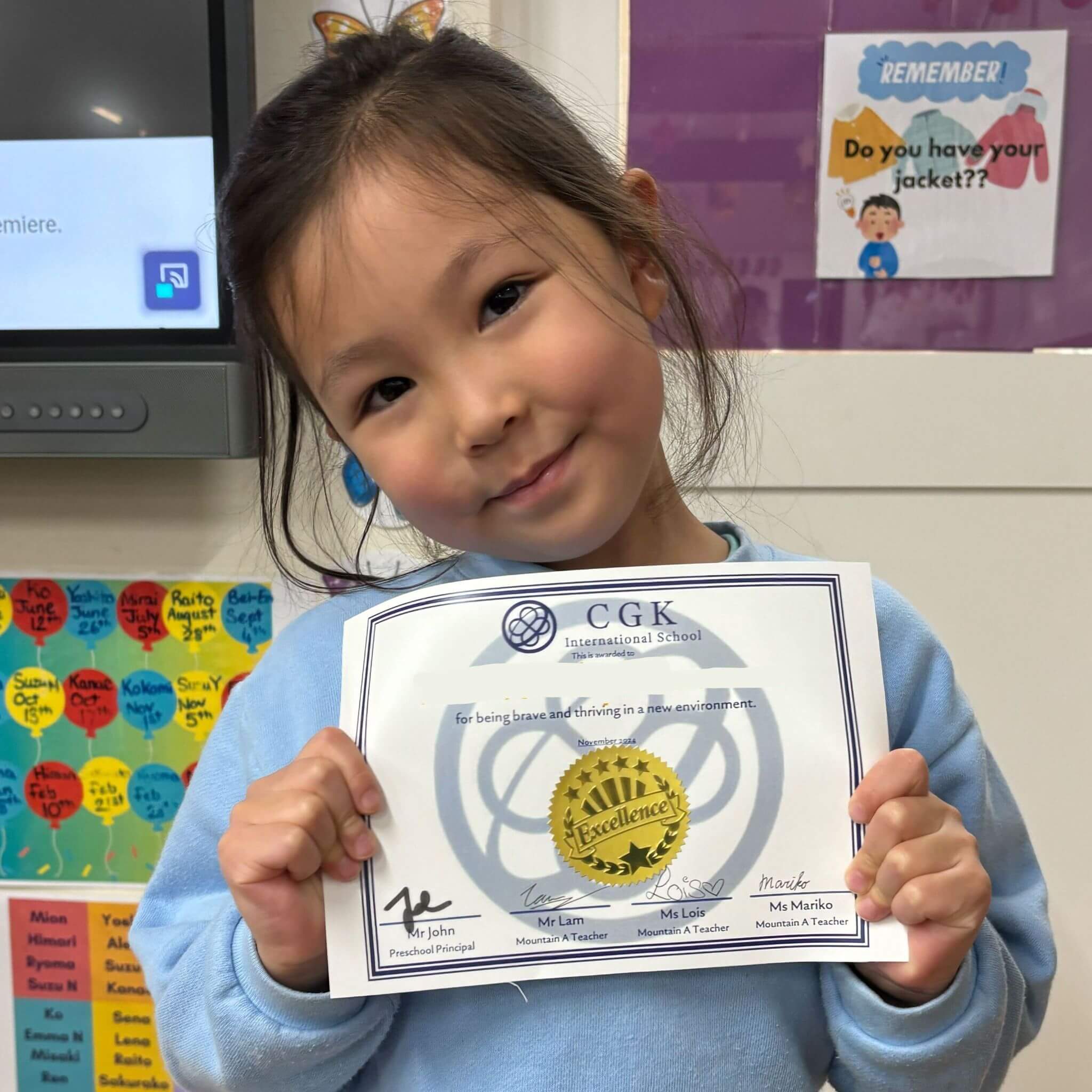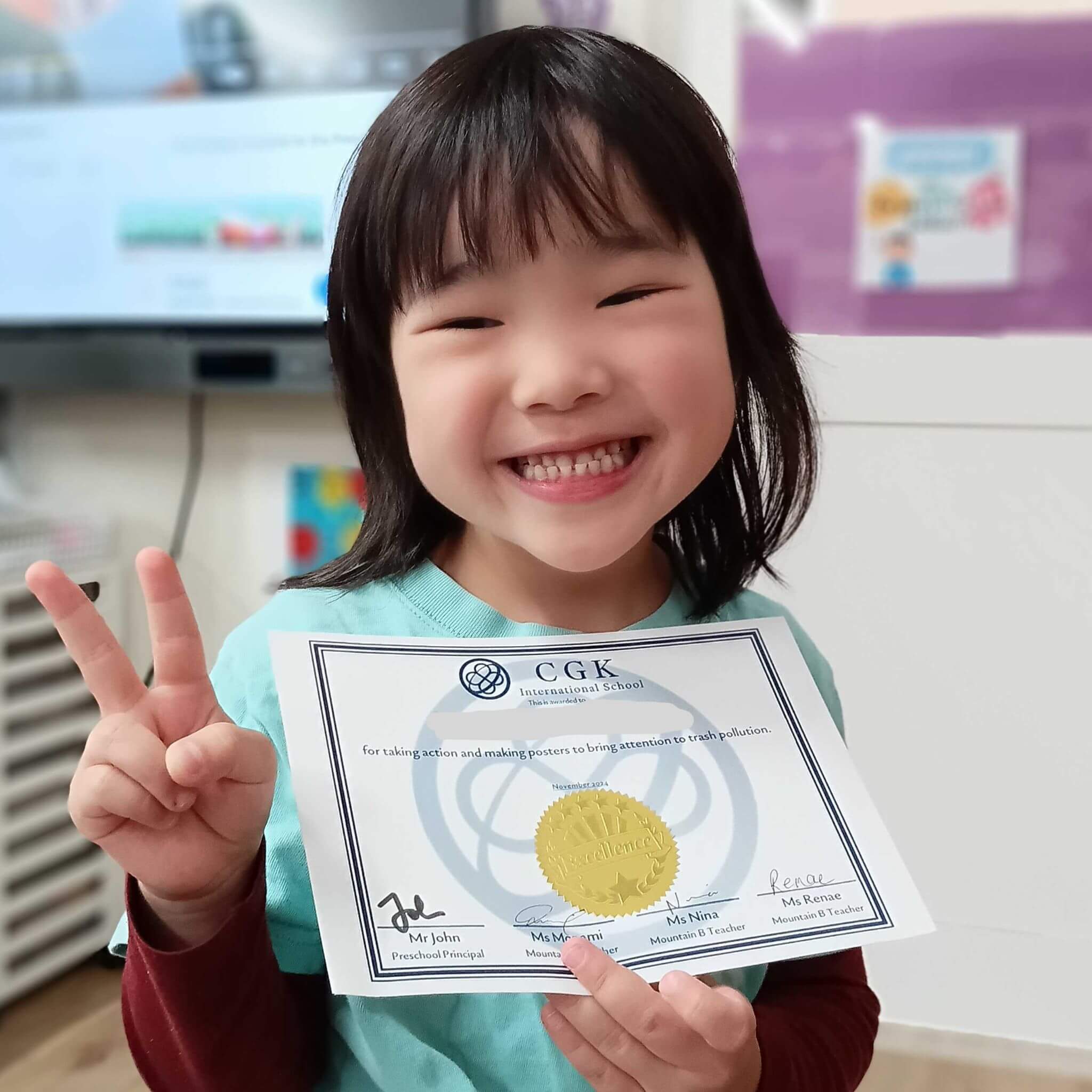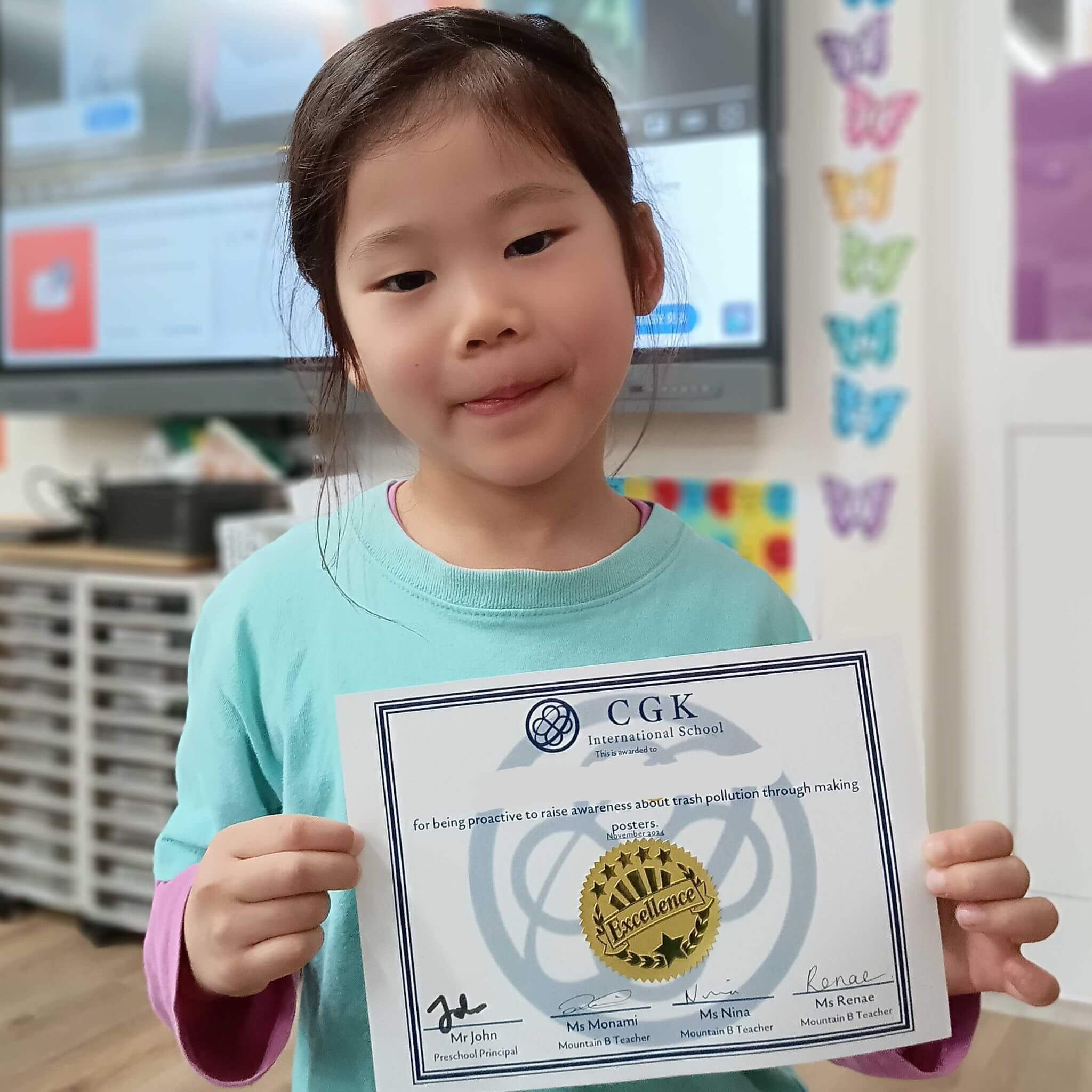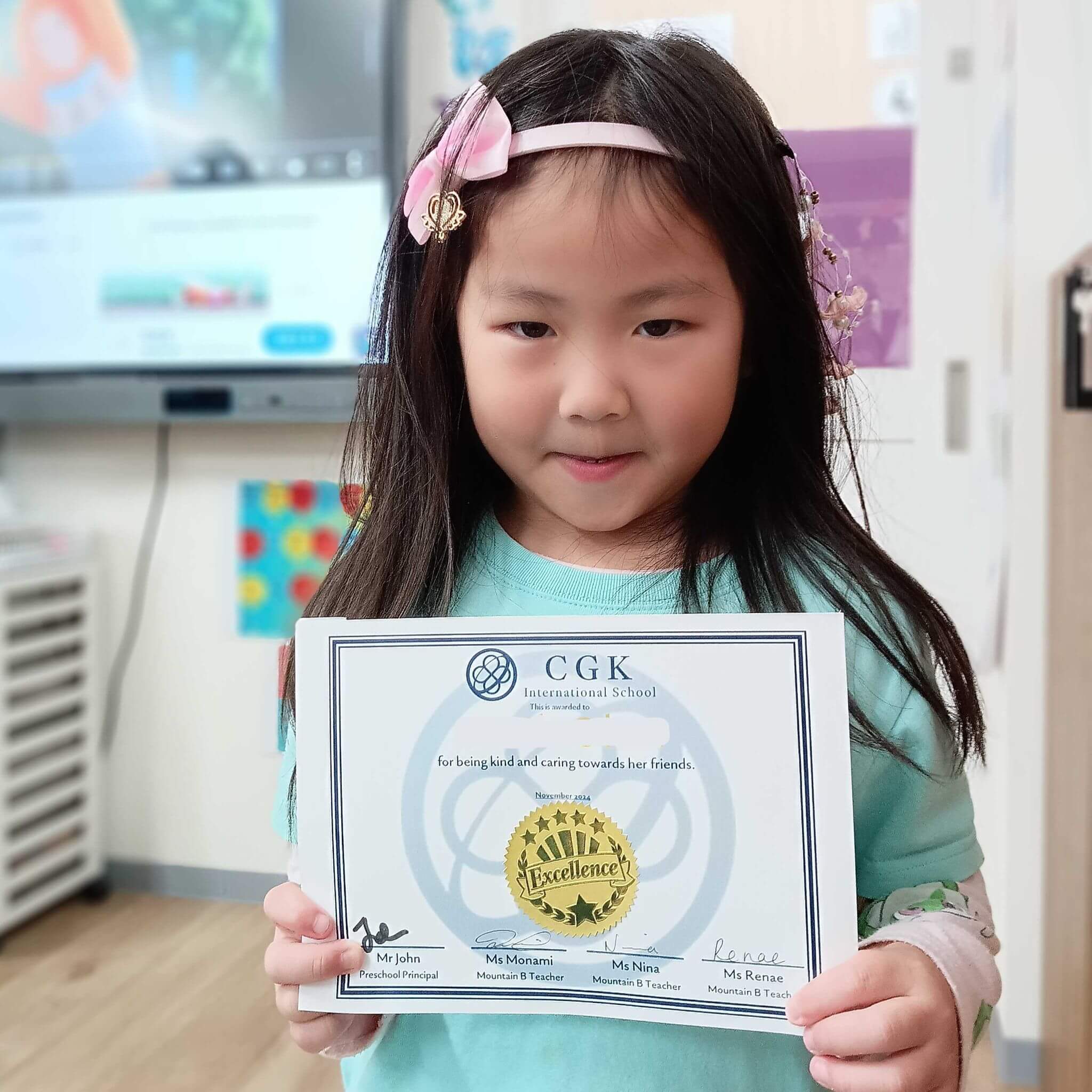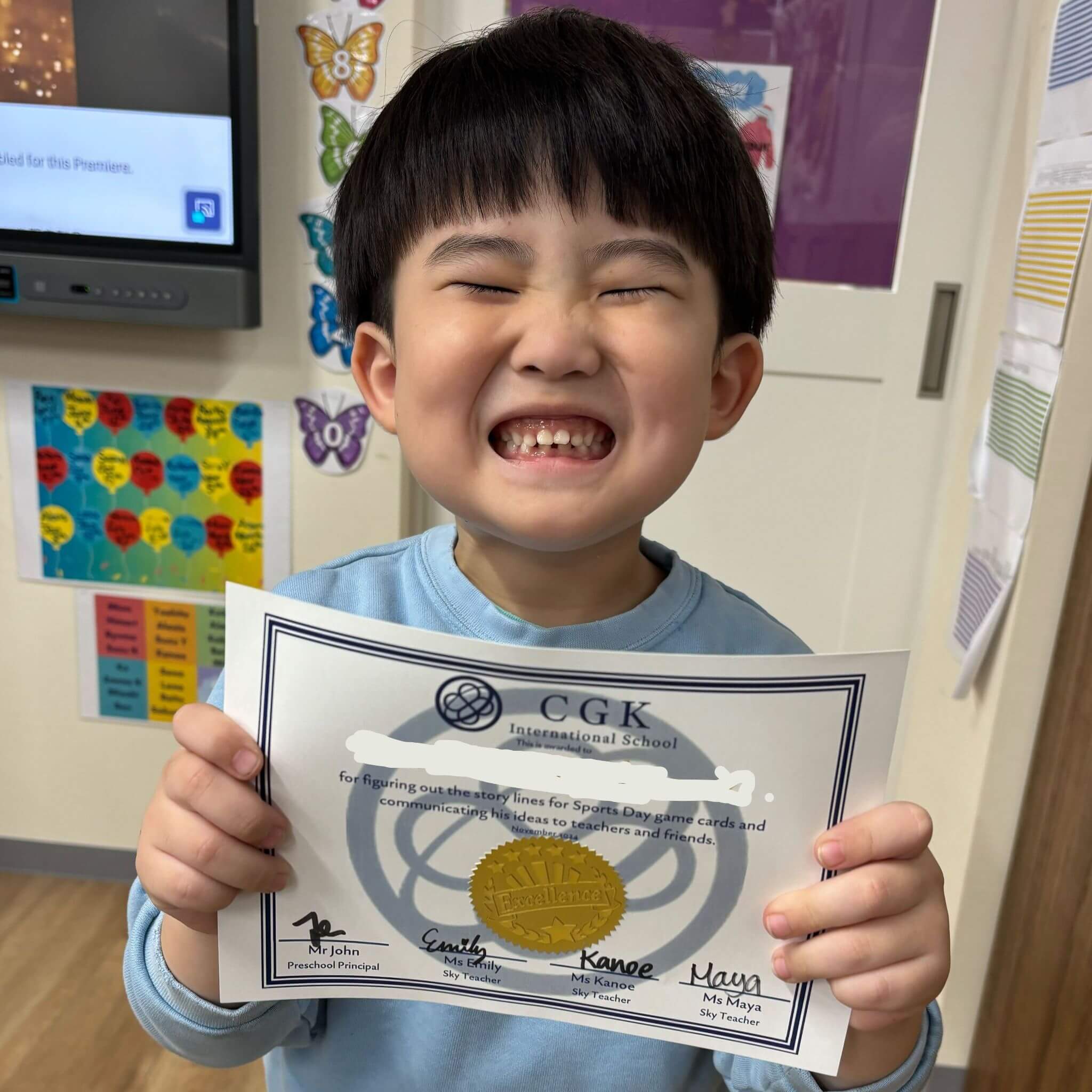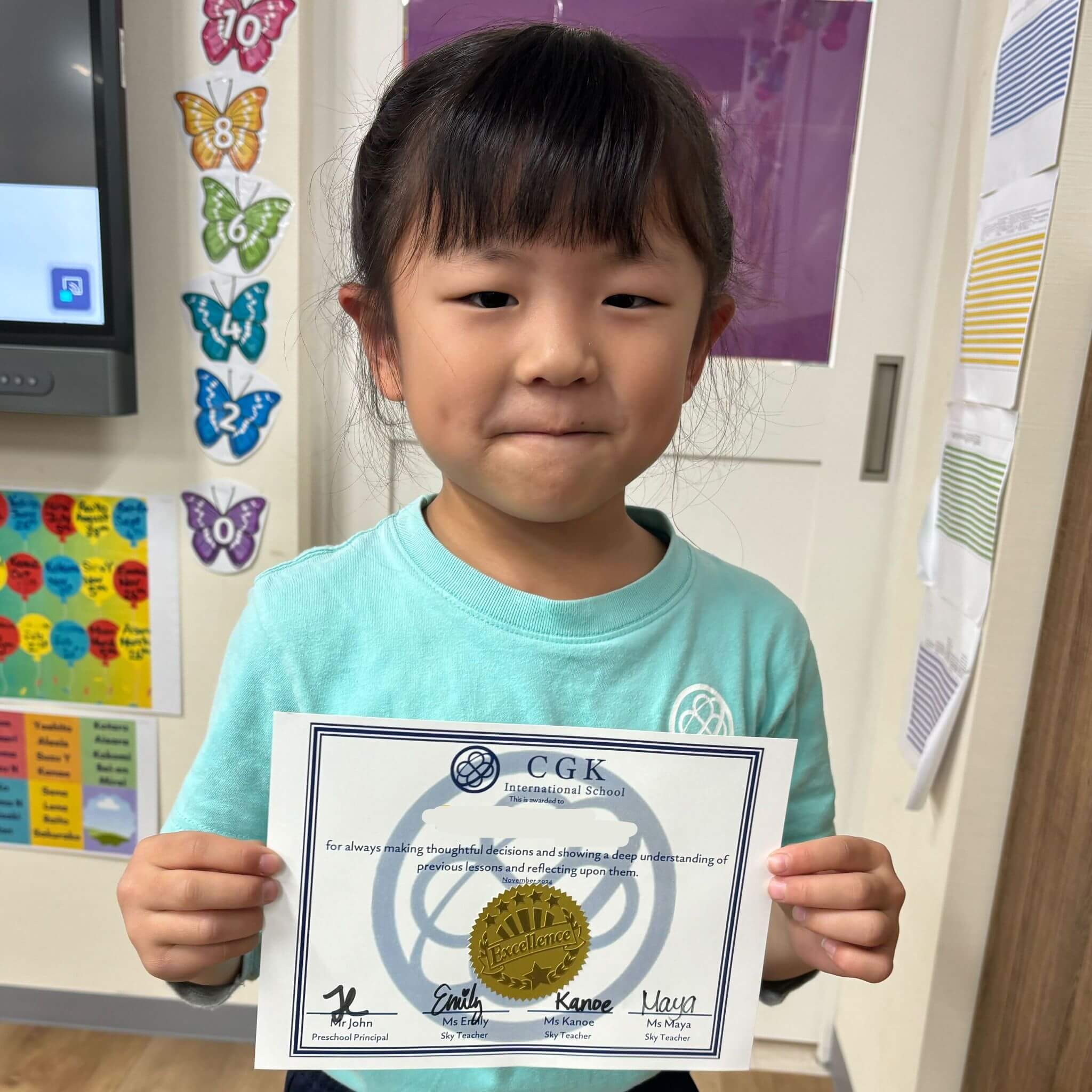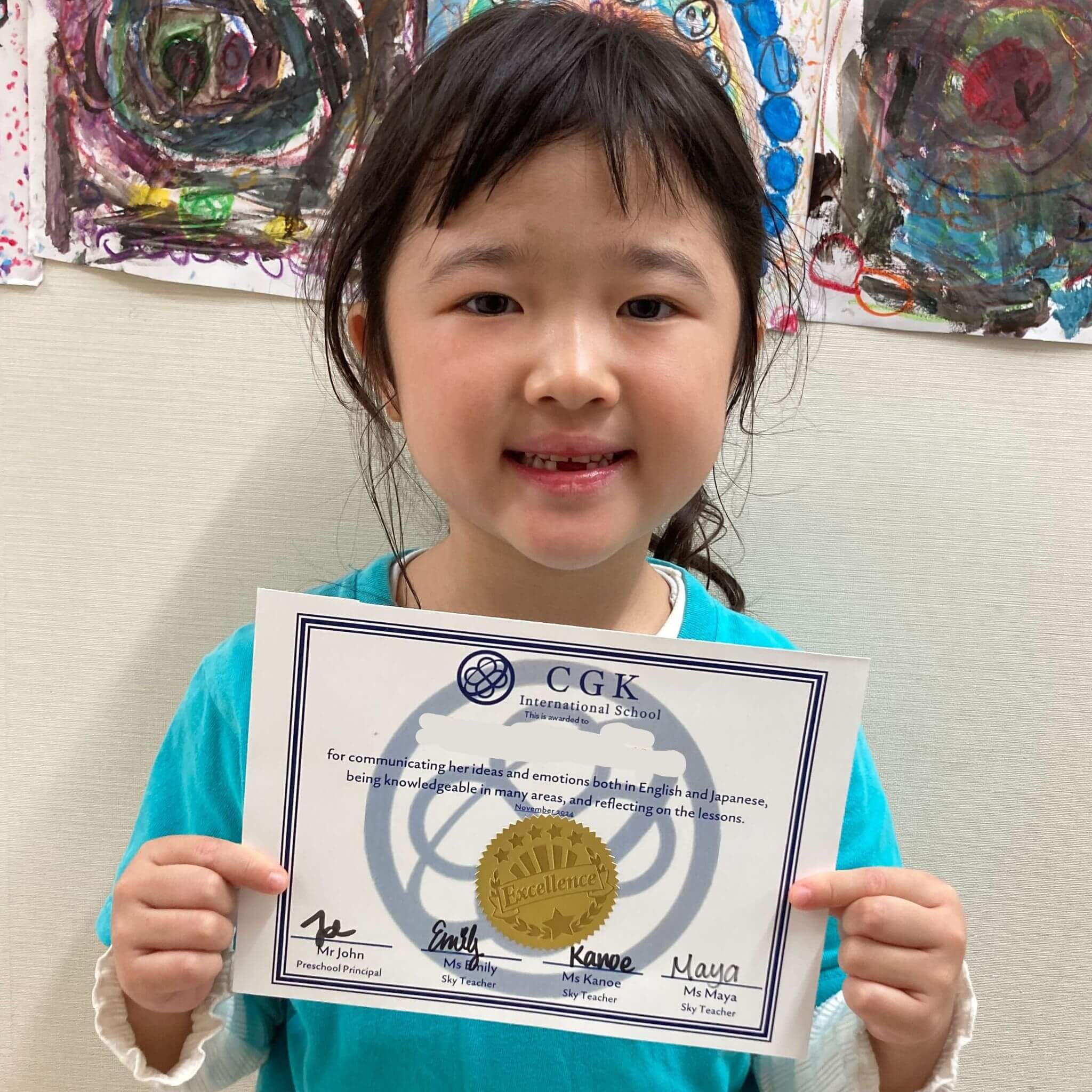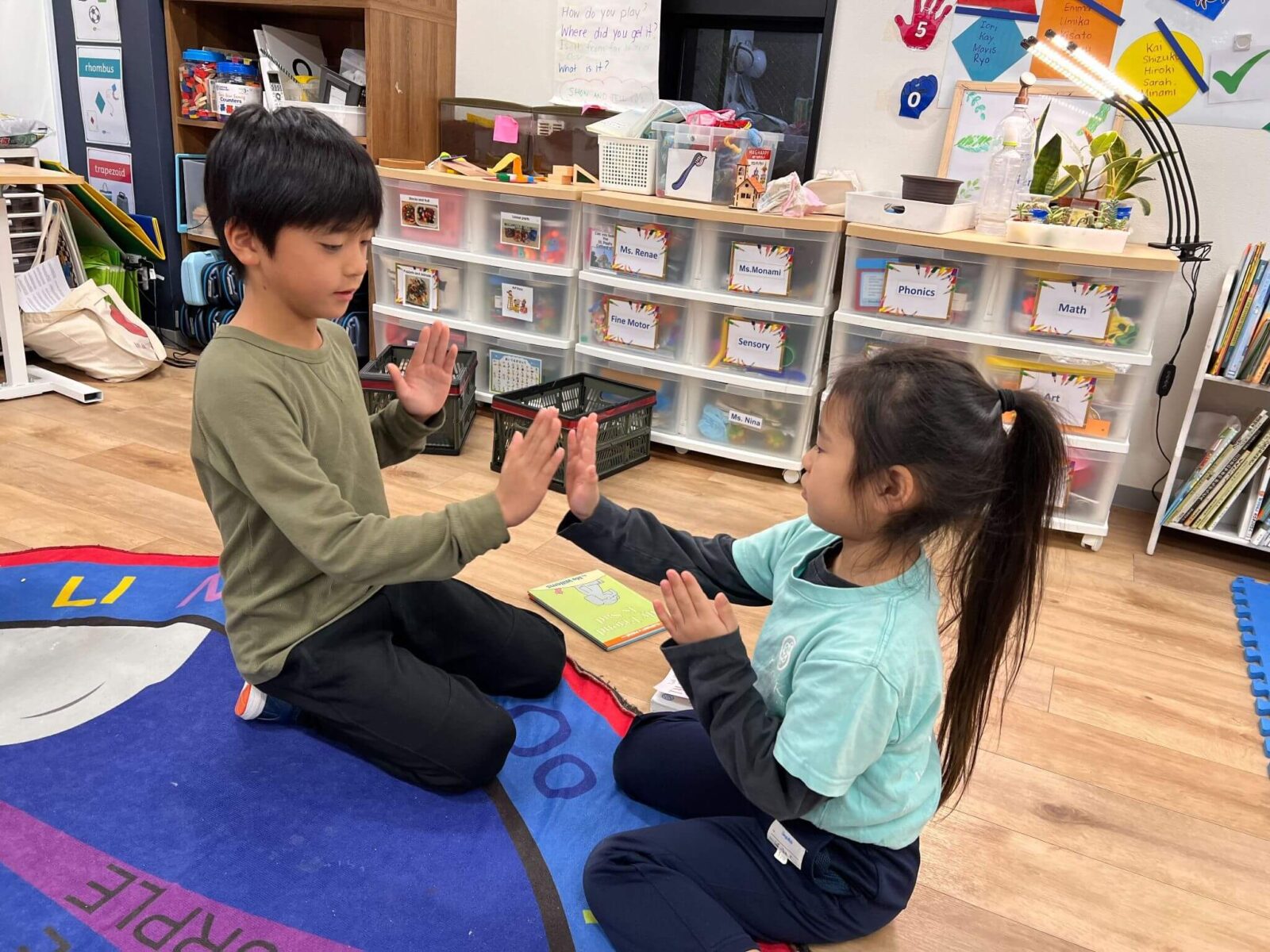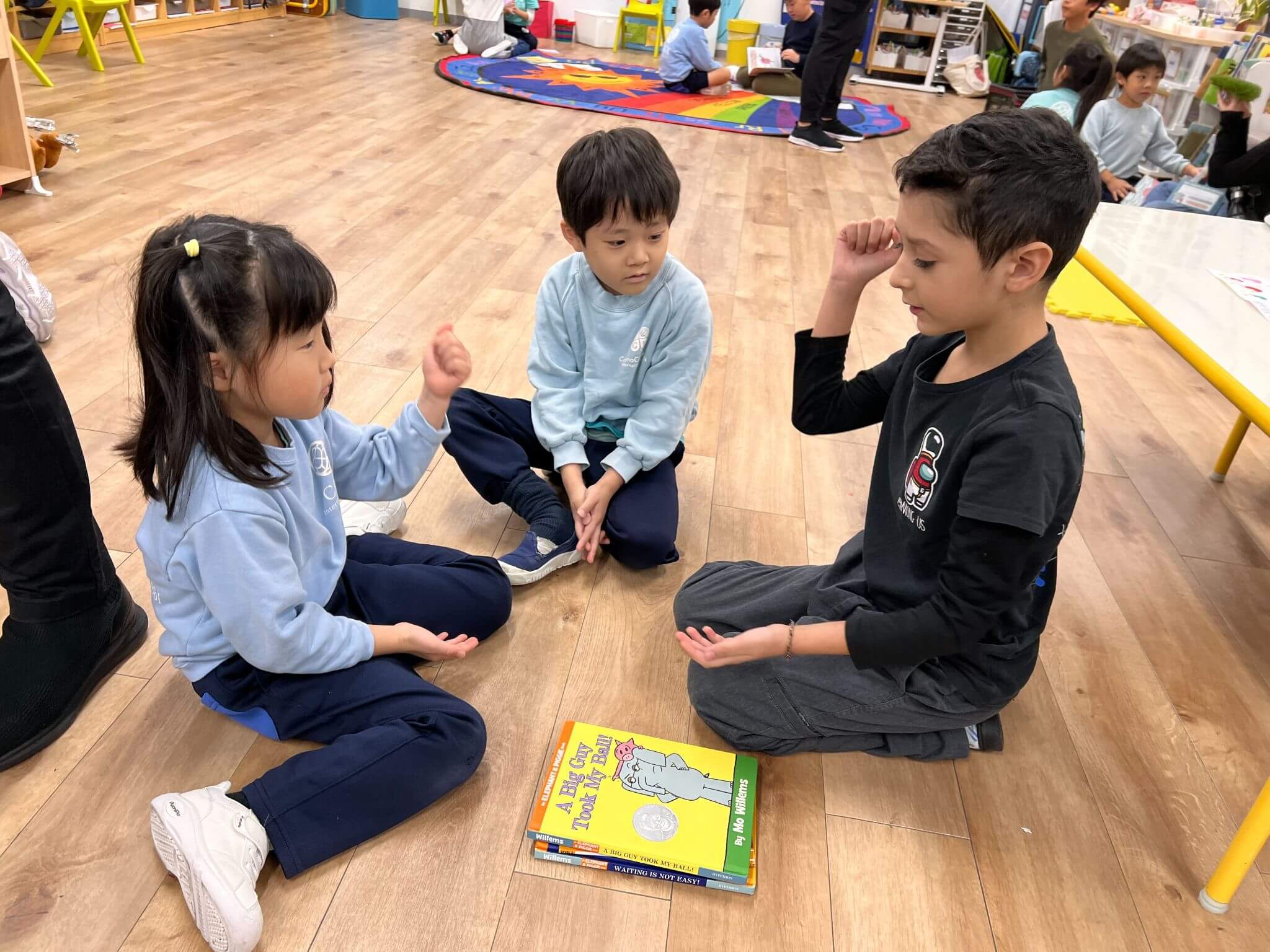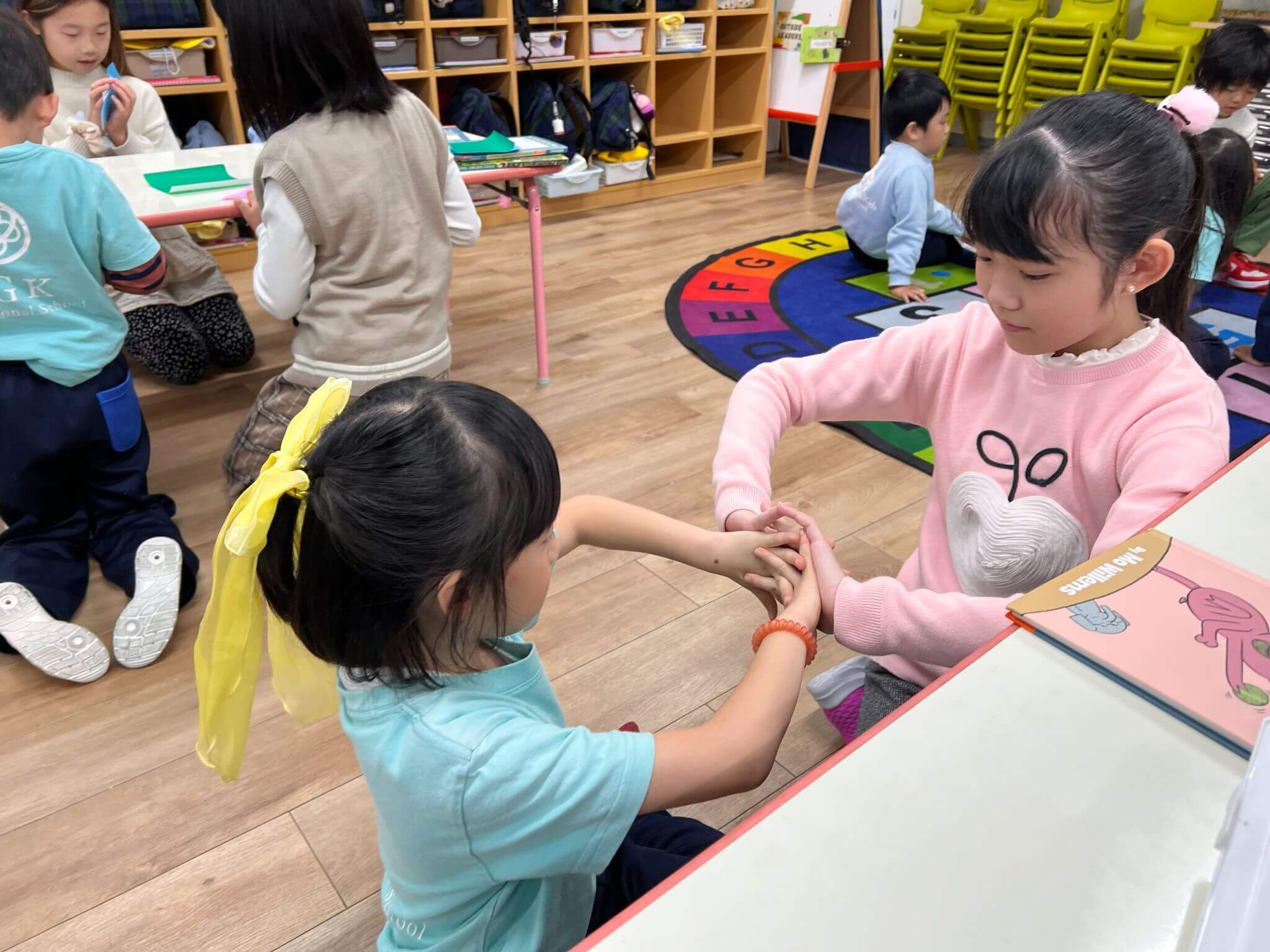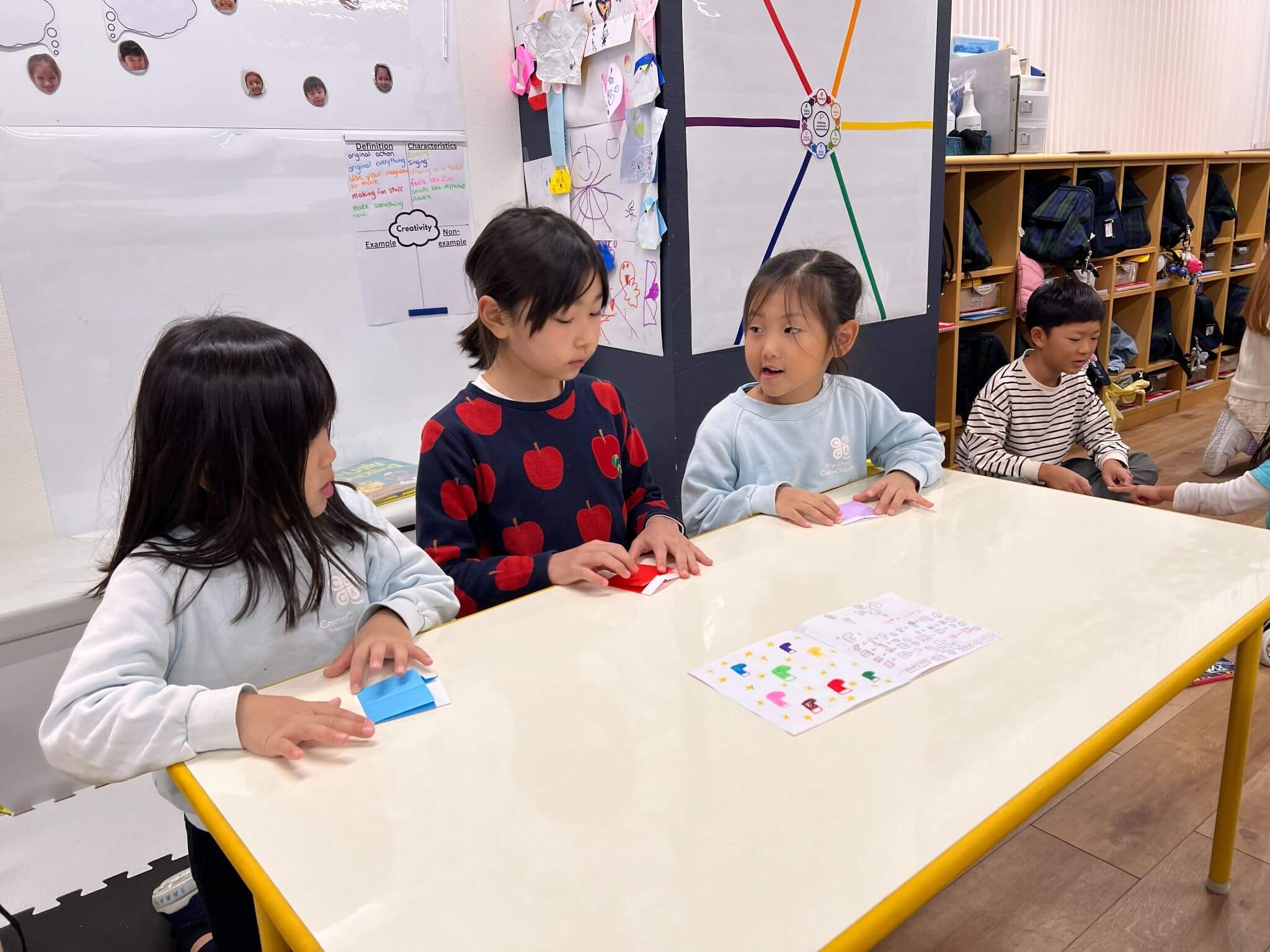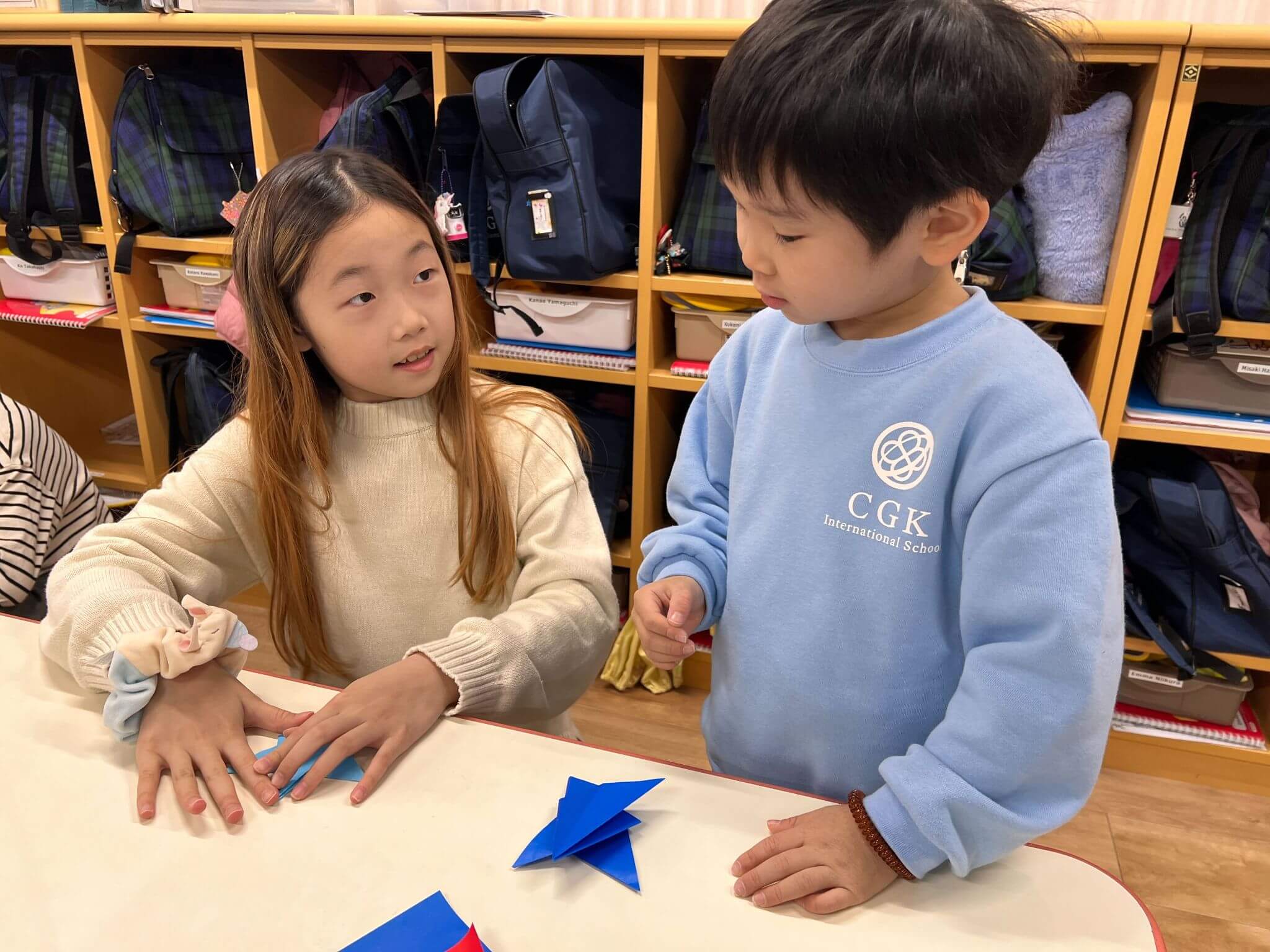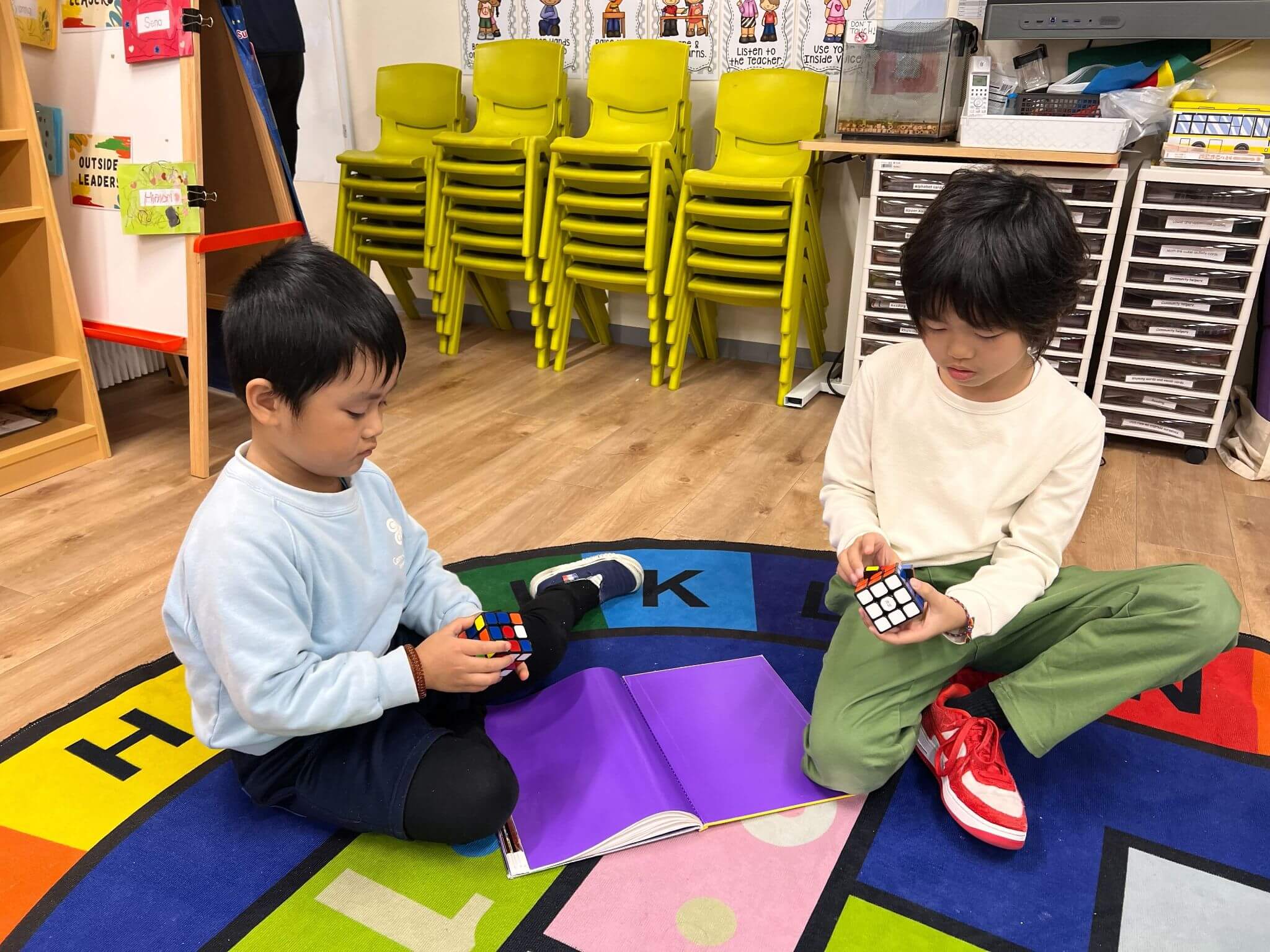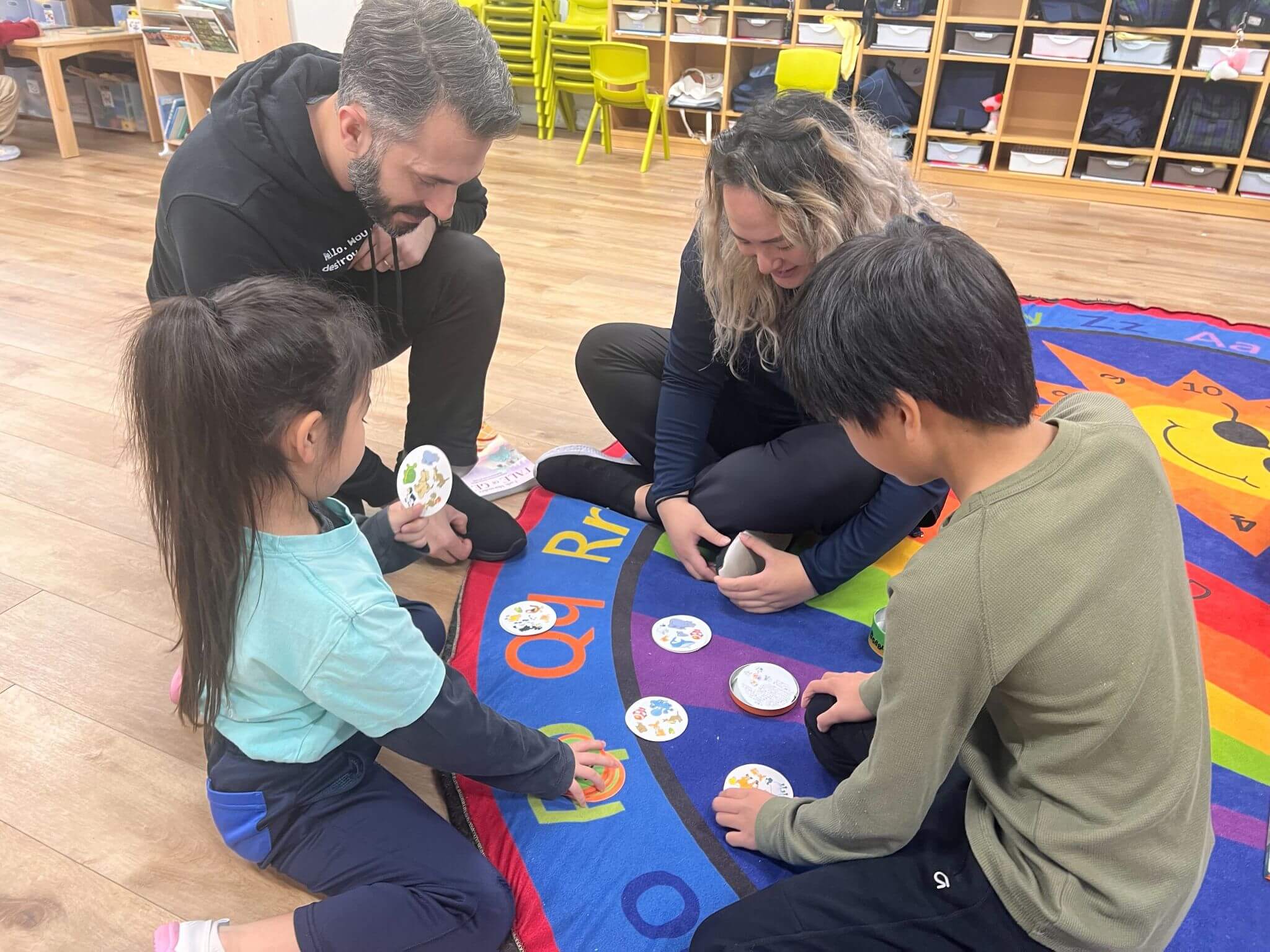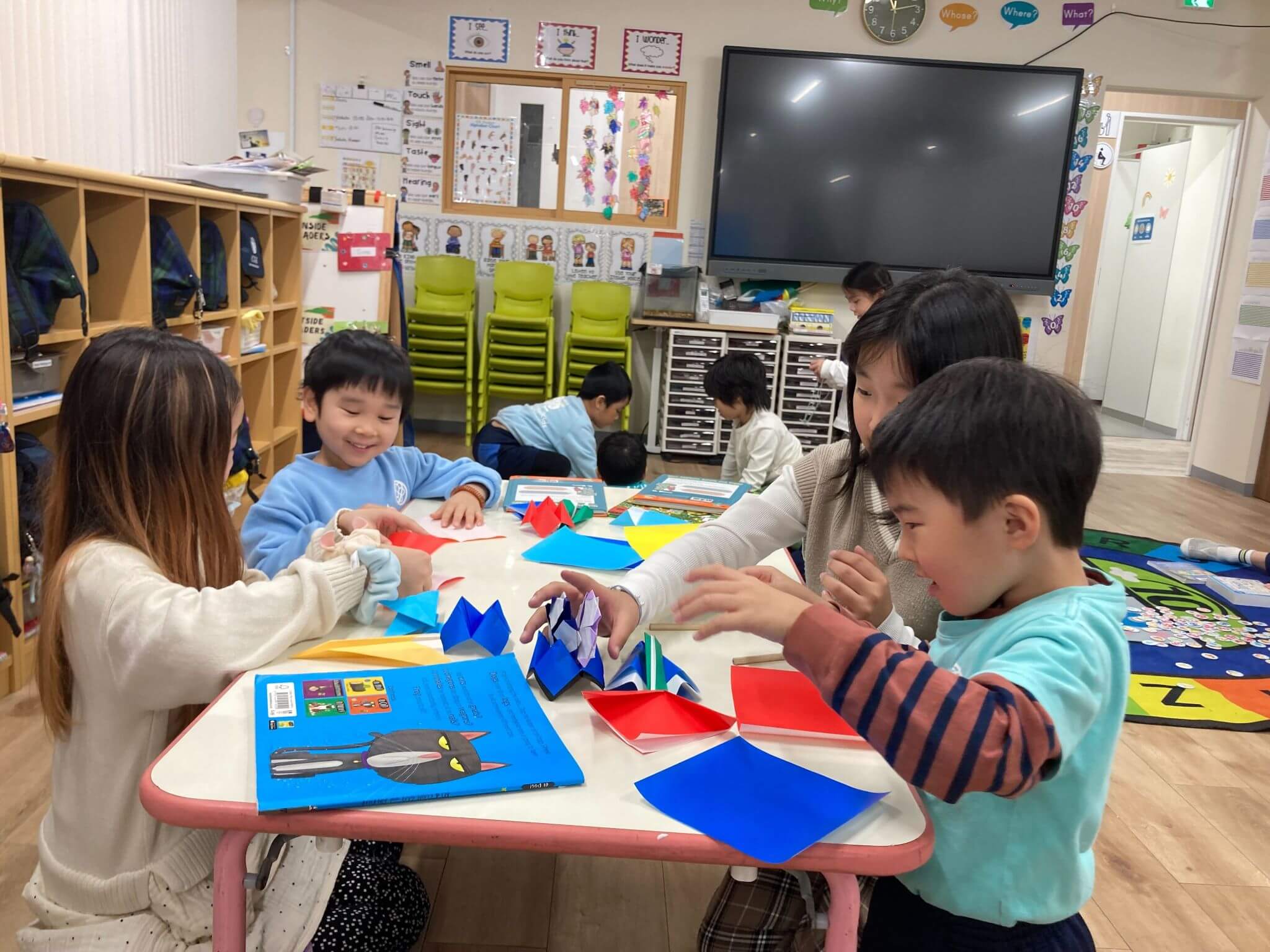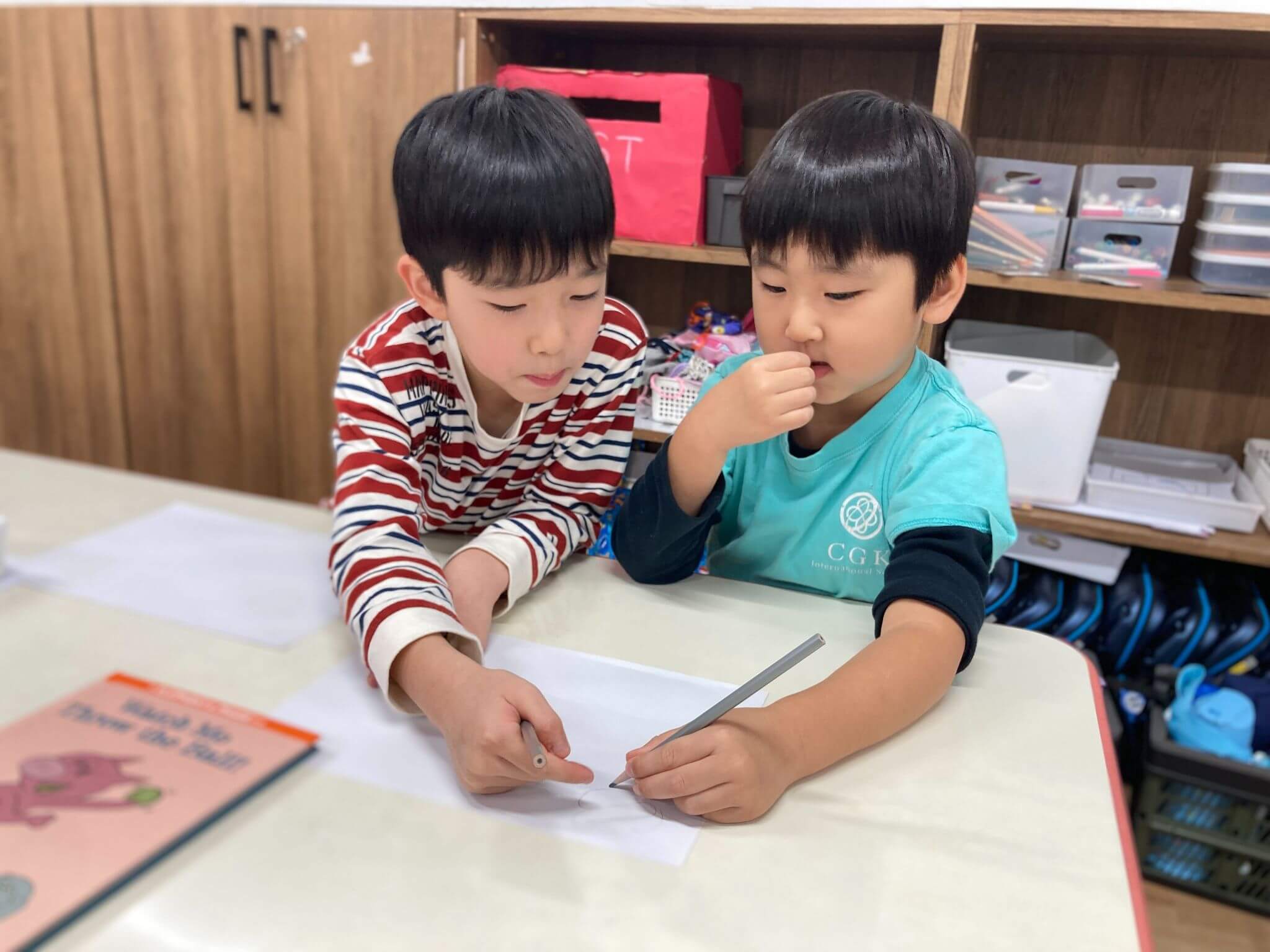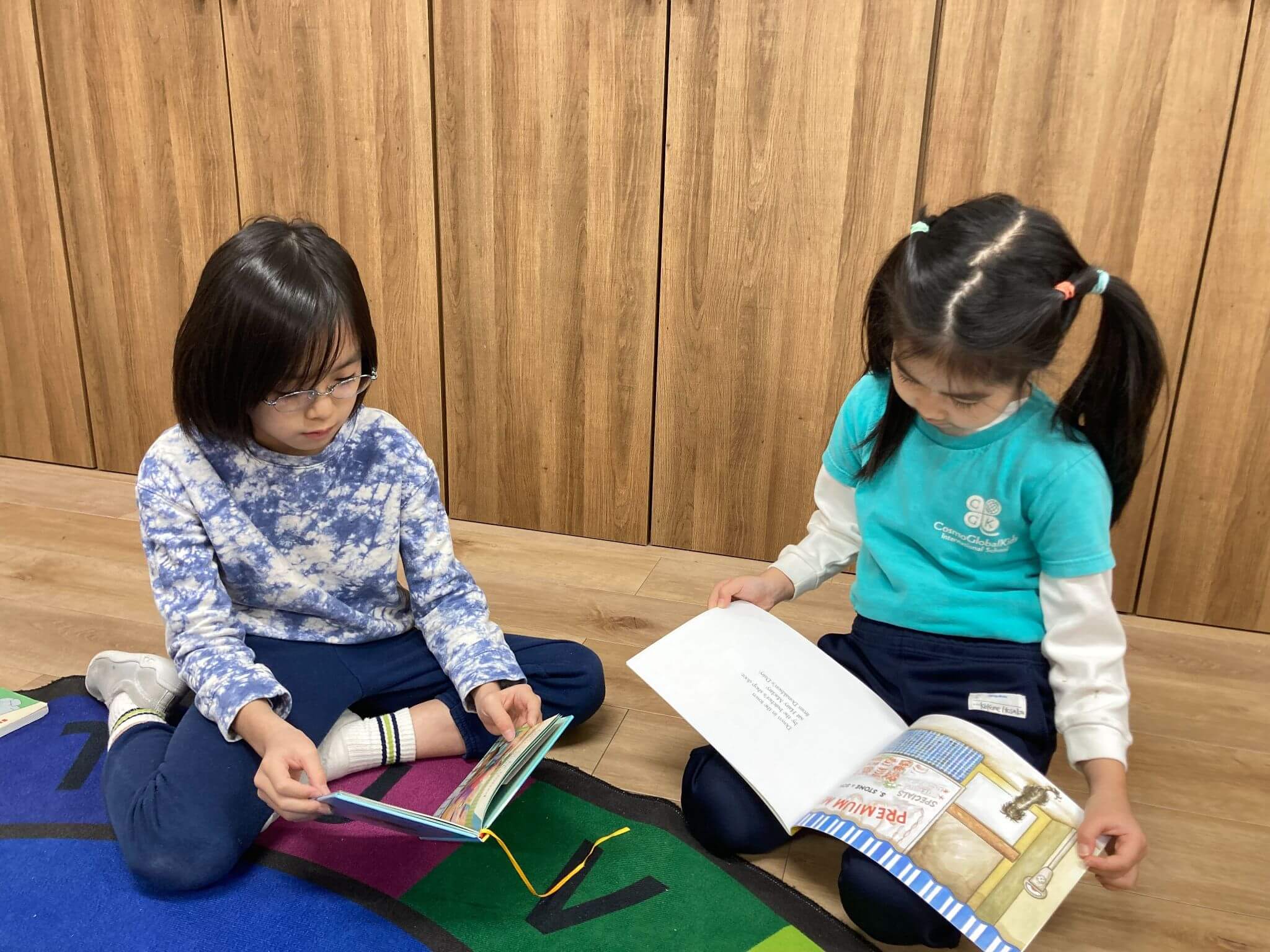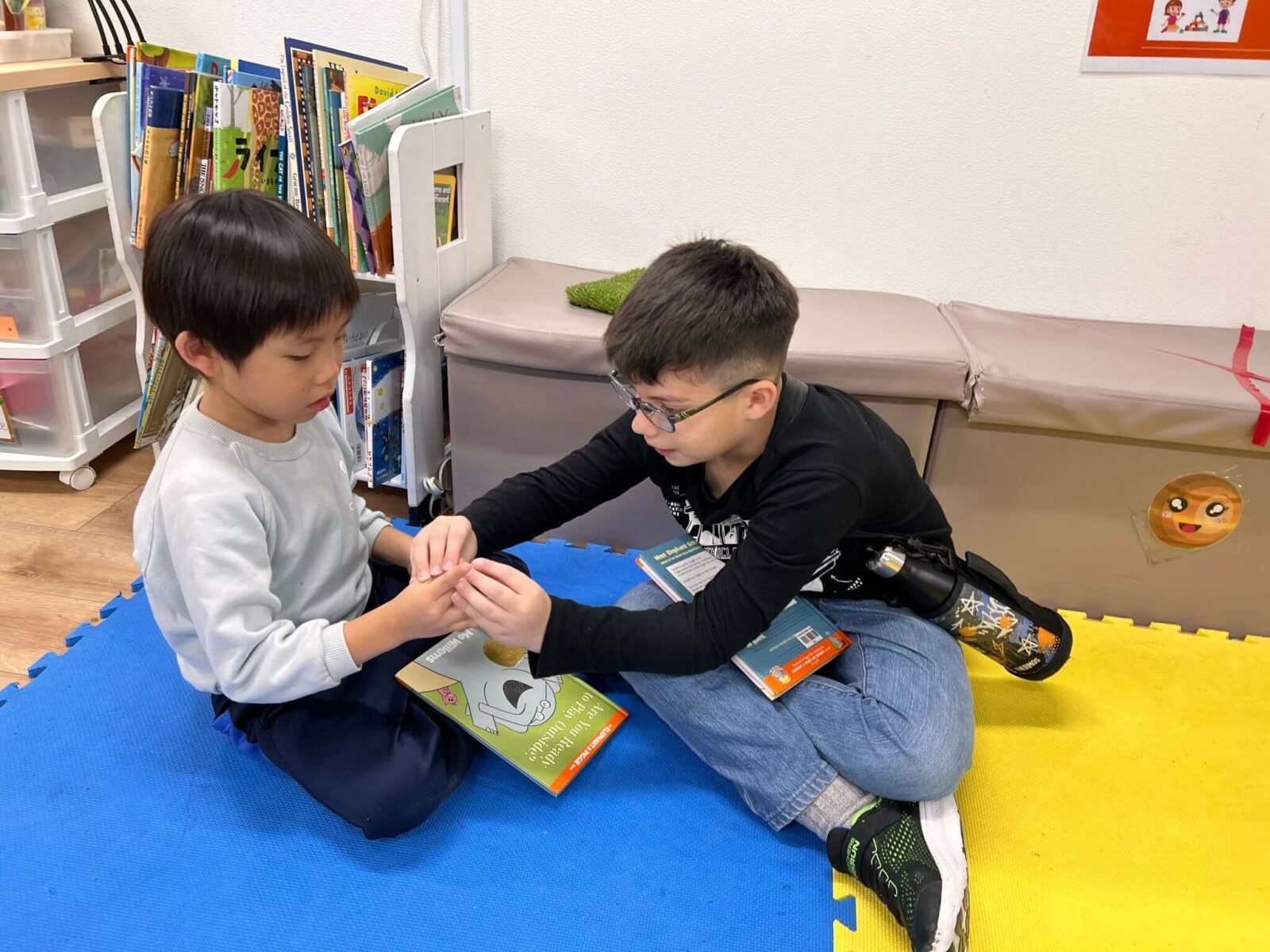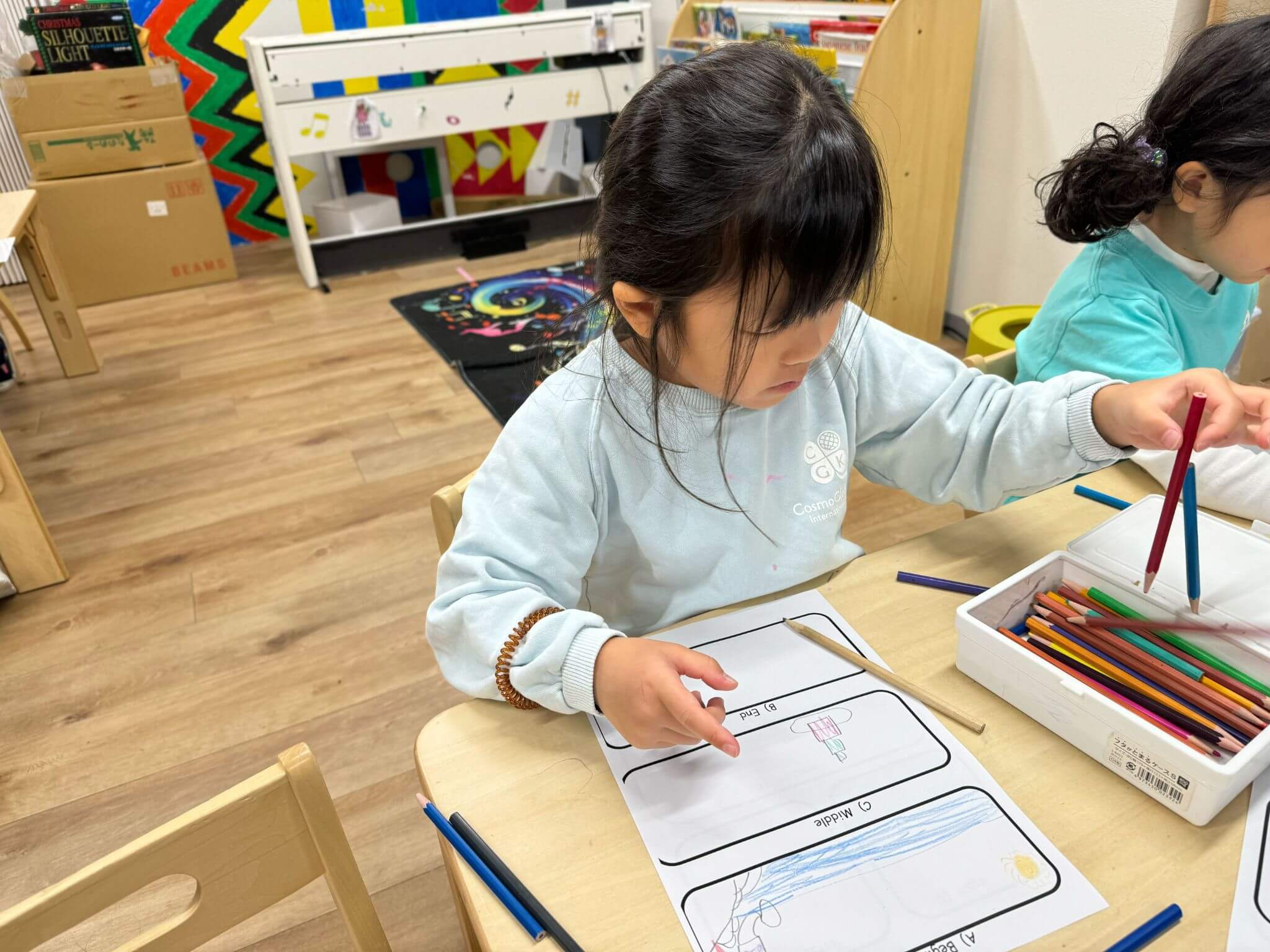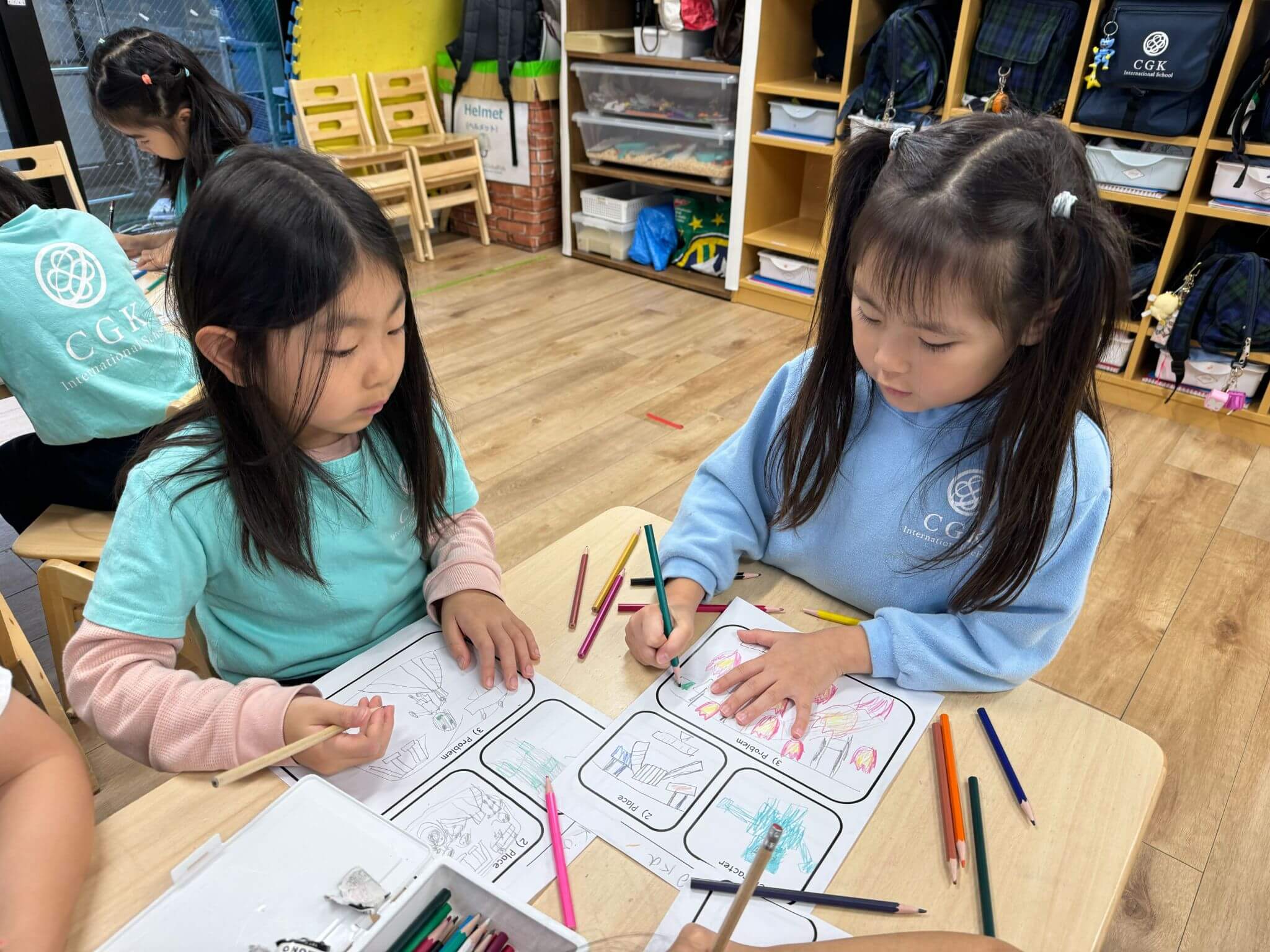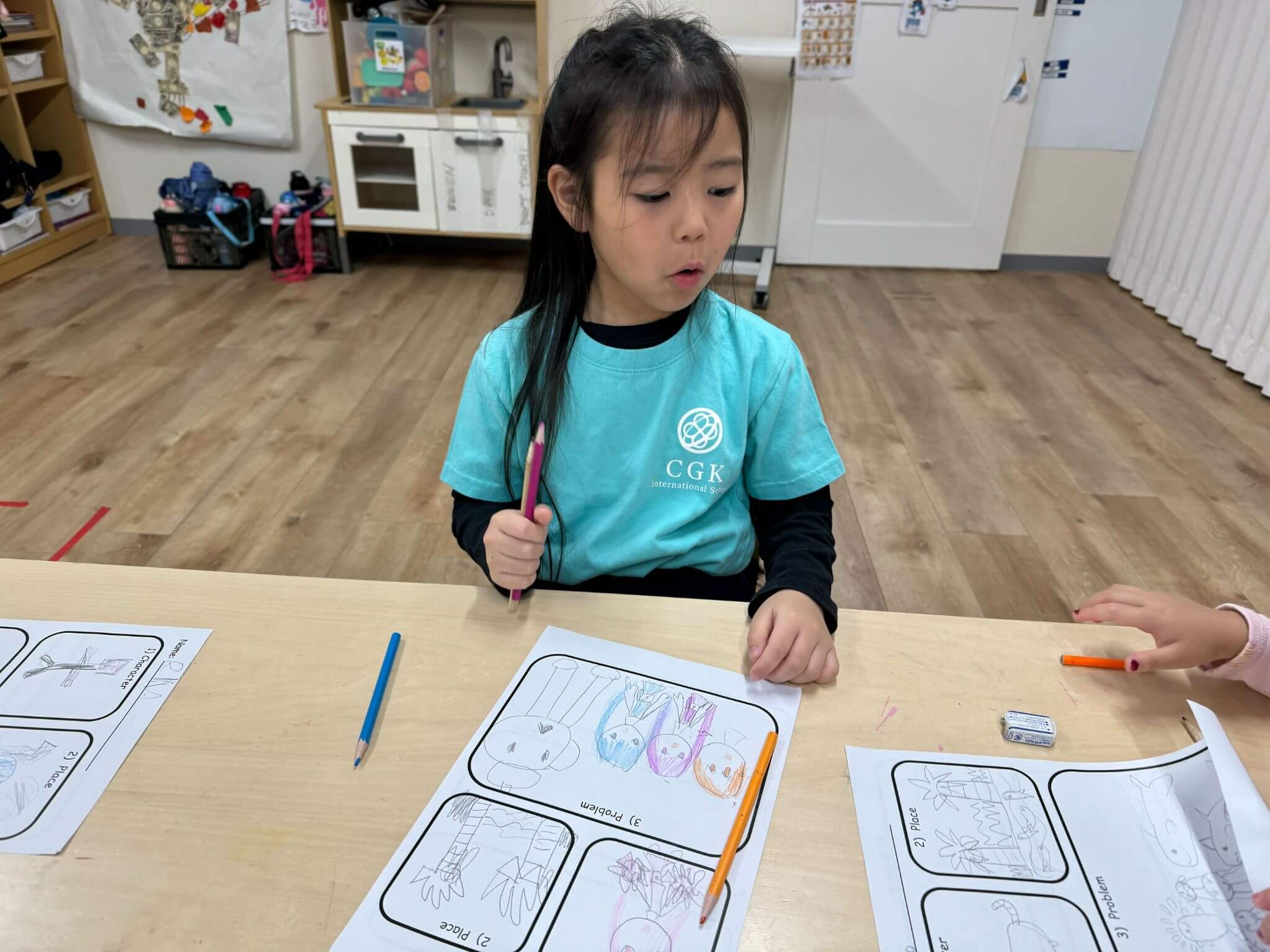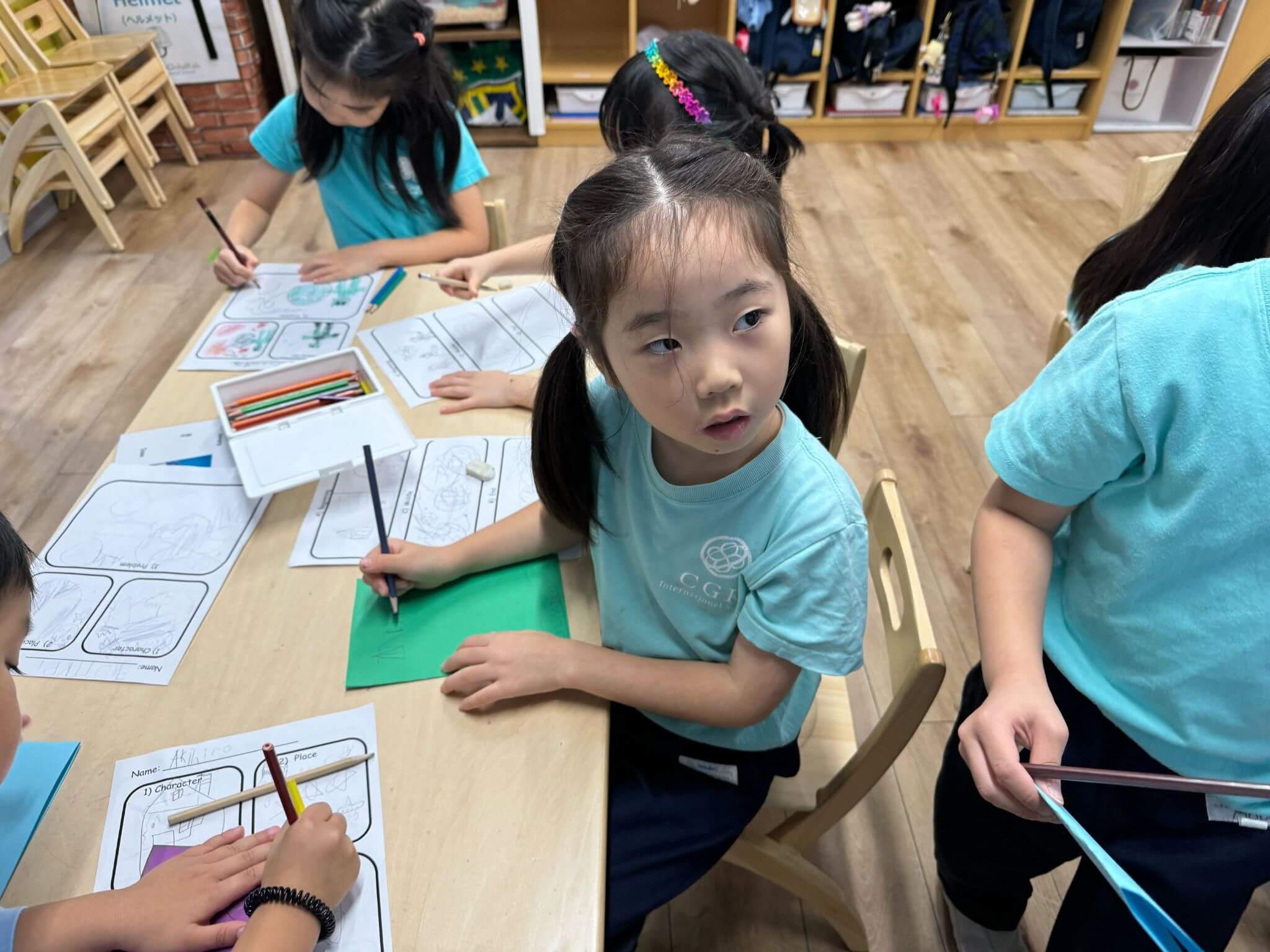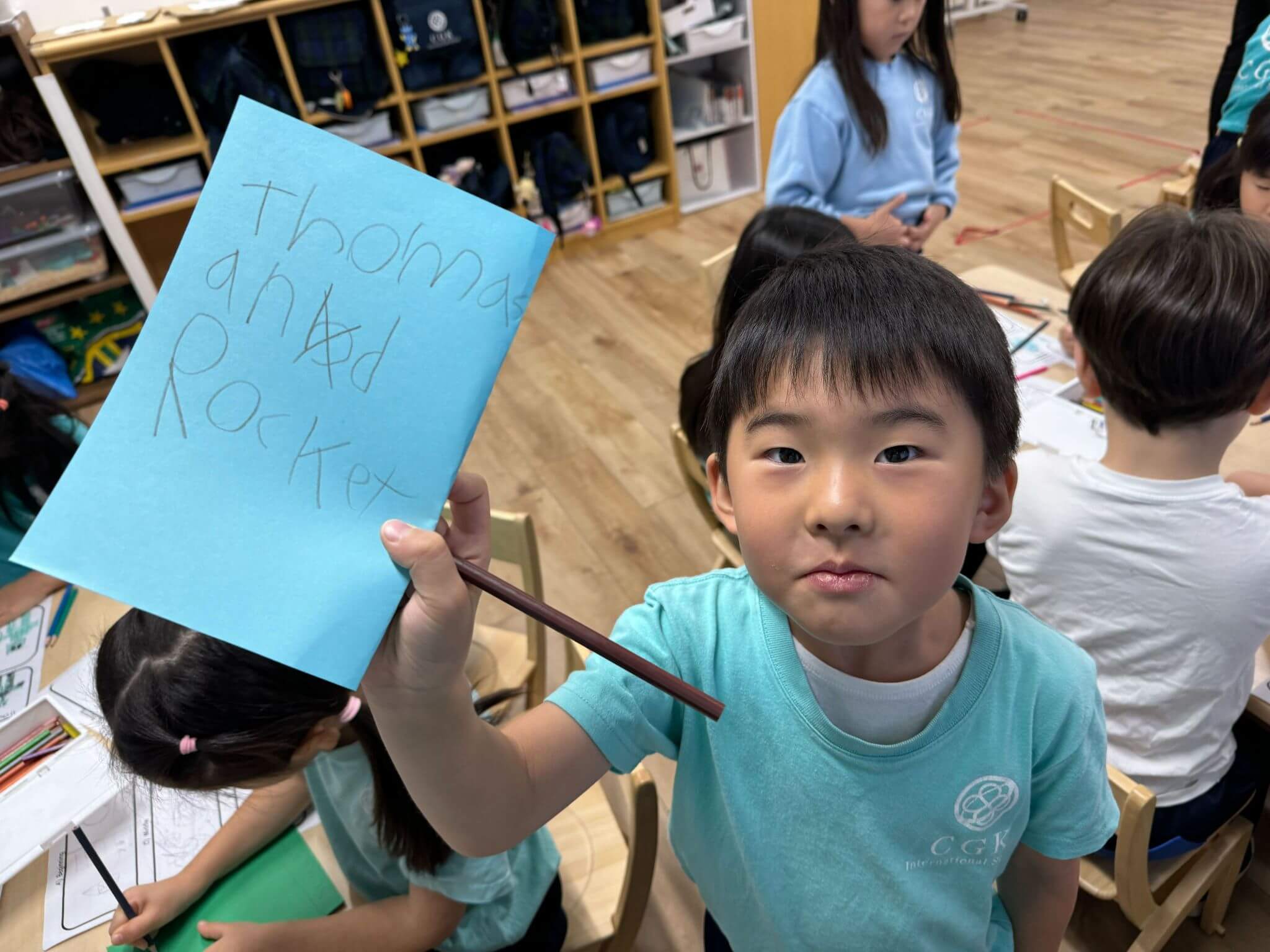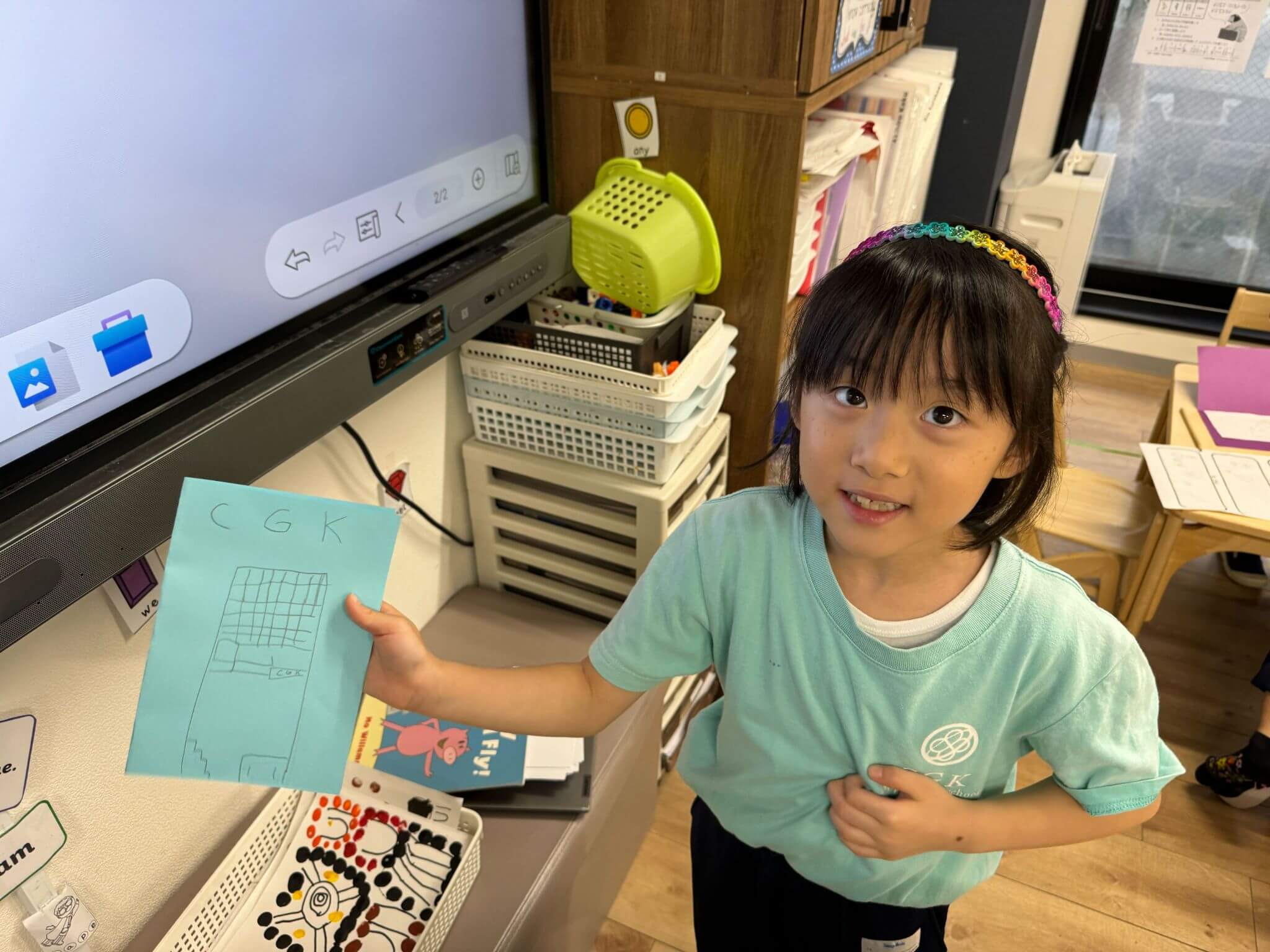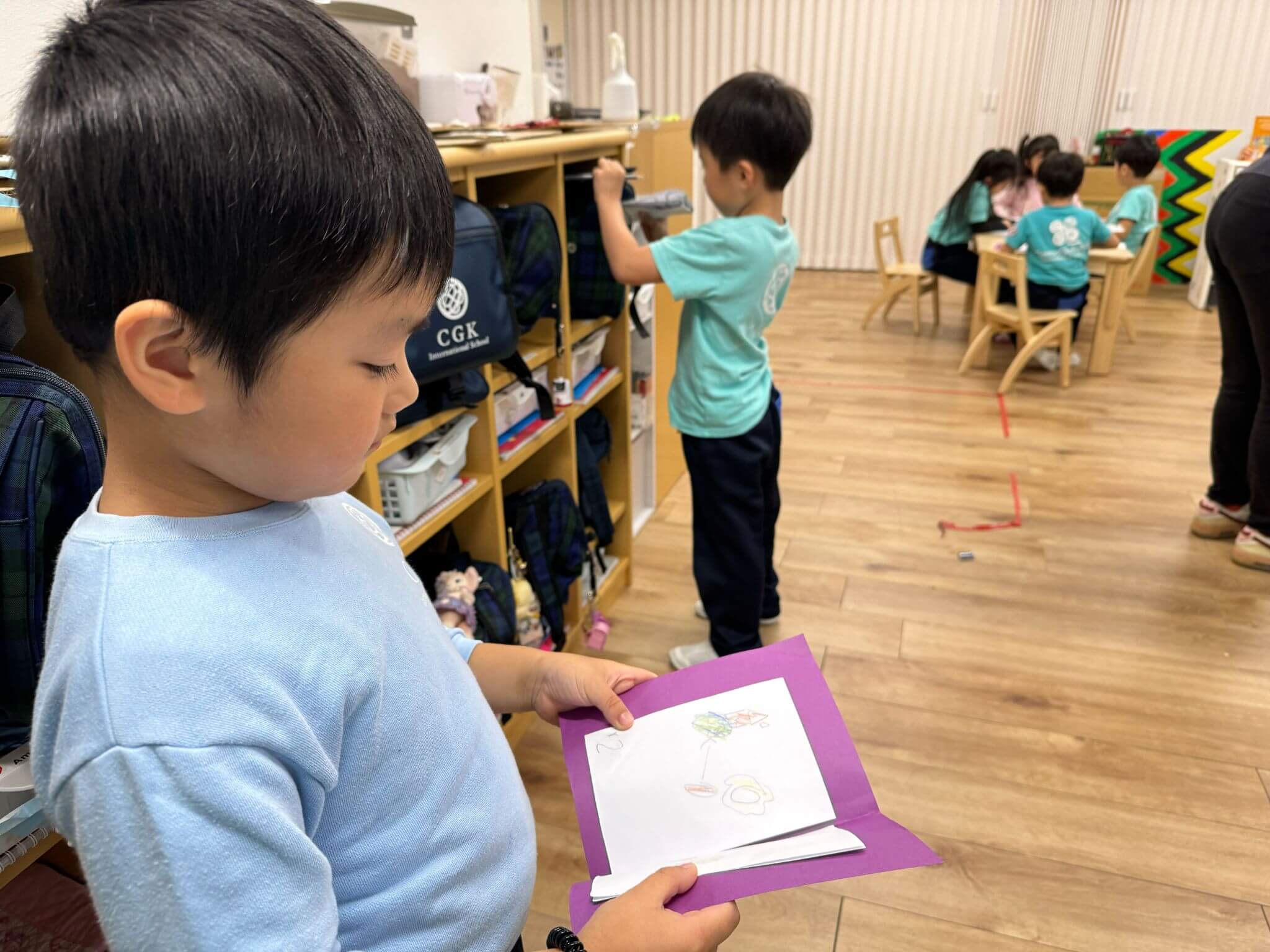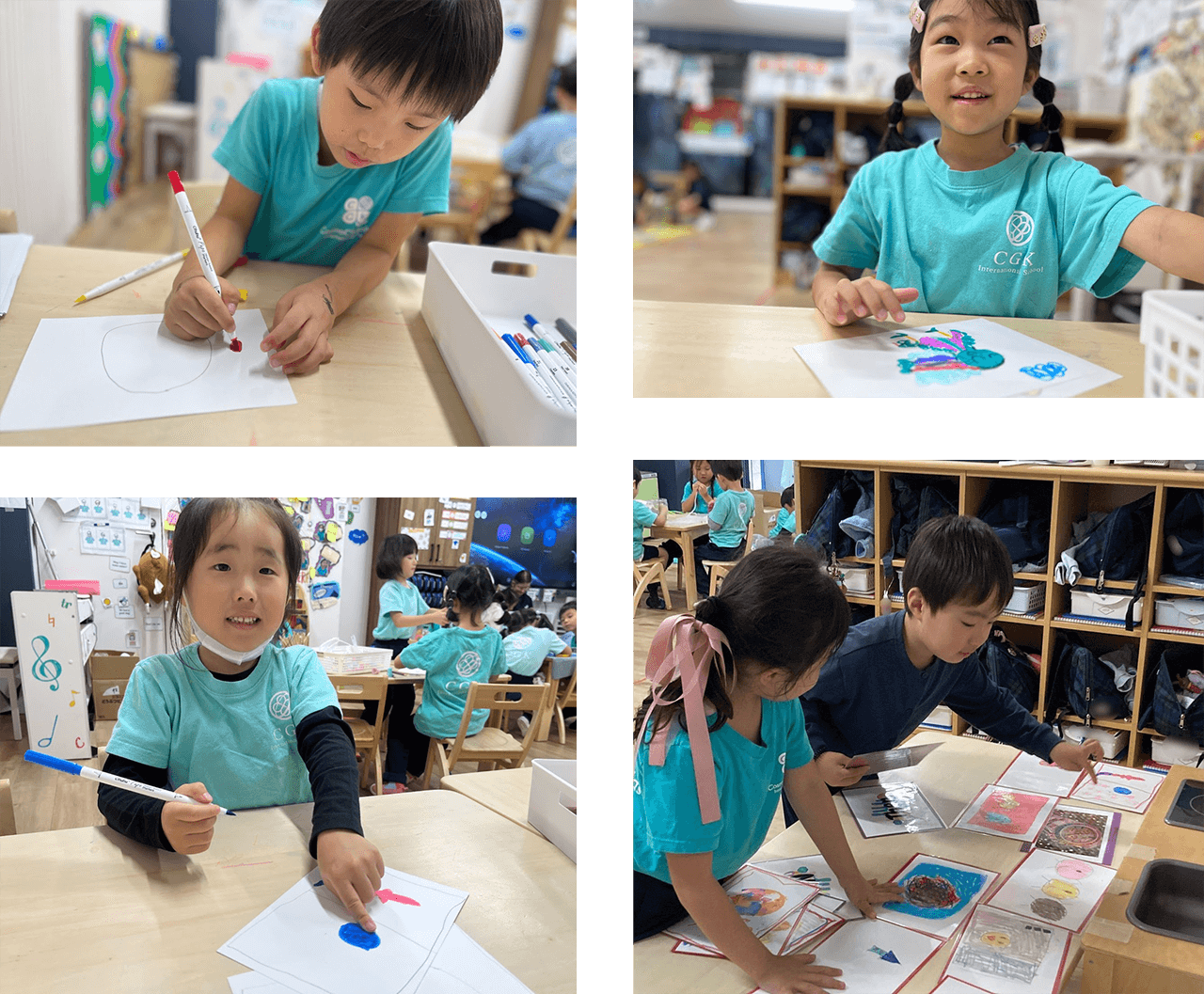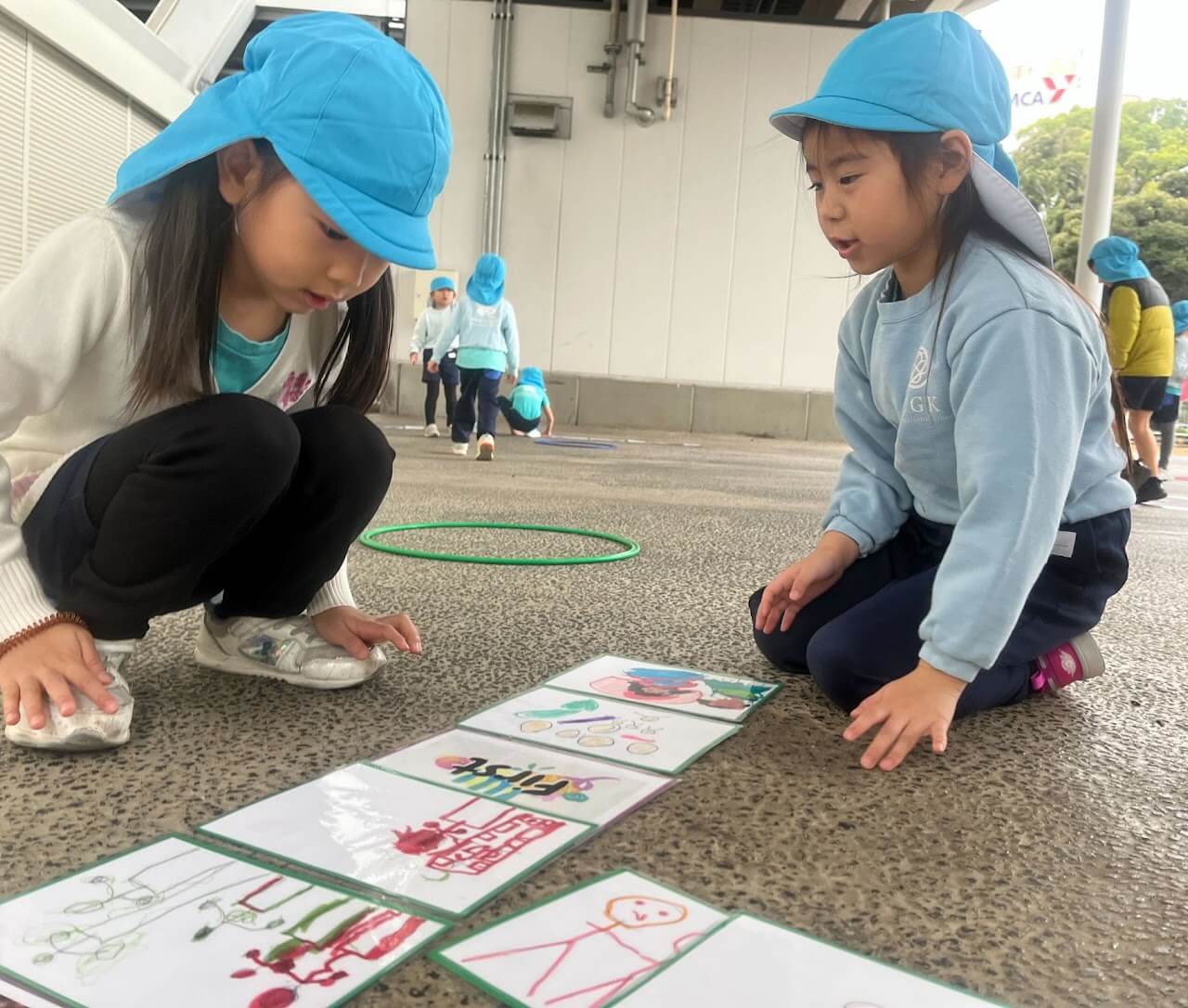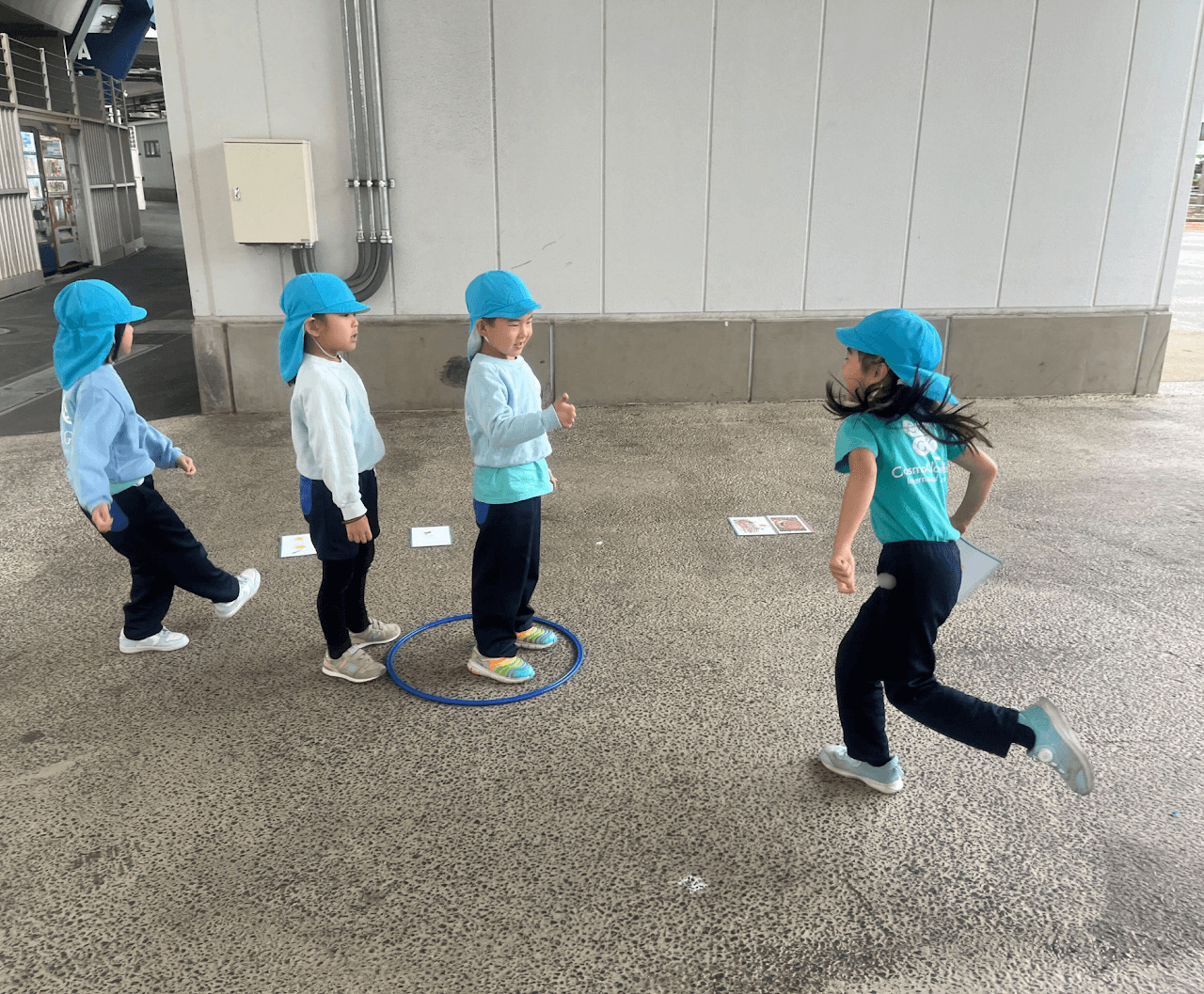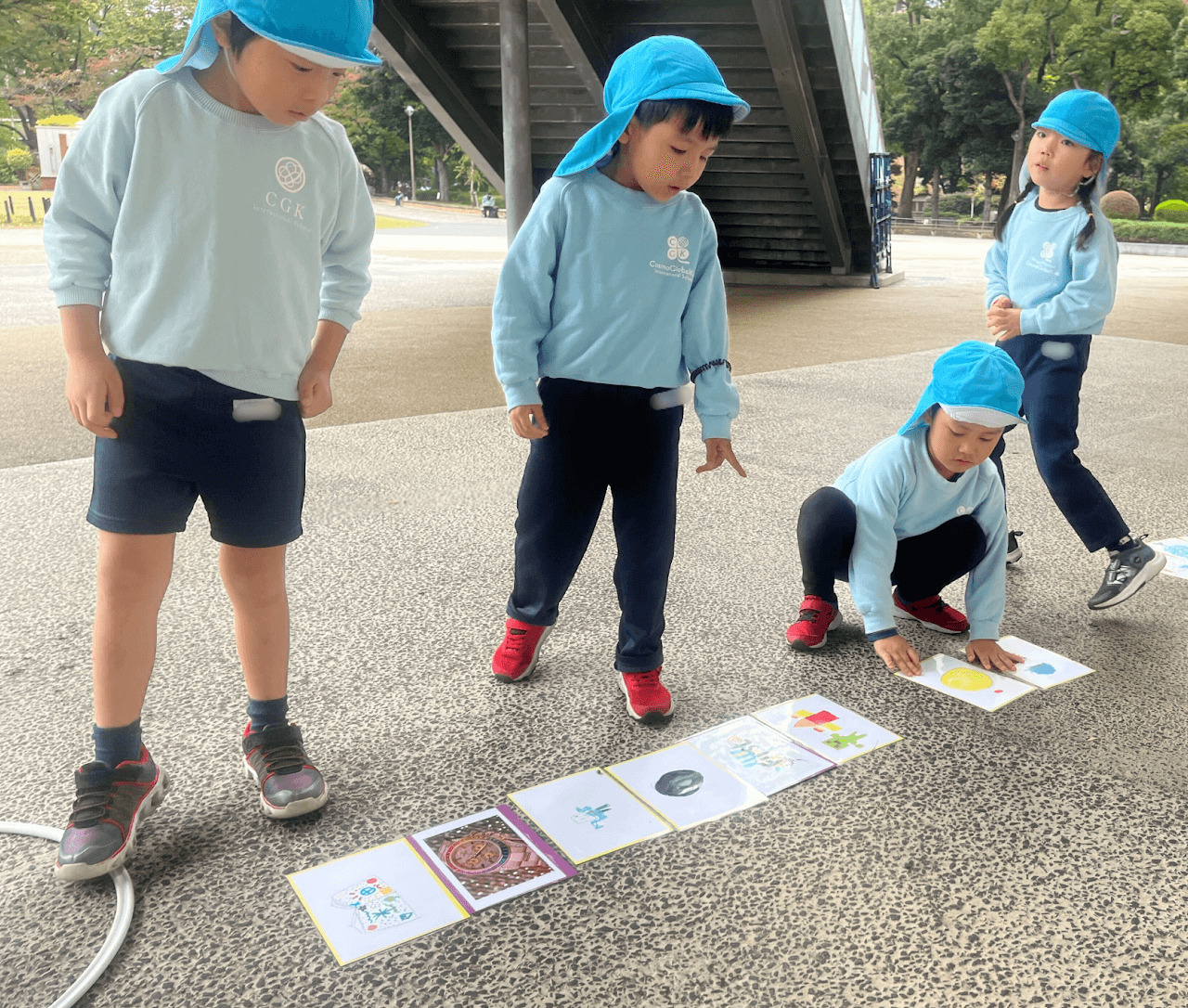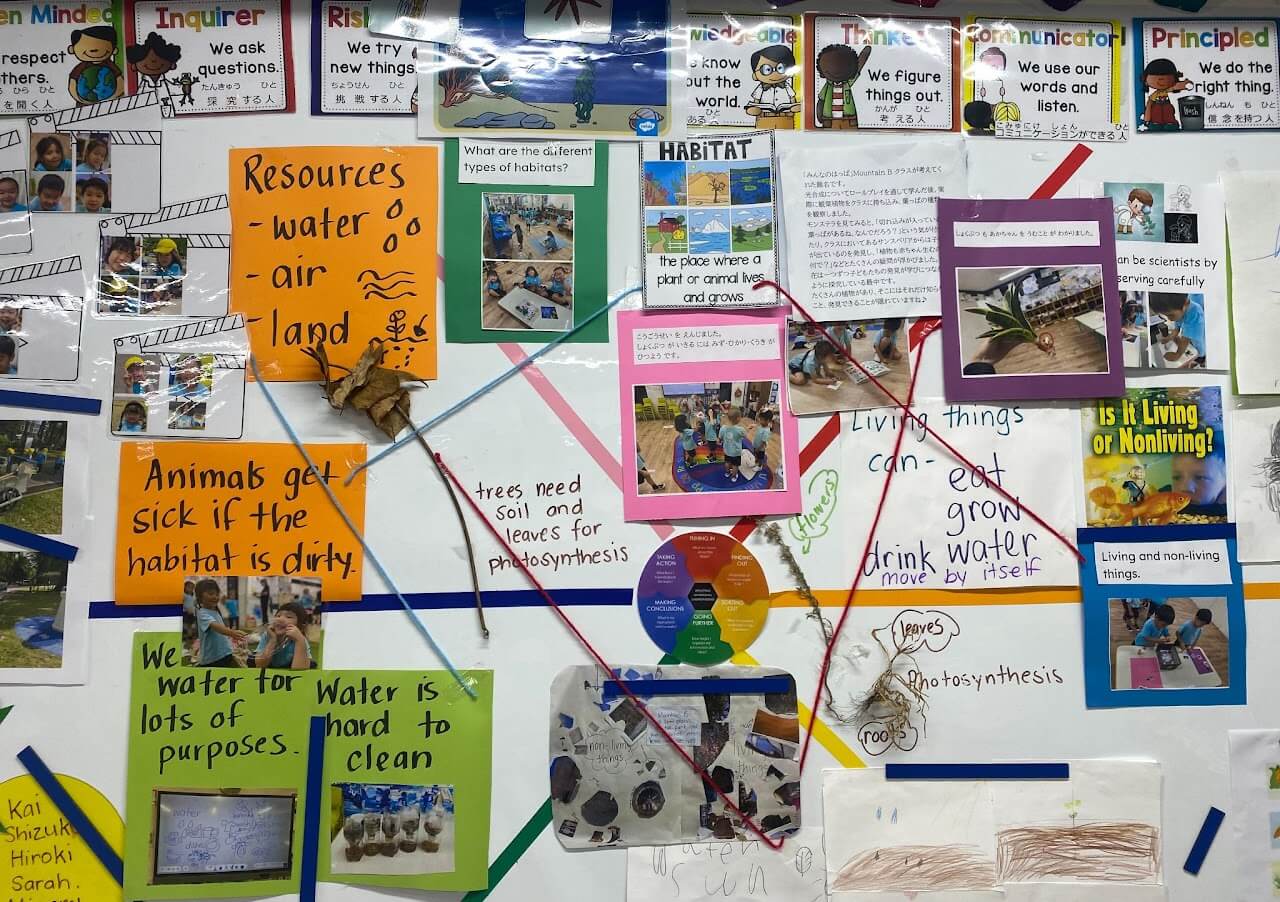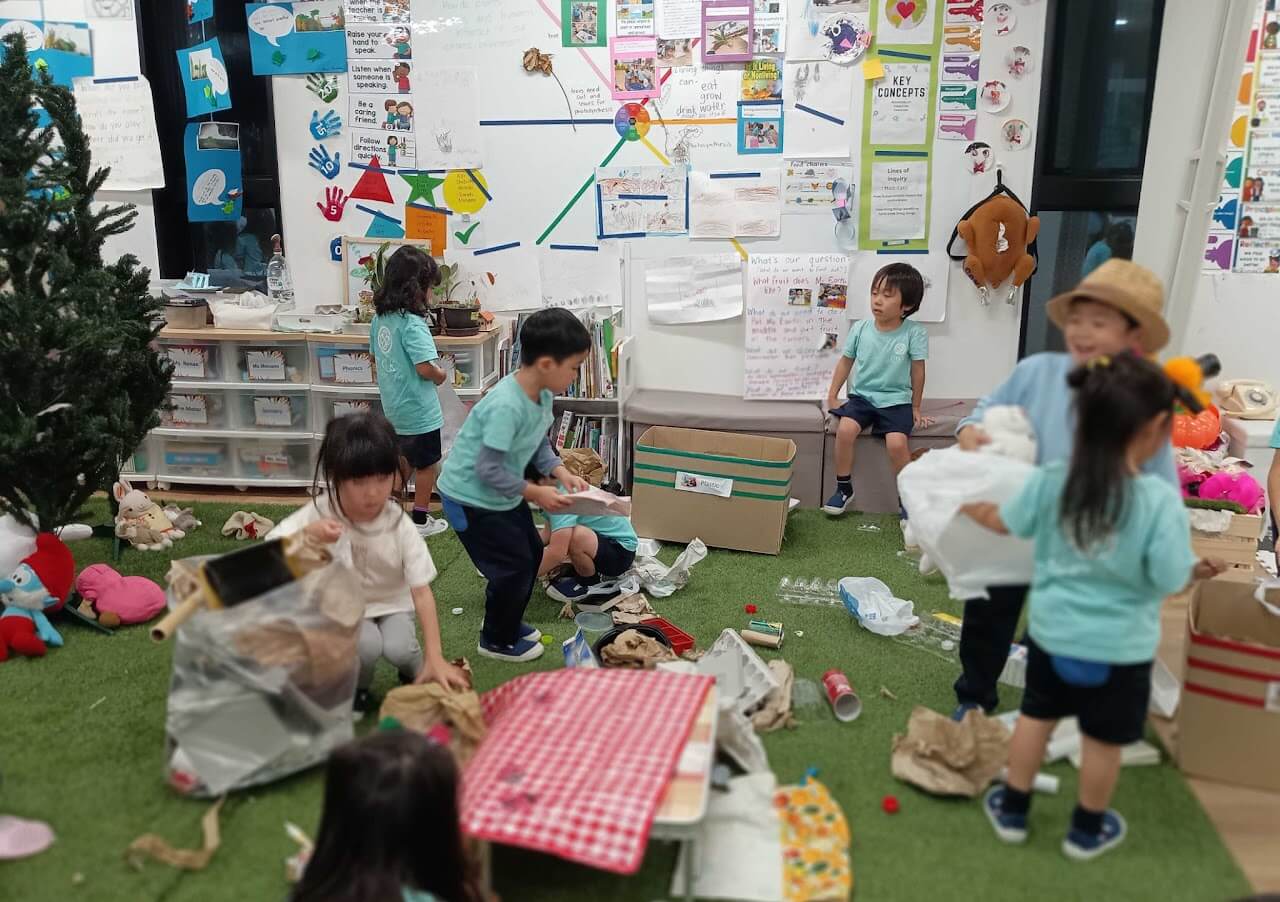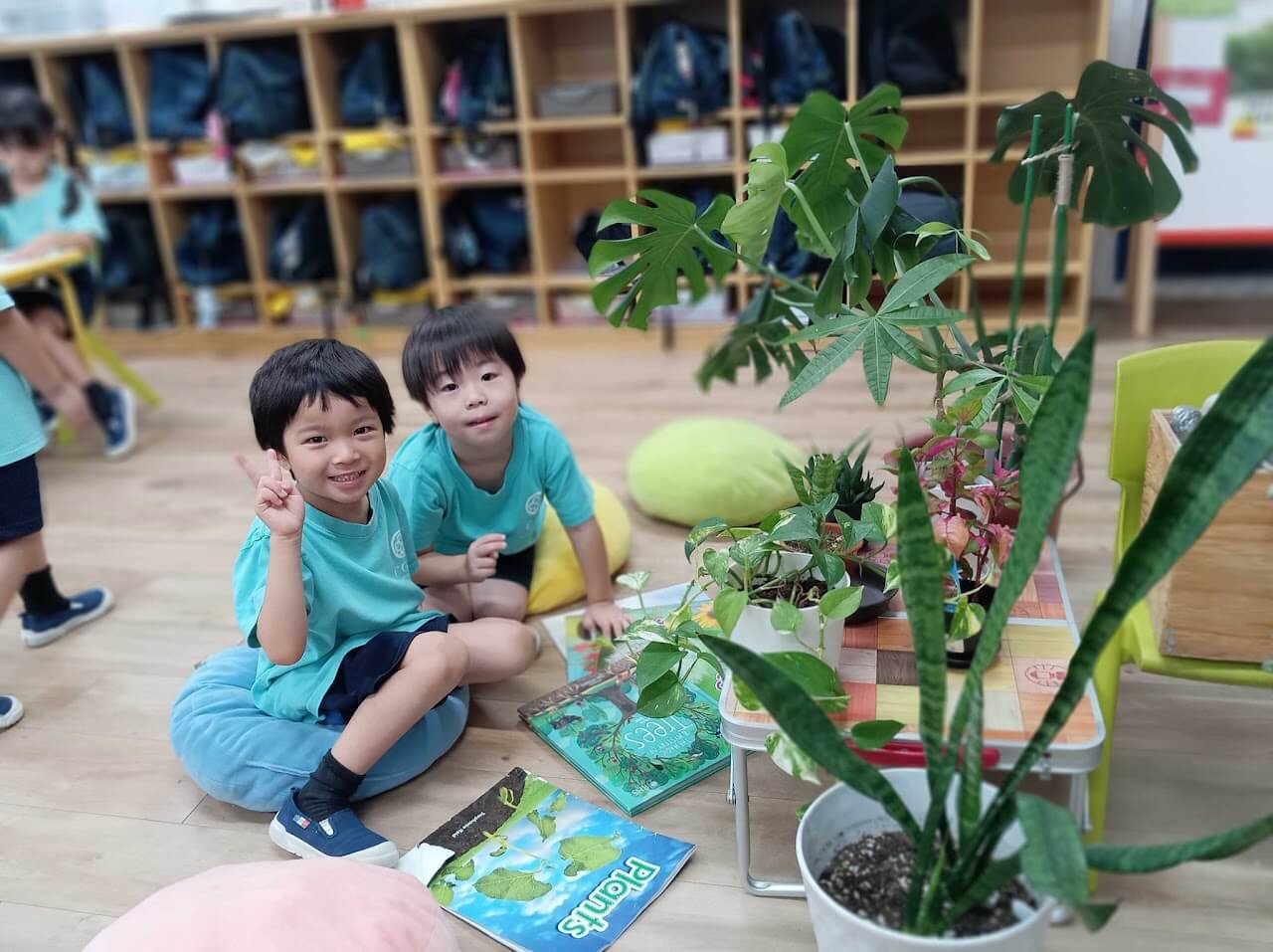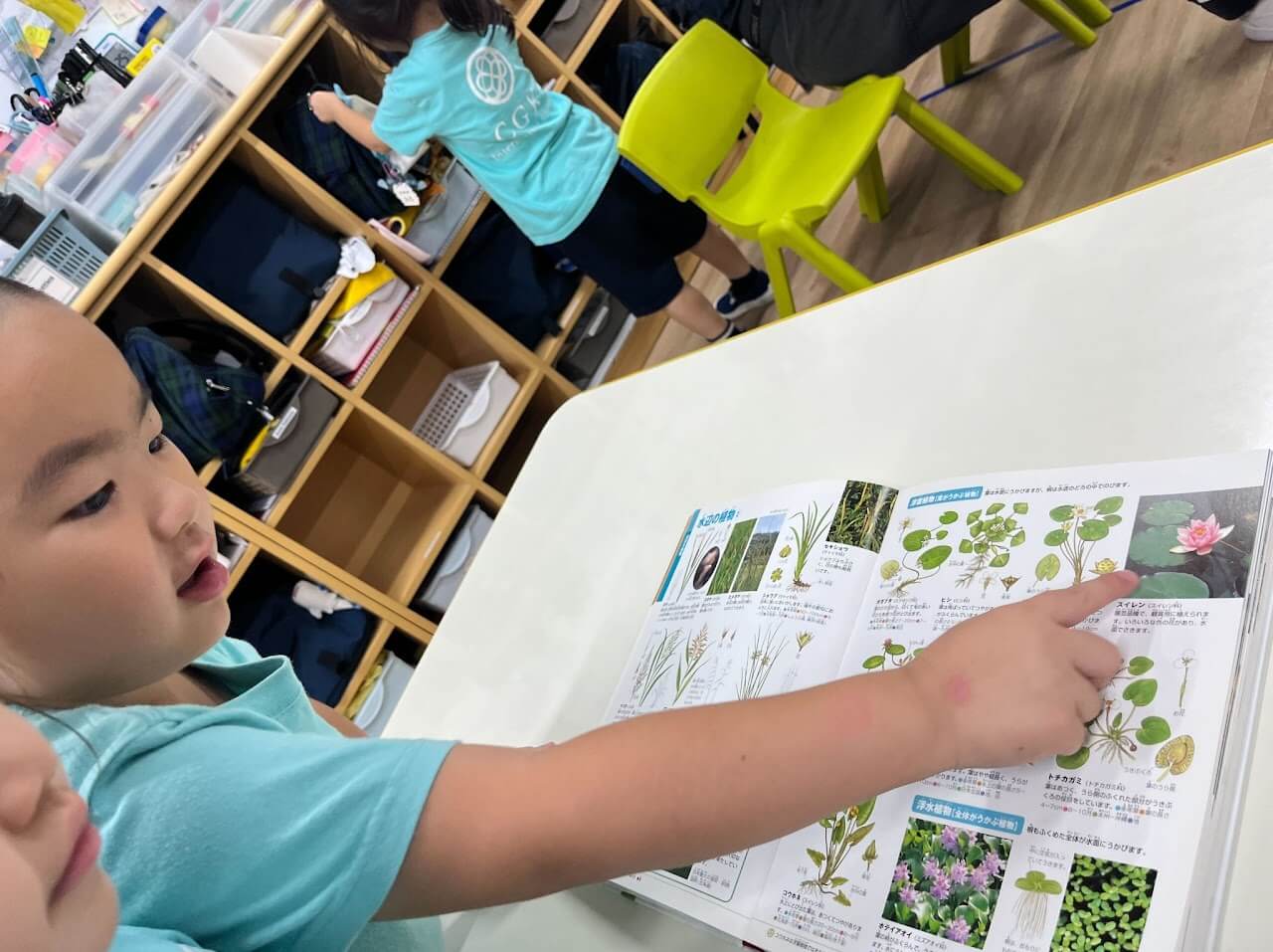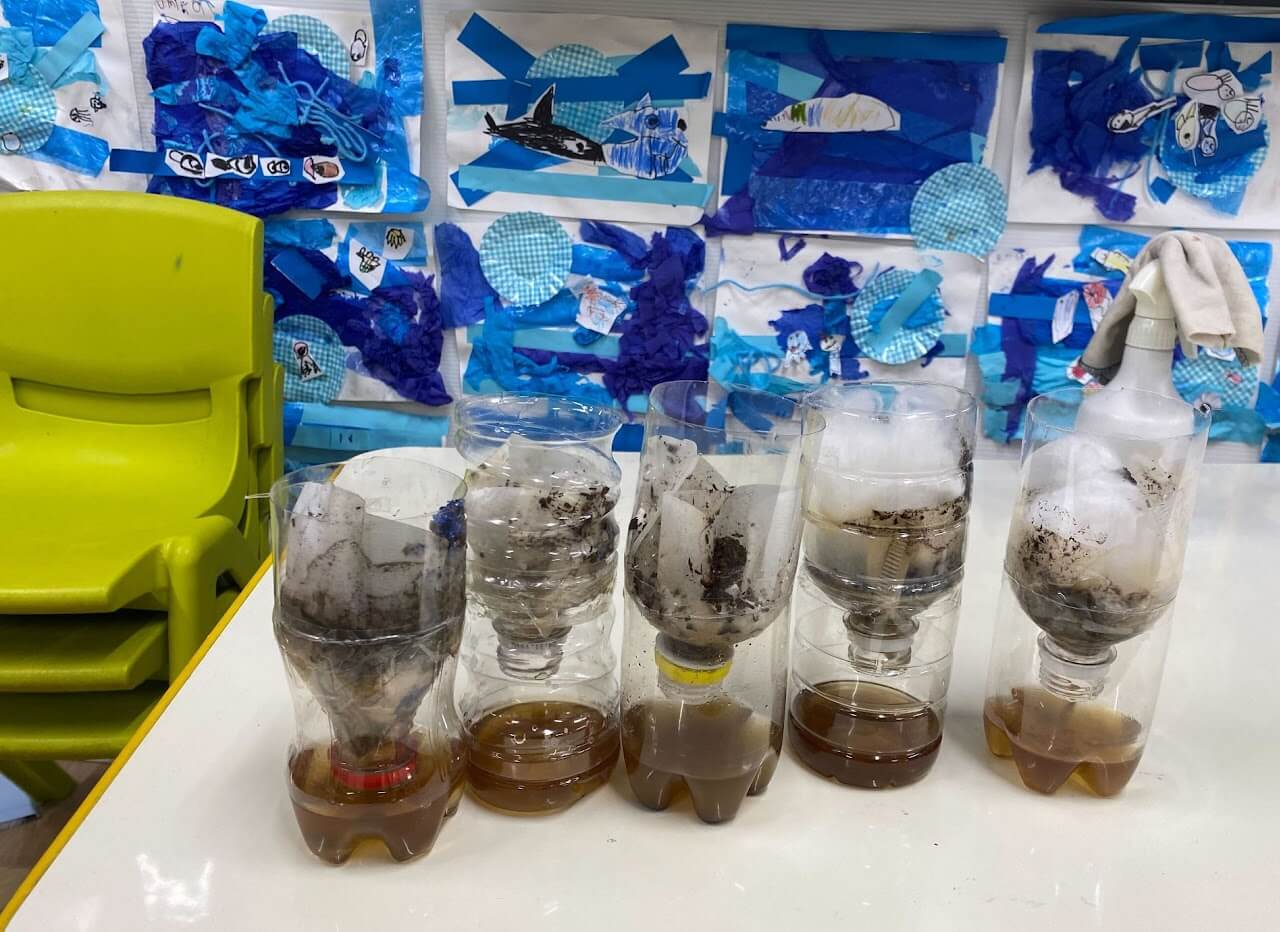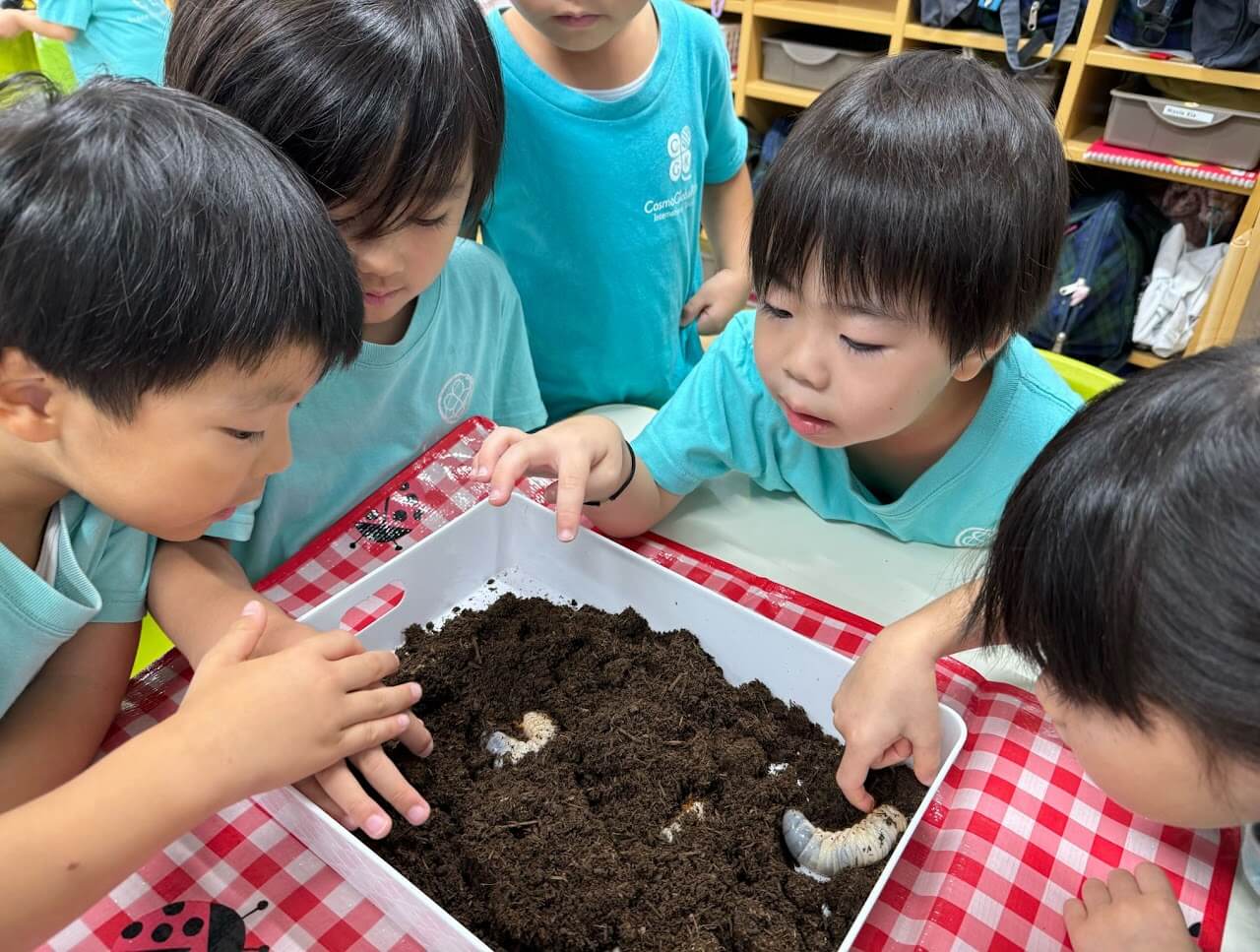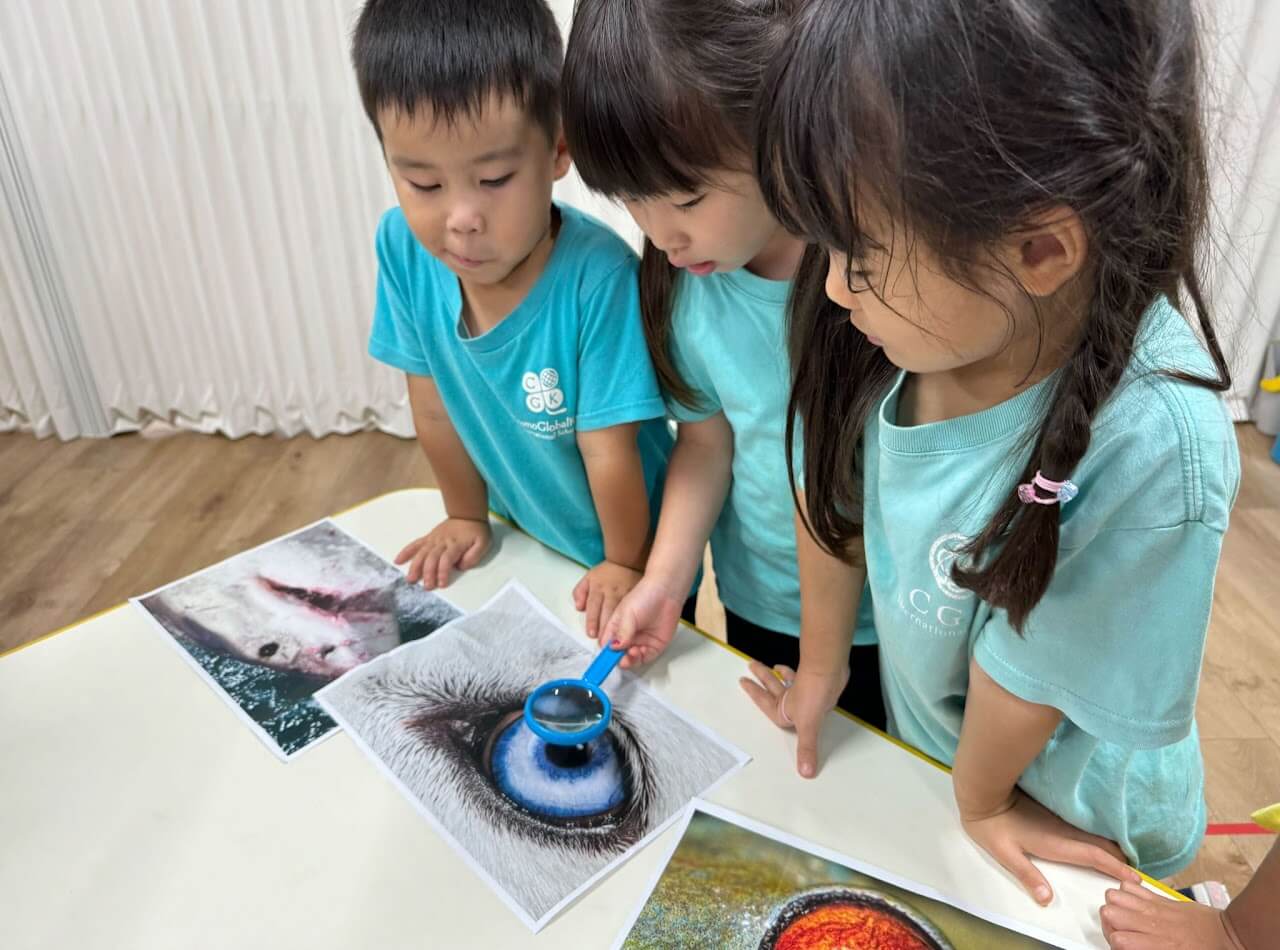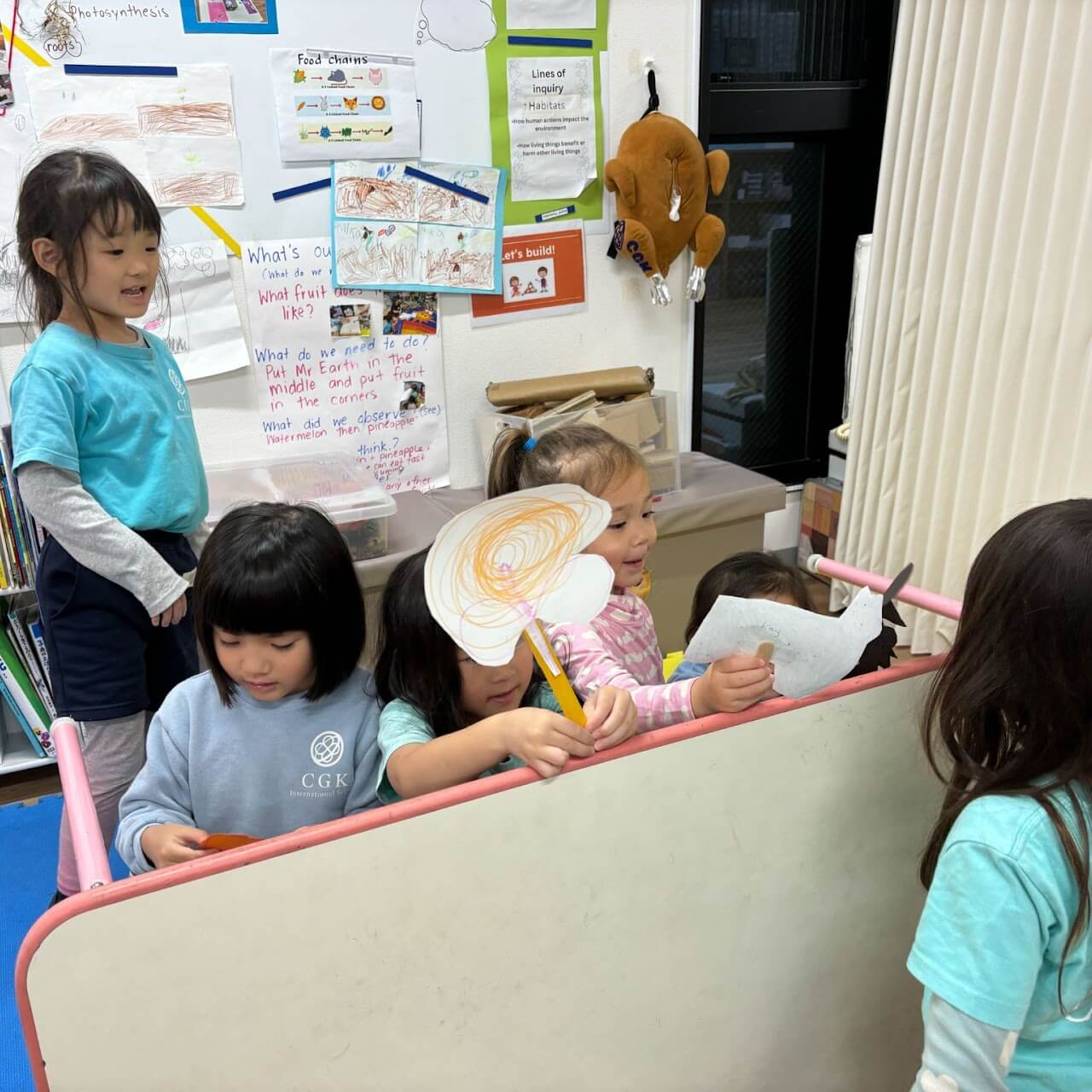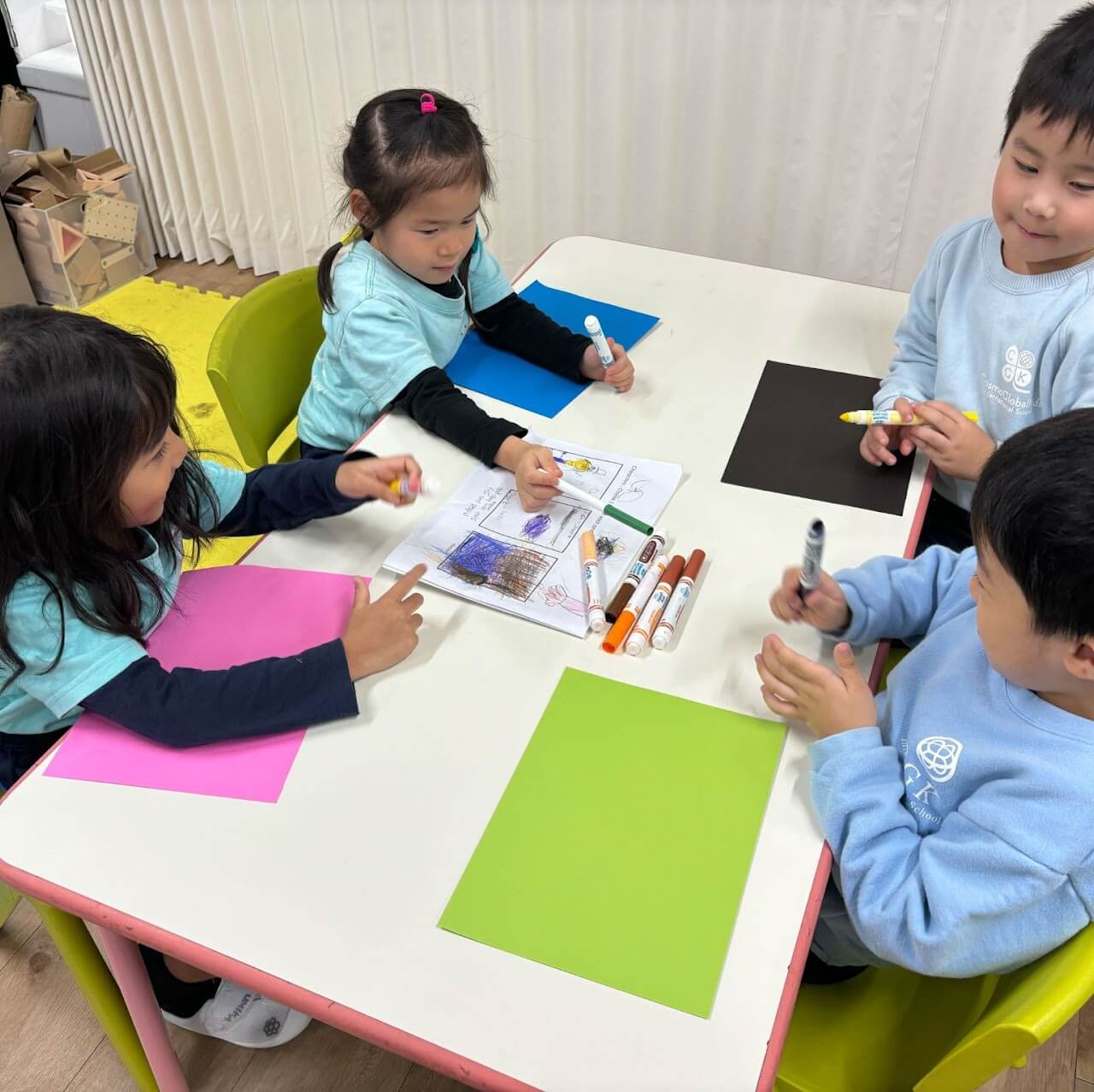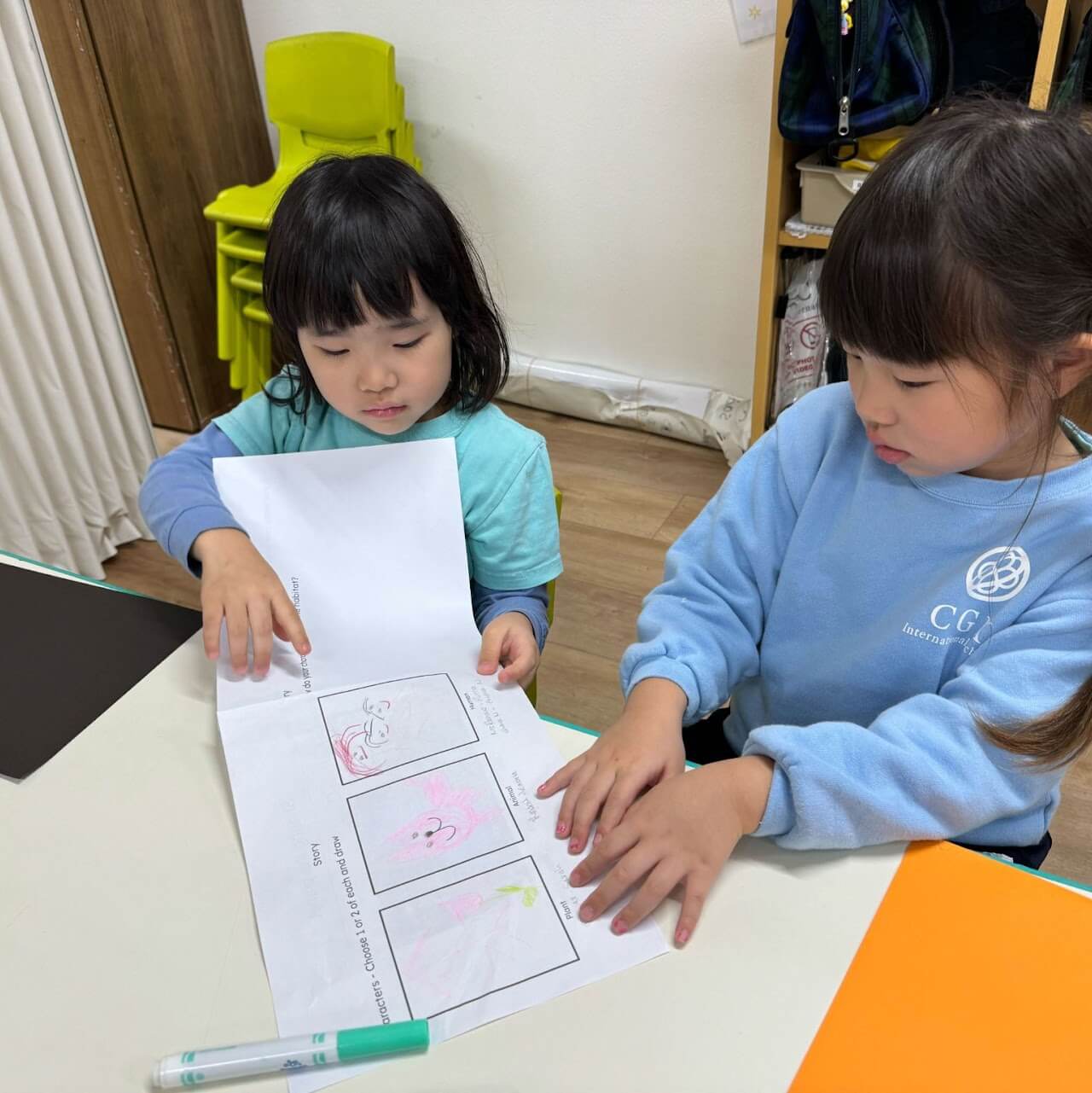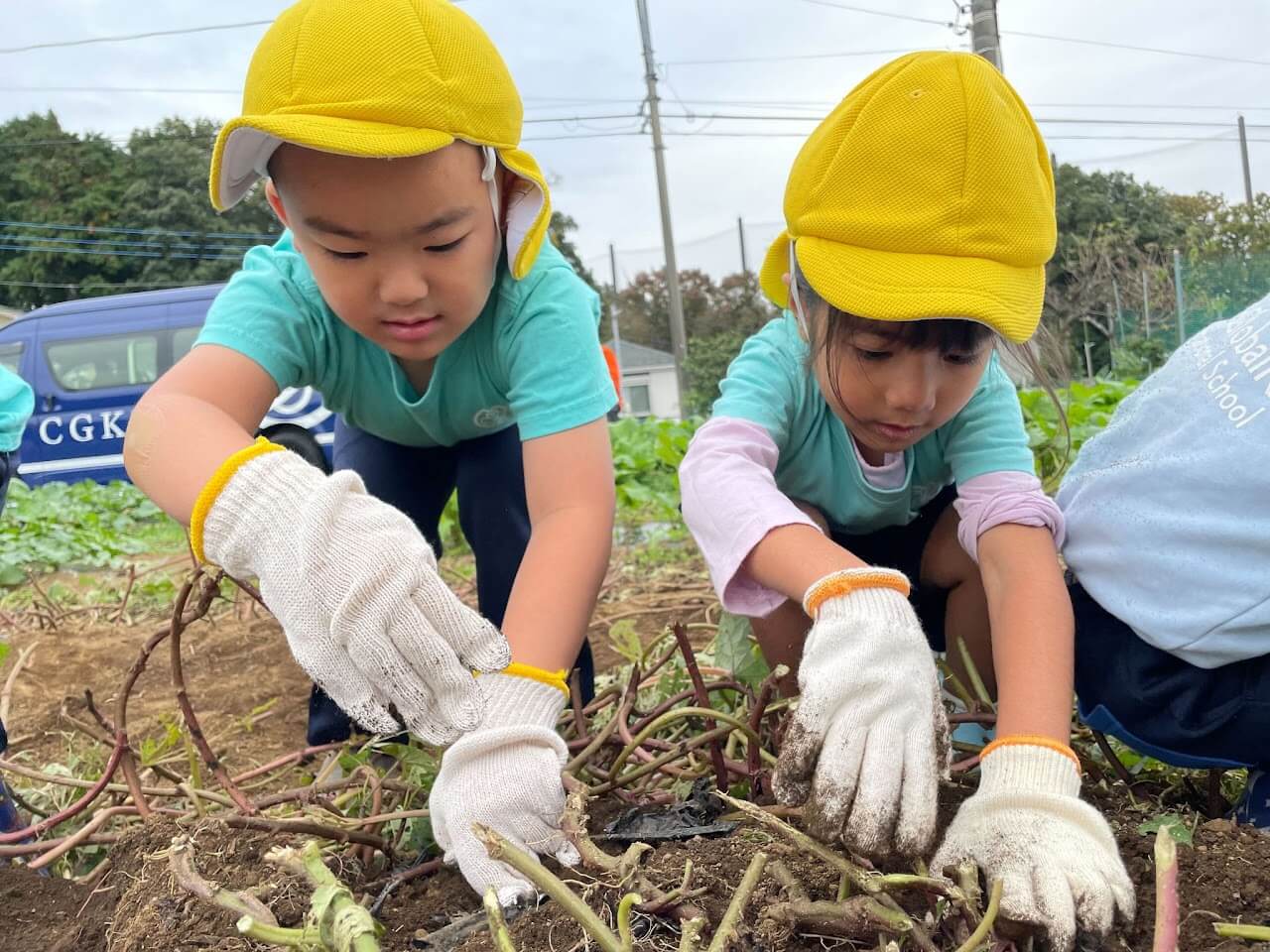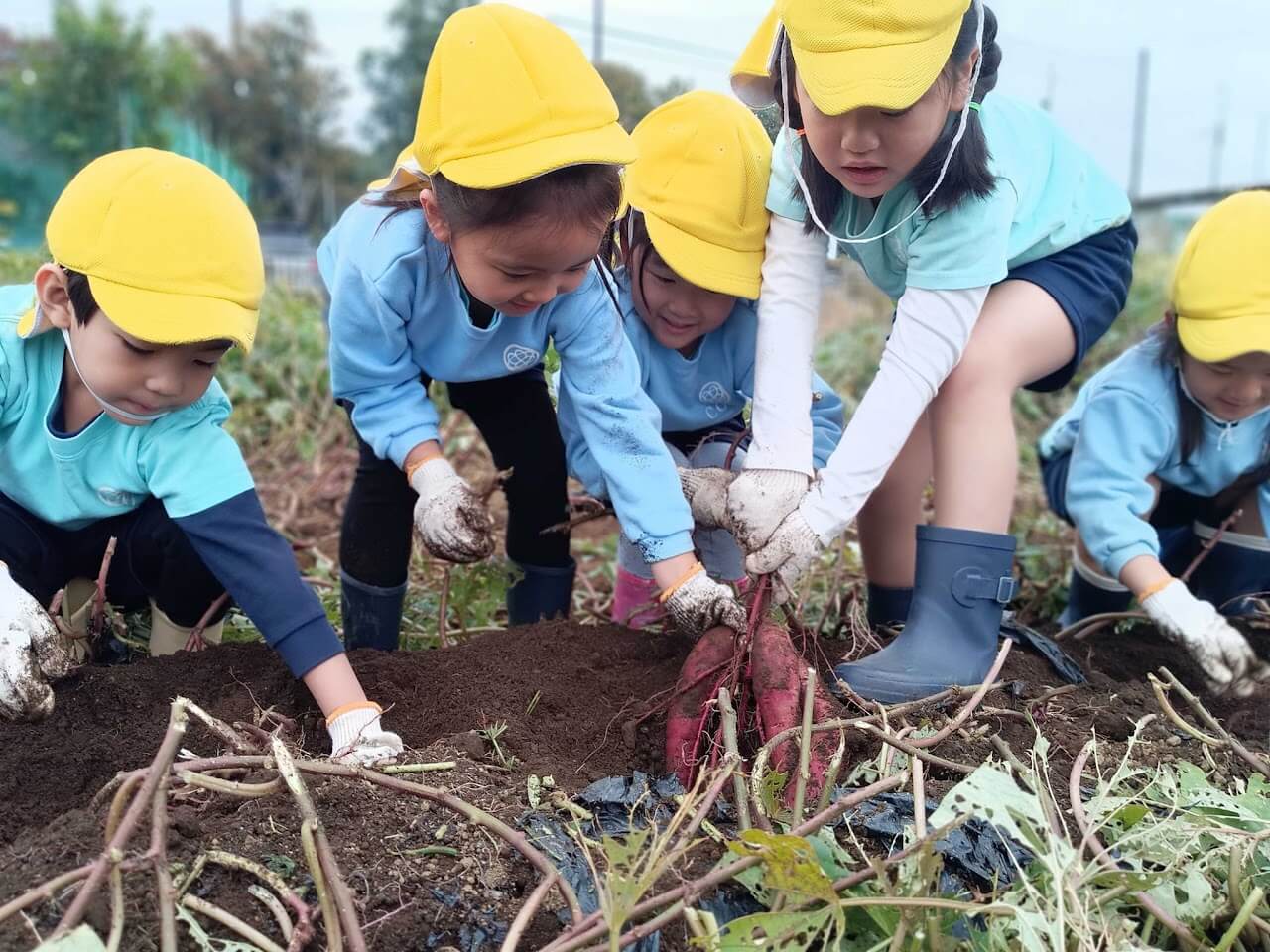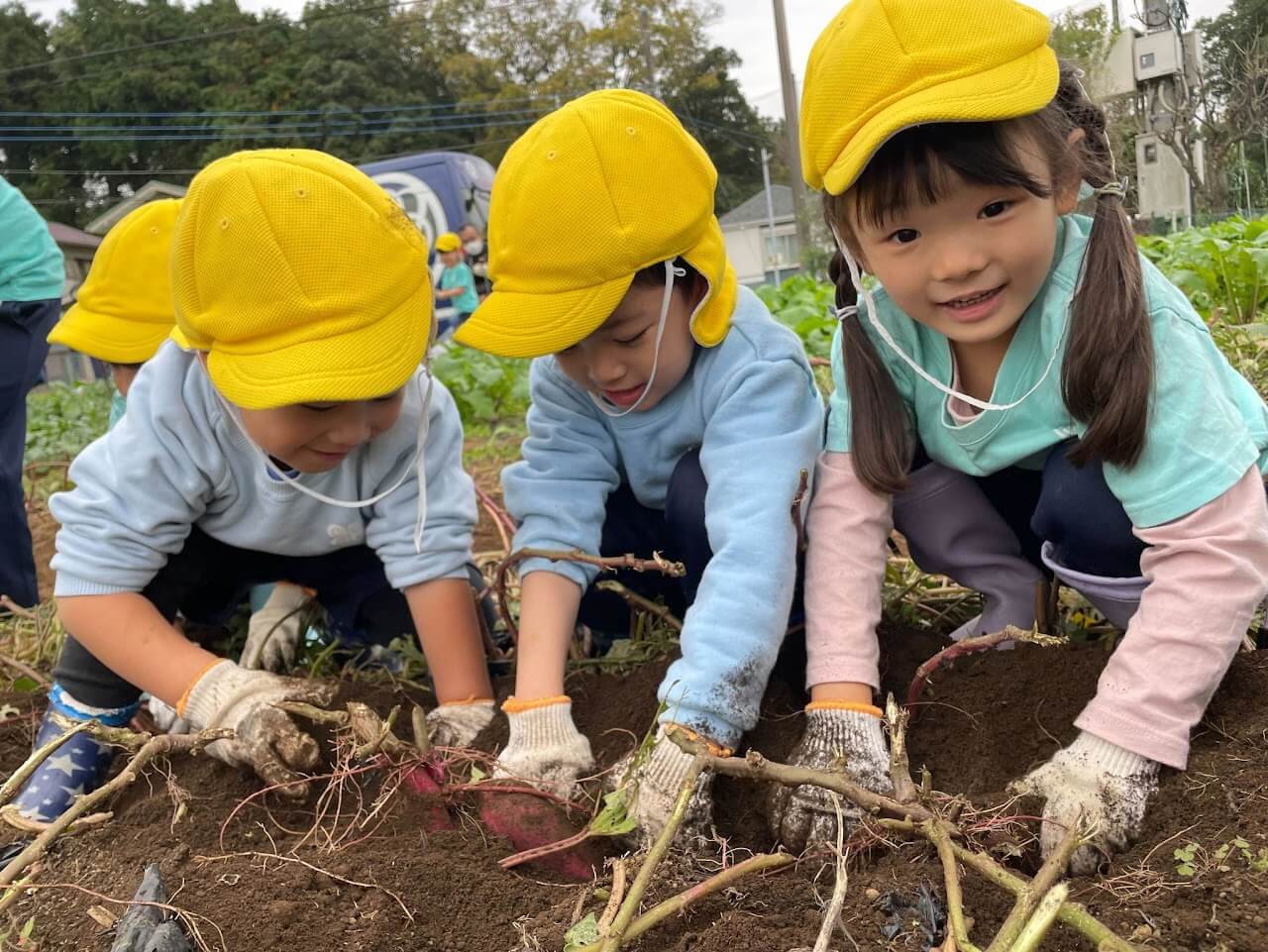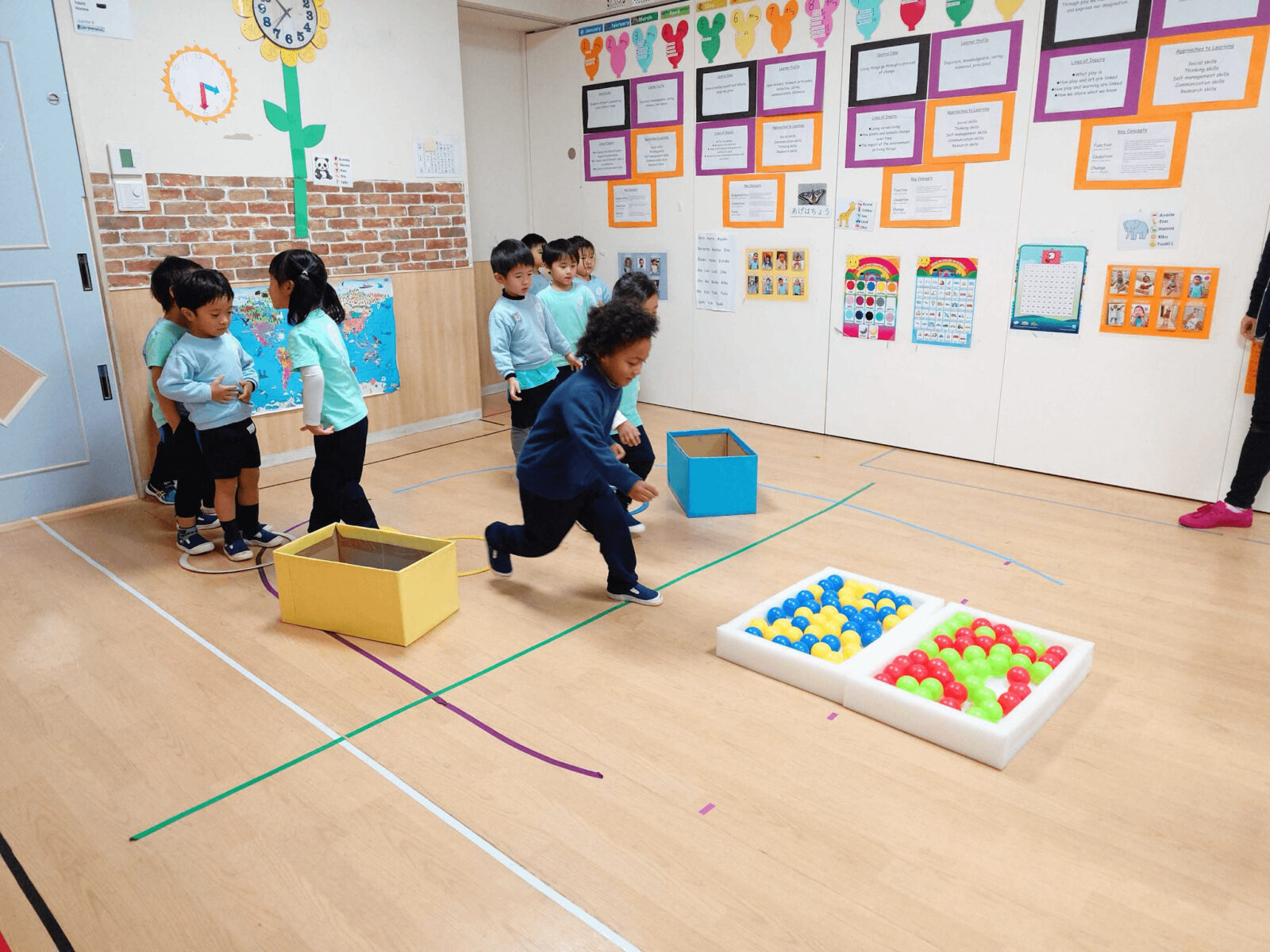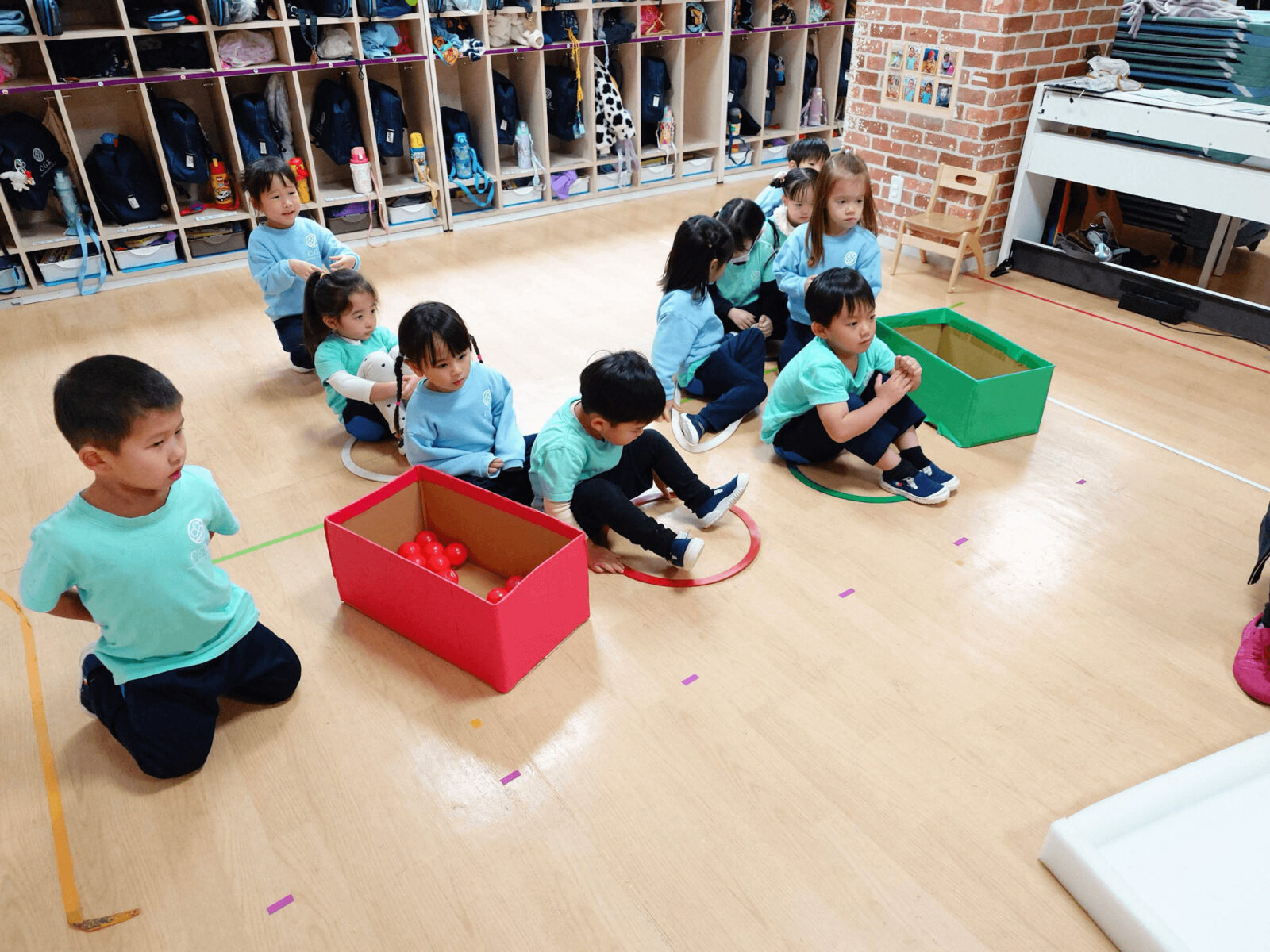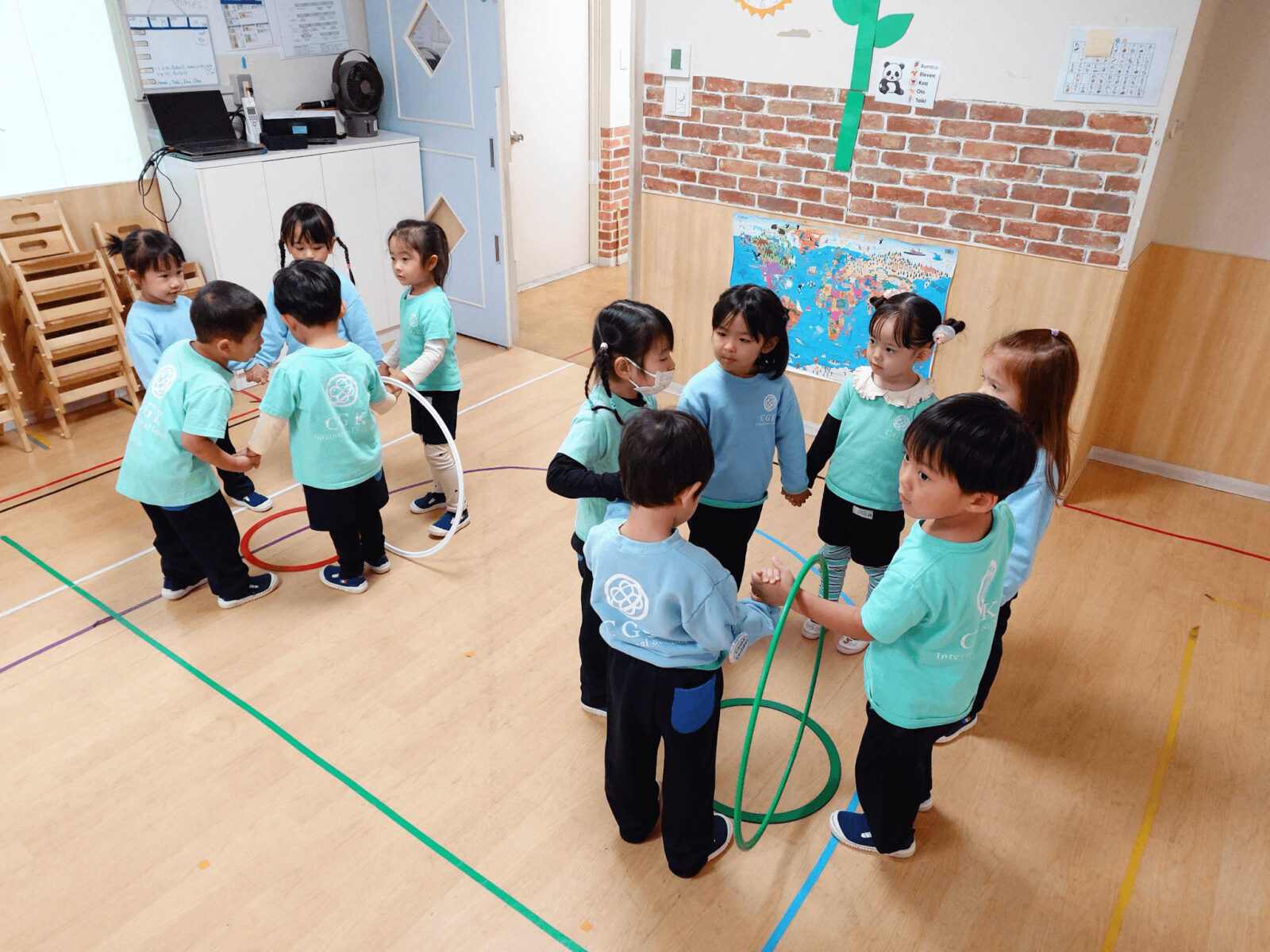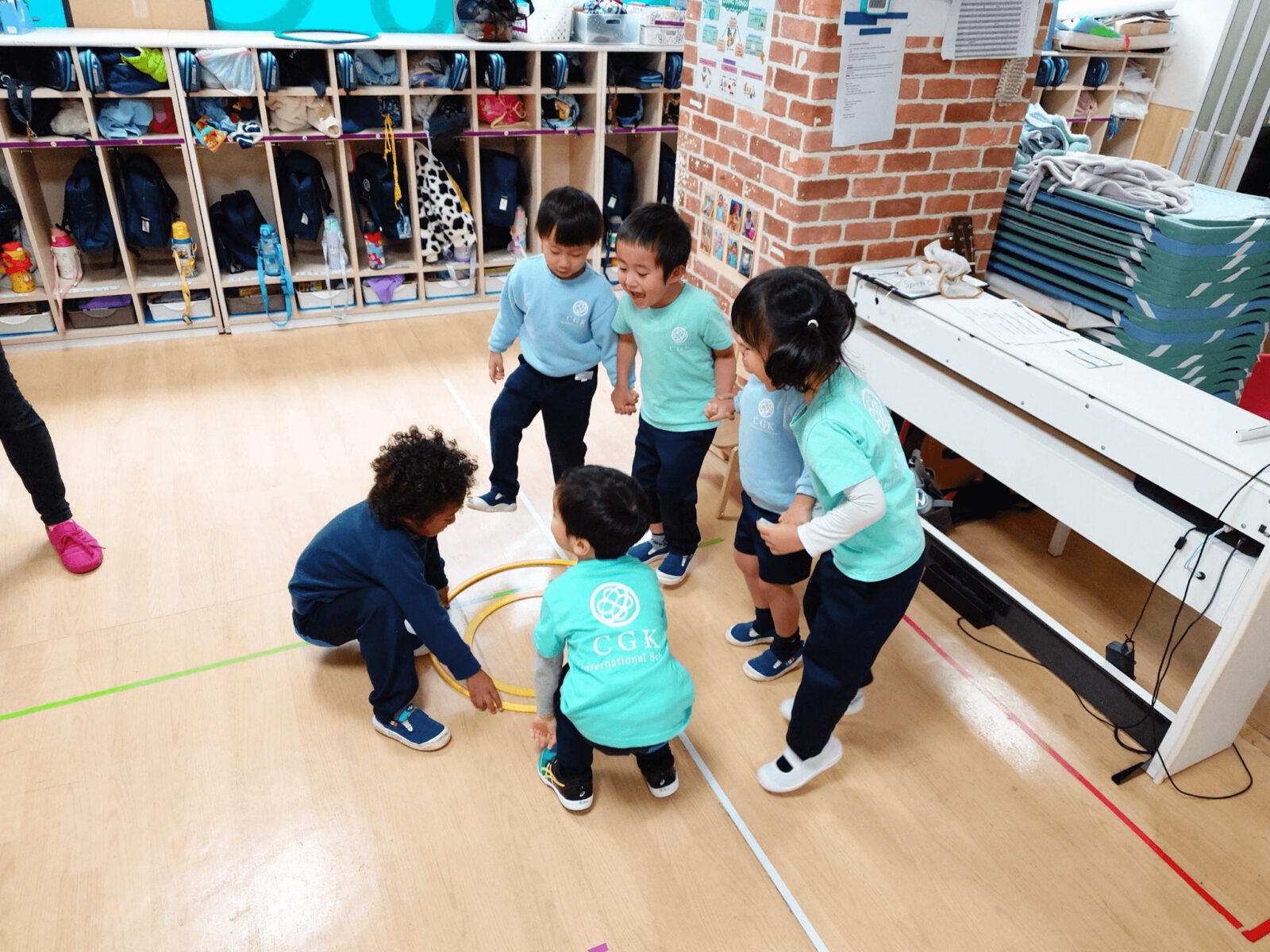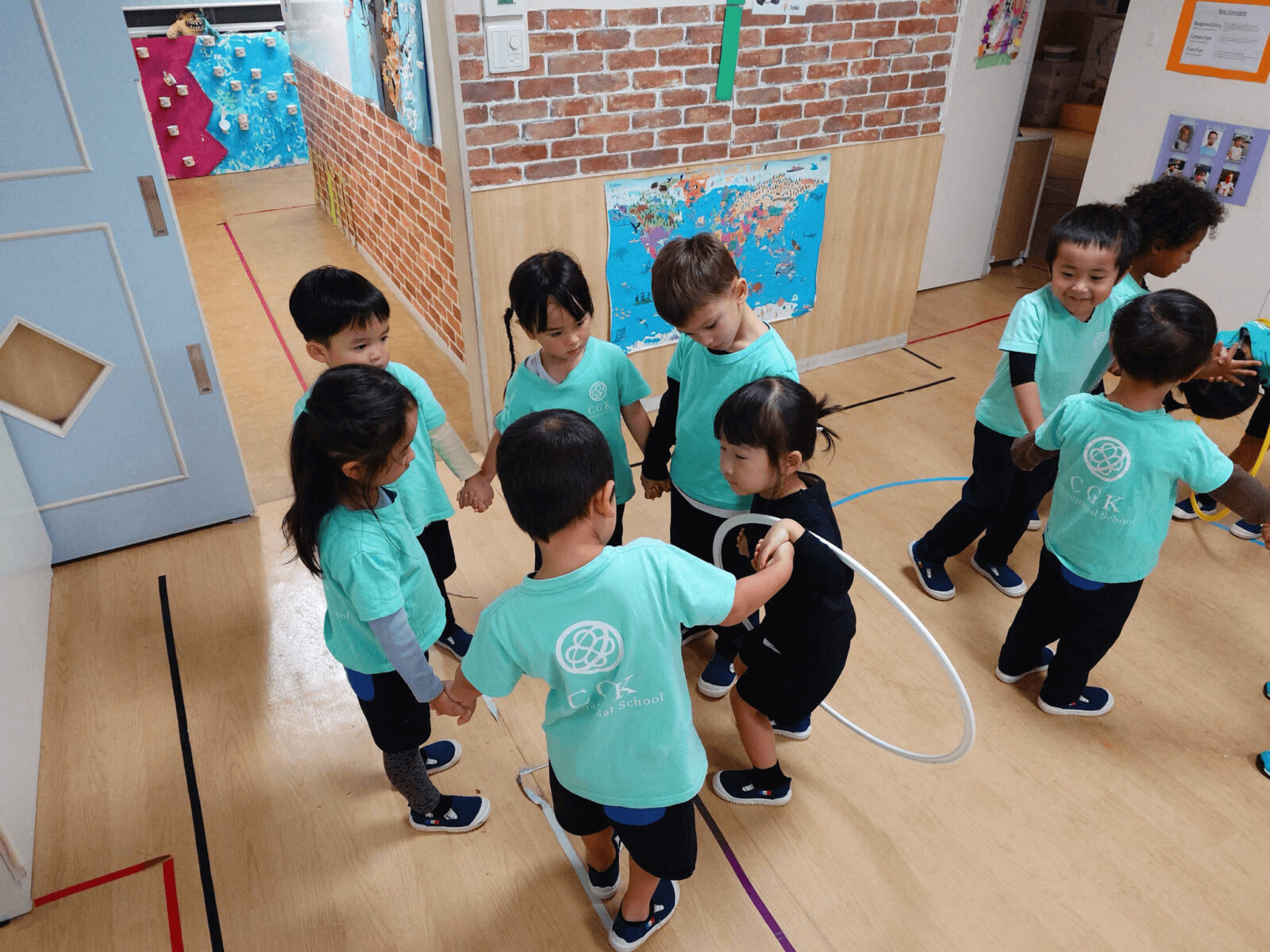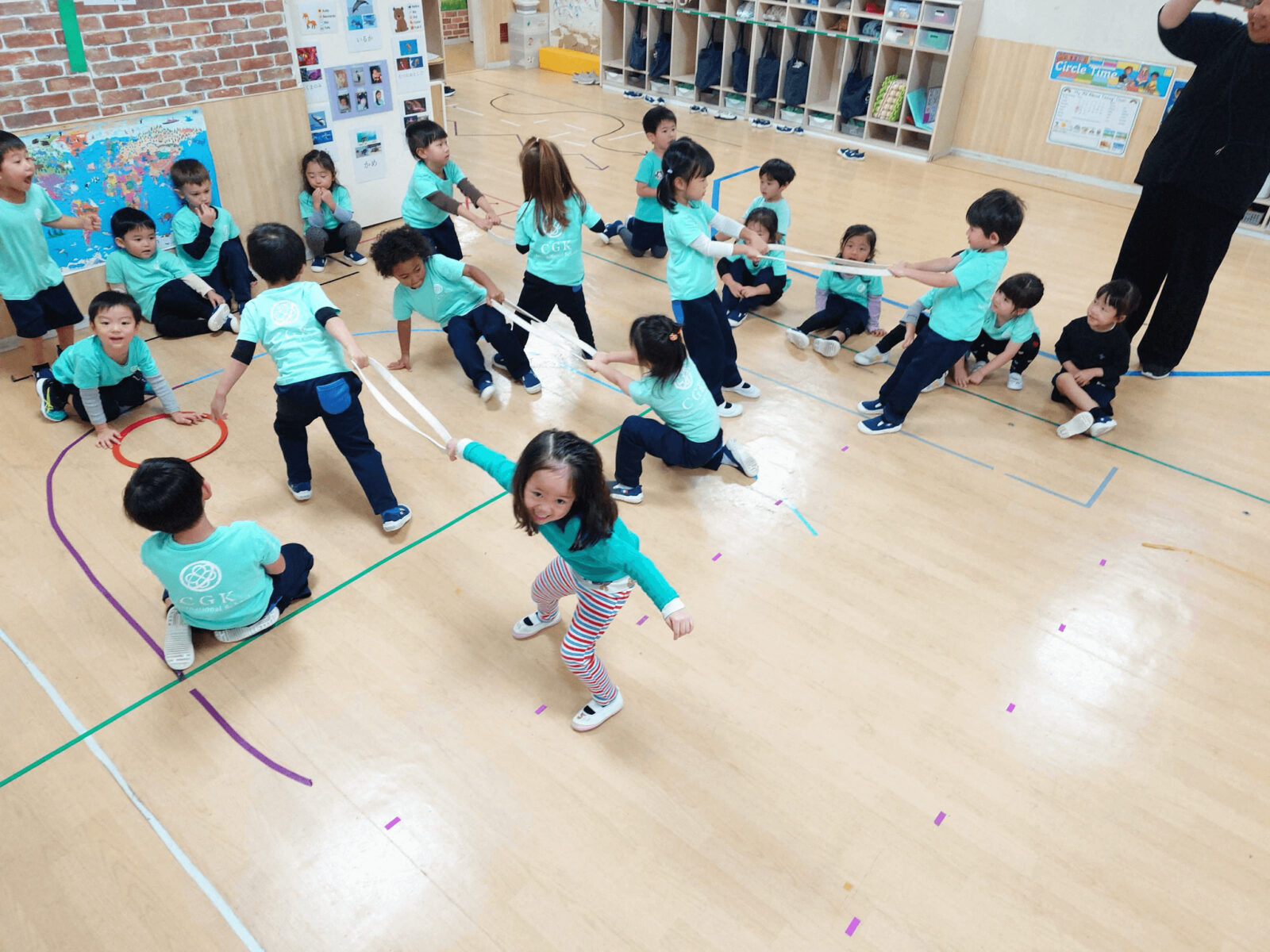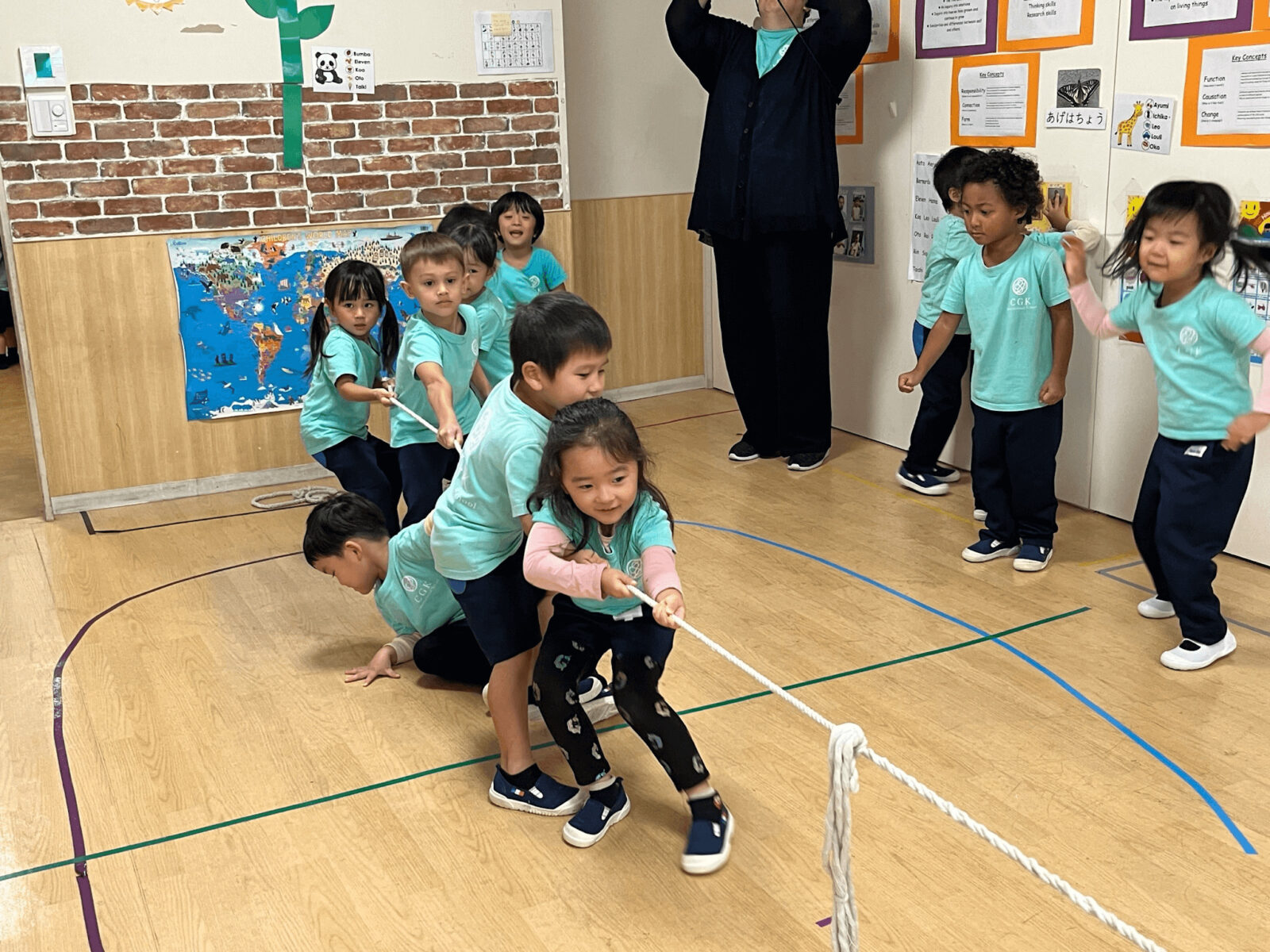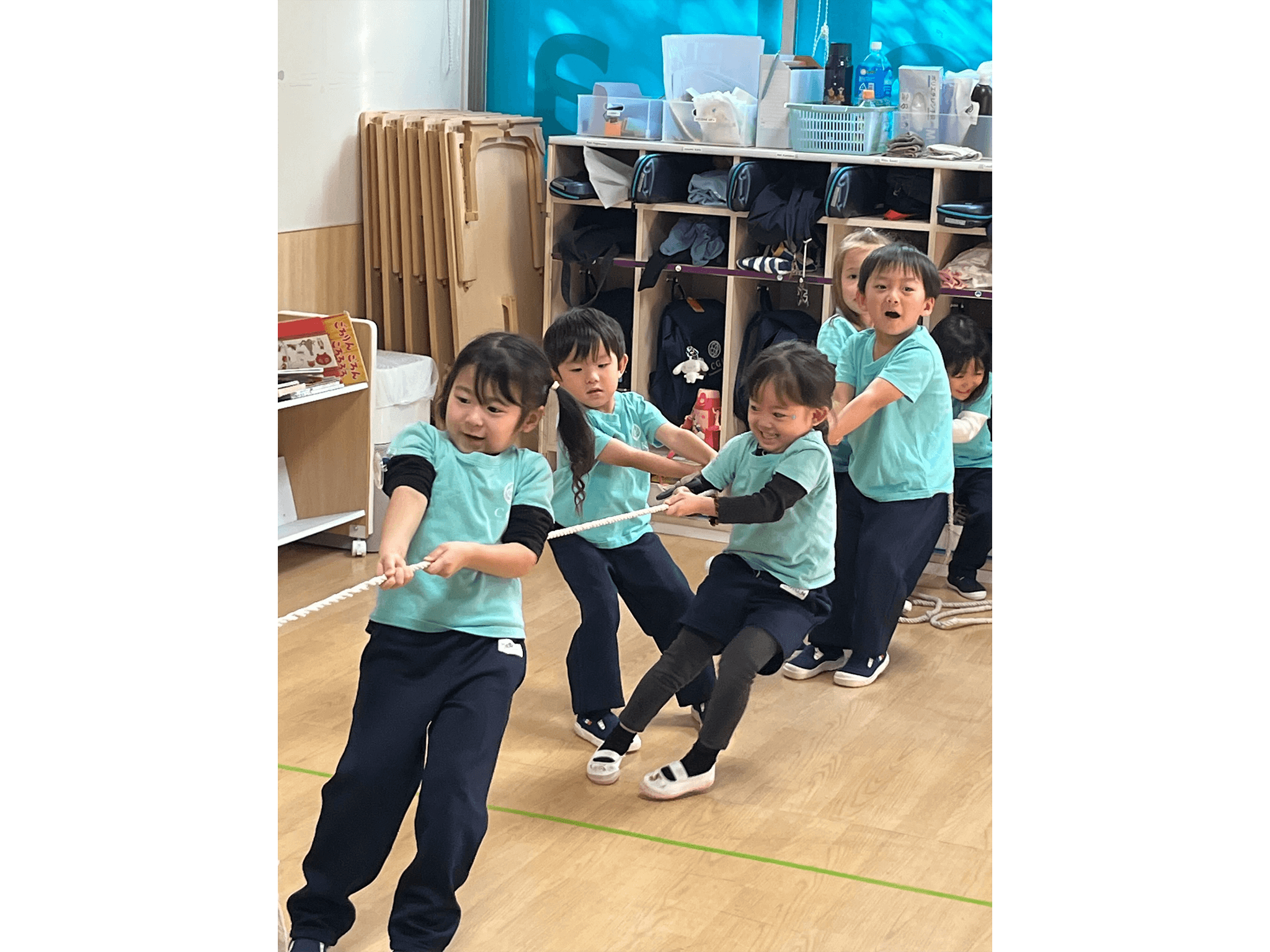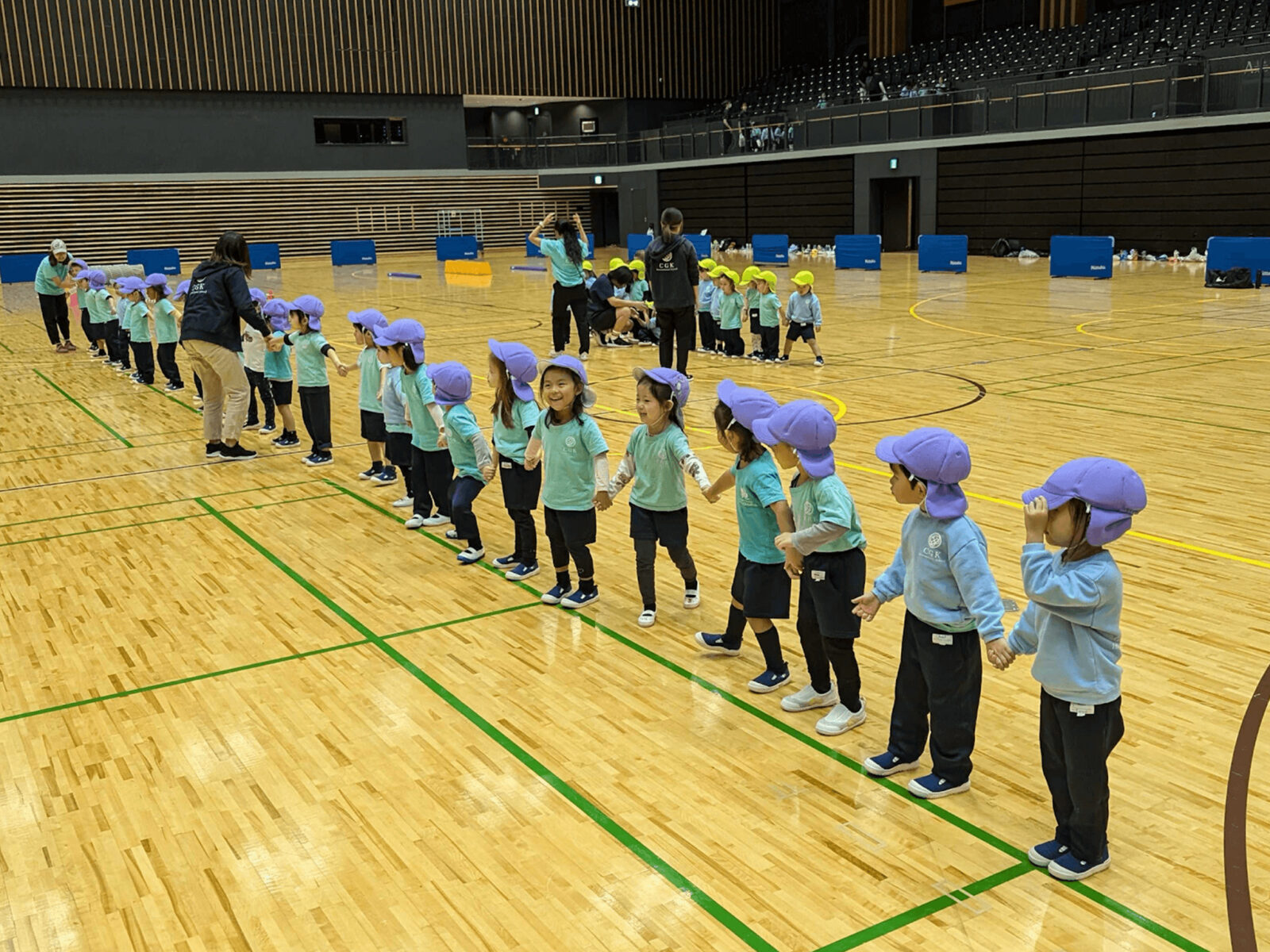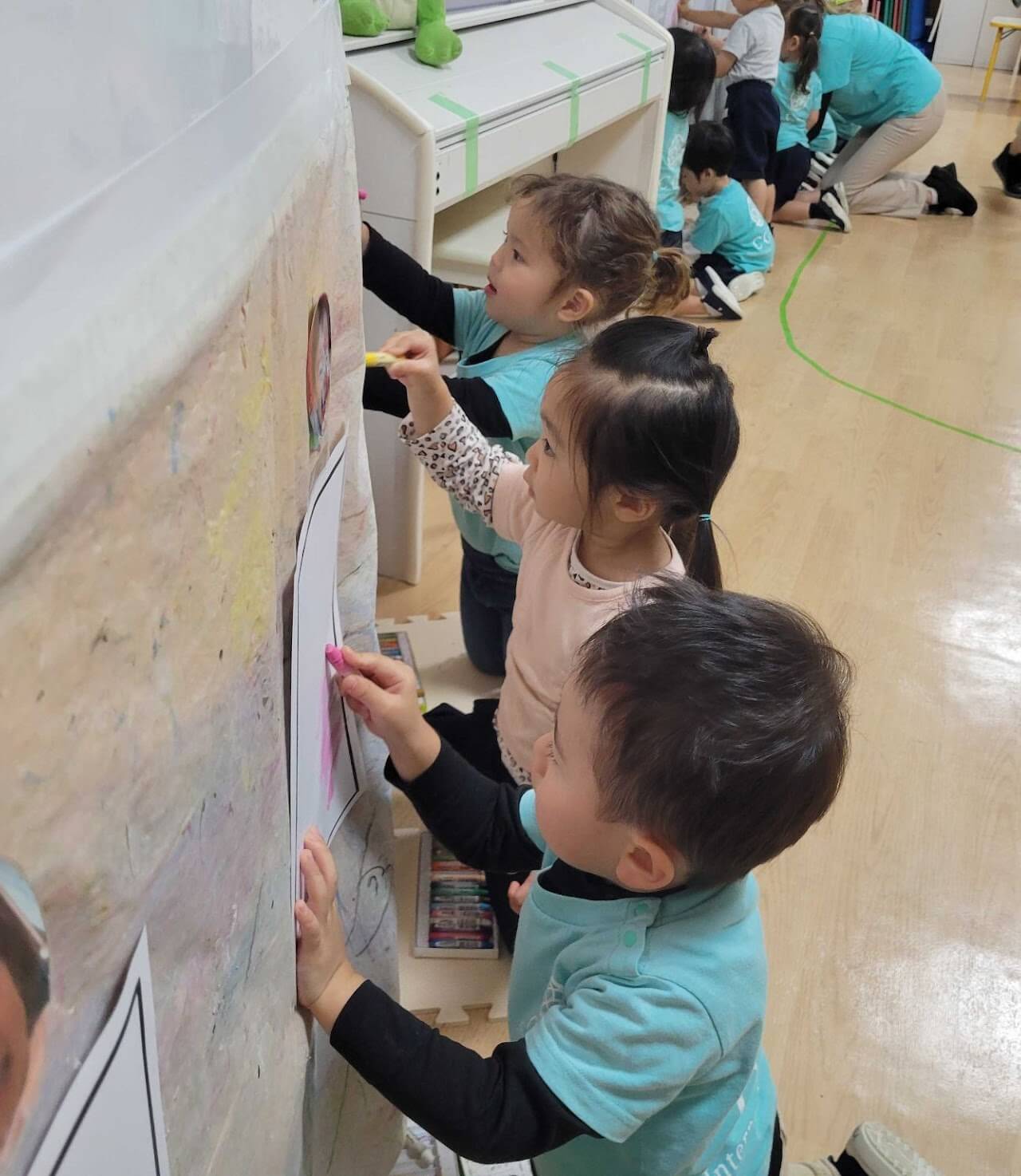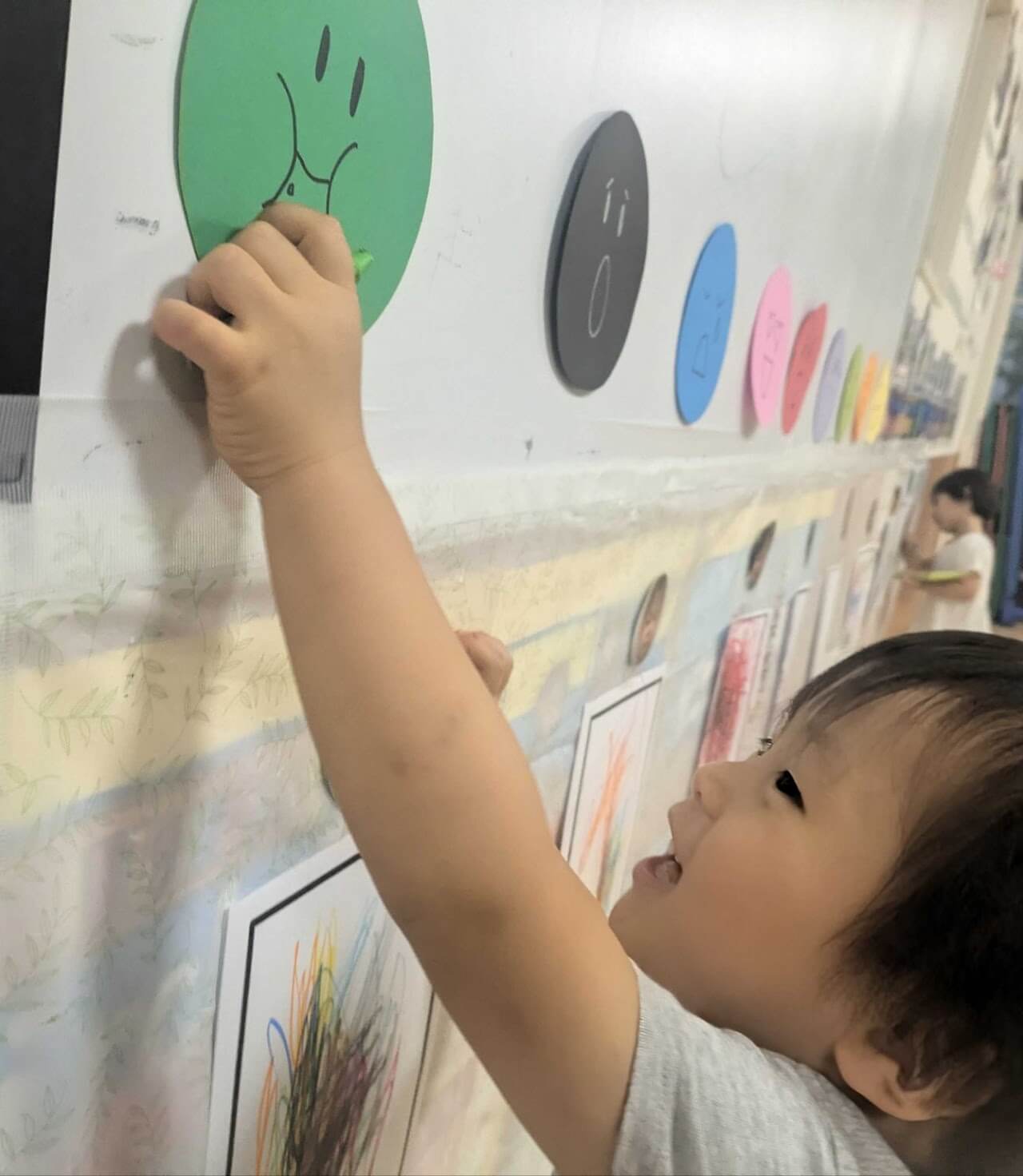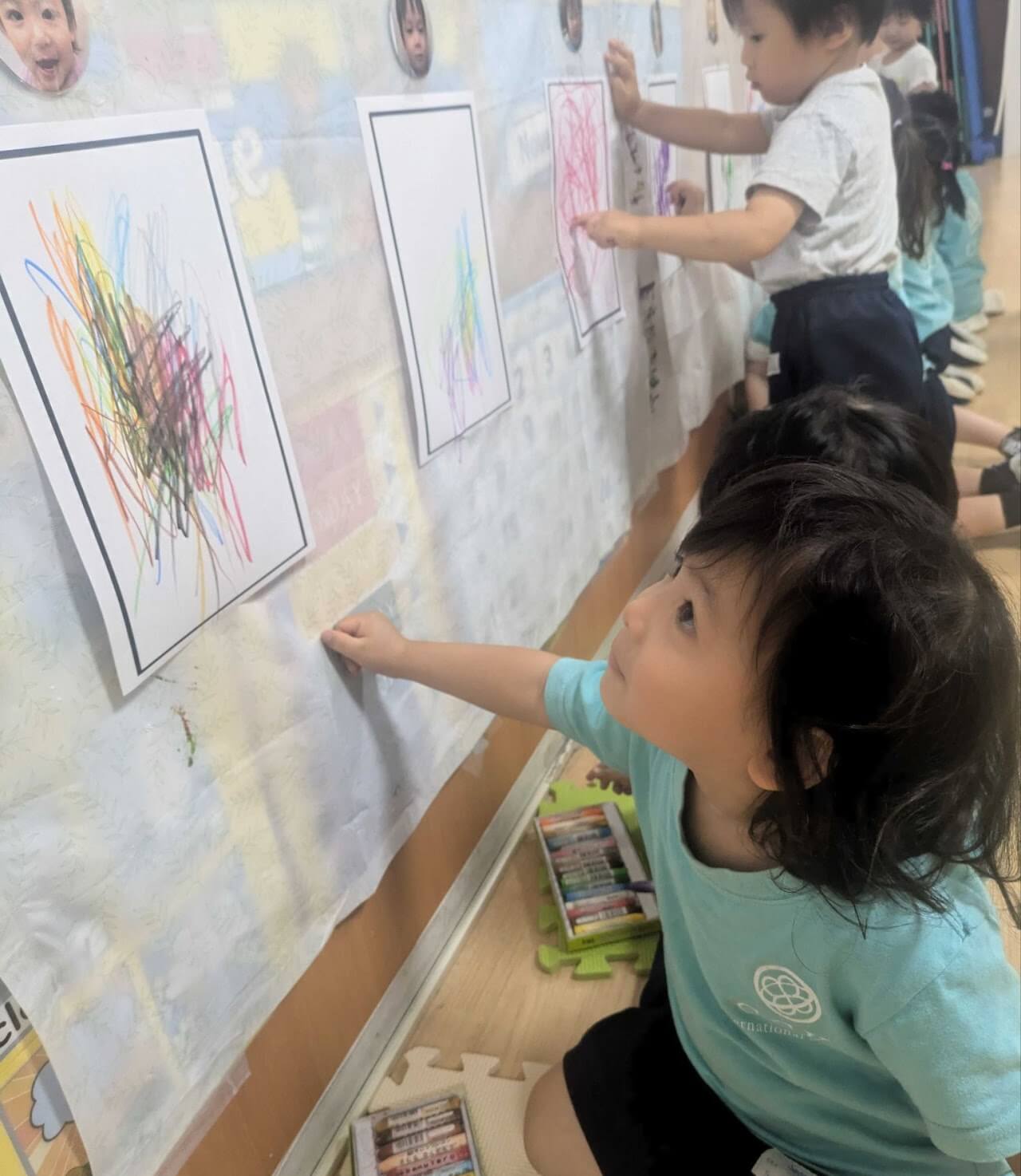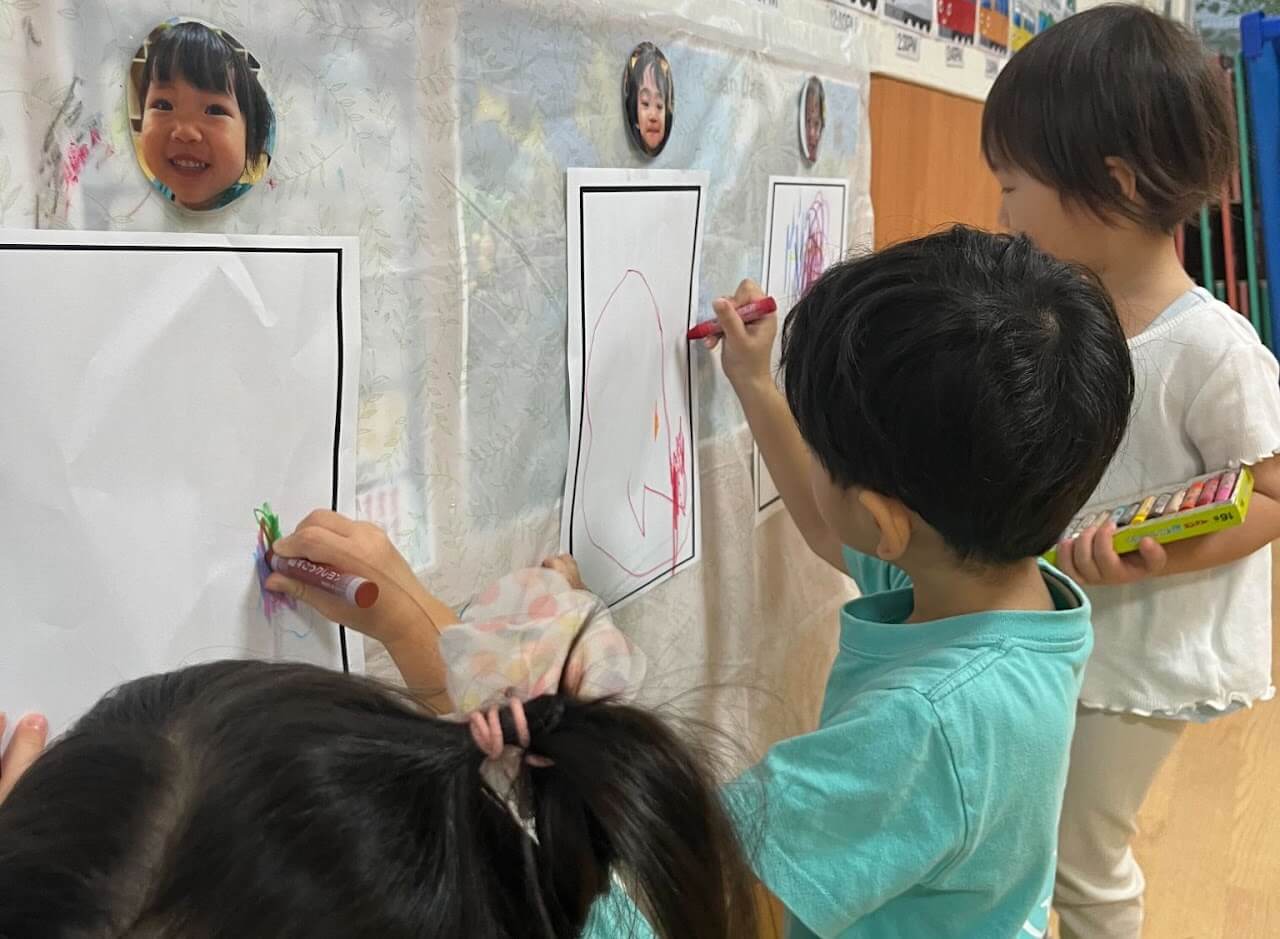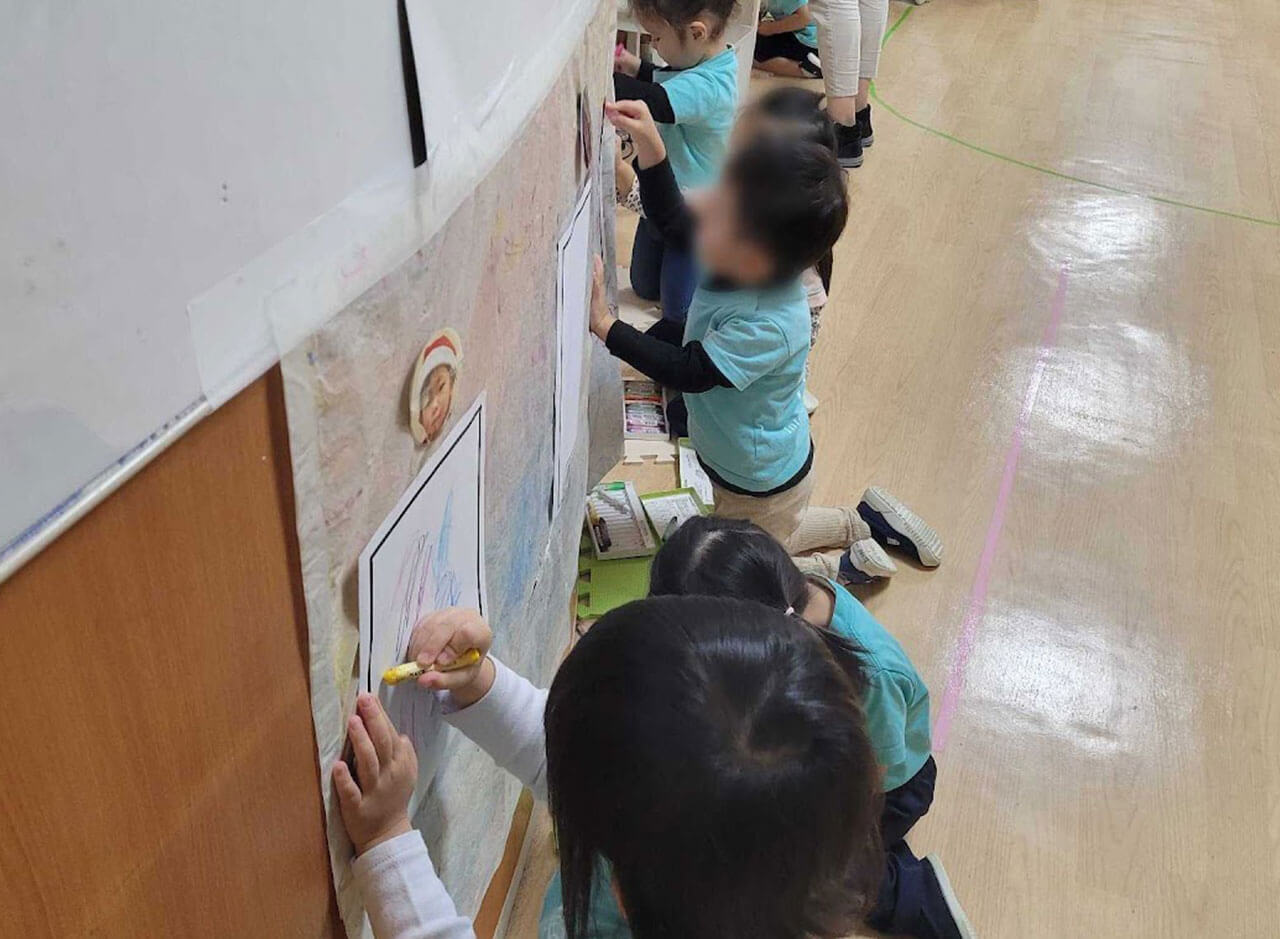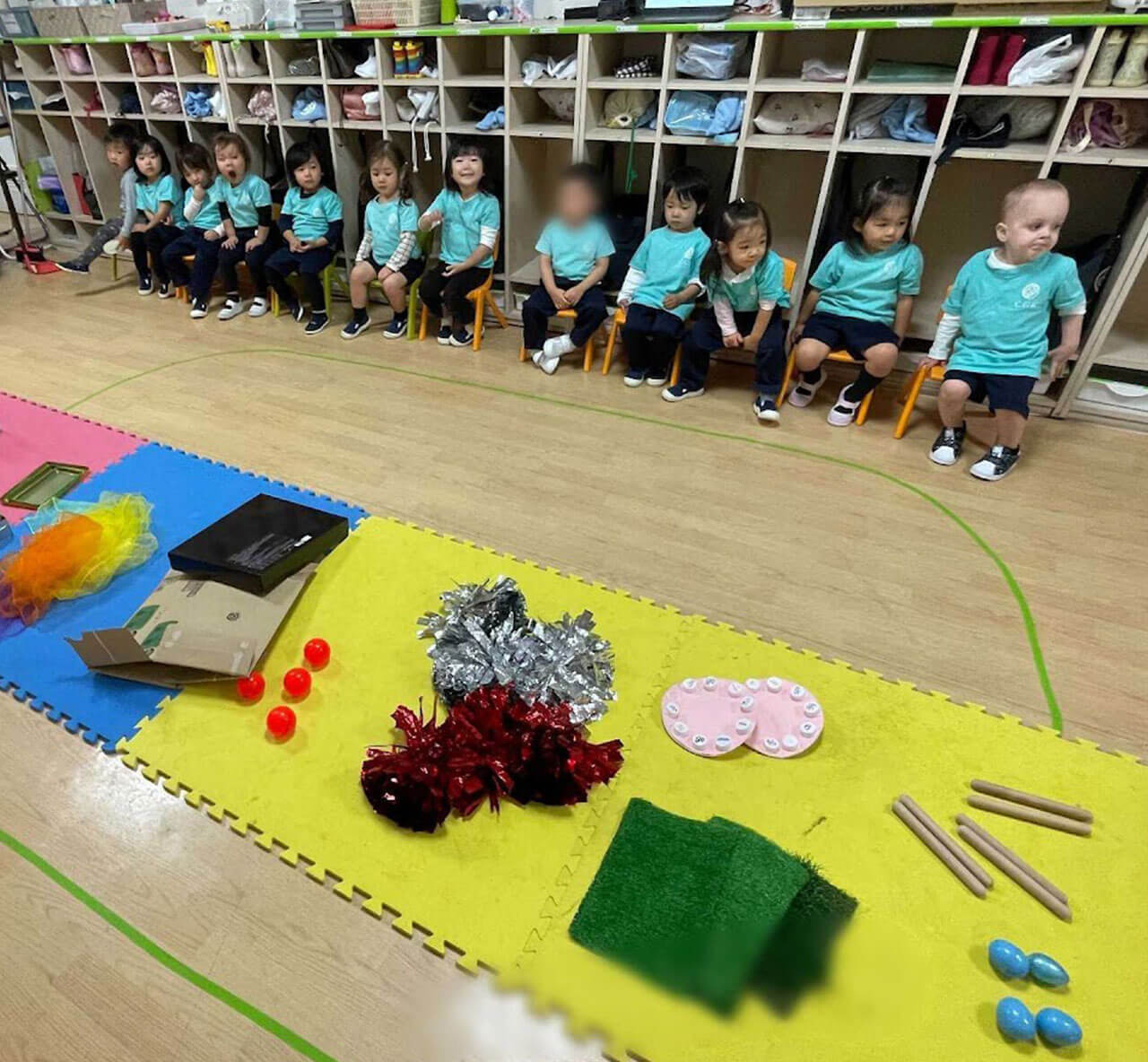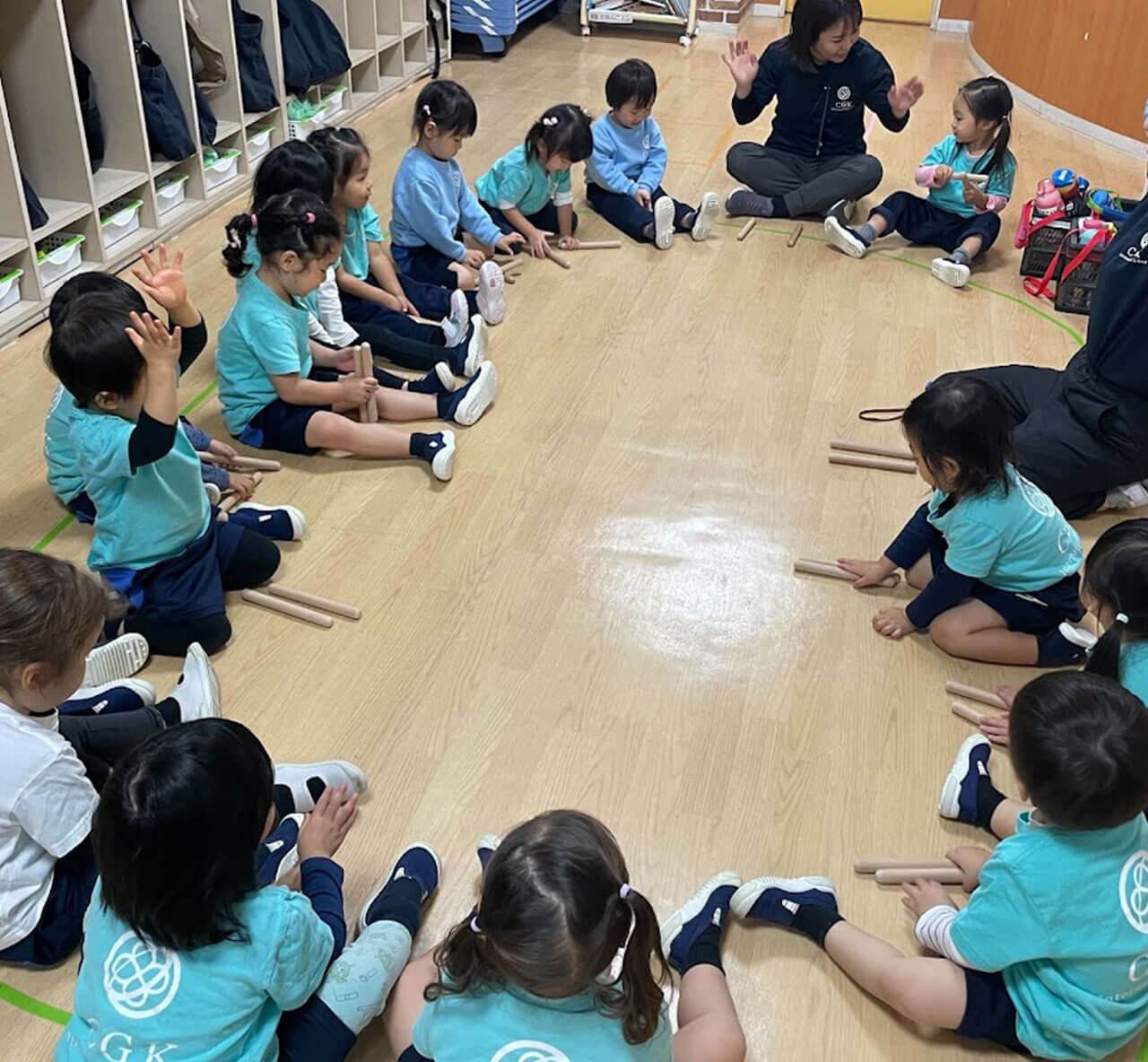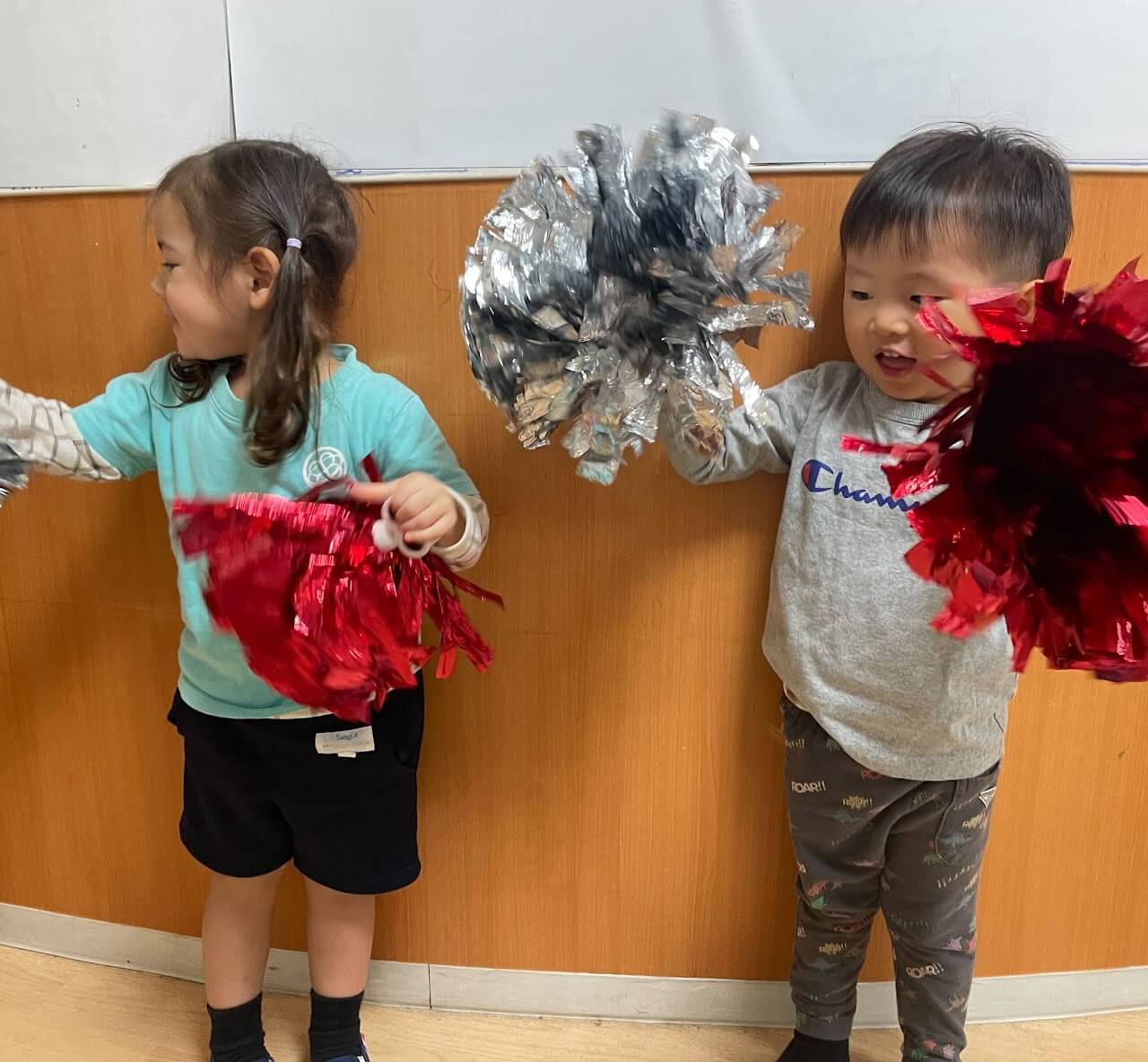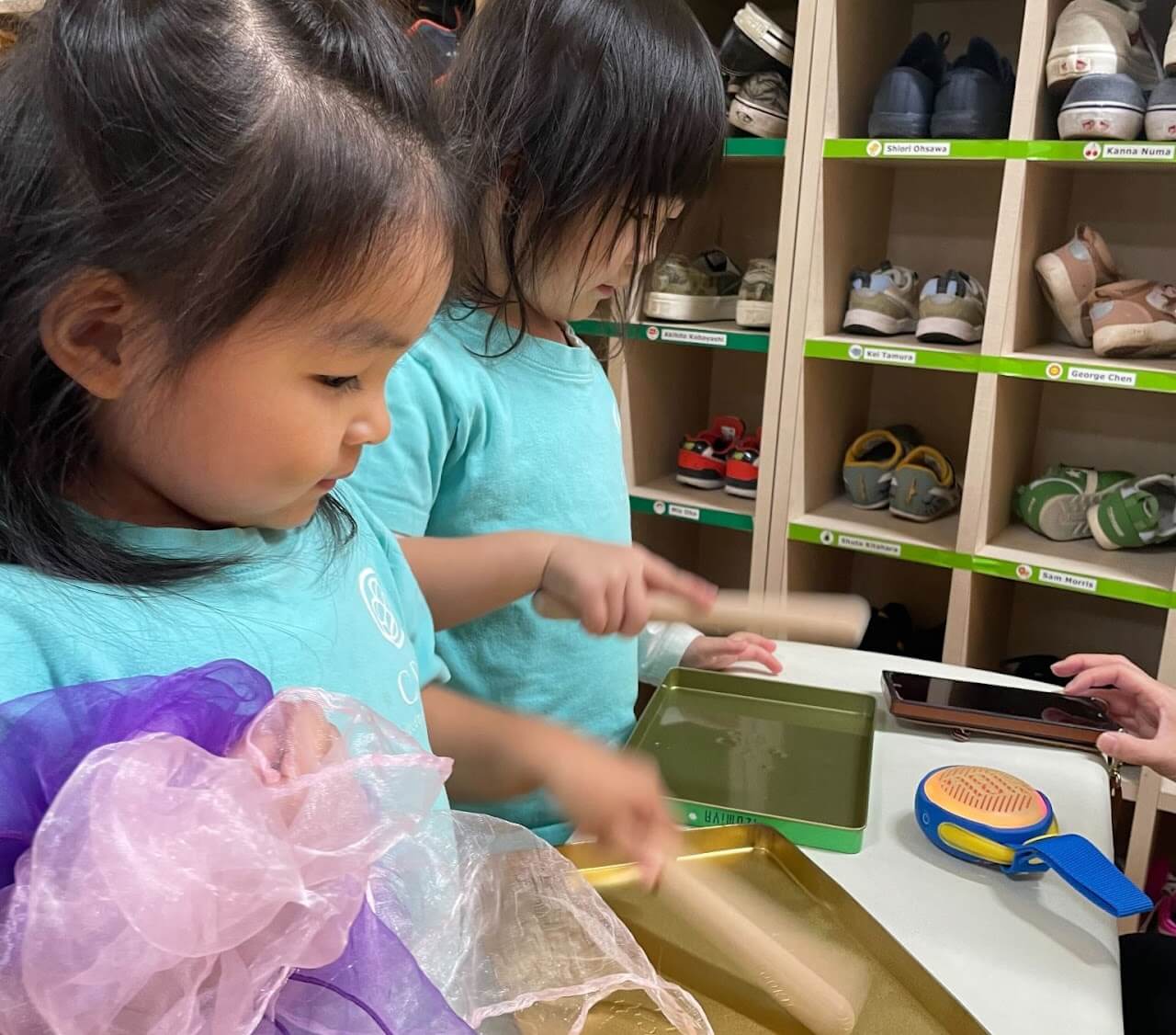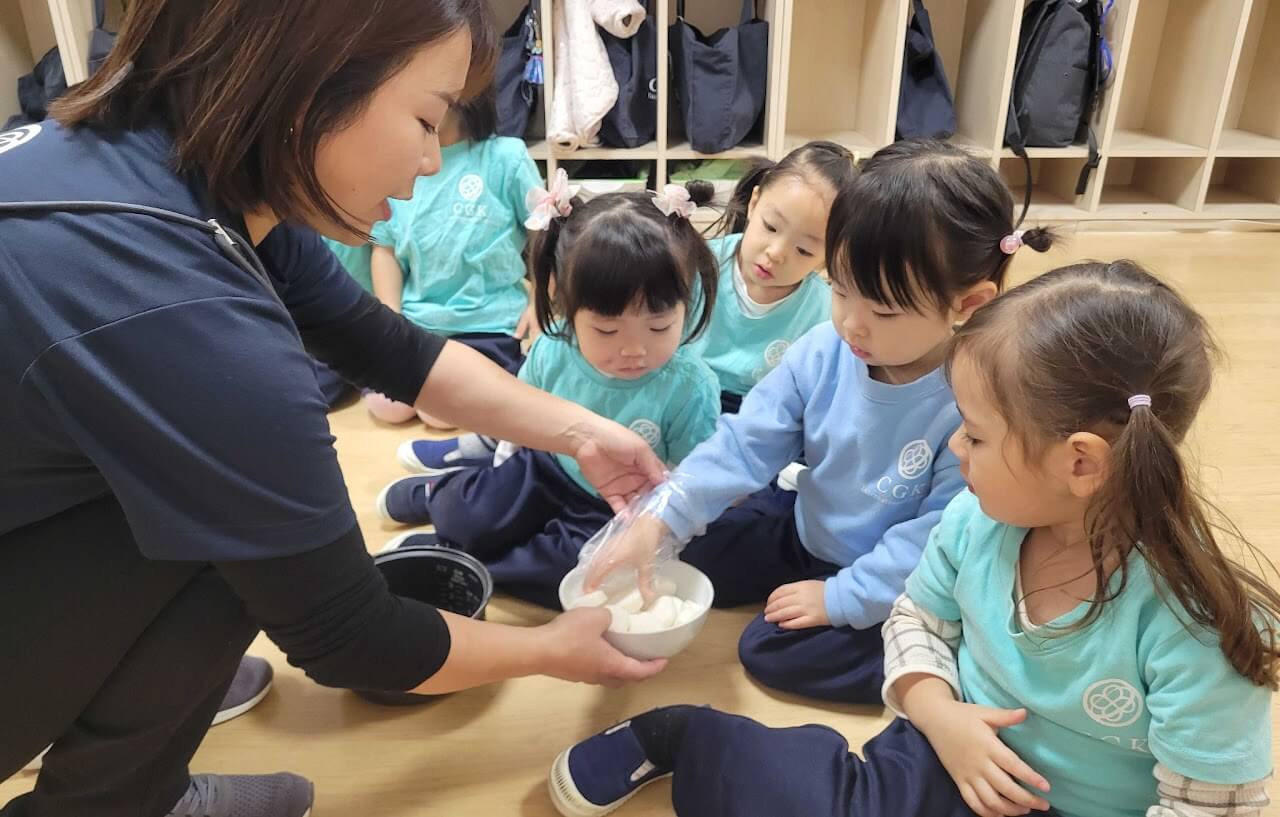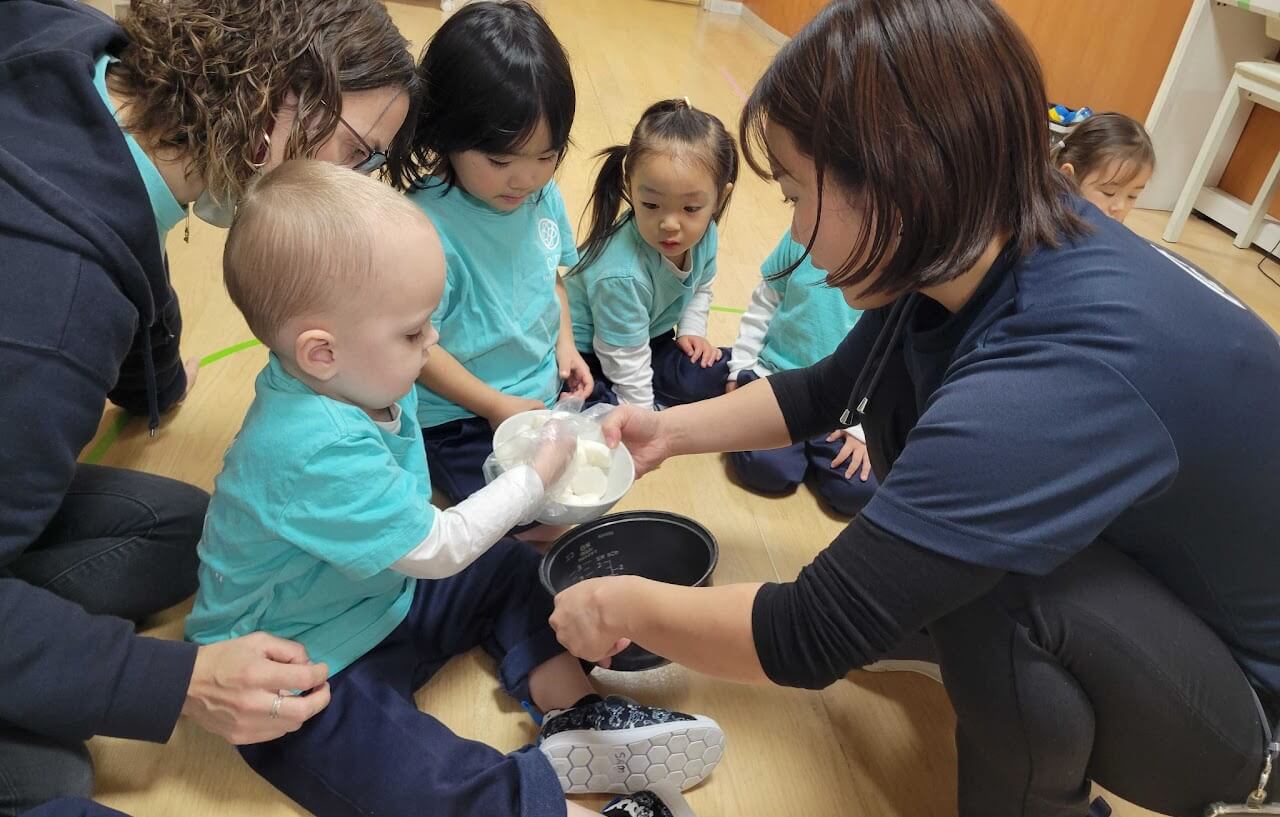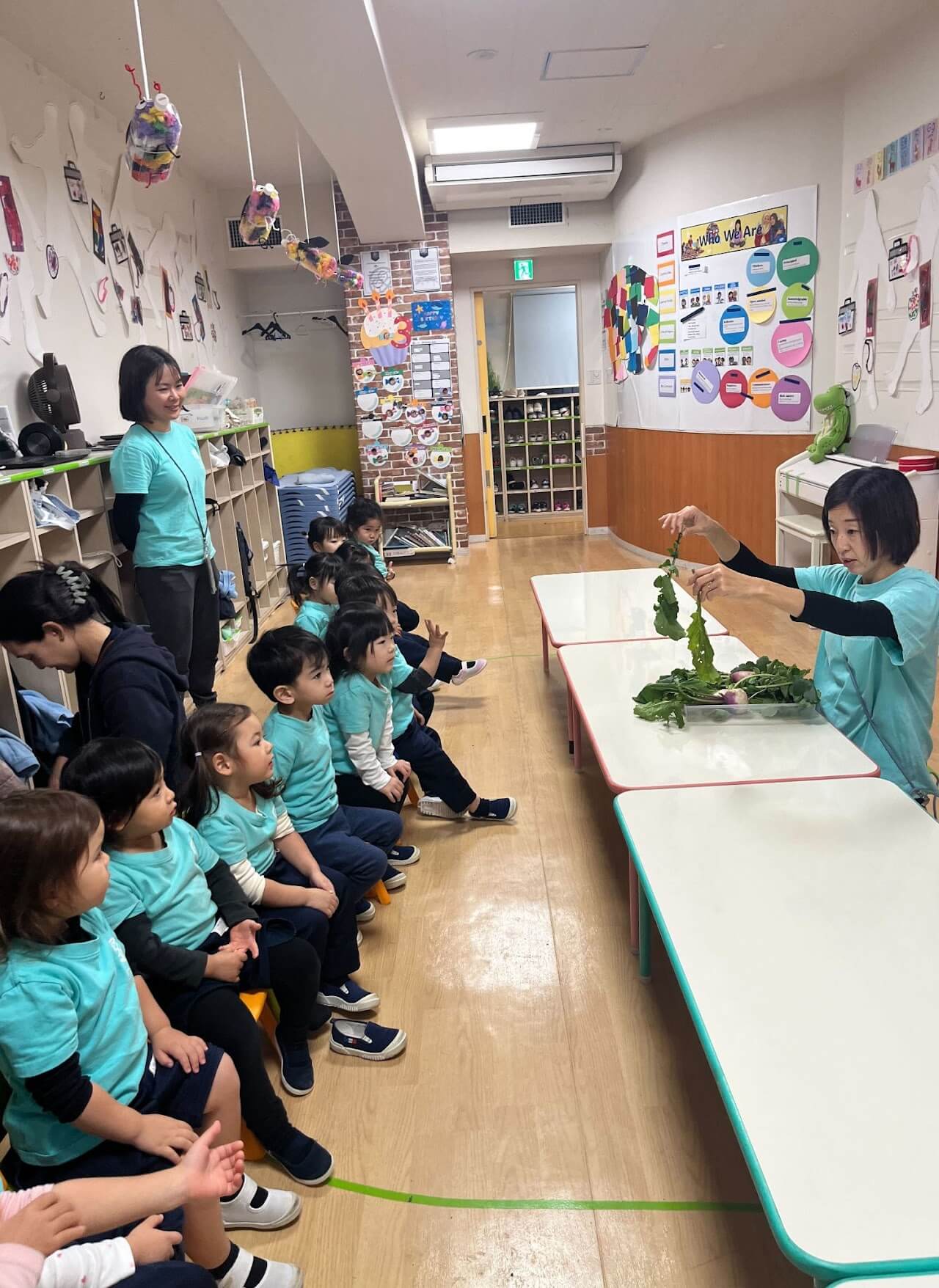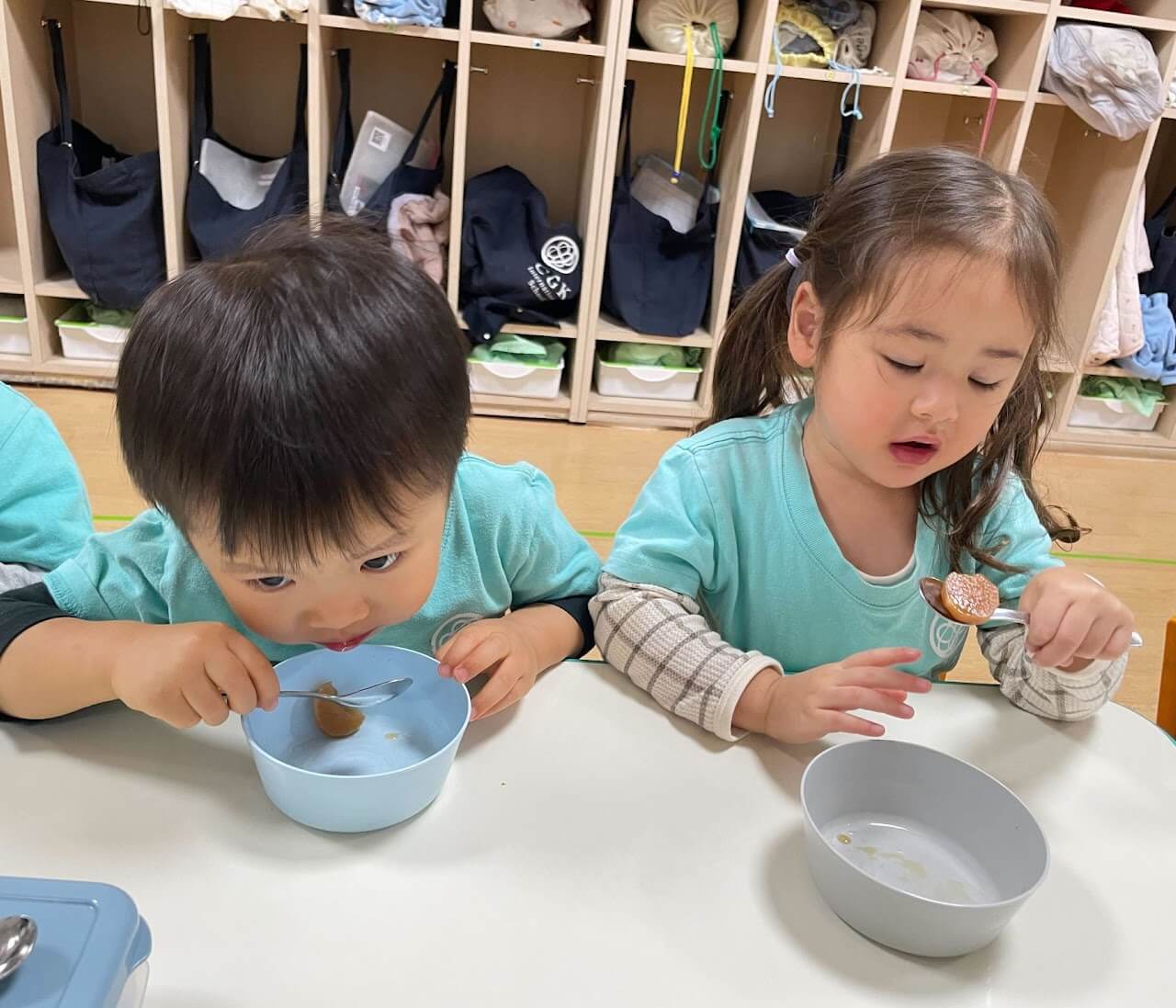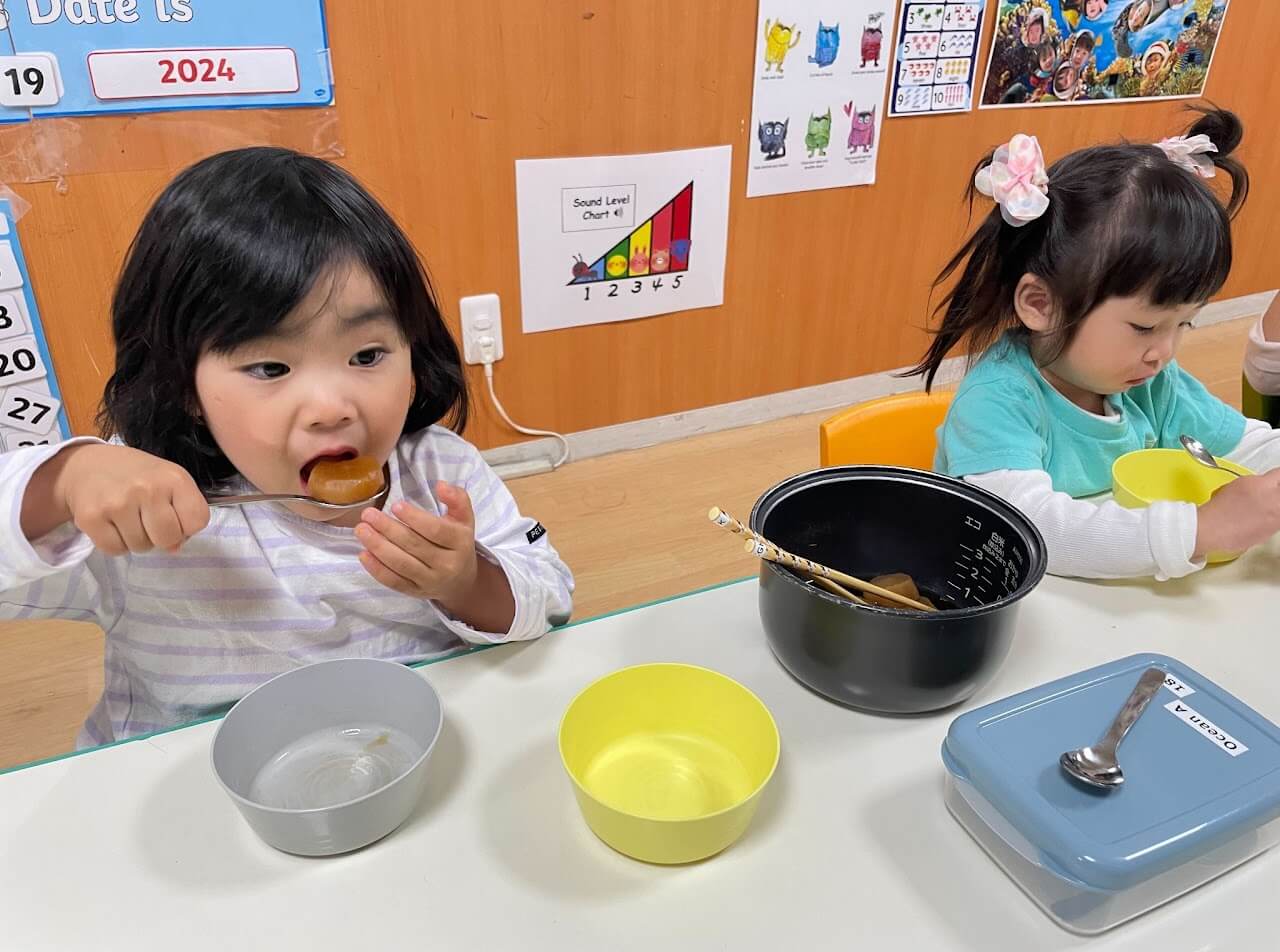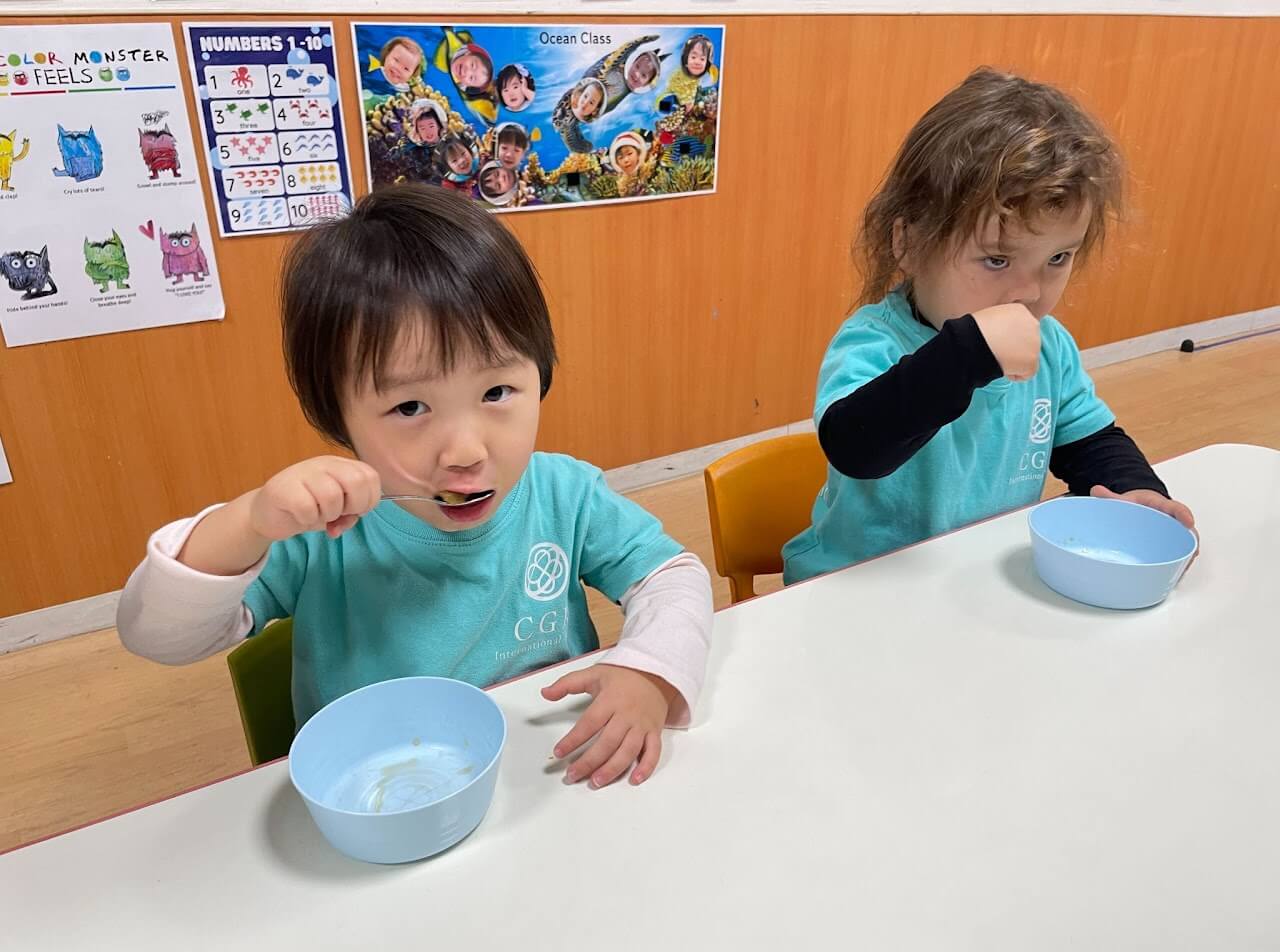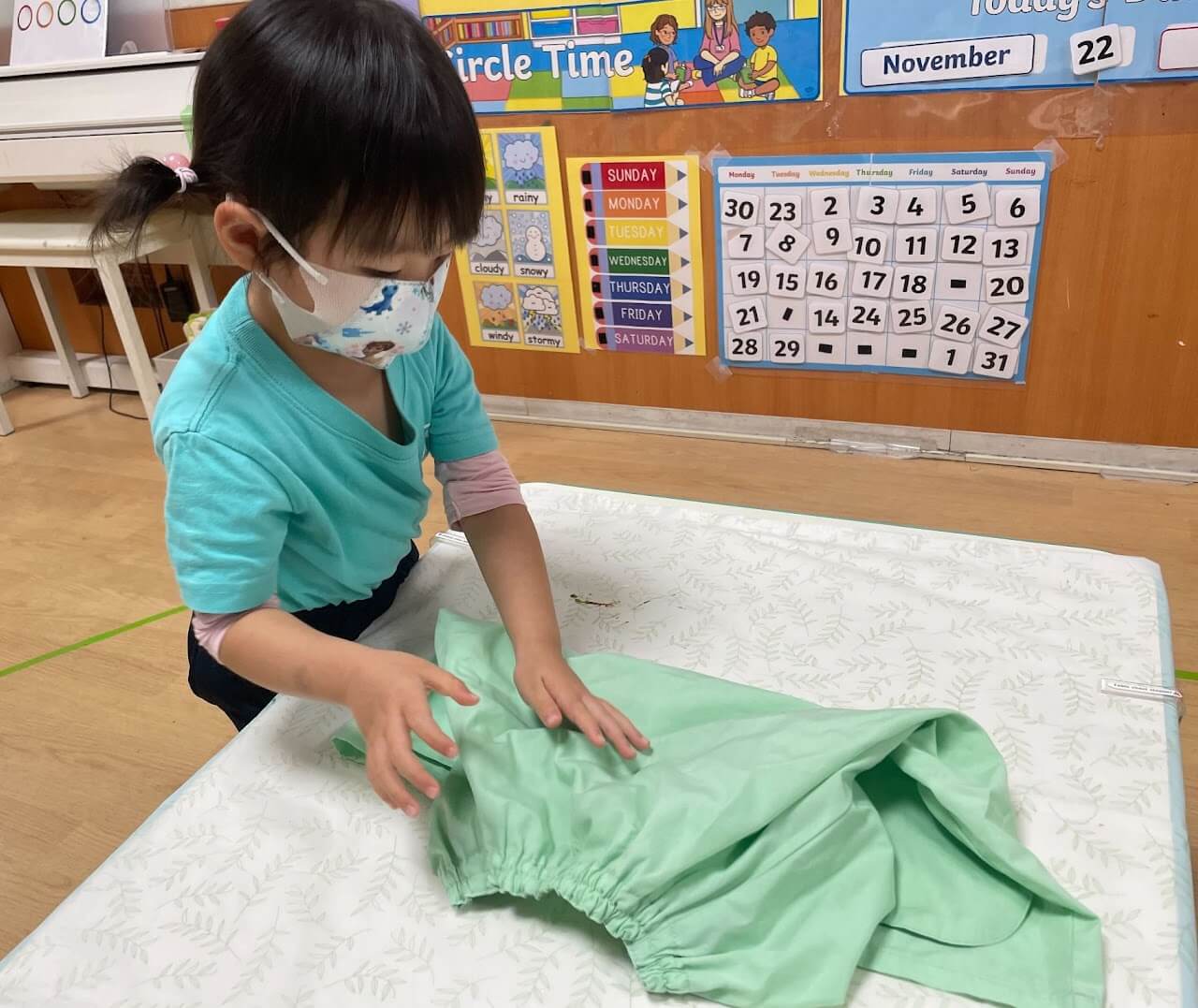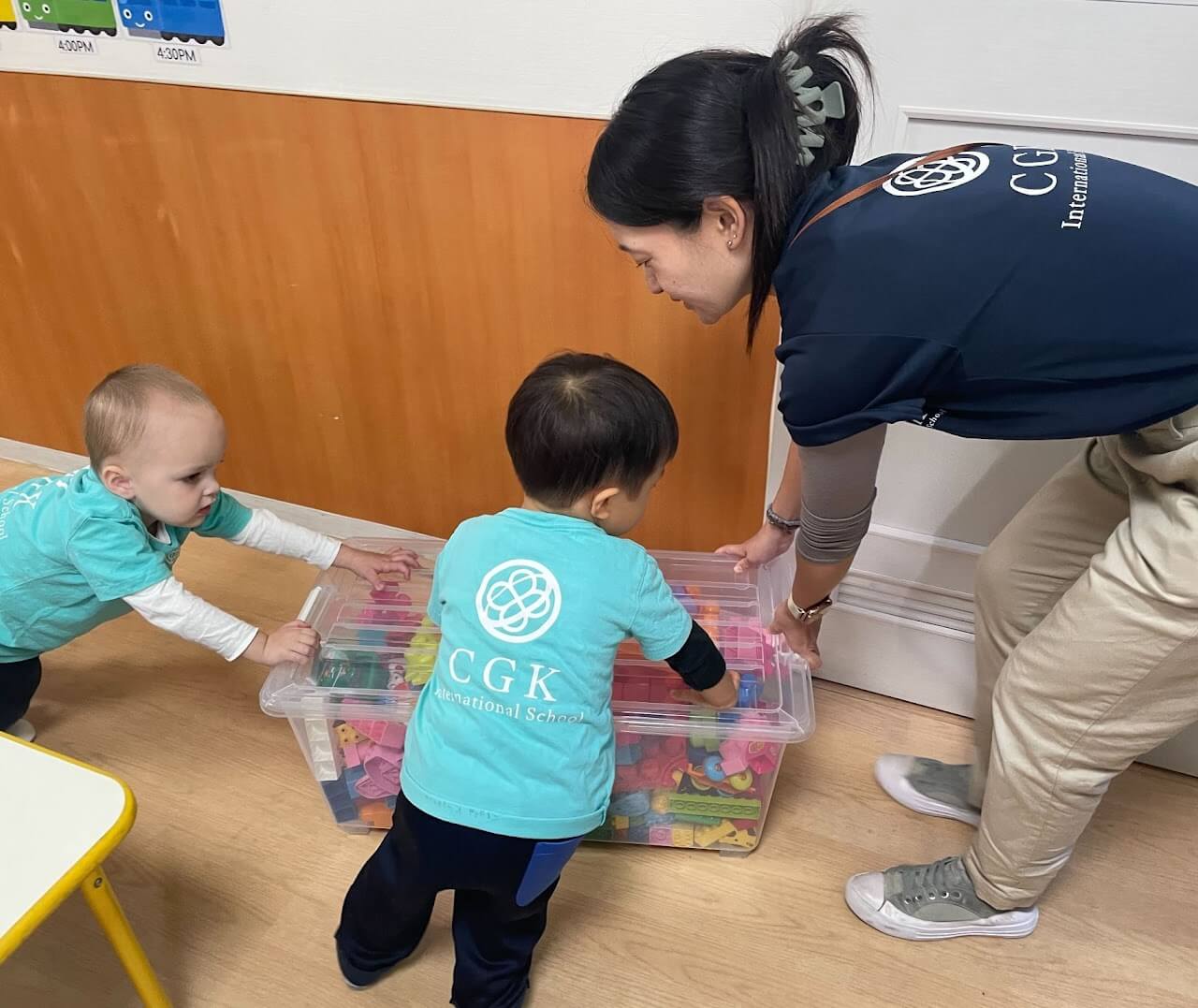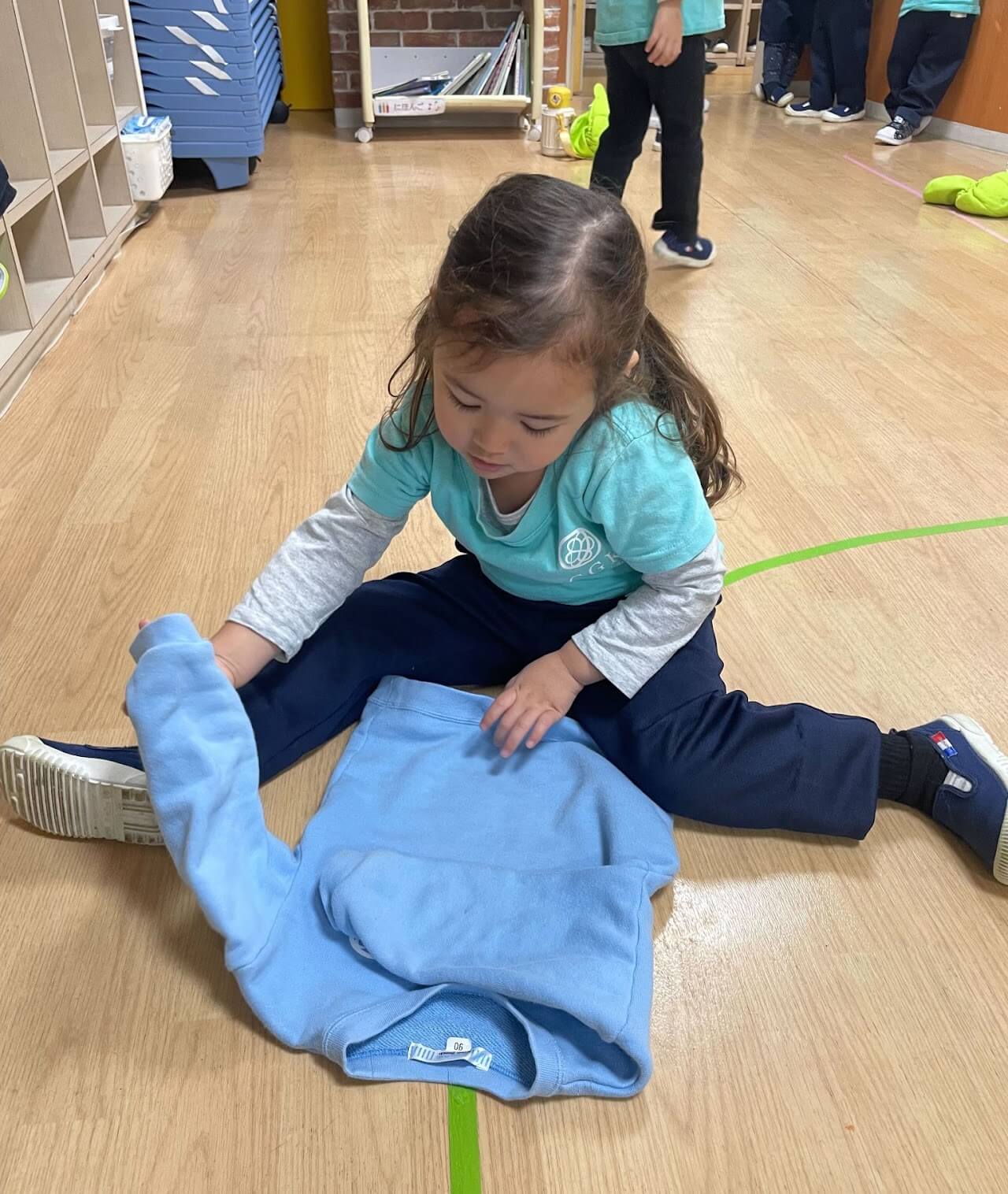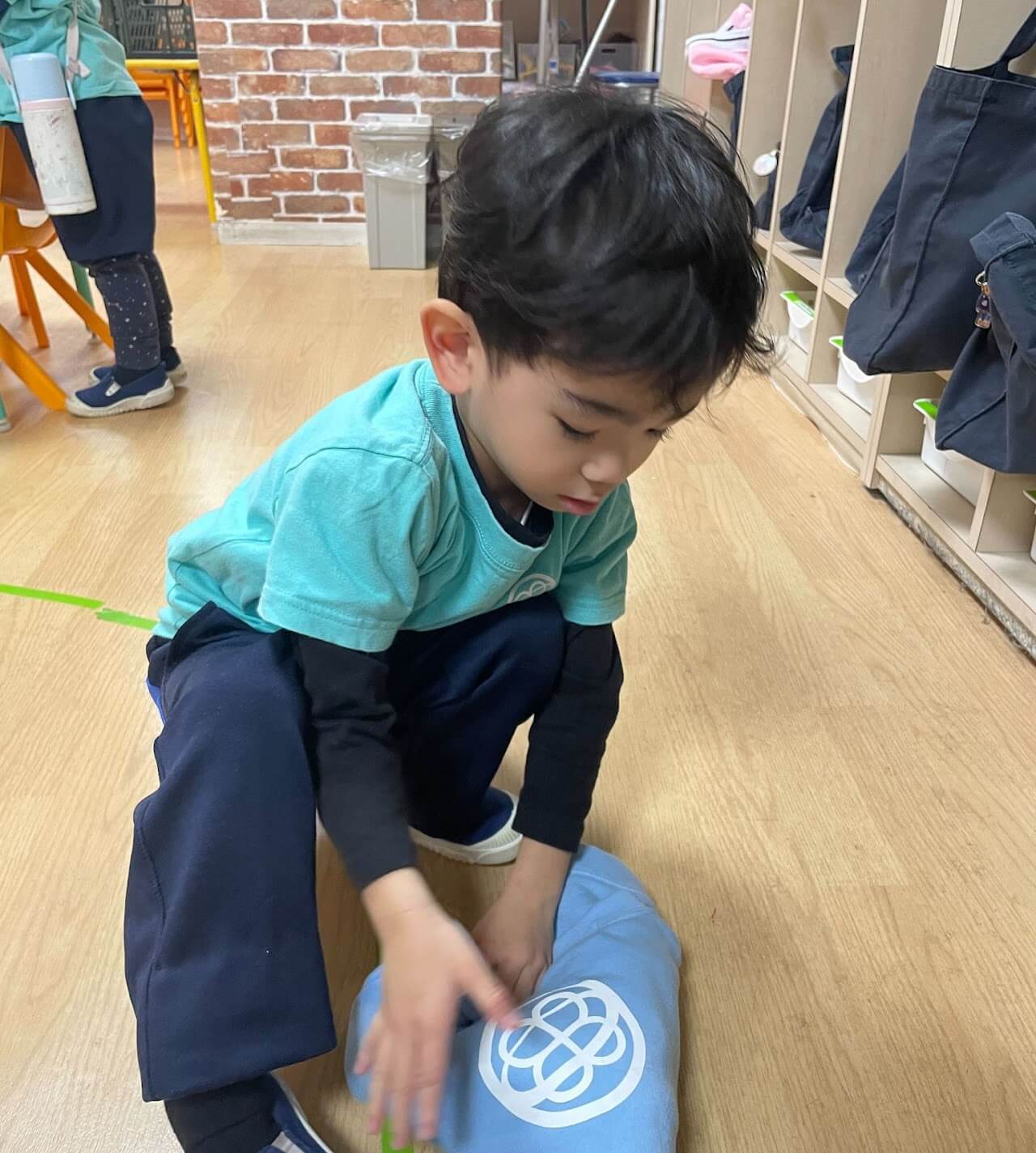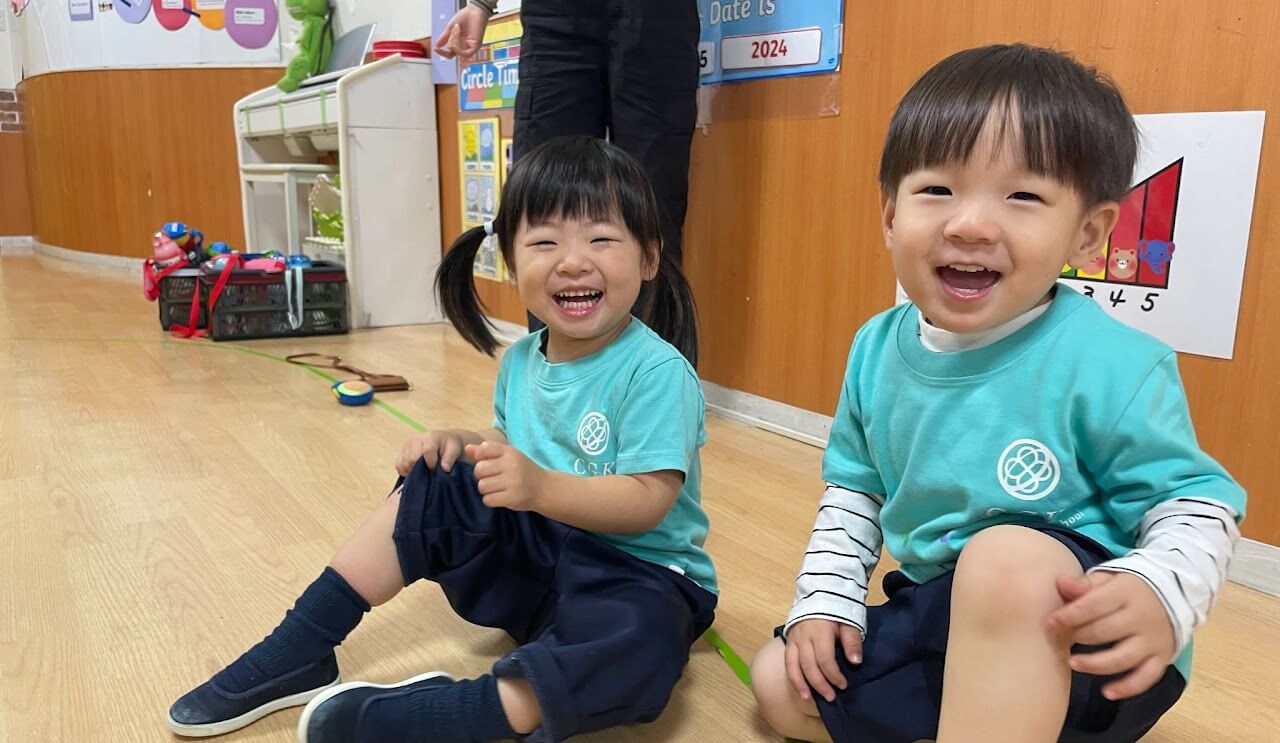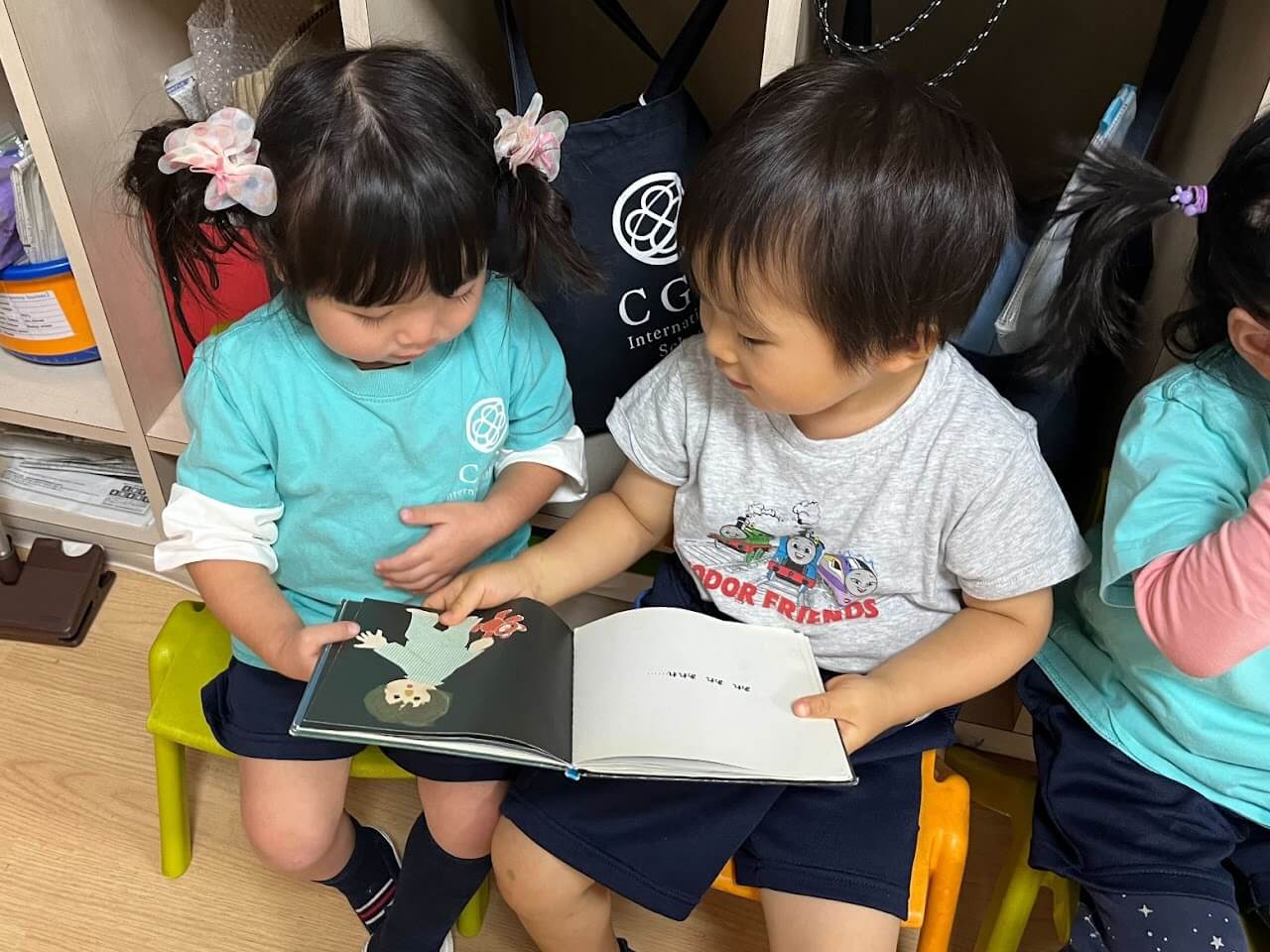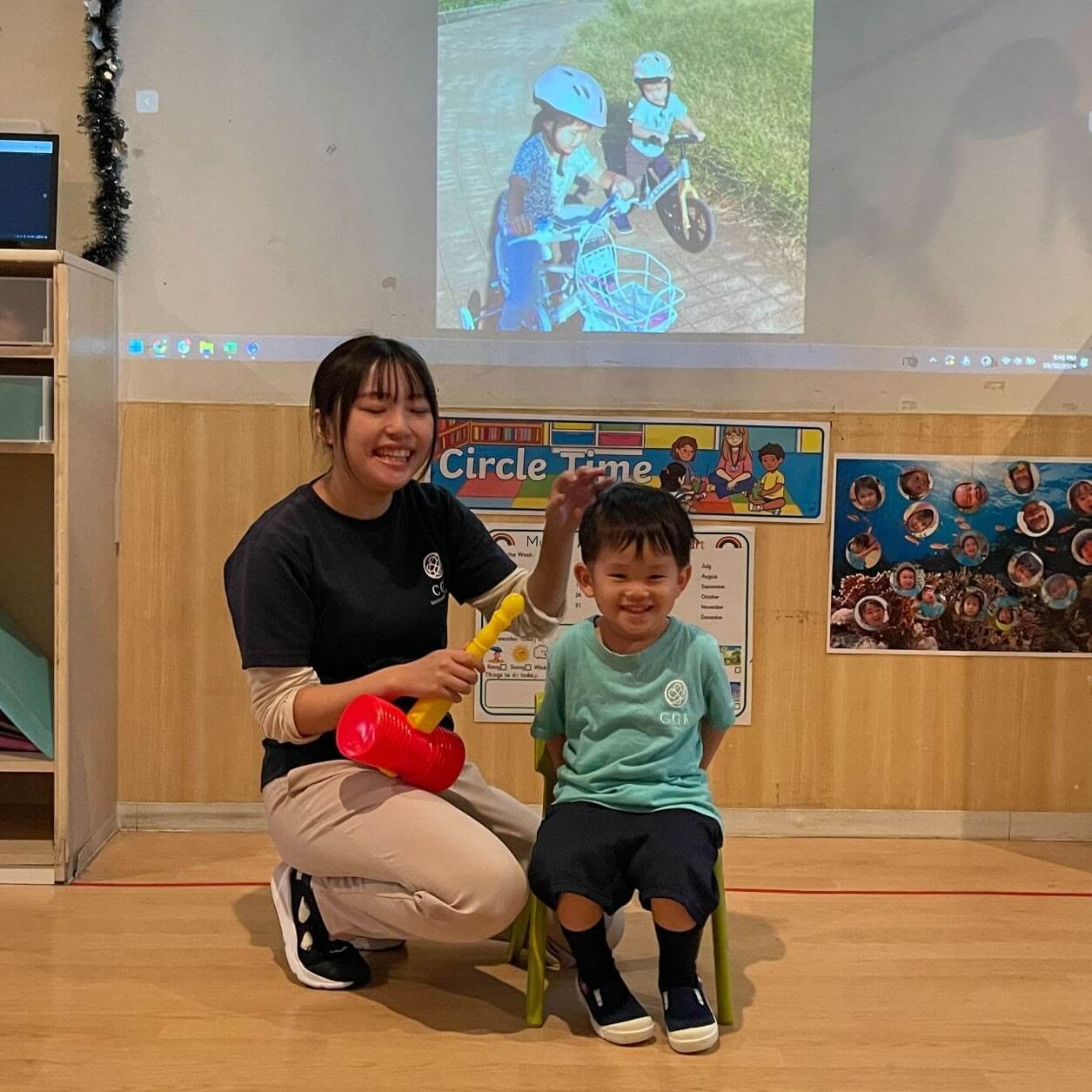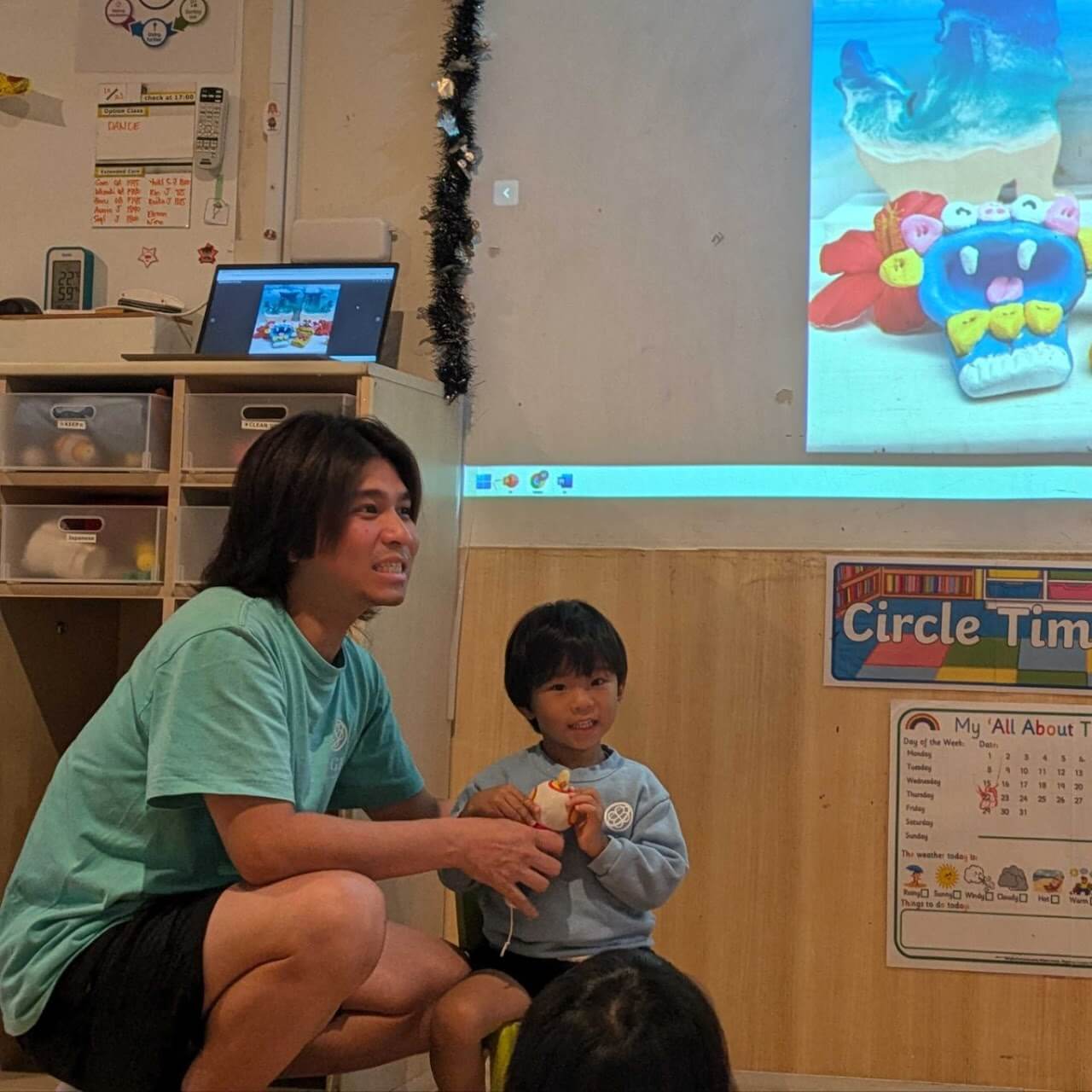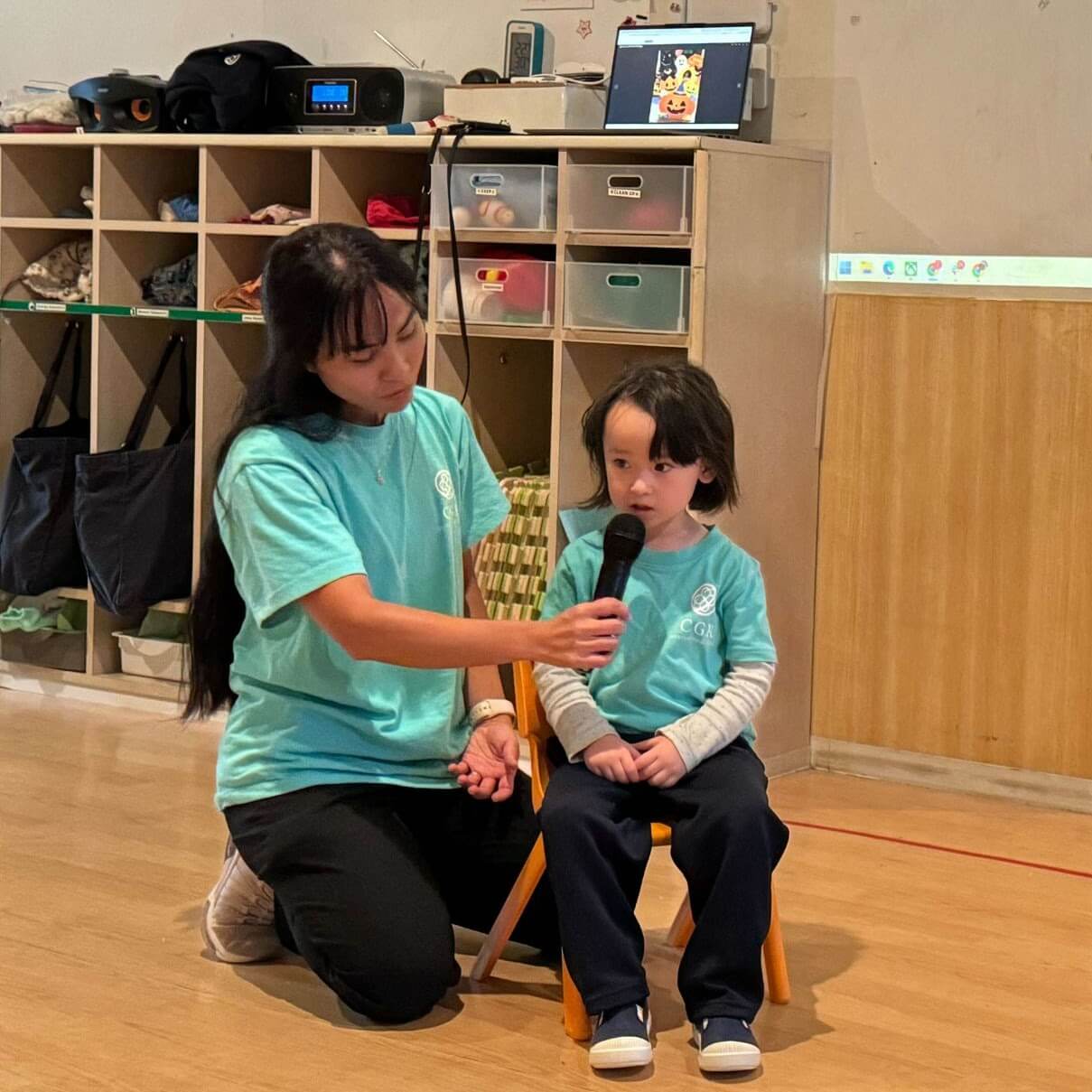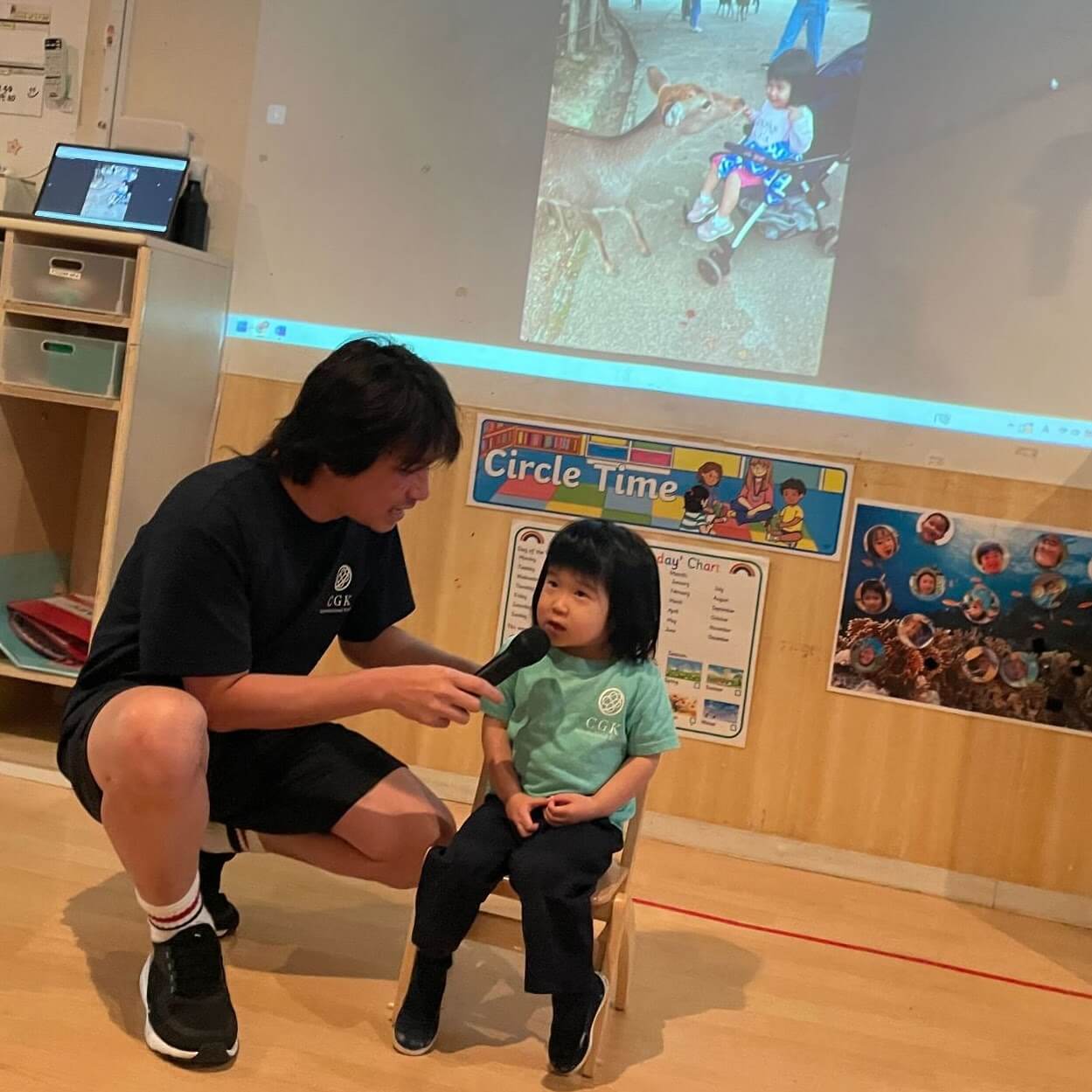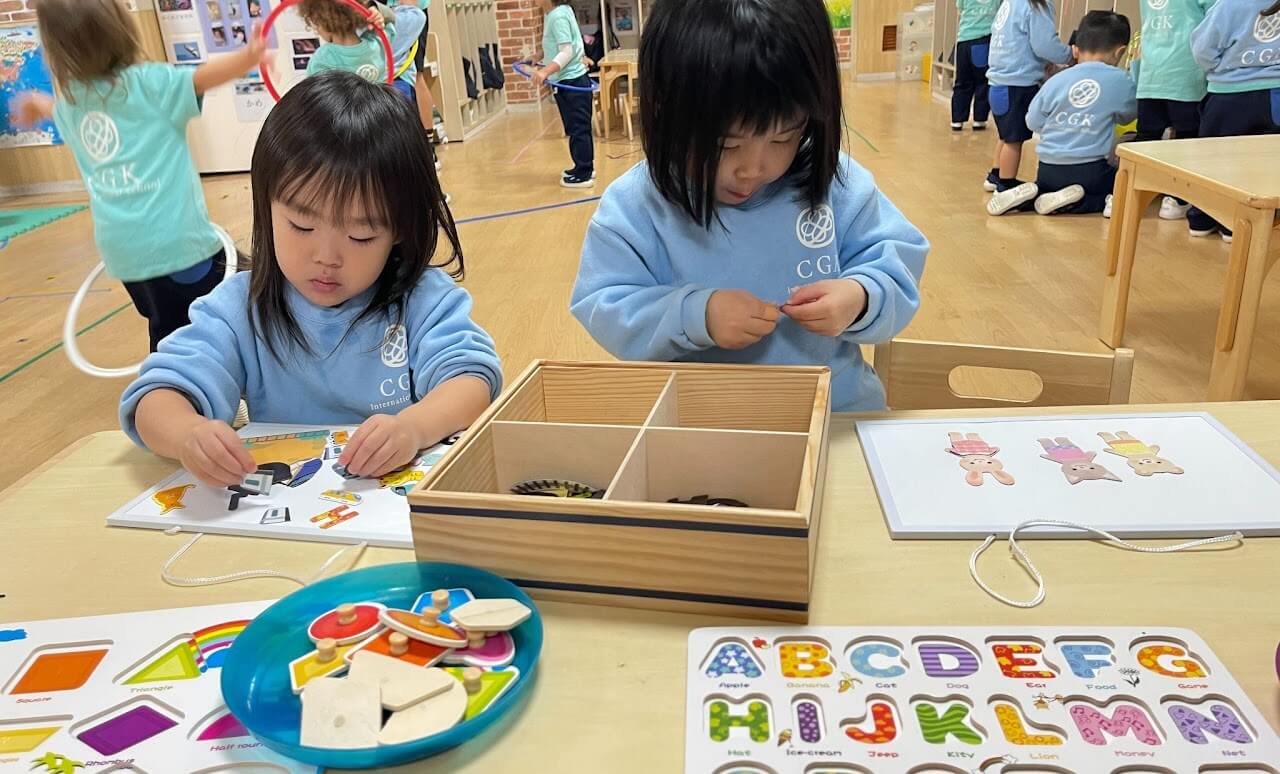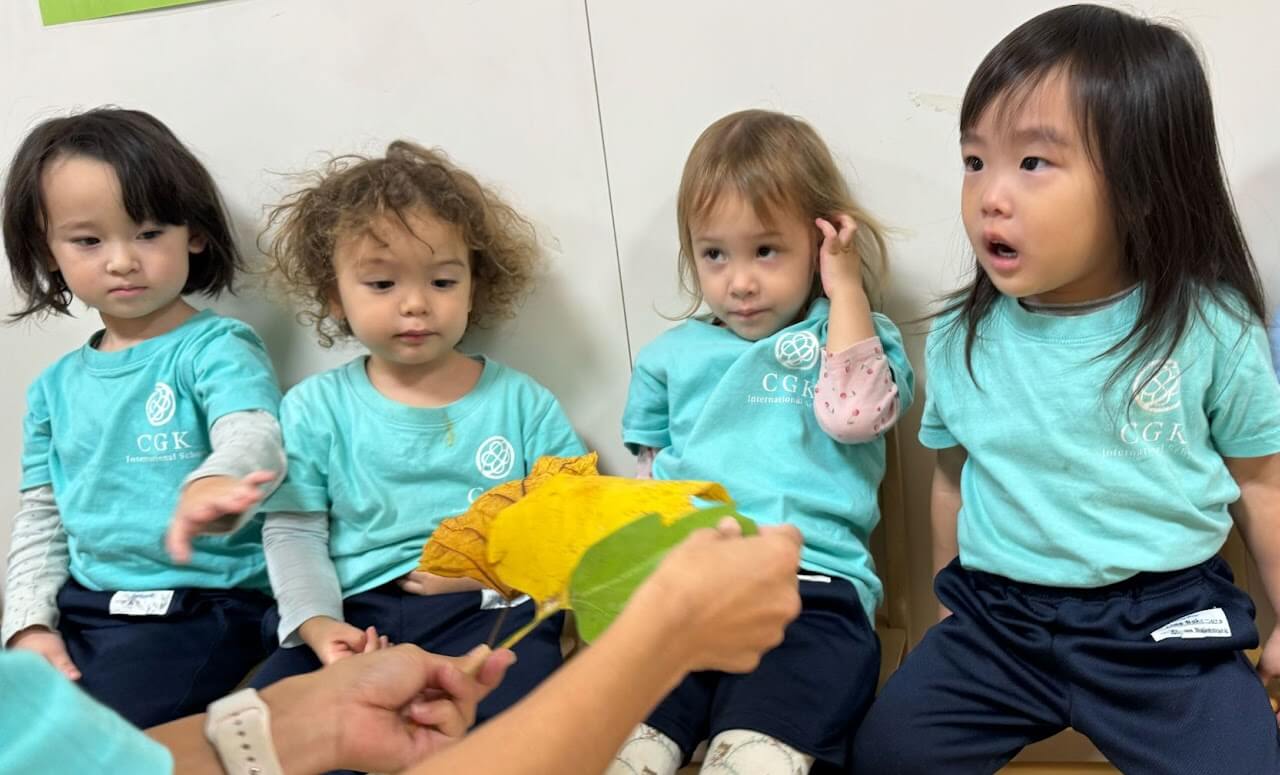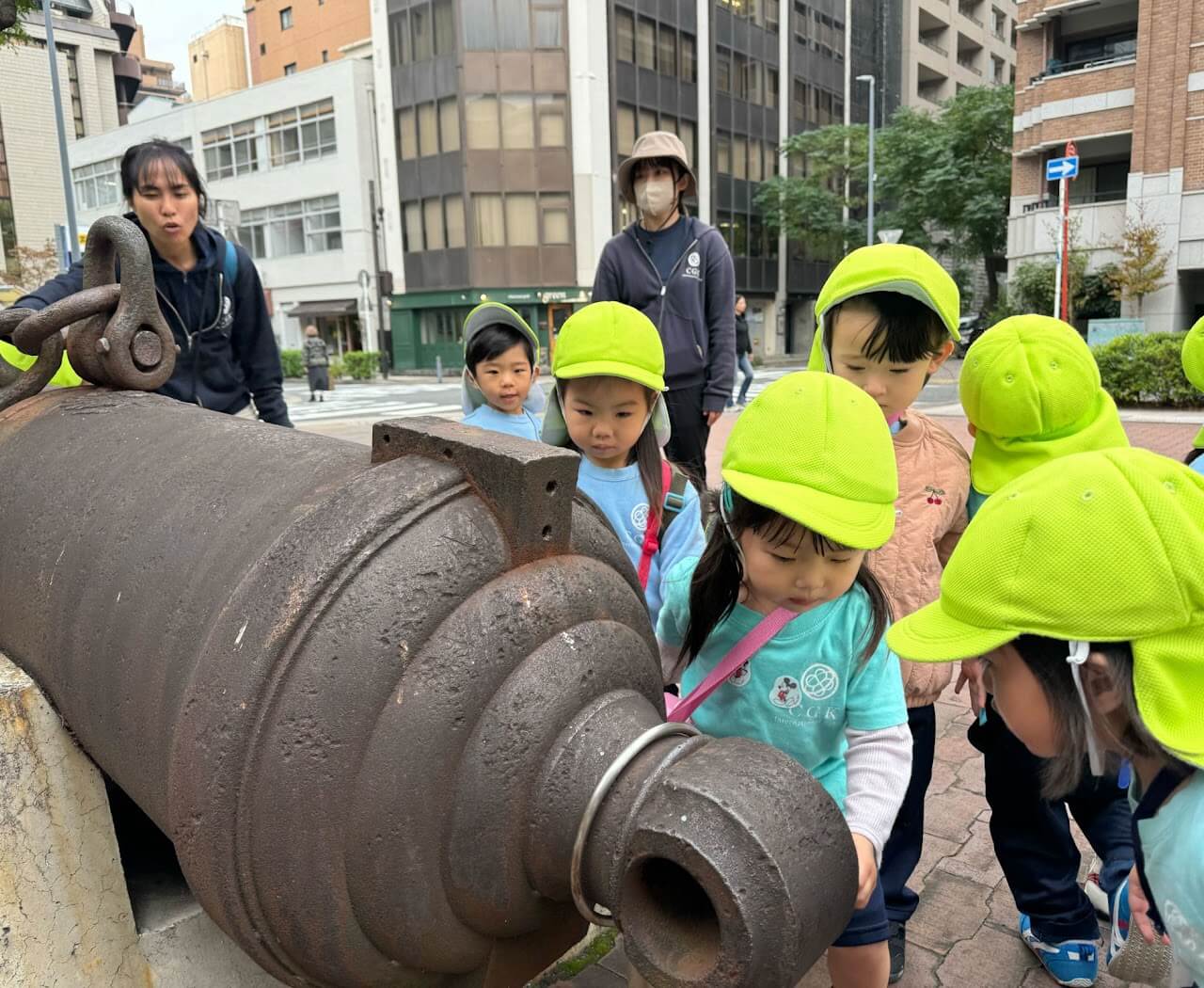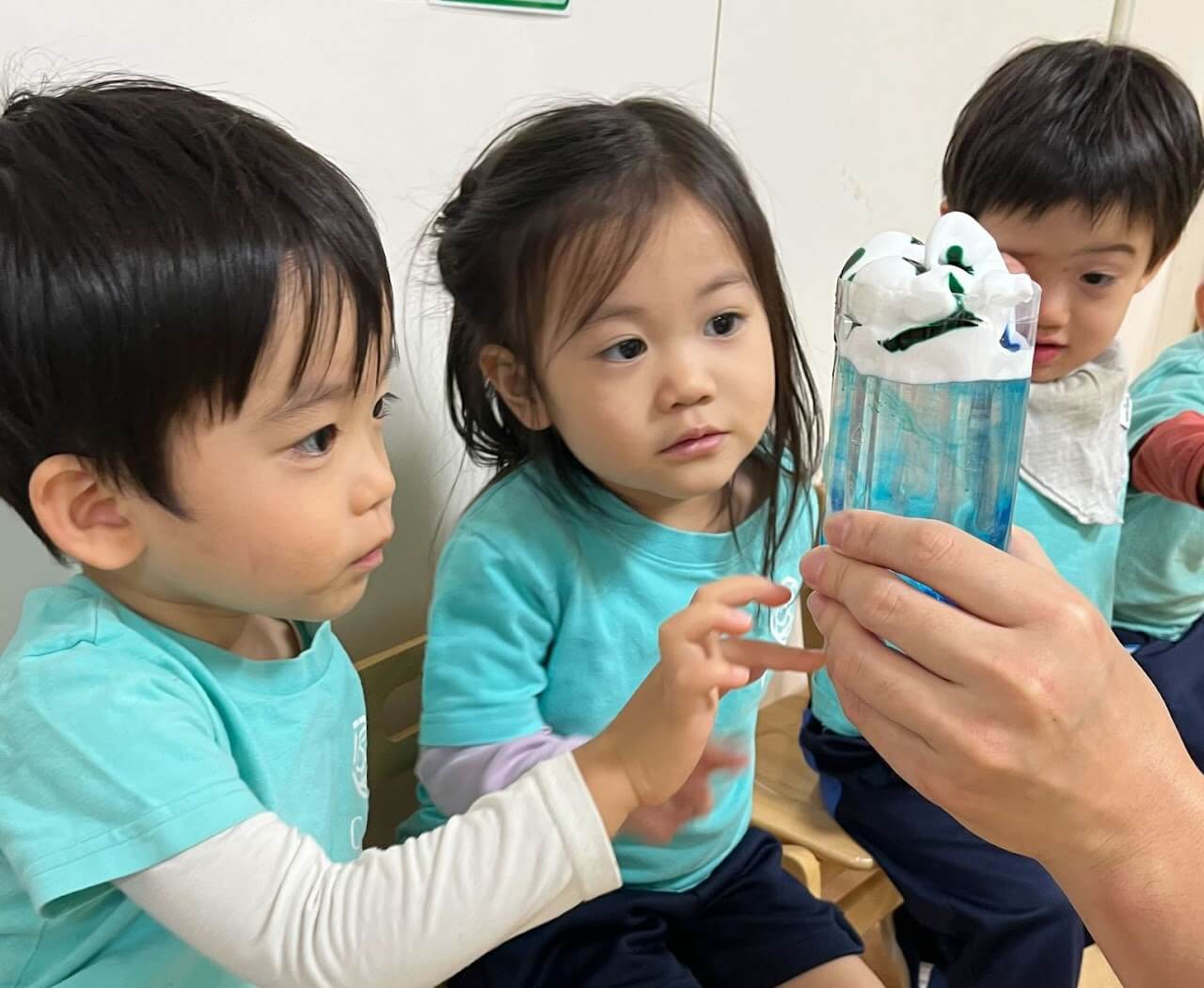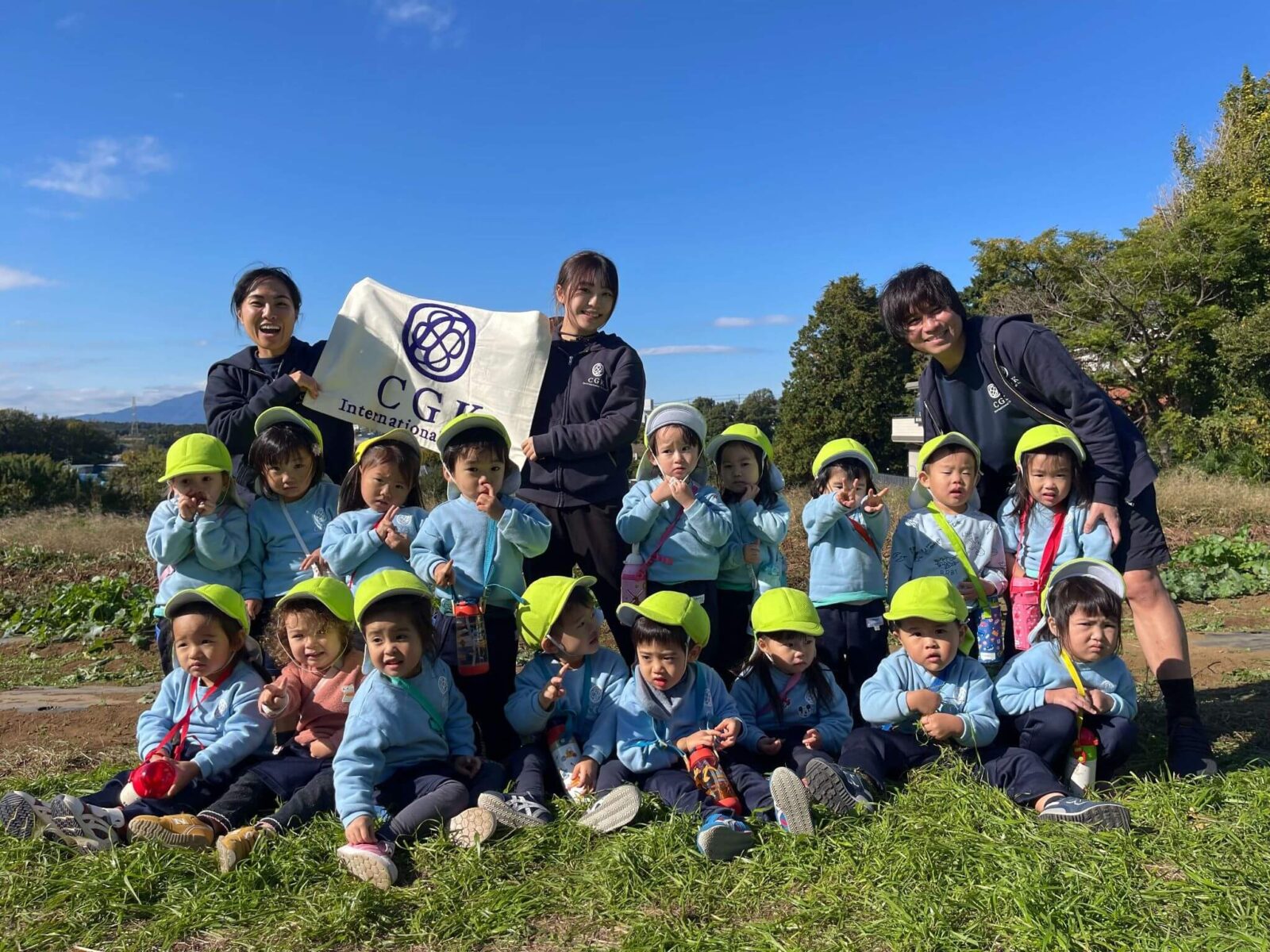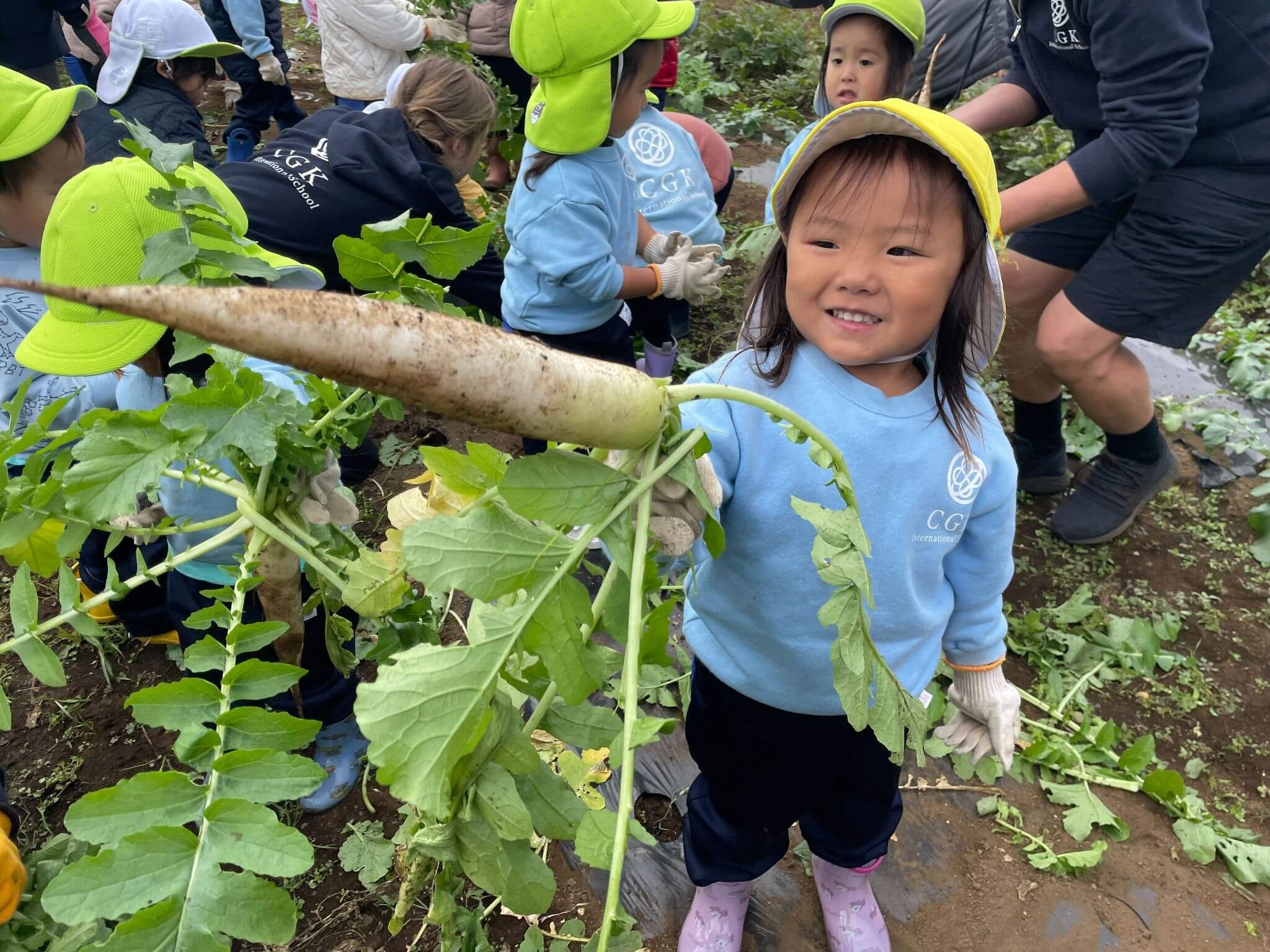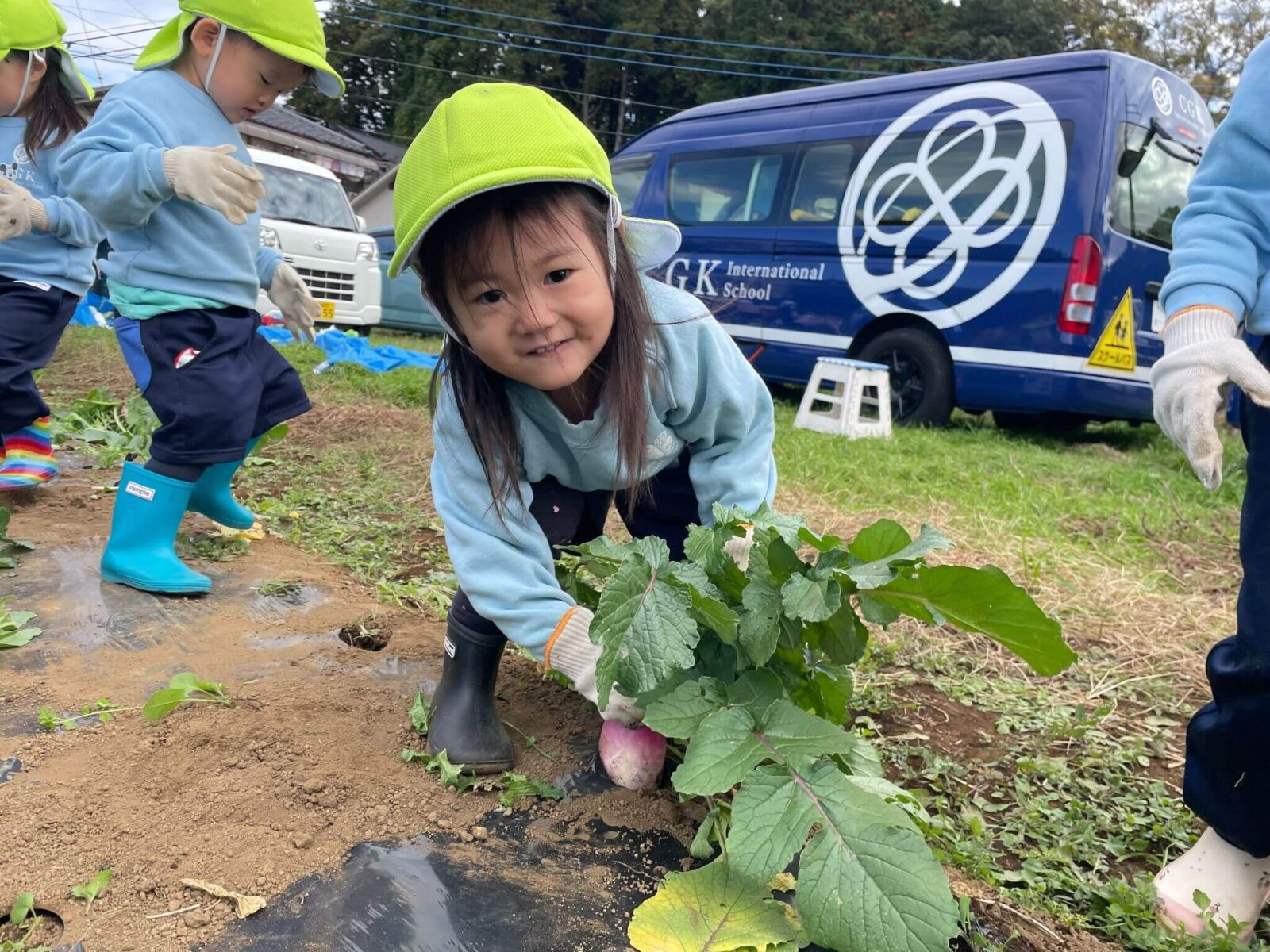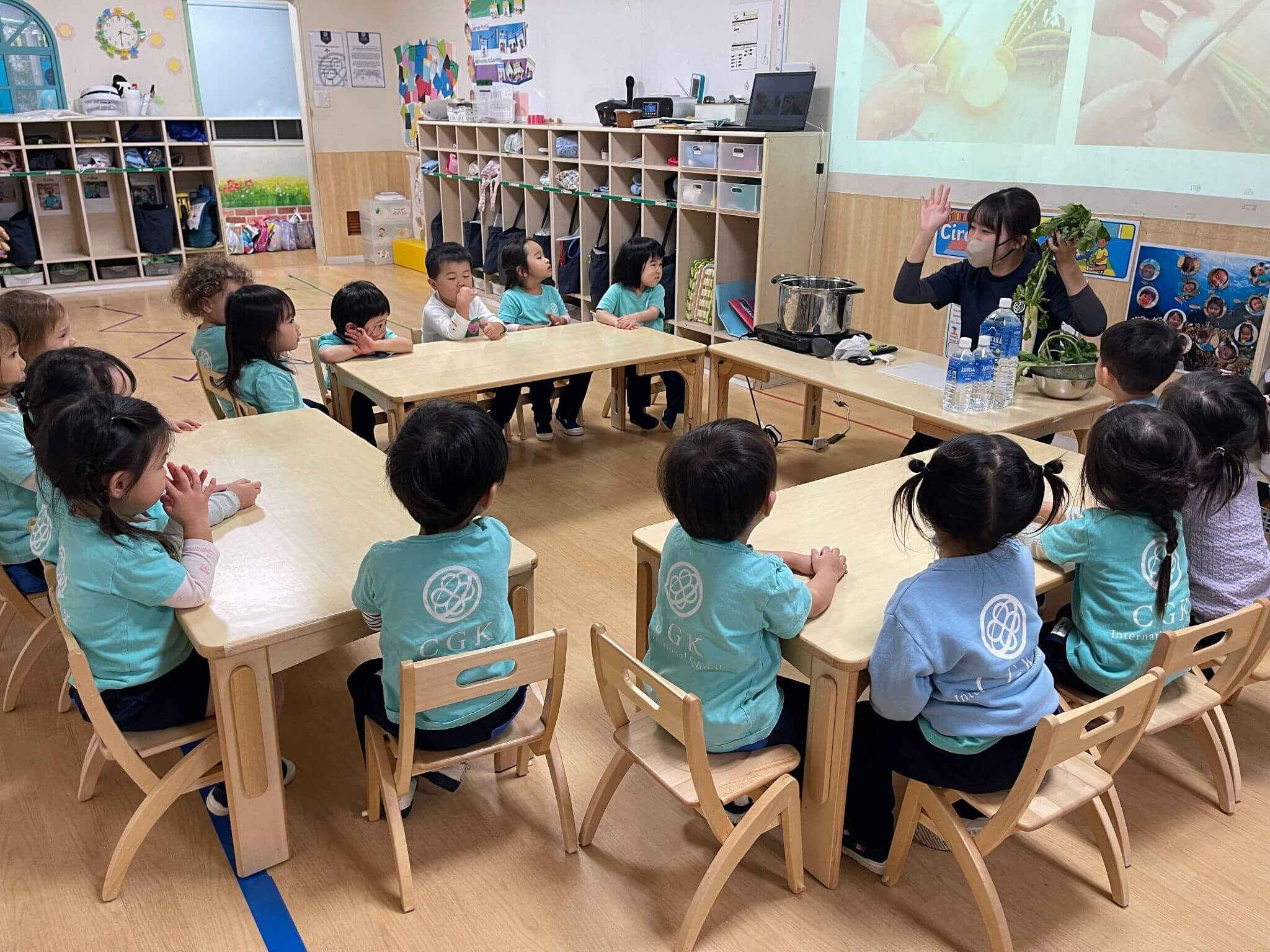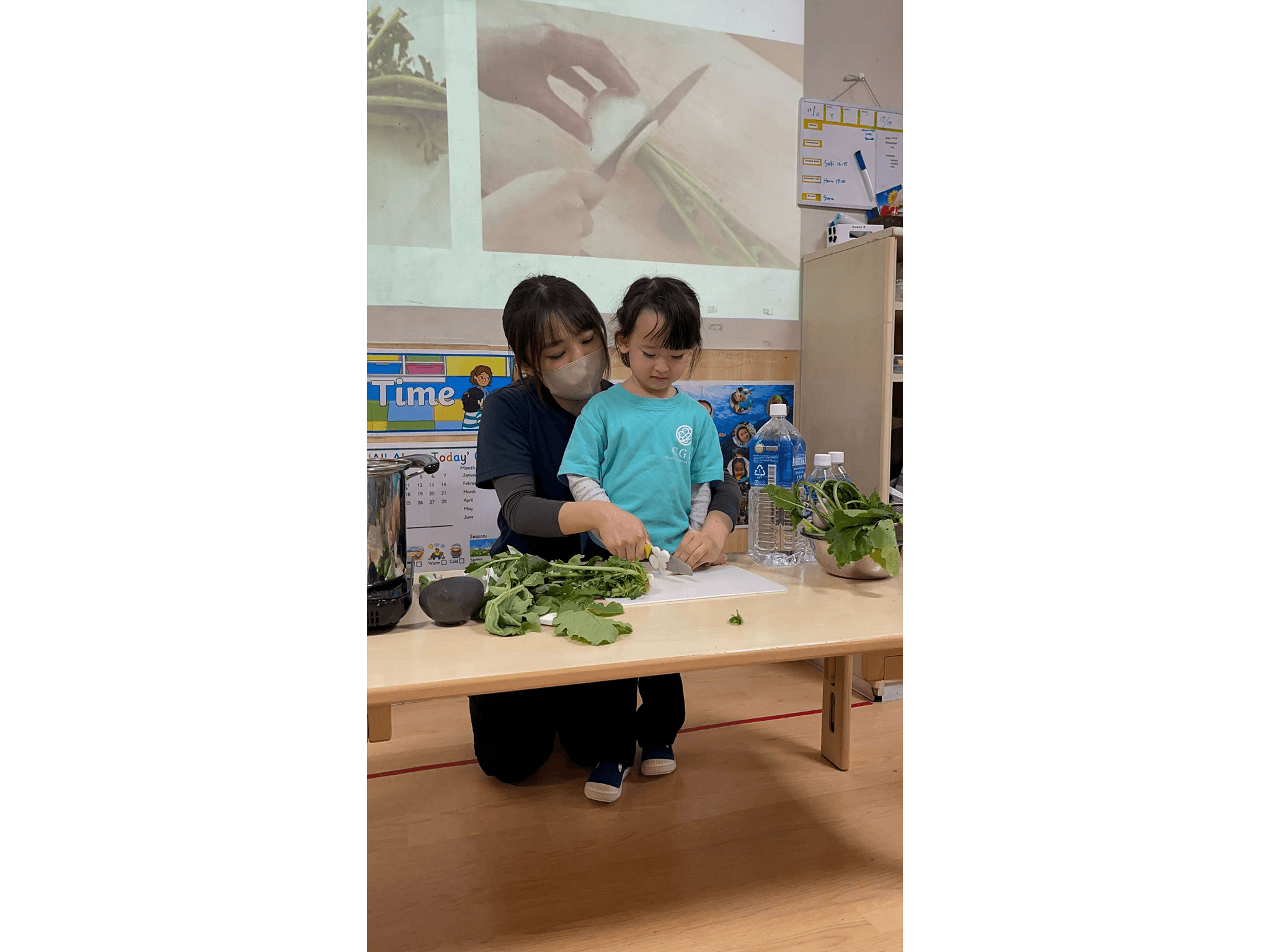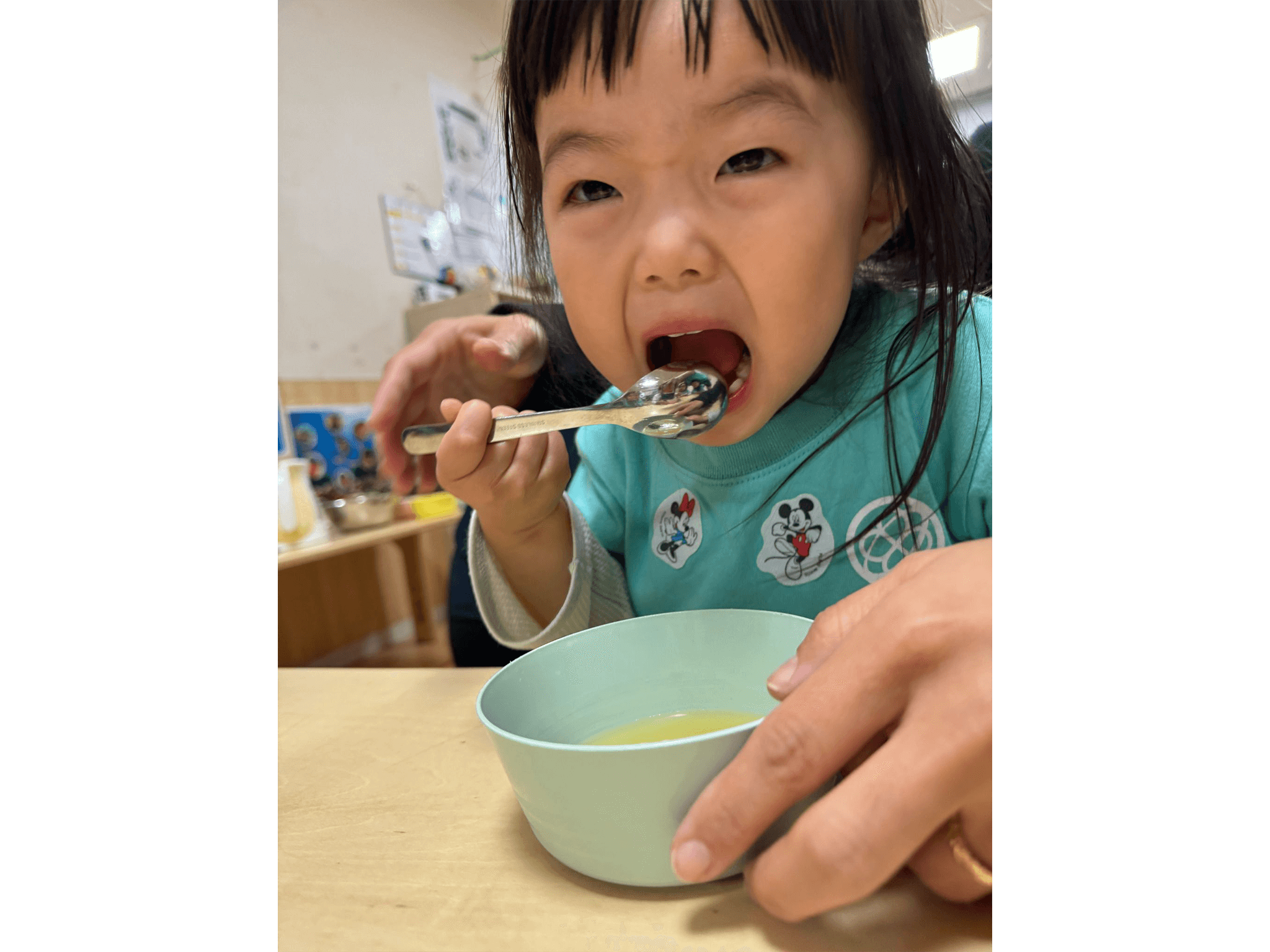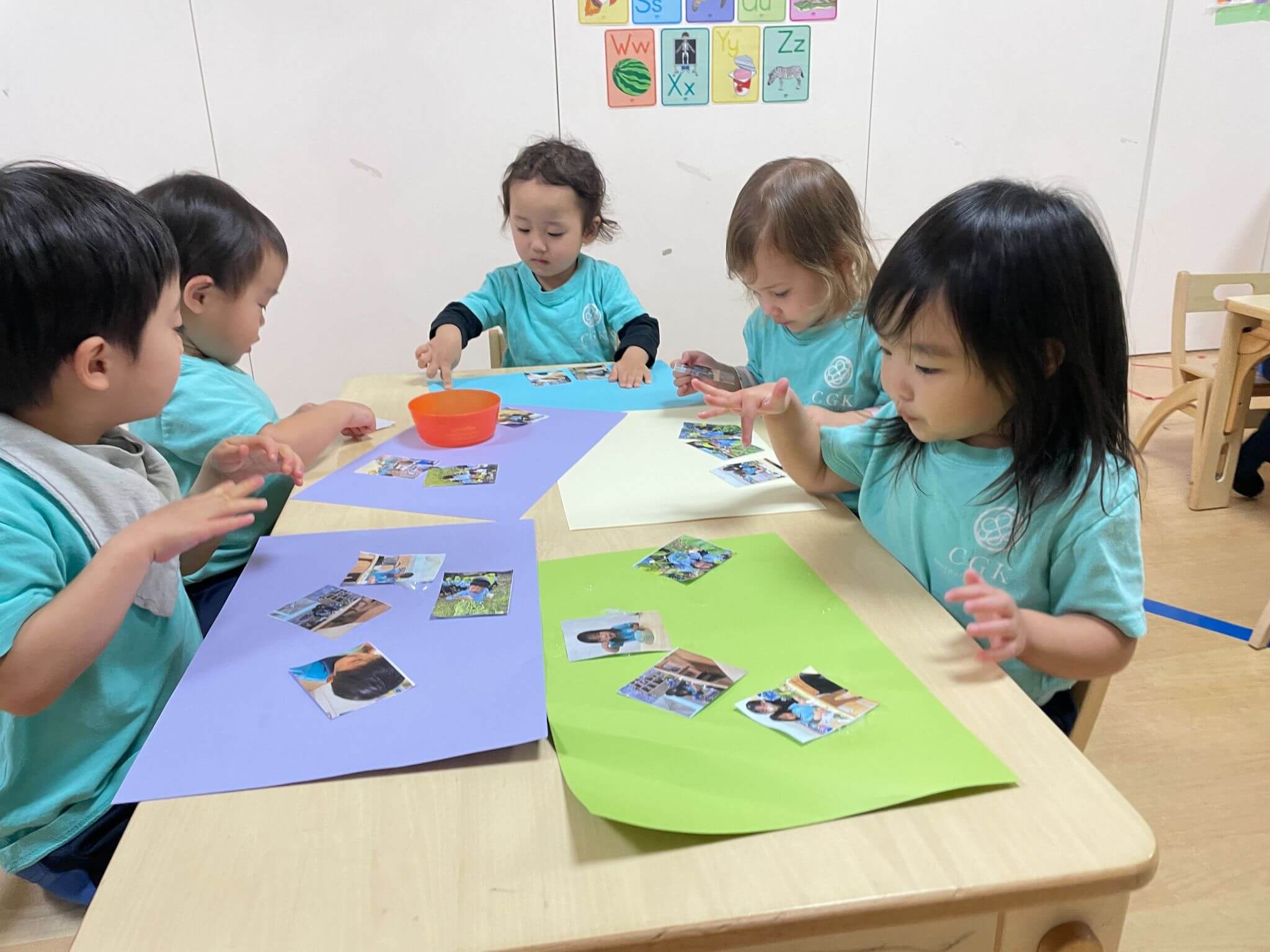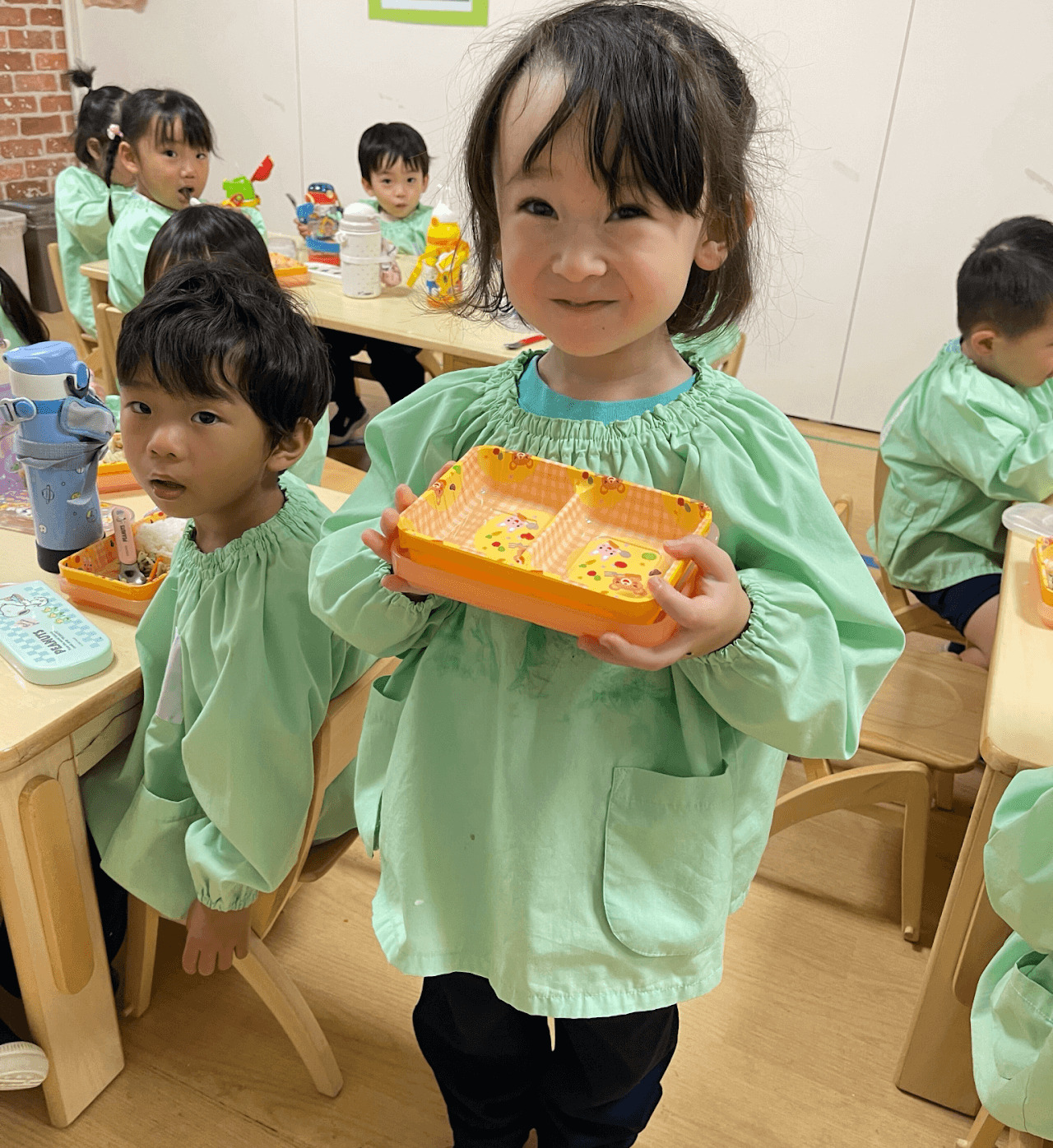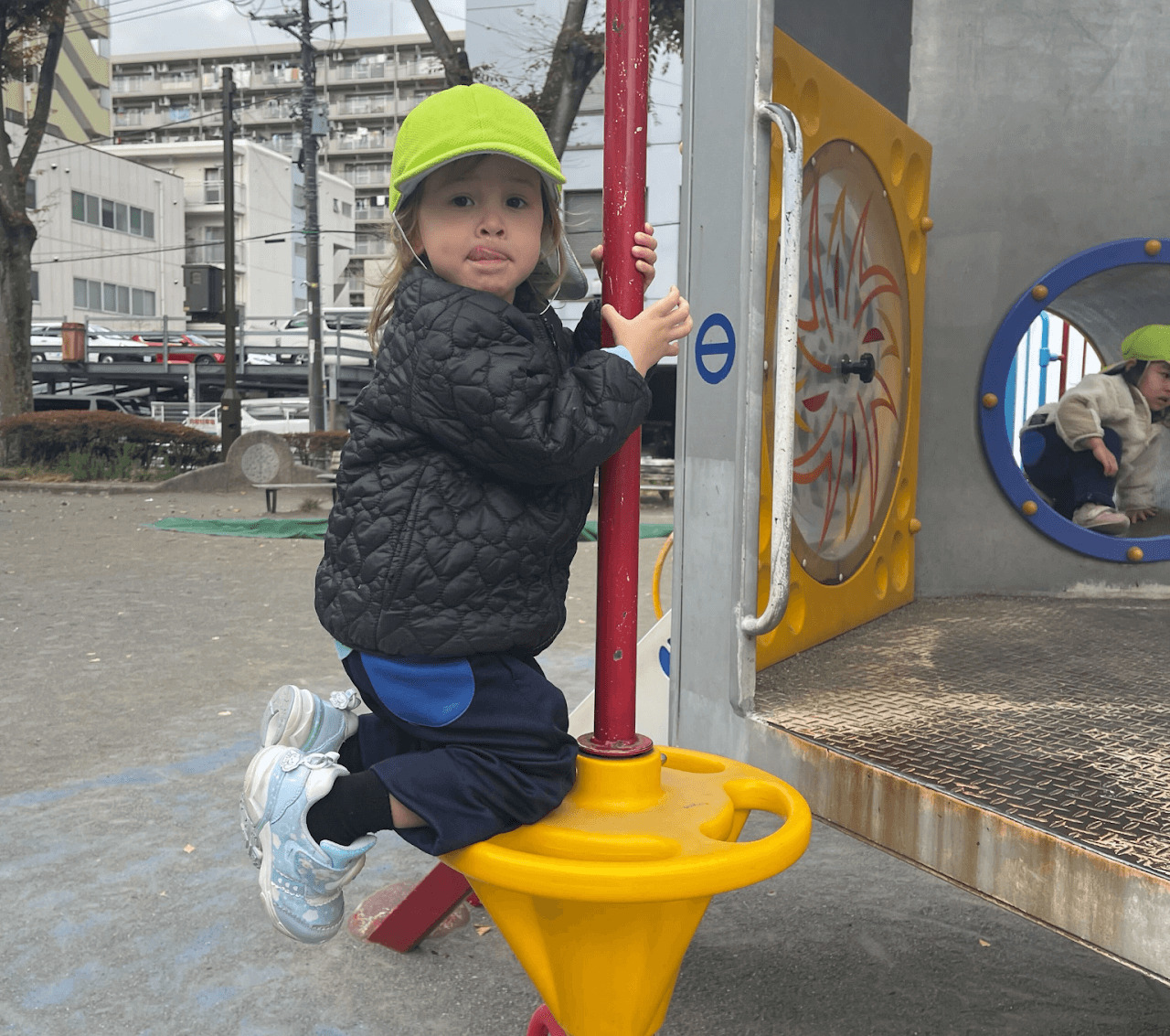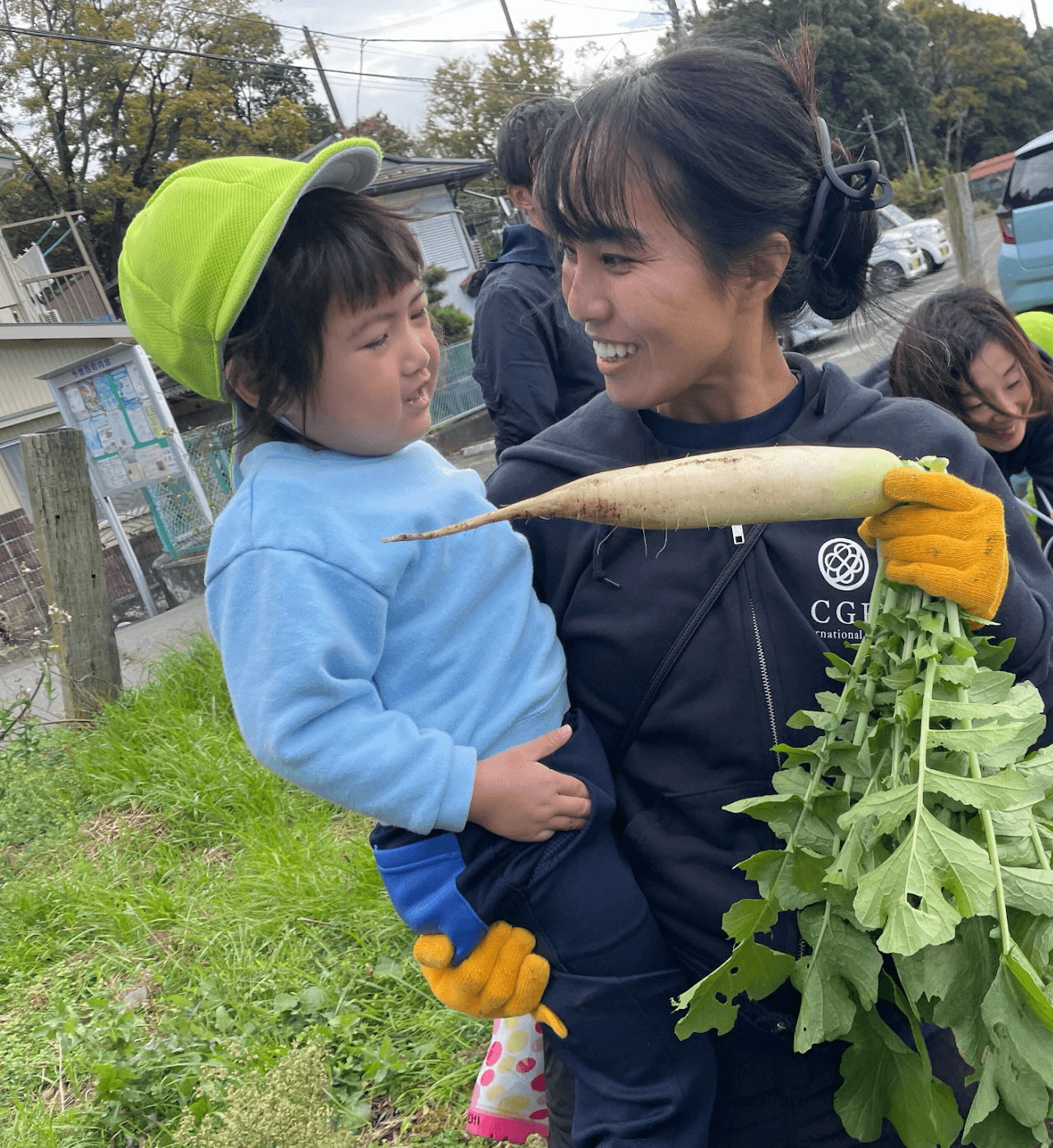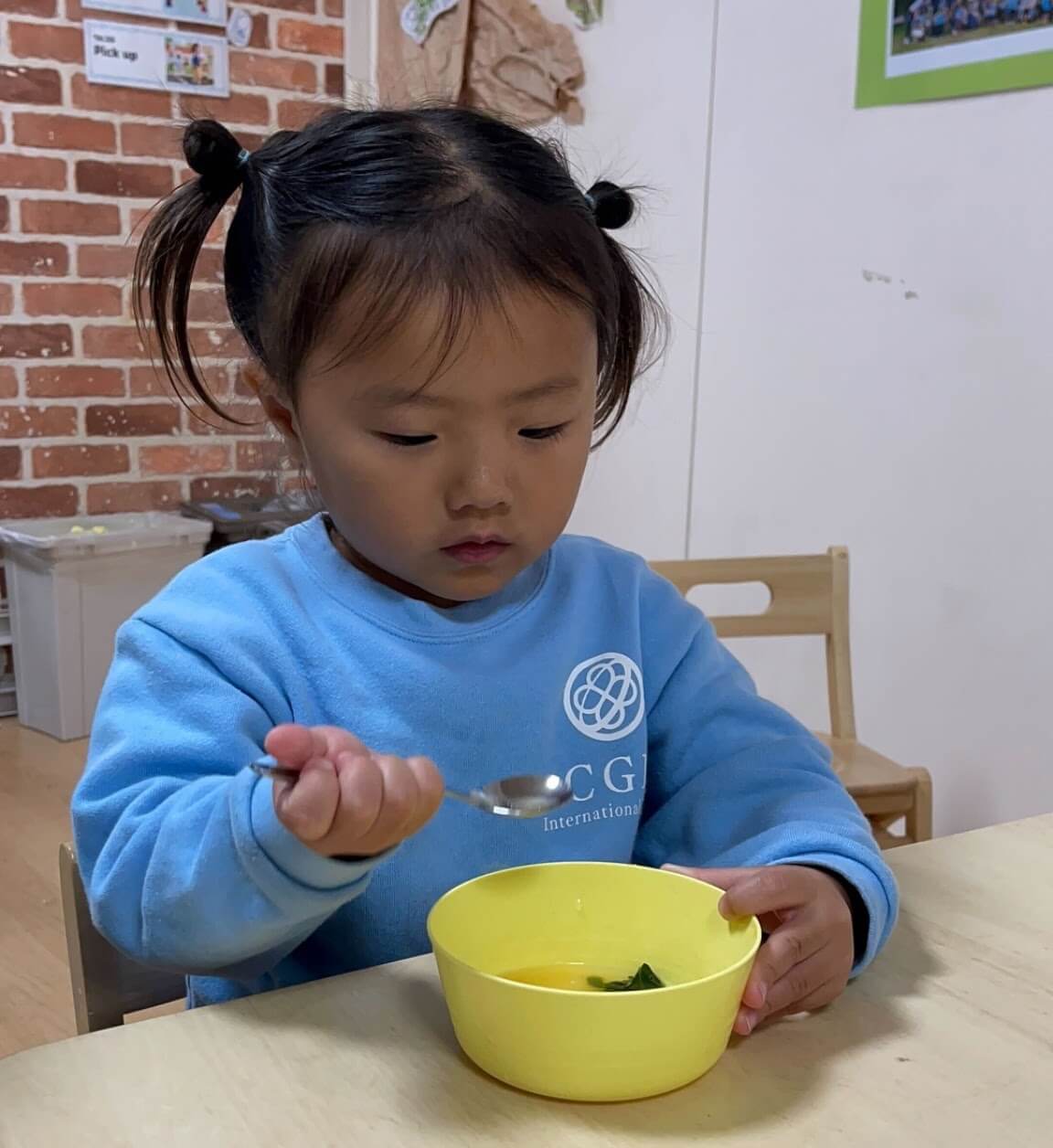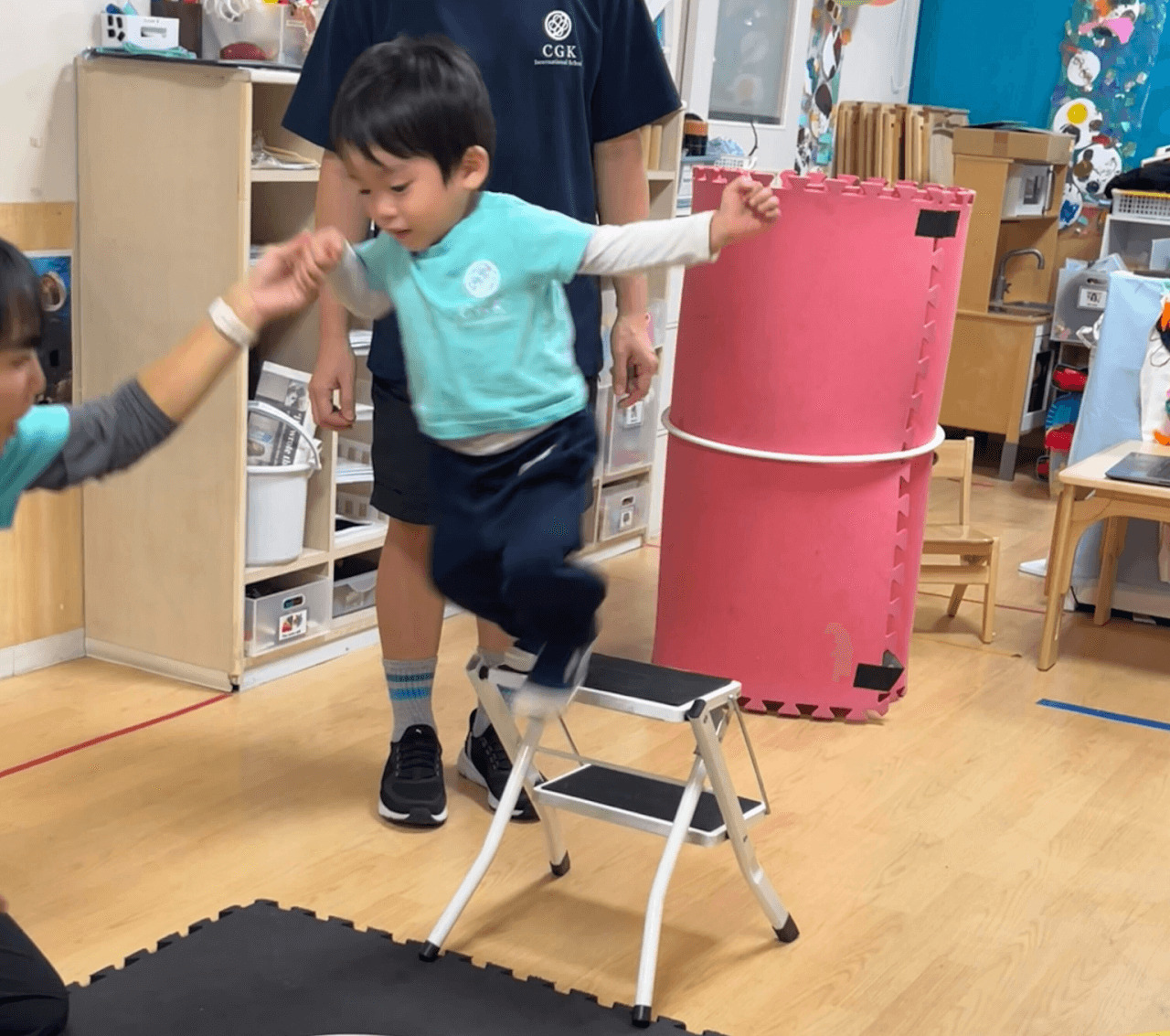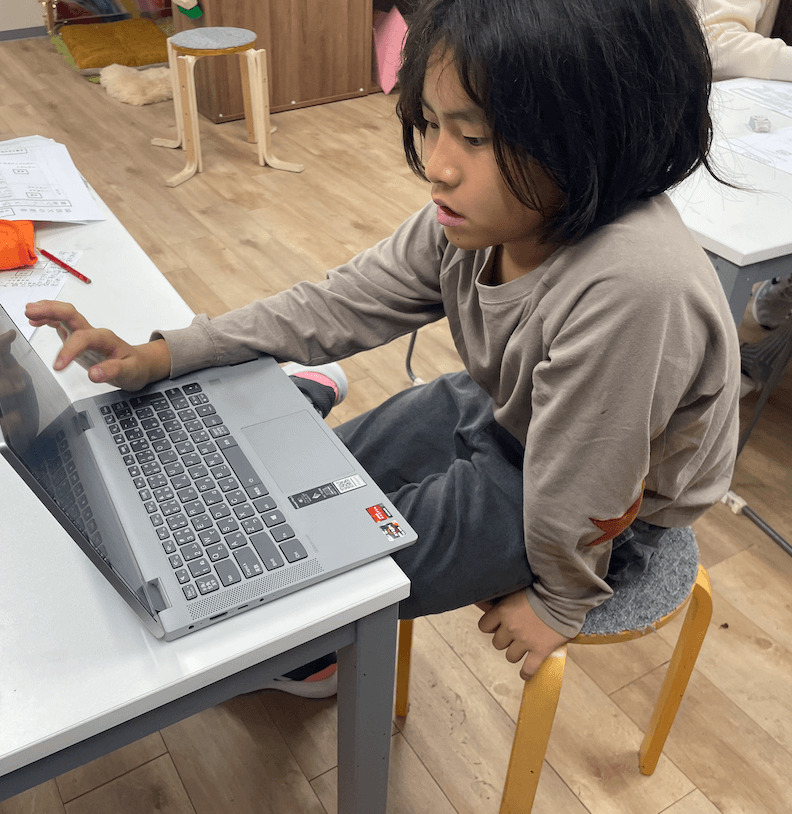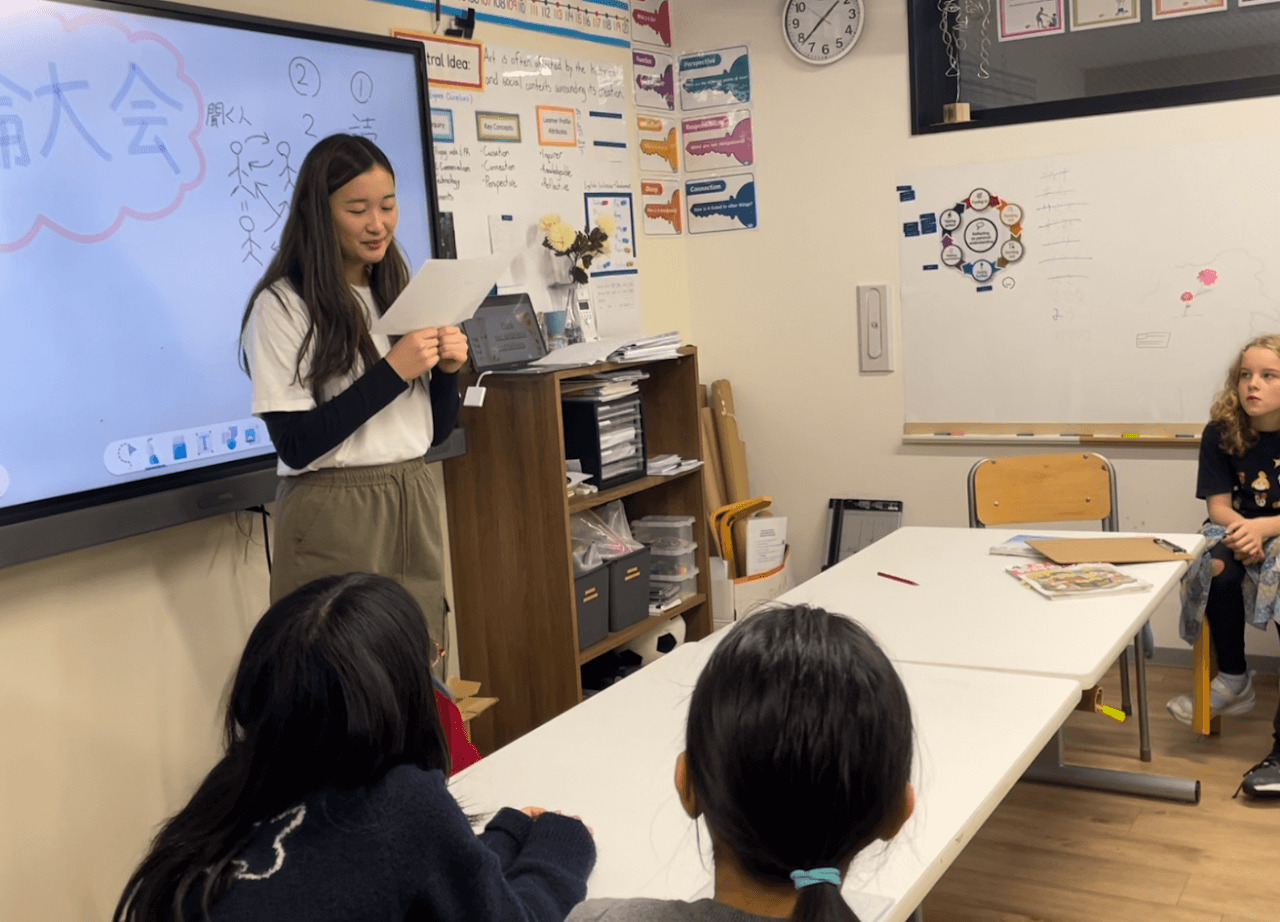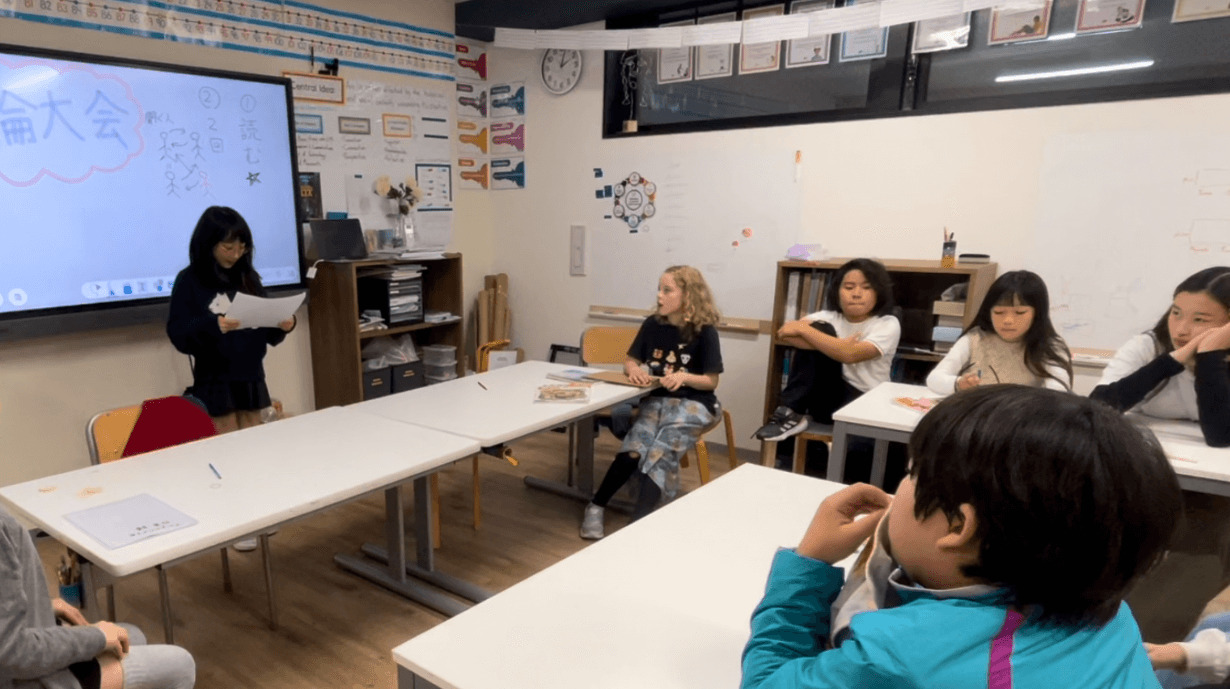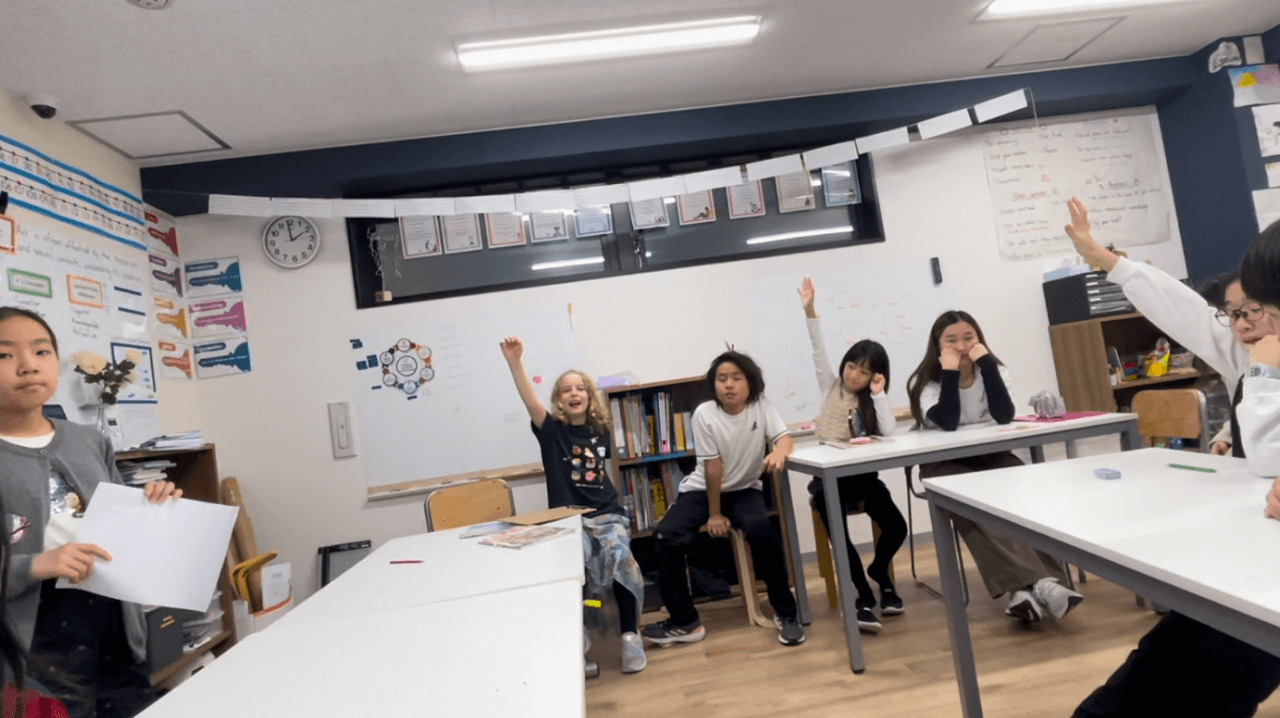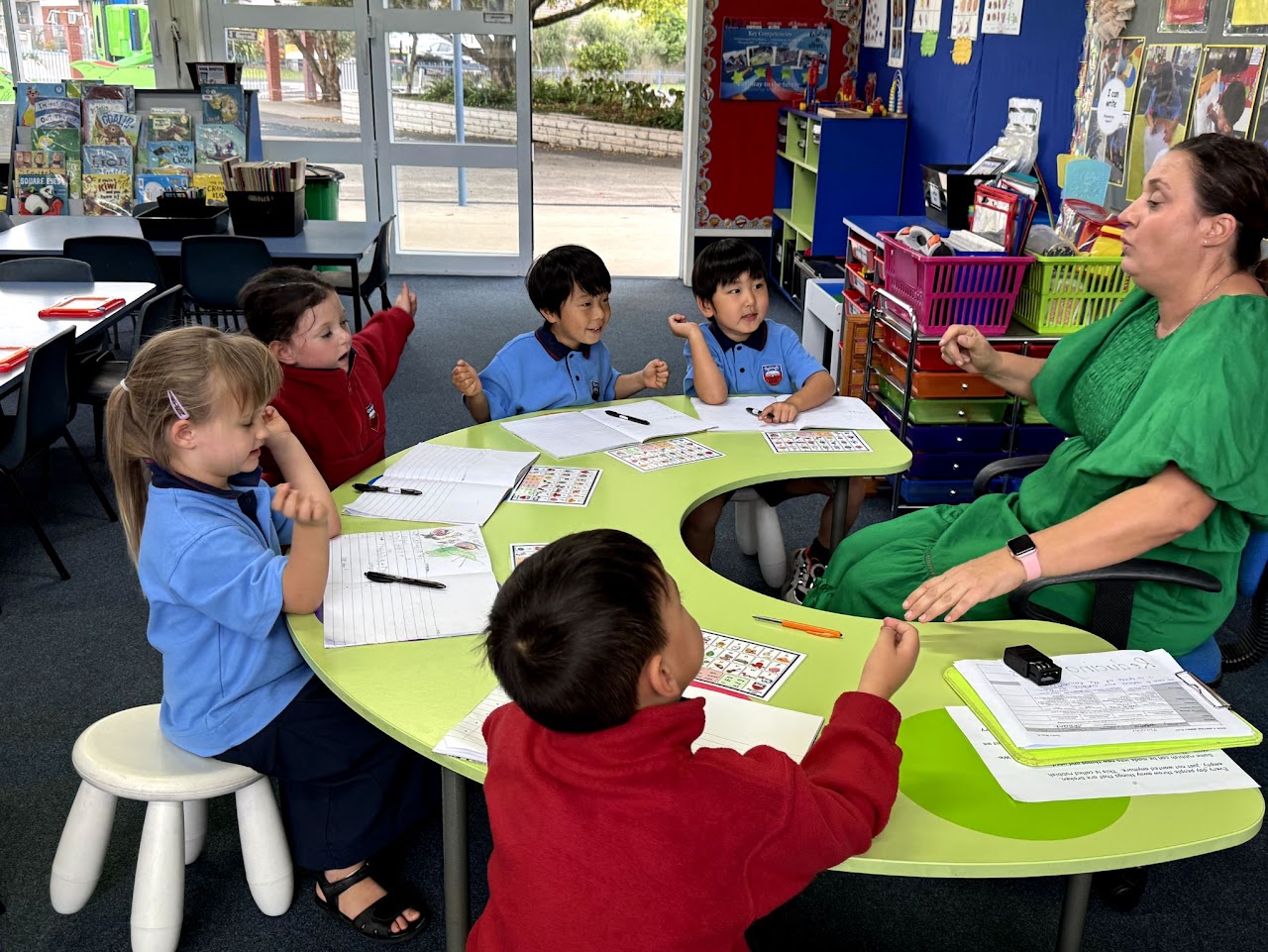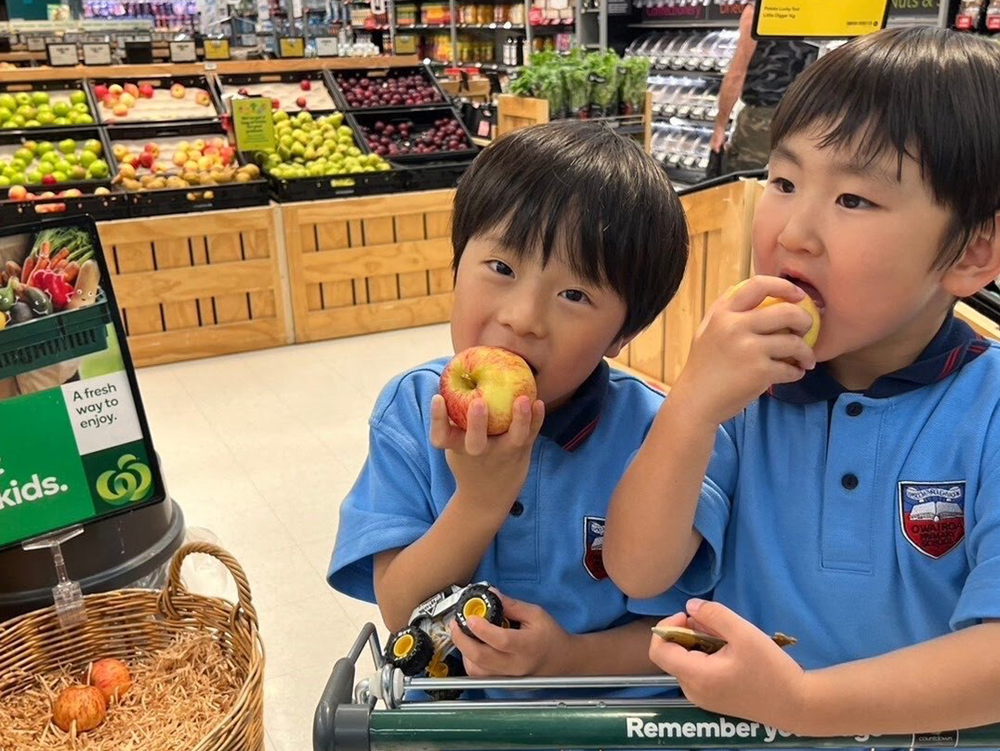CGK Times
A global learning community for discovering
and pursuing your happiness
November 2024
Contents
Preschool
2024 Sports Day
Thank you to everyone who came and participated in this year's Sports Day! It was our first Sports Day at the impressive Yokohama Budokan which made the day even better. Another first was dividing all four grades into four teams; each event counted and went towards determining the overall winning team of the day. In the end the results were:
Blue 57 points Red 49 points Yellow 49 points Green 47 points
Congratulations to the Blue team and all the CGK friends who took part in the events.
Besides making Sports Day competitive it also united the grades so that each class cheered for older or younger friends in other classes. Team unity was in abundance during the team games as well as the teacher and family Tug of War: you rocked!
Thank you once again and we hope next year's Sports Day will be even bigger and better!
2024 Student Led Conferences
We will be having our Student Led Conferences (SLC) very soon on Sunday December December 8. SLCs are not just a chance for families to visit the children's classroom. The goal of SLC is for the children to present not only their work but also their learning that they've down throughout the school year. This will be done in their own words with minimal support from the teachers so we encourage all families to ask lots of questions to help the children. As SLC is a school event we look forward to seeing everyone there.
CGK Awards
Welcome to the world renowned, highly respected, and much revered CGK Awards! Each month we would like to highlight the children from each class who have displayed qualities that are part of the IB Learner Profile. These are qualities that we want our children to have and to share with the world. With that, the recipients of this month's CGK Achievement Awards are:
Jungle(3-year-olds)
I. - for being a risk-taker and using English confidently to tell the teachers when she needs help or has a problem.
T. -for being balanced and demonstrating strength by participating in classroom activities, particularly P.E. Also for being a caring big brother.
Mountain A(4-year-olds)
A. - for being brave and thriving in a new environment.
R. - for focusing on his own well-being and trying his best to make more healthy choices with food.
Mountain B(4-year-olds)
K. - for taking action and making posters to bring attention to trash pollution.
M. - for being proactive to raise awareness about trash pollution through making posters.
S. - for being kind and caring towards her friends.
Sky(5-year-olds)
B. - for figuring out the story lines for Sports Day game cards and communicating his ideas to teachers and friends.
N. - for communicating her ideas and emotions both in English and Japanese, being knowledgeable in many areas, and reflecting on the lessons.
M. - for always making thoughtful decisions and showing a deep understanding of previous lessons and reflecting upon them.
Congratulations to this month’s recipients. Keep on sharing your awesomeness with the world!
Sky (5-year-olds)
Buddies in Action: Learning, Laughing, and Growing Together!
This month, we continued our Reading Buddies partnership with Grade 3, and it was a truly special experience! This time, Mr. Jhonatta's class took the lead, planning a series of fun and engaging activities to share with their Sky Class buddies. From simple origami crafts, hand-clap games, and storytelling through drawing, the third graders showed incredible thoughtfulness in creating meaningful ways to teach and support their younger peers. Watching their excitement as they guided the kindergarteners through each activity was a wonderful moment of connection and collaboration.
These sessions are more than just about literacy—they're about building relationships. The older students demonstrated empathy and patience as they adapted their teaching styles to meet the needs of their younger buddies. Whether it was gently helping with a tricky word or celebrating a small success, the third graders acted as mentors, providing both encouragement and positive reinforcement. It was heartwarming to see the Sky Class kids light up when their buddy praised them, showing how much these interactions mean to both groups.
Beyond academics, this partnership has nurtured a sense of community. The younger students look up to their older buddies as role models, while the third graders are learning the value of responsibility and care for others. These moments of connection go a long way in supporting social-emotional growth, fostering a classroom environment where empathy and teamwork are celebrated. As the sessions continue, it’s clear that both groups are not only improving their literacy skills but also forming bonds that help them grow as learners and as compassionate individuals.
The Power of Storytelling: A Journey of Self-Expression
In Sky class, children begin to develop their creativity and communication skills, and one of the best ways they do this is through storytelling. As part of their How We Express Ourselves UOI, they explore their imagination by creating characters, plots, and scenarios, often reflecting their understanding of the world. In the process, they learn how to structure a narrative with a clear beginning, middle, and end, building a foundation for logical thinking and problem-solving. This helps them not only organize their thoughts but also develop the Approaches to Learning (ATL) skills needed for later academic success.
Plotting a story is an excellent way for children to explore their emotions and experiences. As they create challenges and resolutions, they engage in self-regulation and learn empathy by placing themselves in the shoes of their characters. When a child invents a story, they often express their hopes, fears, and desires through the characters and events, giving them a space to process their emotions in a safe, imaginative way. This creative process allows children to reflect on their personal attributes, such as confidence or resilience, helping them develop a sense of identity.
Storytelling is a powerful tool for self-expression in young children. As they craft their stories, they not only practice creative thinking but also begin to understand how to communicate their thoughts and feelings. Whether it’s through a brave character or a magical adventure, children use storytelling as a means to explore their inner world. This early practice sets the stage for developing emotional intelligence, empathy, and the communication skills necessary for future learning, all while fostering a love for creativity and imagination.
Teamwork Through Art and Storytelling
Last month, the children in Sky class delved into the meanings of "Perspective" and "Express," engaging in various activities to understand how stories are structured. This month, in preparation for Sports Day, they took on the challenge of creating original stories based on the Central Idea: "People express their perspectives through stories and art." Through this activity, the children brought their ideas to life while focusing on story structure.
First, the children were divided into their Sports Day teams and worked together to create stories divided into four parts: "Beginning," "Problem," "Solution," and "Ending." Using characters and settings, they imagined creative problems and how the characters would resolve them. After planning their story structures, they dedicated time during English and Japanese lessons to create story cards—illustrated cards depicting scenes from their stories. With careful pencil sketches and colorful pen additions, the children excitedly said, "I can't wait to use these cards in the game!"
In this "Story Game," teams randomly placed the story cards they created in the center of the field. The objective was to gather the necessary cards to complete their story. The cards had to be arranged in order—from "Beginning" to "Ending"—within their team's area.
During the initial practice, teams struggled as they weren't sure which cards to collect or in what order, making it challenging to complete their stories. However, through repeated practice, the children naturally realized the importance of communication and collaboration. They started strategizing by saying, "I'll get the first card, so can you grab the next one?" and "How should we arrange the cards to complete the story faster?" They demonstrated persistence in tackling the difficult challenges together. Additionally, it was heartwarming to see them expressing gratitude to their teammates with comments like, "Thank you for getting that card so quickly!" and "This is the card we needed!" Rather than just asserting their own opinions, the children communicated while considering their friends' feelings.
Through Sports Day, the children learned to go beyond focusing solely on winning or losing. They developed the ability to support and care for one another, which was a truly remarkable aspect of their growth. Watching the children collaborate and approach the game with kindness and determination was incredibly moving, and I am immensely proud of their progress.
Mountain A and B
(4-year-olds)
Completing Our Cycle of Inquiry
Mountain A and B classes have completed their UOI on Sharing the Planet, using the inquiry cycle to guide a rich and engaging learning journey. The unit centered around the central idea: Plants, animals, and humans interact in our shared environment.
Tuning In
We began by activating the children’s prior knowledge through discussions about what they already knew and how they felt about the topic. Together, we developed questions and curiosities, which were displayed on our Wonder Wall. This served as a springboard for exploration, directing the focus of our learning.
Finding Out
Based on the children's questions, we engaged in a range of activities to gather information:
- Observations: The children observed plants and pets, documenting their findings with drawings.
- Role-Playing: Environmental challenges were explored through dramatizations, encouraging empathy and problem-solving.
- Excursions: Visits to outdoor locations provided hands-on opportunities to observe interactions in our shared environment.
- Research Skills: Discussions on how to find reliable answers helped the children develop essential research skills.
整理する(Sorting Out)
Sorting Out
As we explored, the children analyzed their findings, organizing their thoughts and making connections. They reflected on their learning through discussions, art, and collaborative activities, identifying patterns and new questions to investigate further.
Going Further
To deepen their understanding, the children embarked on creative projects. They collaborated to make educational movies, showcasing their knowledge of how plants, animals, and humans interact. This process allowed them to express their learning in innovative ways while considering how to educate others effectively.
Making Conclusions
The children consolidated their learning by revisiting the Wonder Wall, reflecting on their growth, and sharing their new understandings. They celebrated their progress by presenting their movies and discussing the importance of caring for our shared environment.
Taking Action
Through their inquiries, the children developed an appreciation for environmental stewardship. Many began suggesting ways to care for plants, animals, and each other, demonstrating a sense of responsibility and awareness beyond the classroom.
This inquiry-based approach not only deepened the children’s understanding of their shared environment but also nurtured critical thinking, creativity, and collaboration. Their journey exemplified the power of the inquiry cycle in fostering meaningful, student-driven learning and it was a lot of fun!
Creativity Can Be Expressed in Many Ways
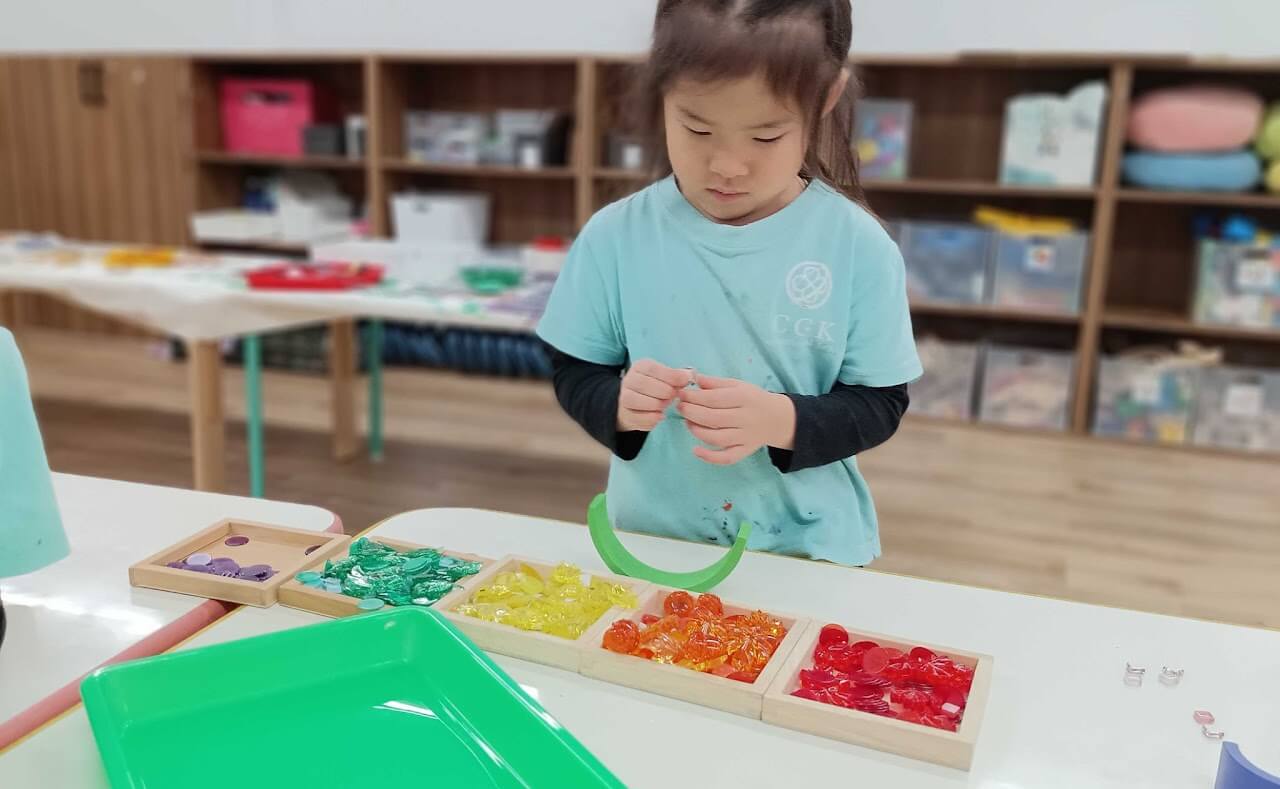


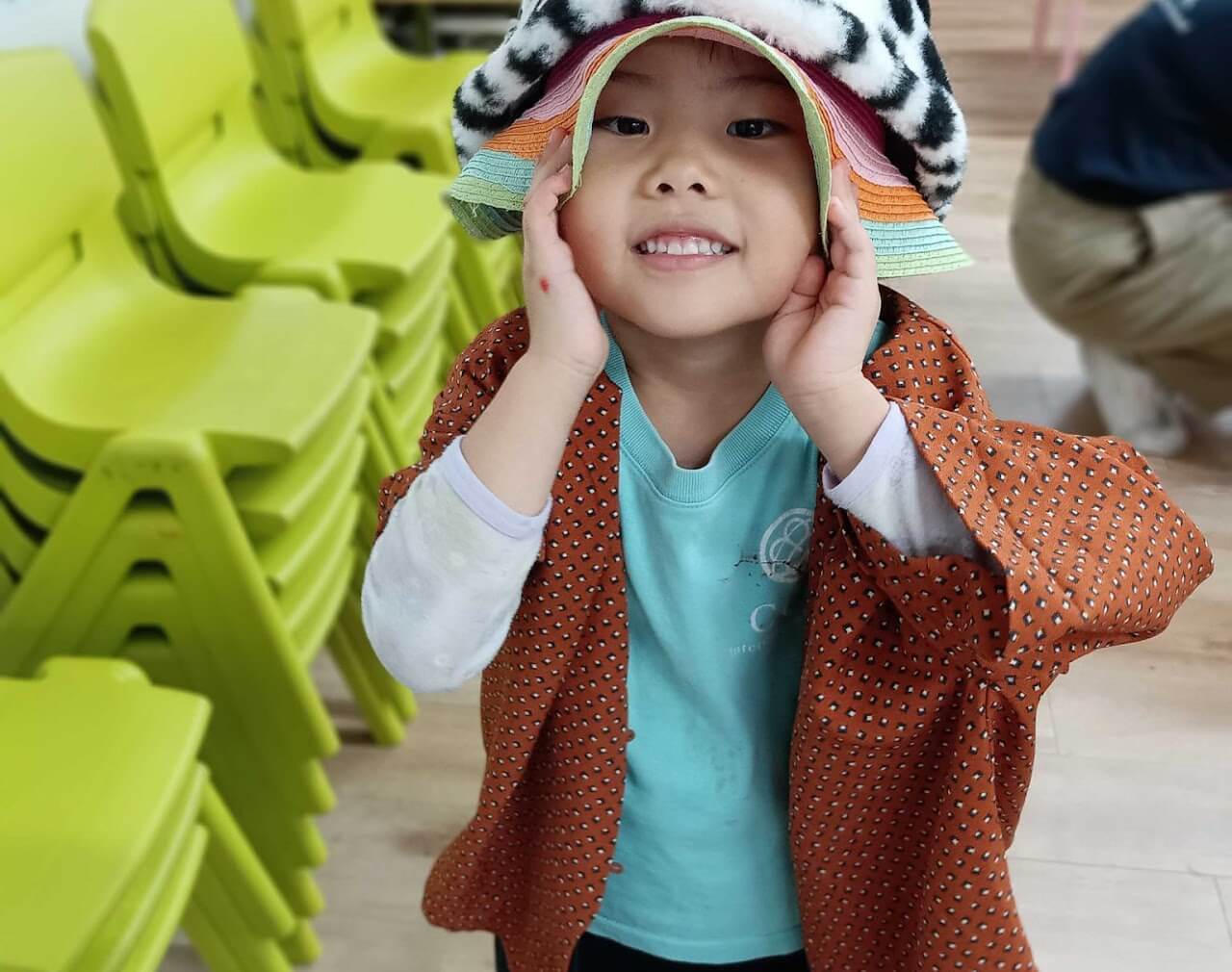


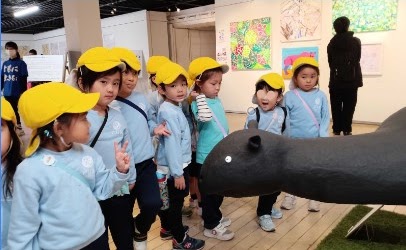


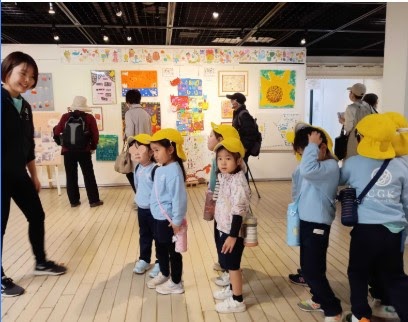


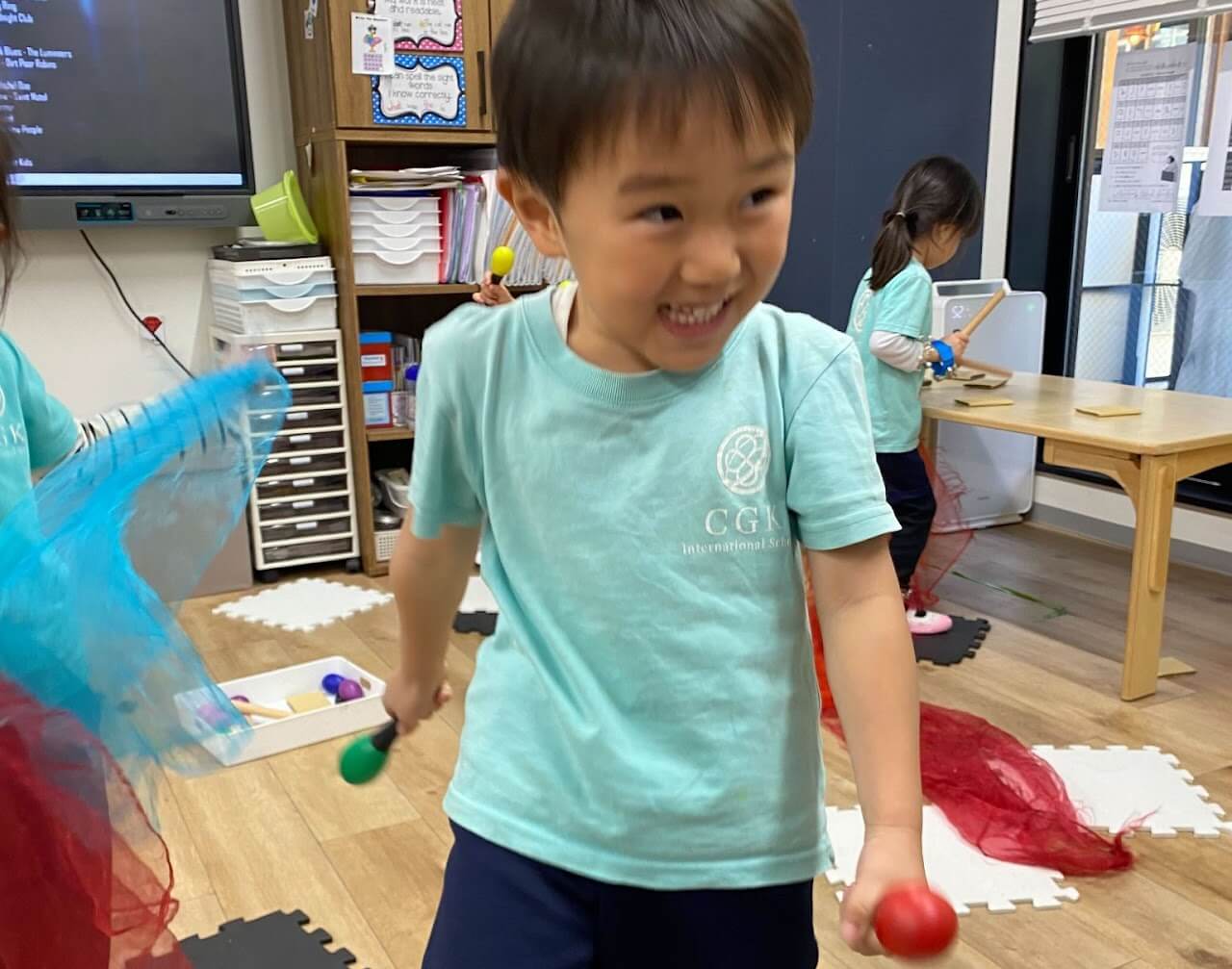


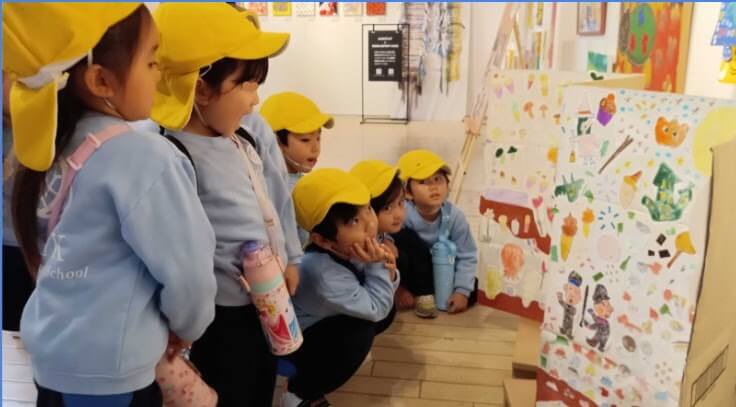

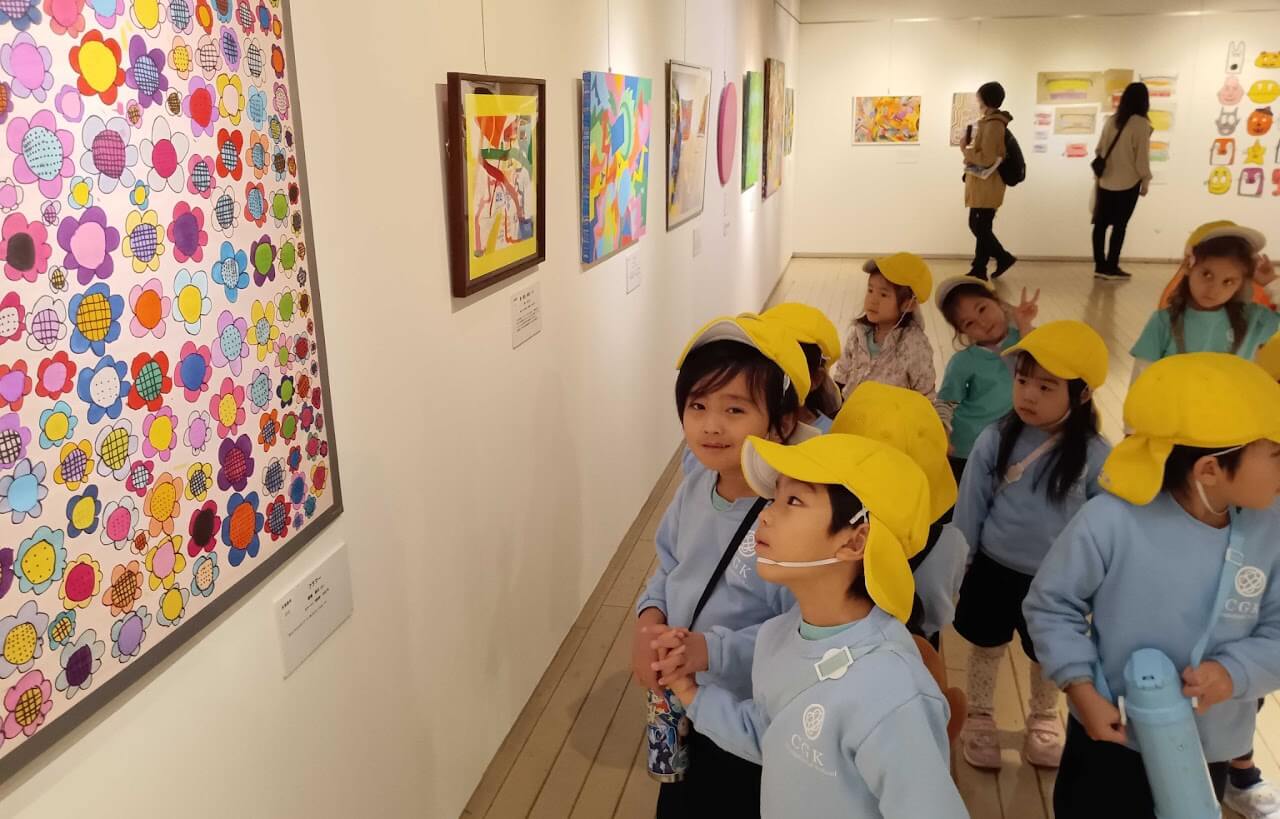

We are thrilled to start our new UOI, Creativity Can Be Expressed in Many Ways. This unit is incredibly special to me as it opens up limitless possibilities for the children to explore, express, and discover their creativity in a variety of forms. Creativity is a fundamental part of who we are, and it’s something that can be expressed in countless ways, whether through art, music, movement, storytelling, or even the way we approach problem-solving. This unit provides a fantastic opportunity for the children to think outside the box and explore their own unique creative expressions.
One of the things I love most about this UOI is how it allows for freedom and individuality. Each child has their own way of thinking, creating, and expressing themselves. This is beautifully captured in the words of Loris Malaguzzi, who said, "The child is made of one hundred. The child has a hundred languages, a hundred hands, a hundred thoughts, a hundred ways of thinking, of playing, of speaking." In our classroom, we truly believe that every child has a vast array of talents, ideas, and creative outlets waiting to be explored. This UOI aims to celebrate and nurture each child's "100 languages" and give them the space and encouragement to express themselves in ways that feel most authentic to them.
To provide opportunities for creative expression, we will be offering a wide range of activities and experiences that will allow the children to explore different mediums. From visual arts to dramatic play, from music and movement to hands-on building projects, our goal is to create an environment where creativity can thrive. Students will be encouraged to experiment, take risks, and collaborate with others as they explore new ideas and concepts. We will also provide them with the time and space to reflect on their creative processes and celebrate their progress and achievements.
We are excited to see all the incredible ways the children will engage with creativity throughout this unit and how they will each show their own “100.”
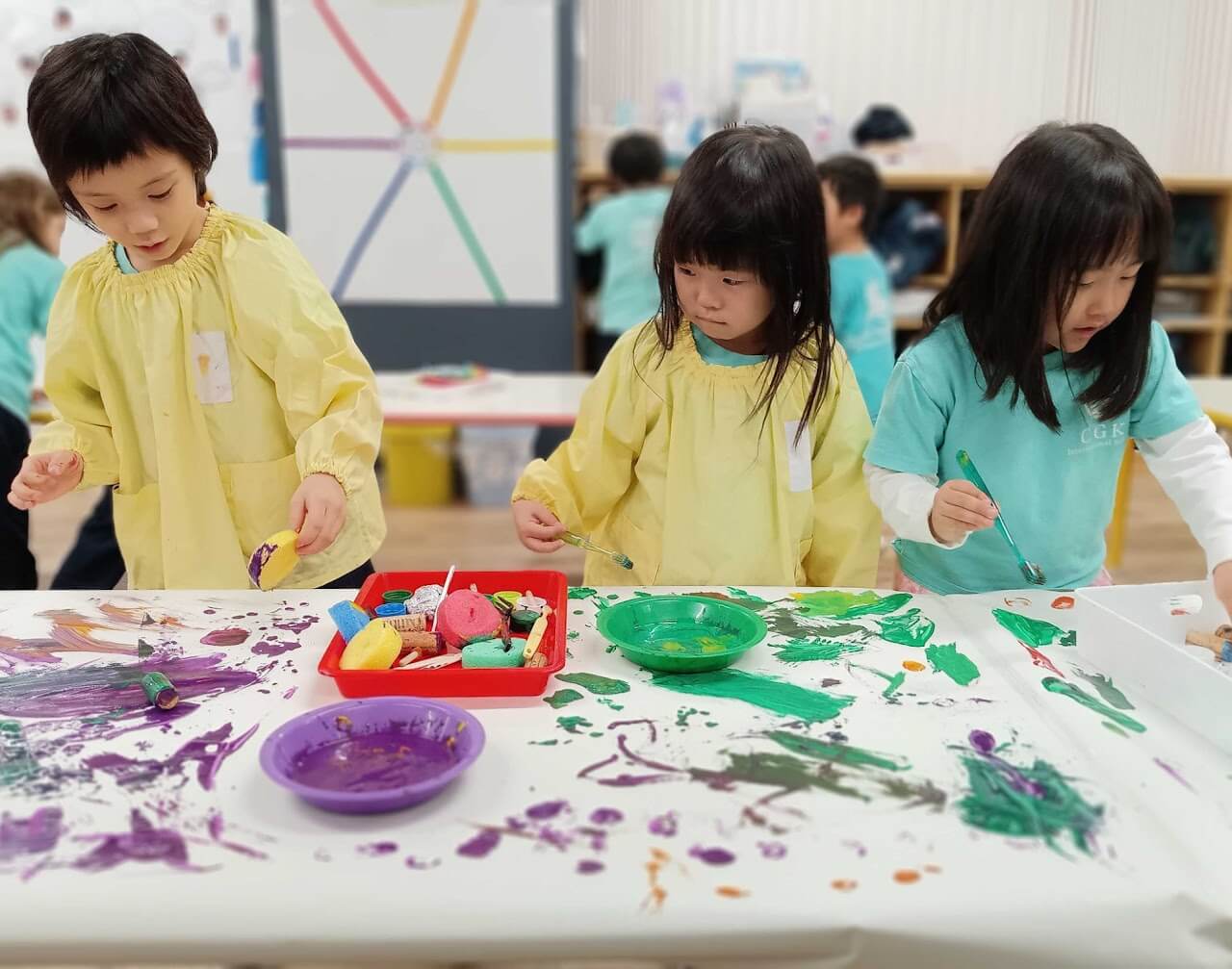


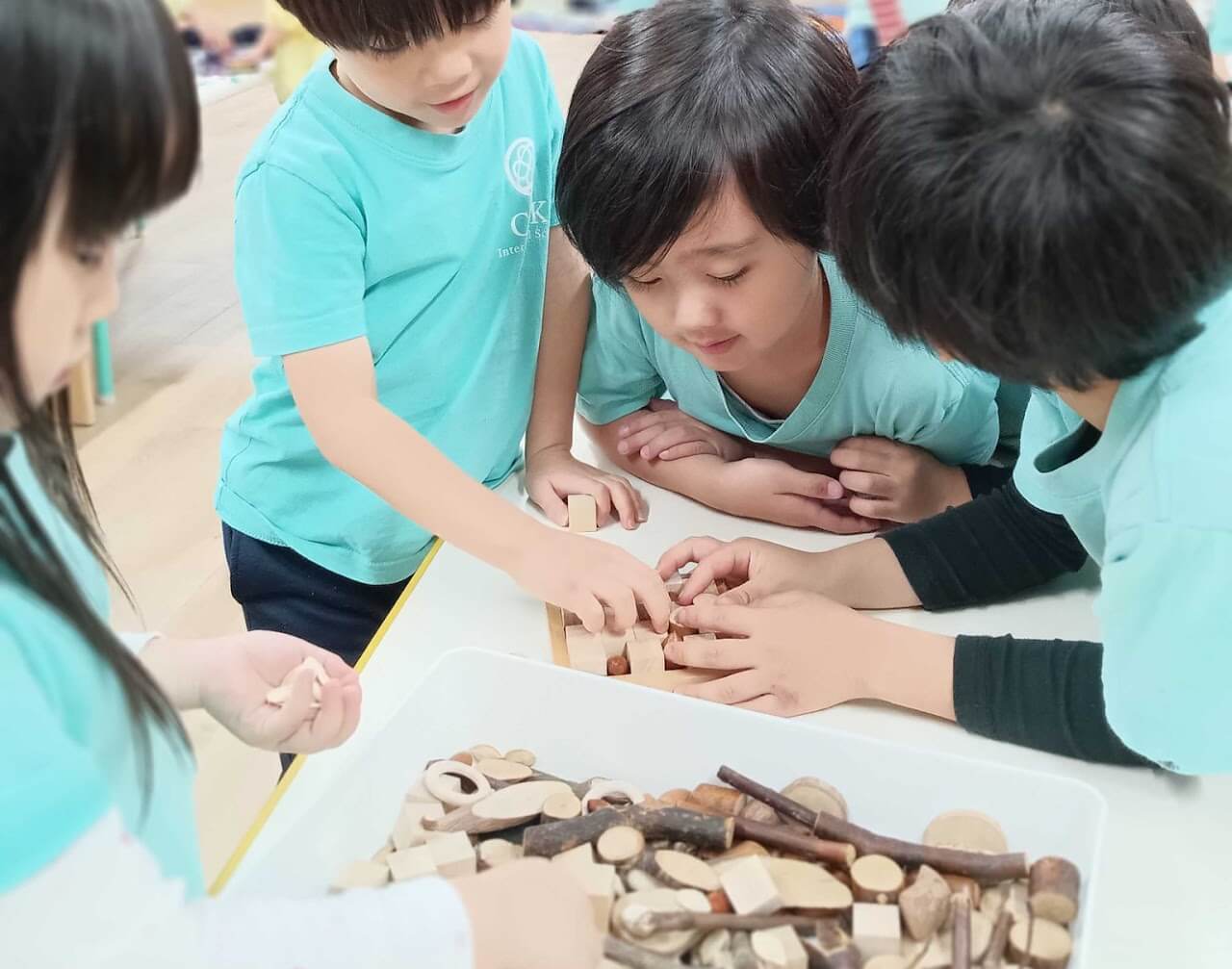


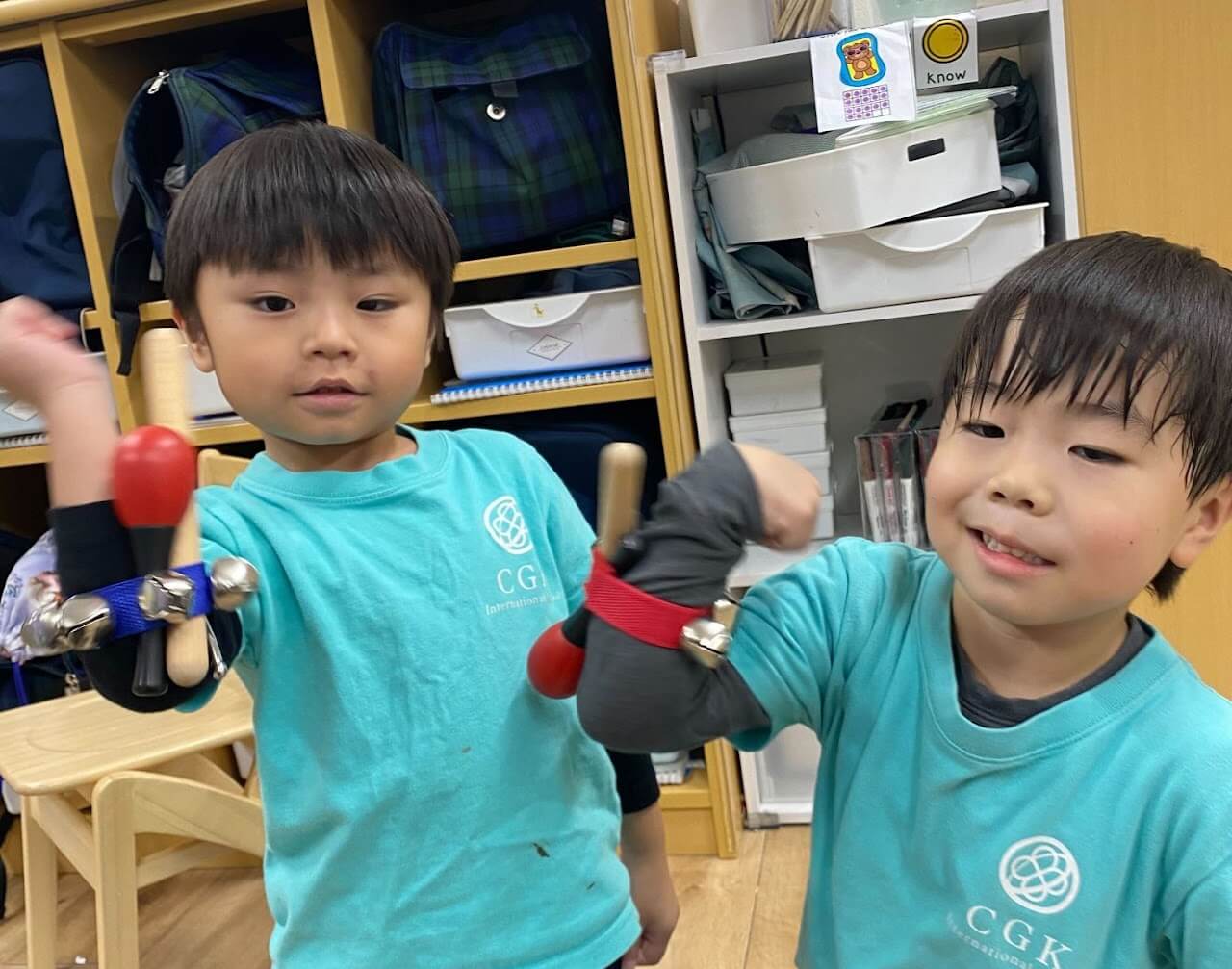





















Next Stop, Hollywood!


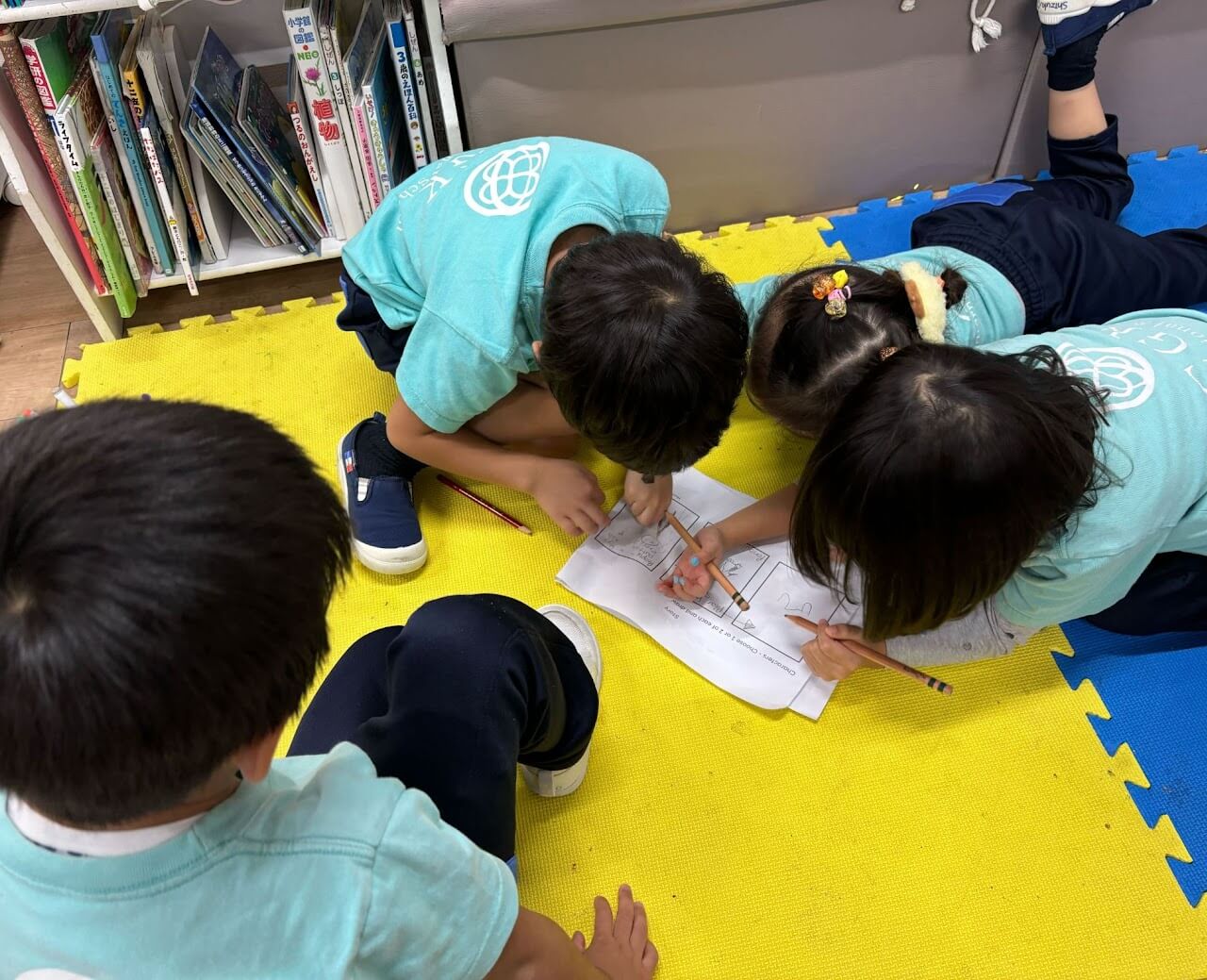
-
This month we said a fond farewell to our Sharing The Planet UOI. From the end of October through to November we spent time using all that we have learned so far to create amazing back drops representing different habitats.
Together in teams we thought of a plot, characters and settings and used our budding acting skills to make our stories come to life. Having created the puppets and with the help of the teachers and the green screen, we were able to make marvelous movies. We even held a special screening with Mr James's G2 Class as well as some of the teachers. Our movies not only showcased what we learned about Sharing the Planet but also highlighted some of the issues we face as humans (and plants and animals) in our ever changing environment.
If you would like to see the movies for yourselves there will be an opportunity to see them at the upcoming SLC in December. We hope to see you there!
Learning About Plants Through the Five Senses


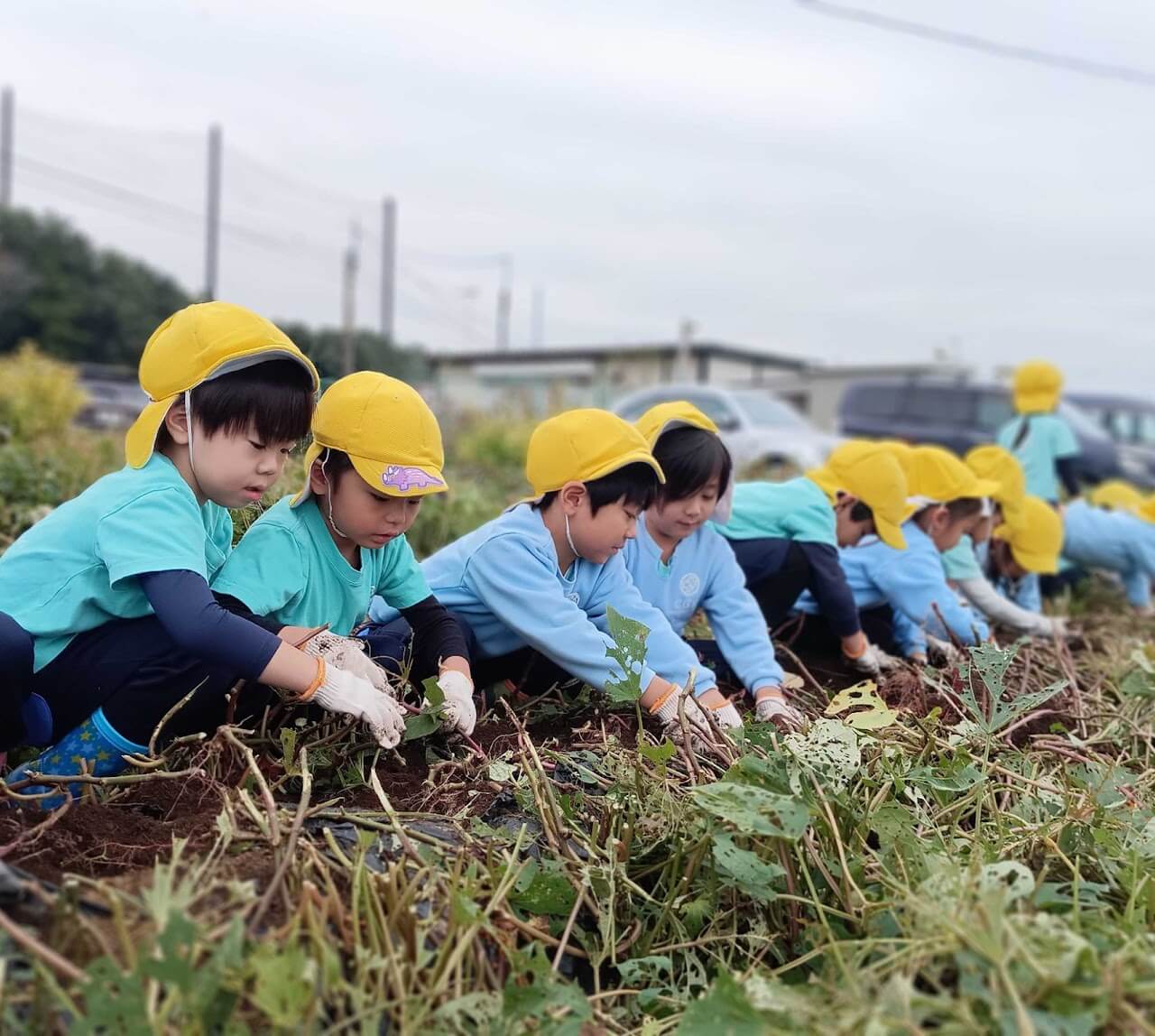
-
Following our seed-planting experience in September, this month, we went on a sweet potato digging trip. Thanks to the warm weather this year, the sweet potatoes grew exceptionally well, and the soil was filled with large, abundant sweet potatoes. Watching the children work together, calling out to their friends as they pulled out giant sweet potatoes that were too difficult to extract alone, felt like a scene straight out of the picture book The Gigantic Turnip. Even after digging out the potatoes, many children struggled with the long roots tangled in the soil, providing a valuable opportunity to learn how the sweet potatoes from the farm differ from those typically seen in supermarkets, complete with their long, tangled roots.
Next to the sweet potato field, we also found the radish and turnip fields we planted in September. Seeing the tiny seeds they had sown just a month ago grow into impressive radishes and turnips, the Mountain class children exclaimed, “They’ve grown so big already!?” marveling at the rapid growth.
Through this experience, the children engaged all five senses: feeling the texture of the soil with their hands, smelling the fresh scent of the dug-up earth, observing the vibrant crops with their eyes, and finally, tasting the freshly harvested vegetables. These activities provided a rich and tactile connection with plants, allowing the children to gain a deeper understanding of the role plants play in our lives and the importance of caring for our environment.
Jungle
(3-year-olds)
Jungle Class: The November Chronicles
From Reading Buddies to Vegetable Heroes!
-

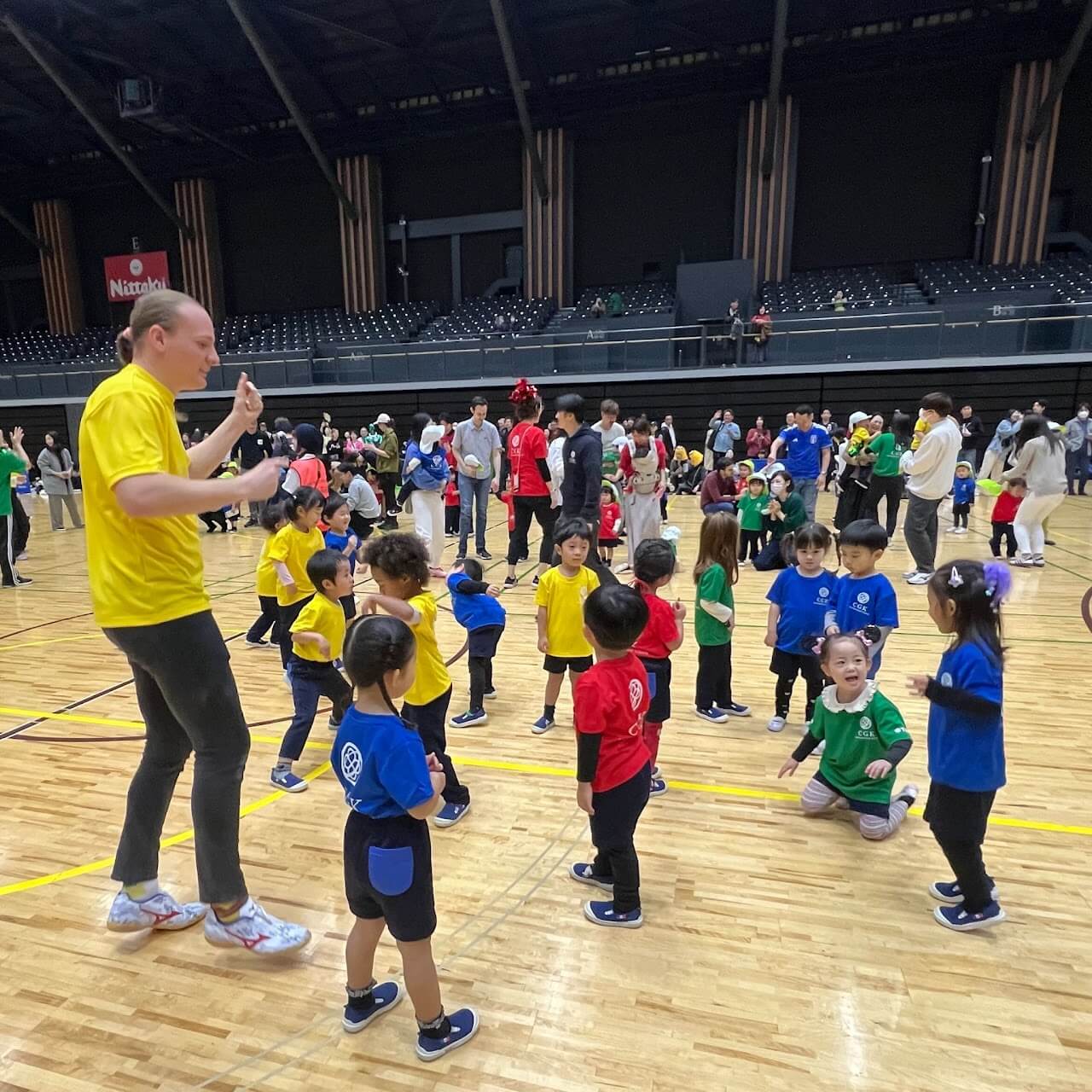
Sports Day

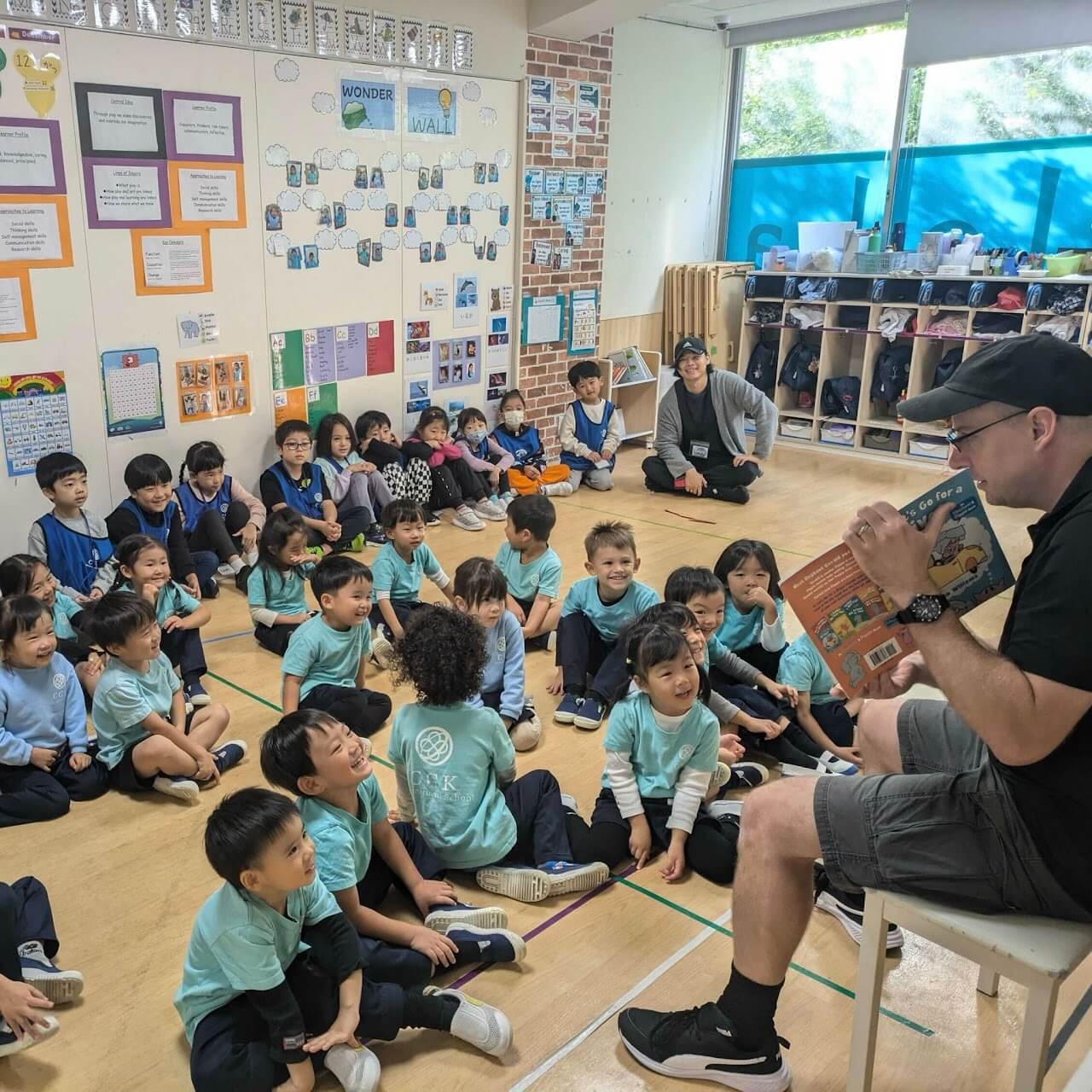
Reading Buddies
-

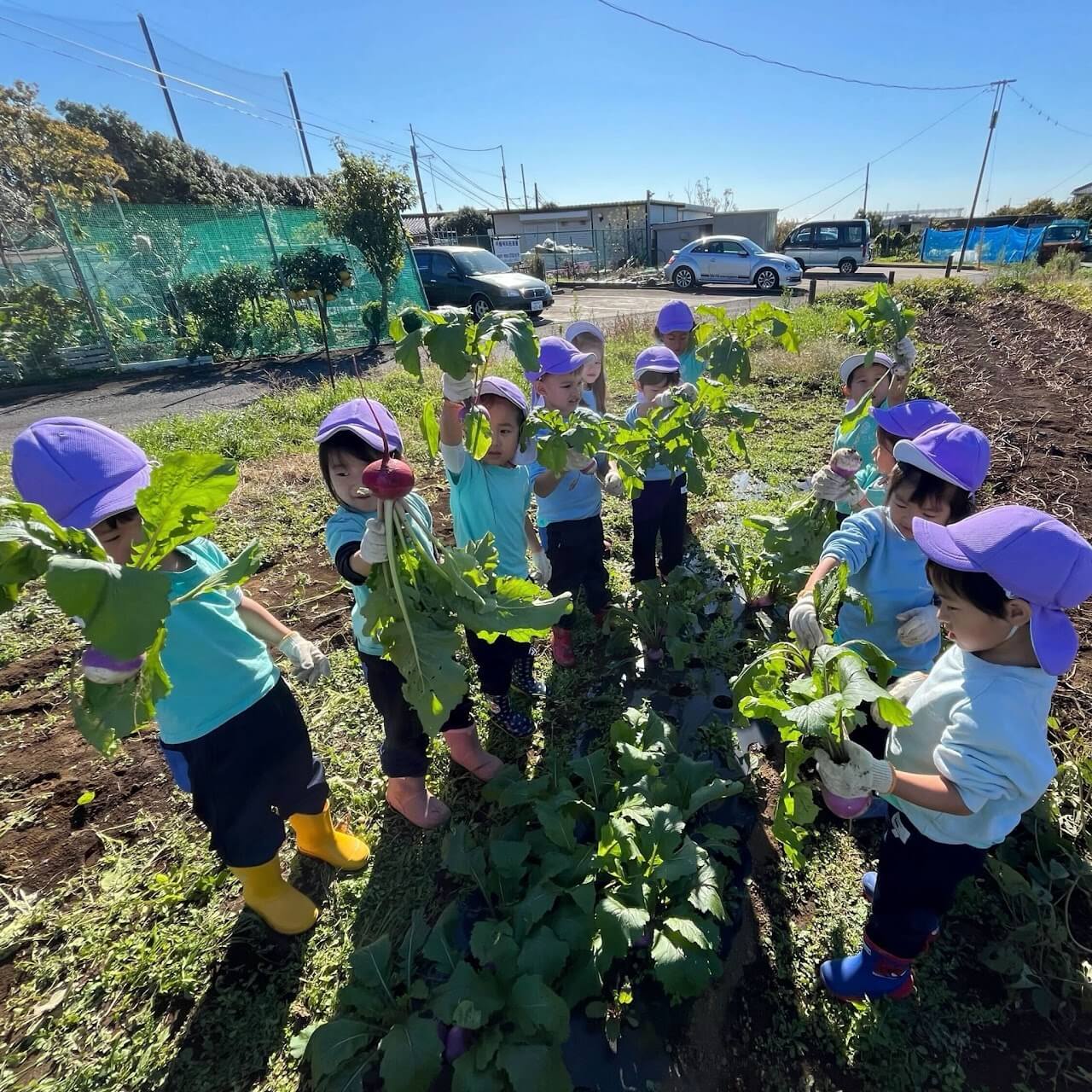
Harvesting

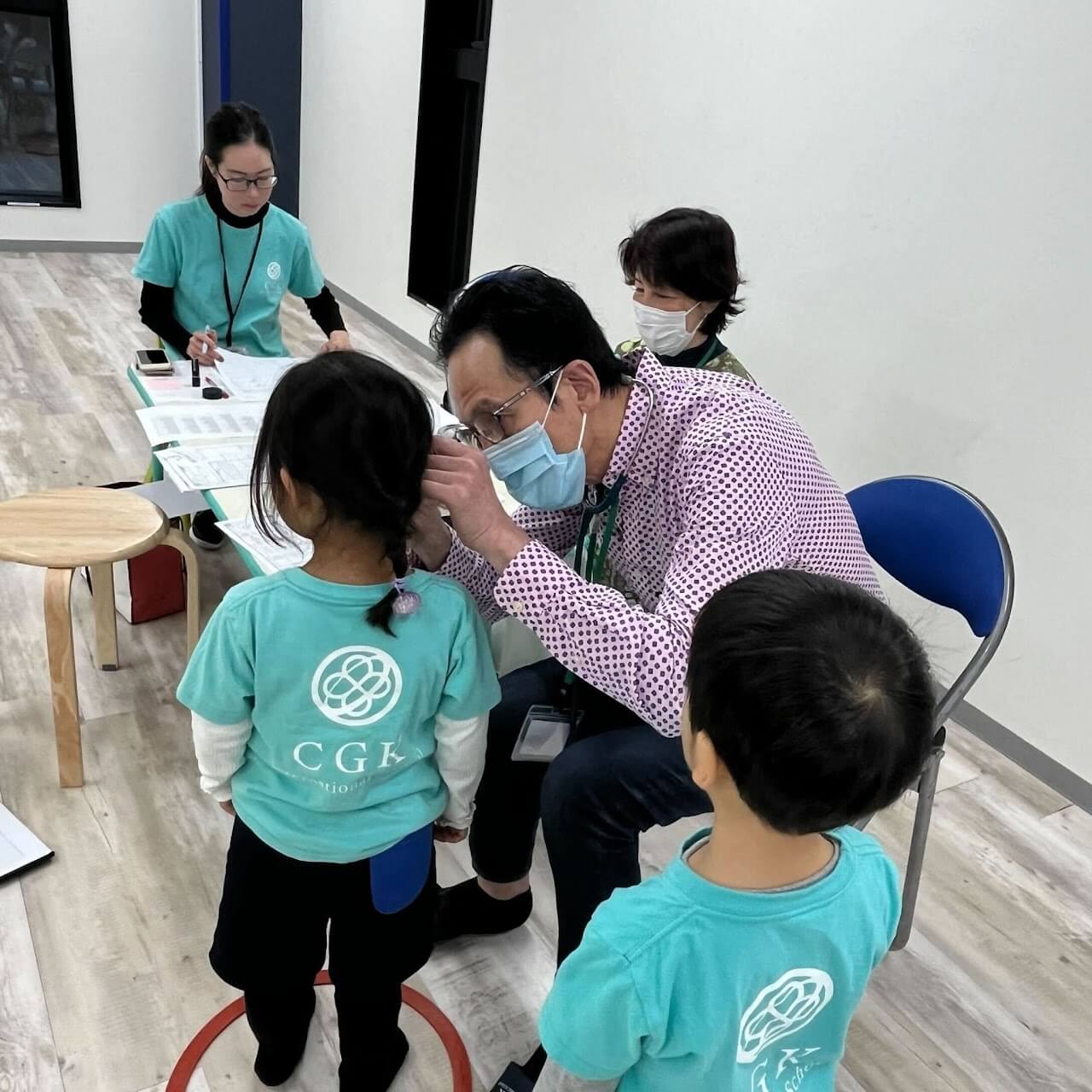
Health check

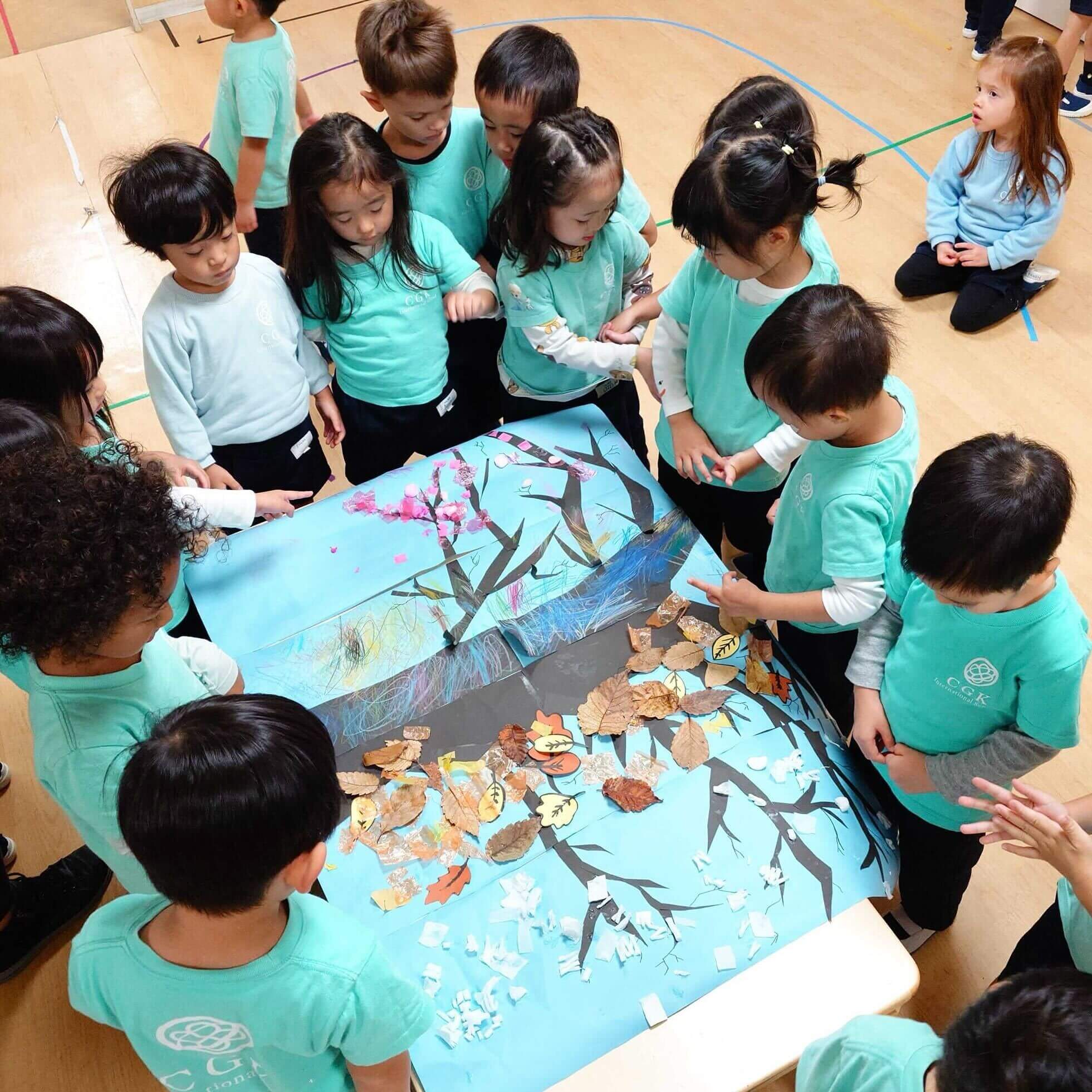
Learning about seasons

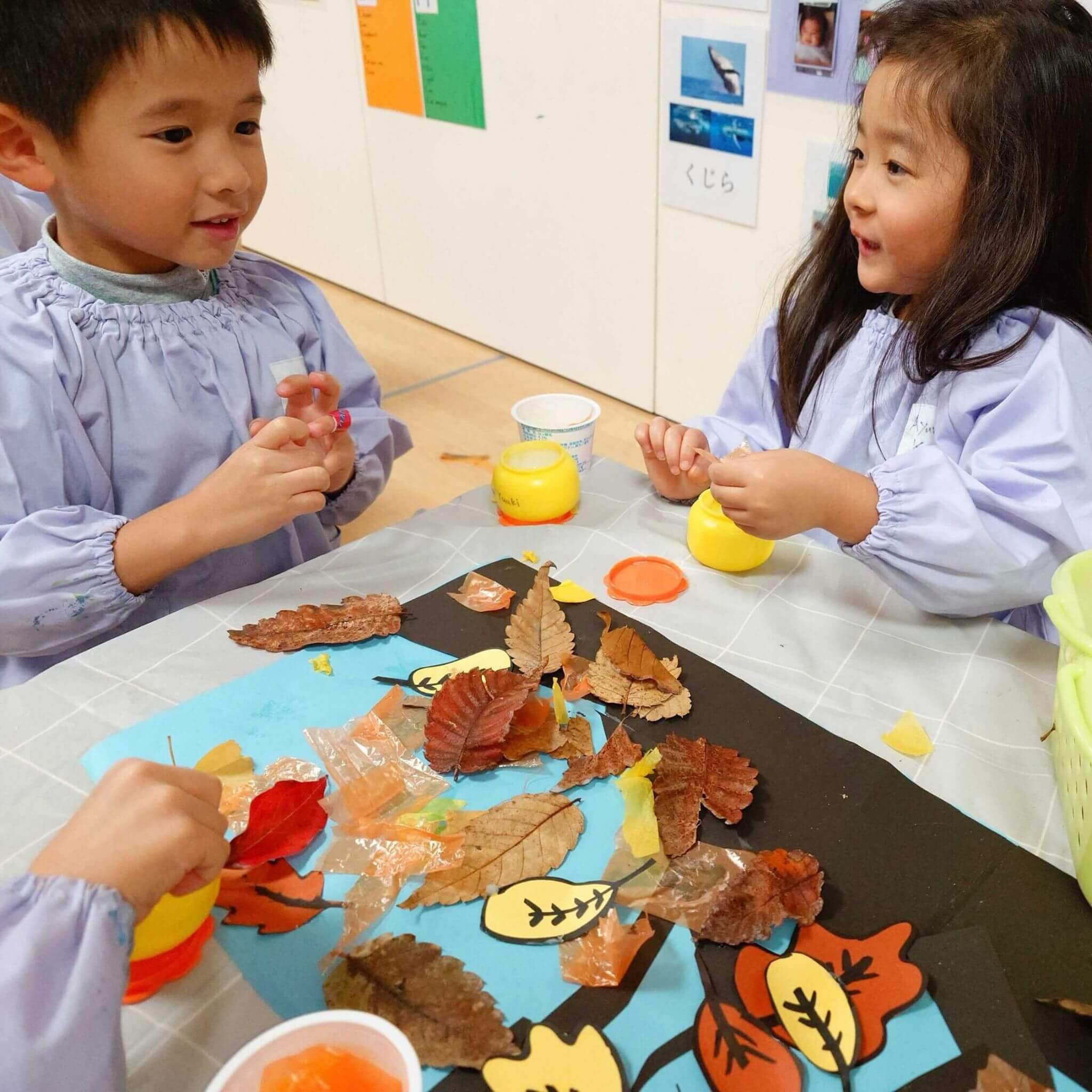
Learning about seasons

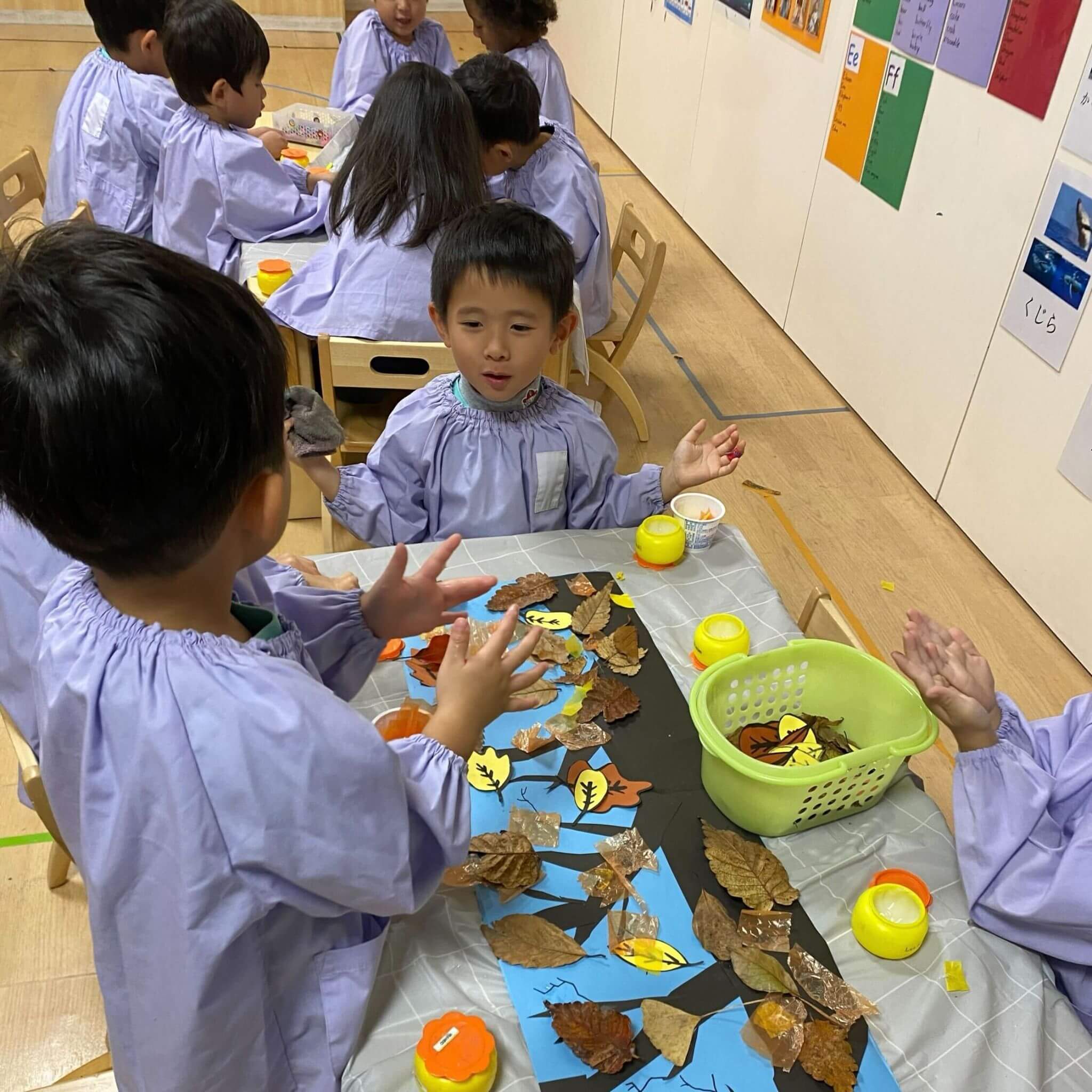
Learning about seasons

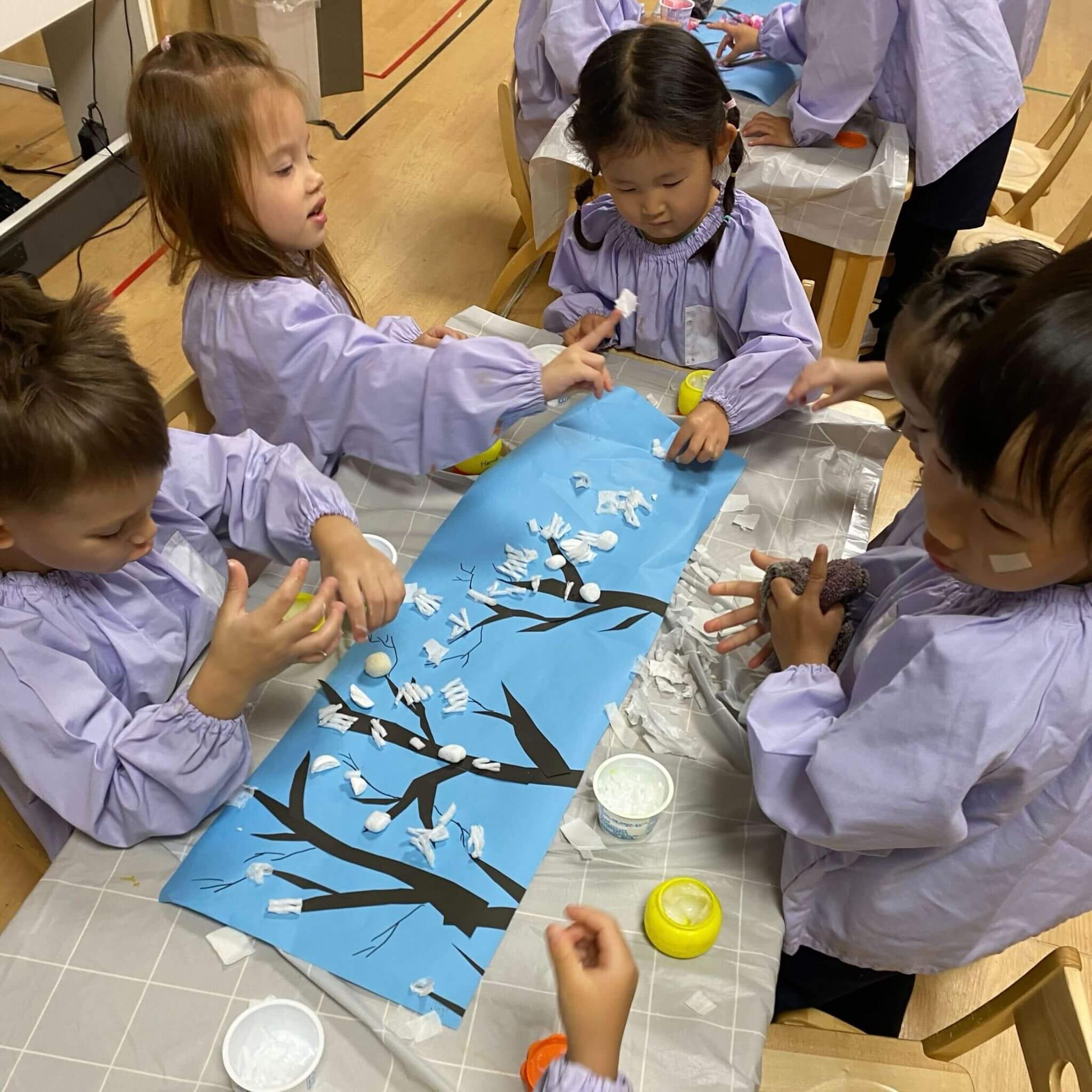
Learning about seasons

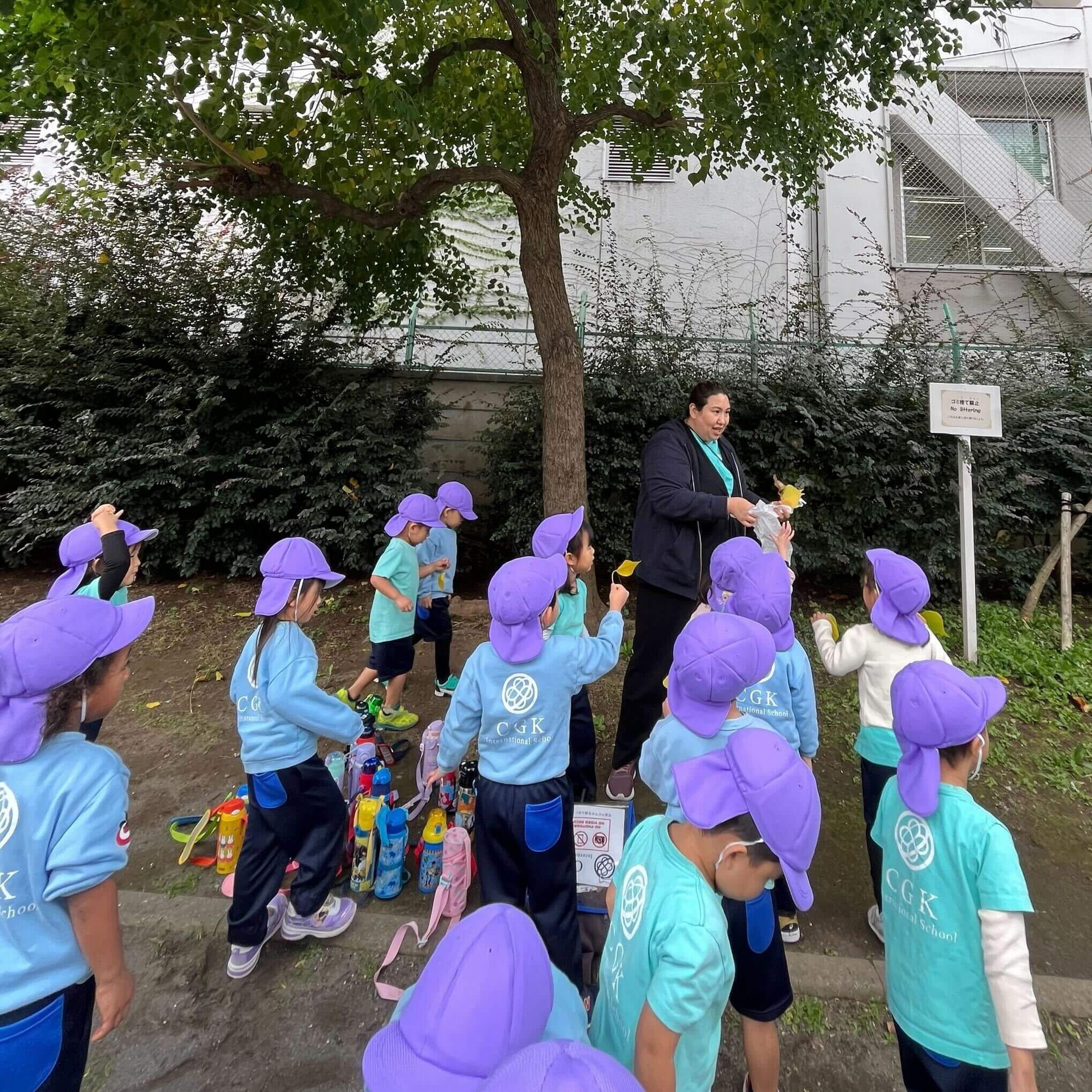
Observing the nature at the new park

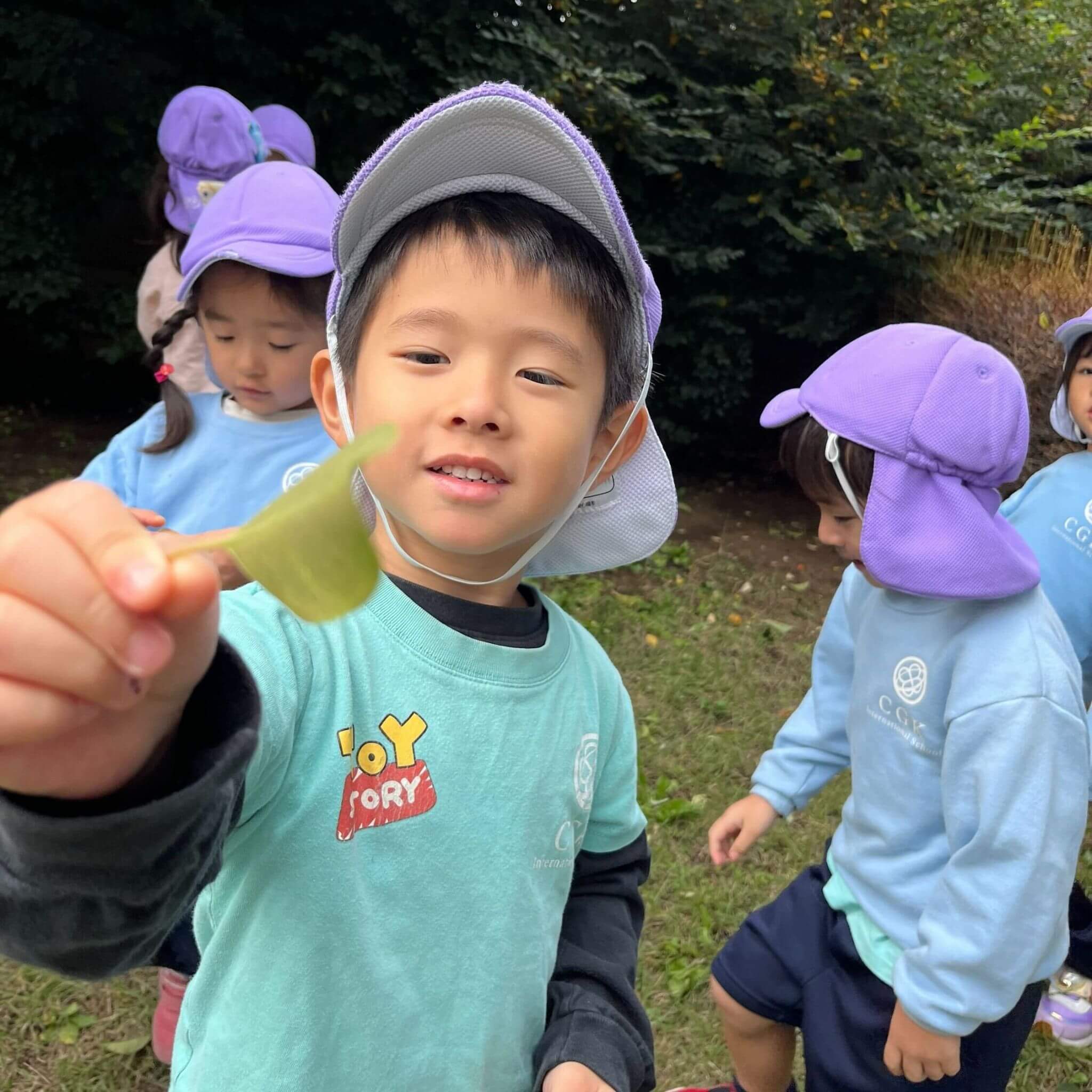
Collecting autumn leaves for our UOI activities

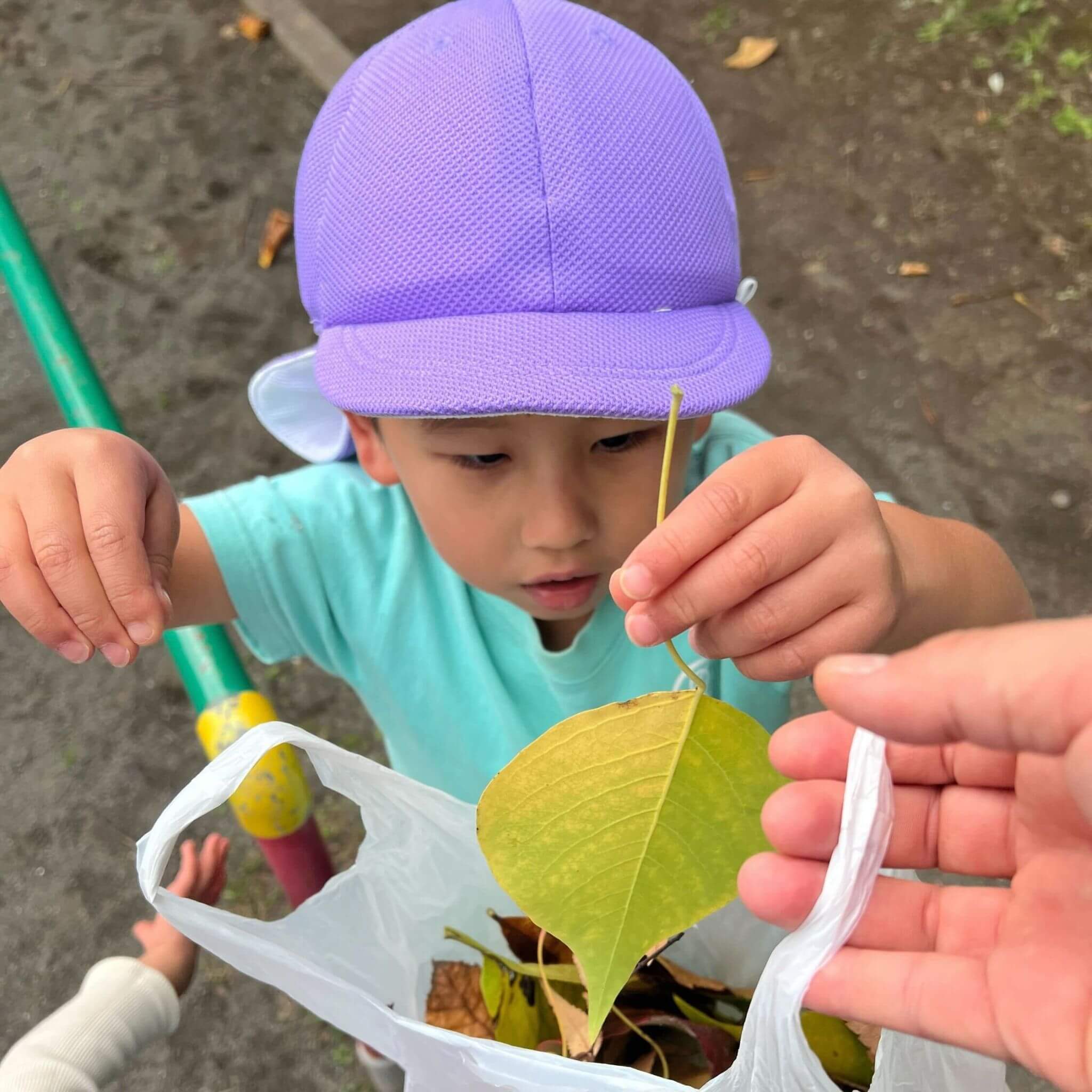
Collecting autumn leaves for our UOI activities

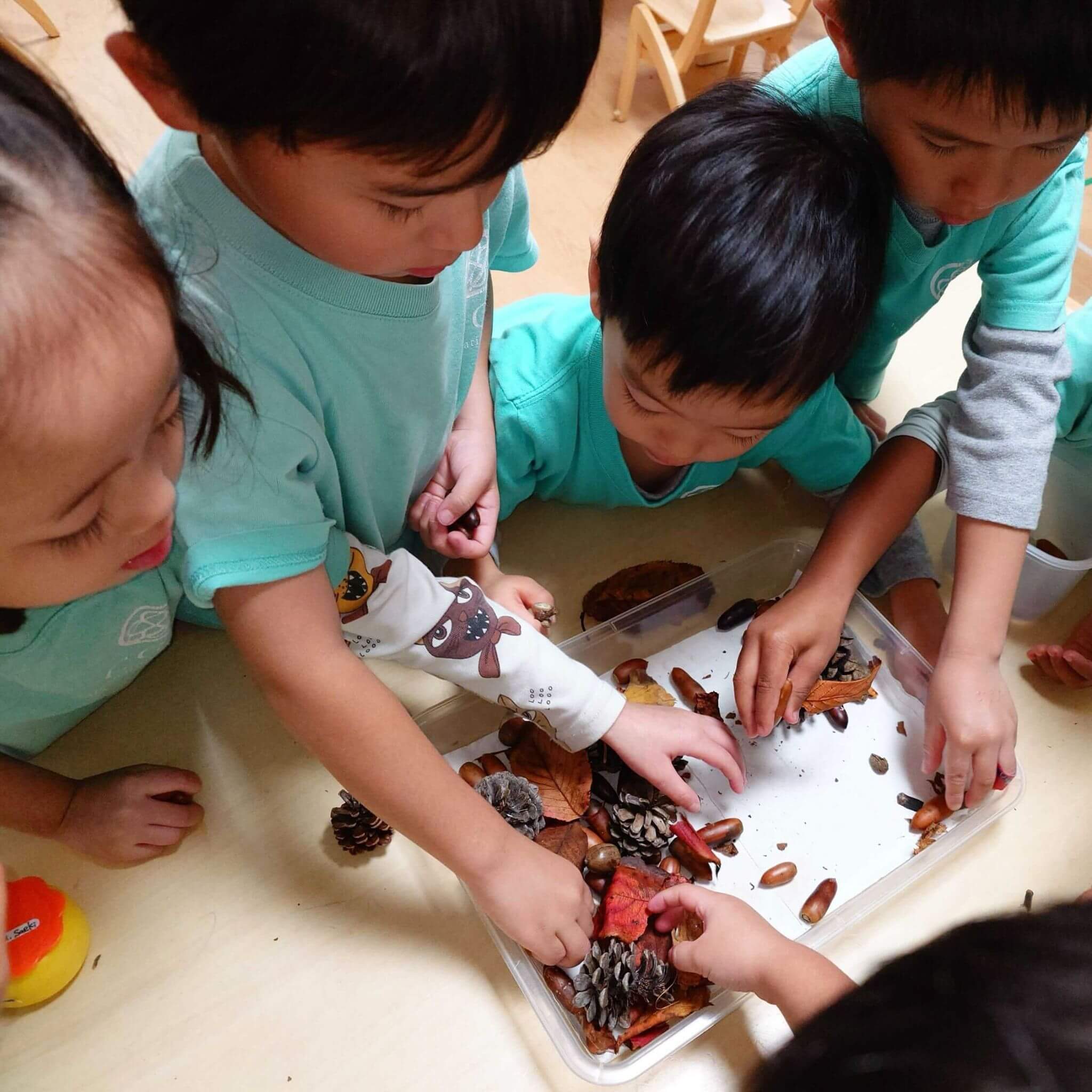
What autumn means for plants

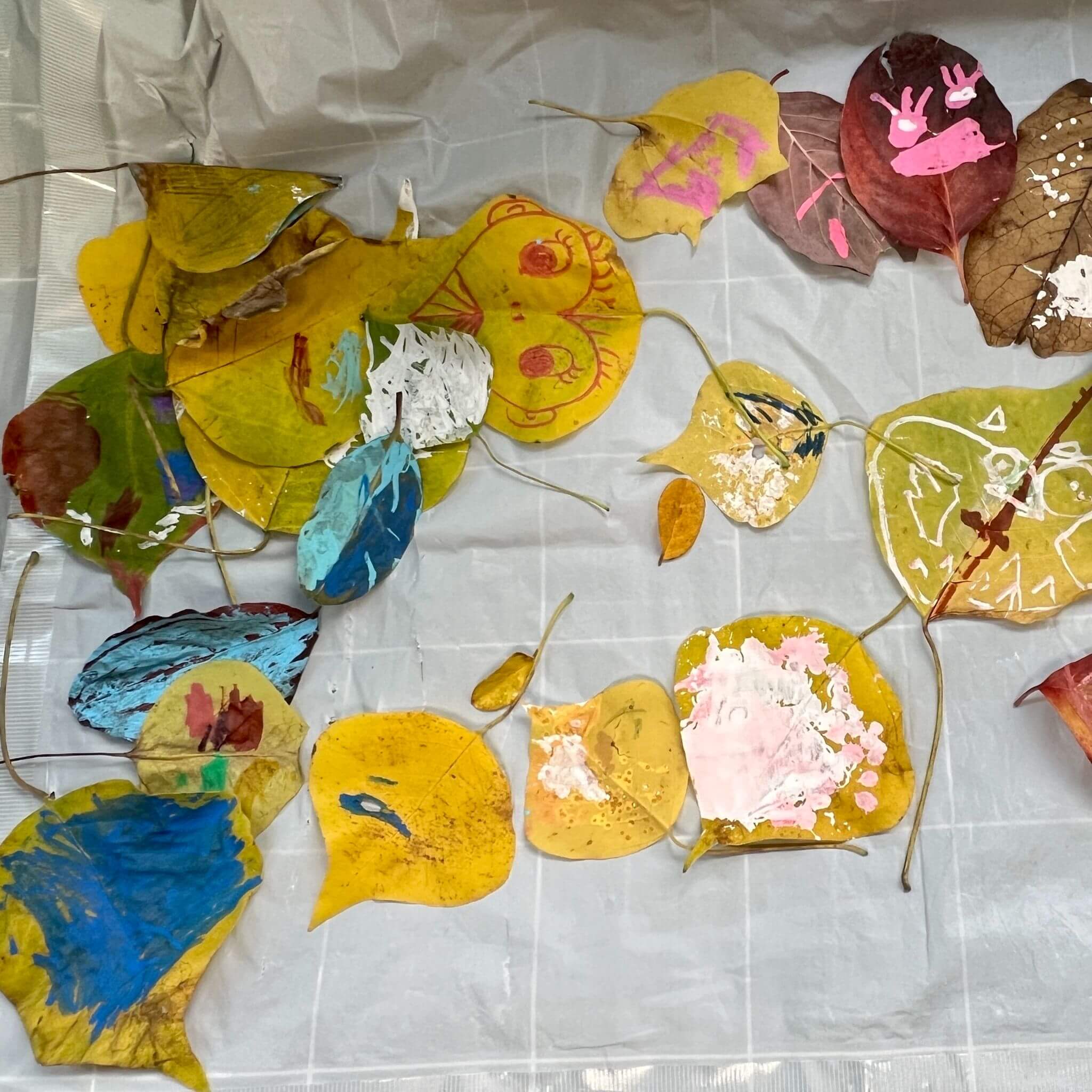
Creativity with autumn leaves

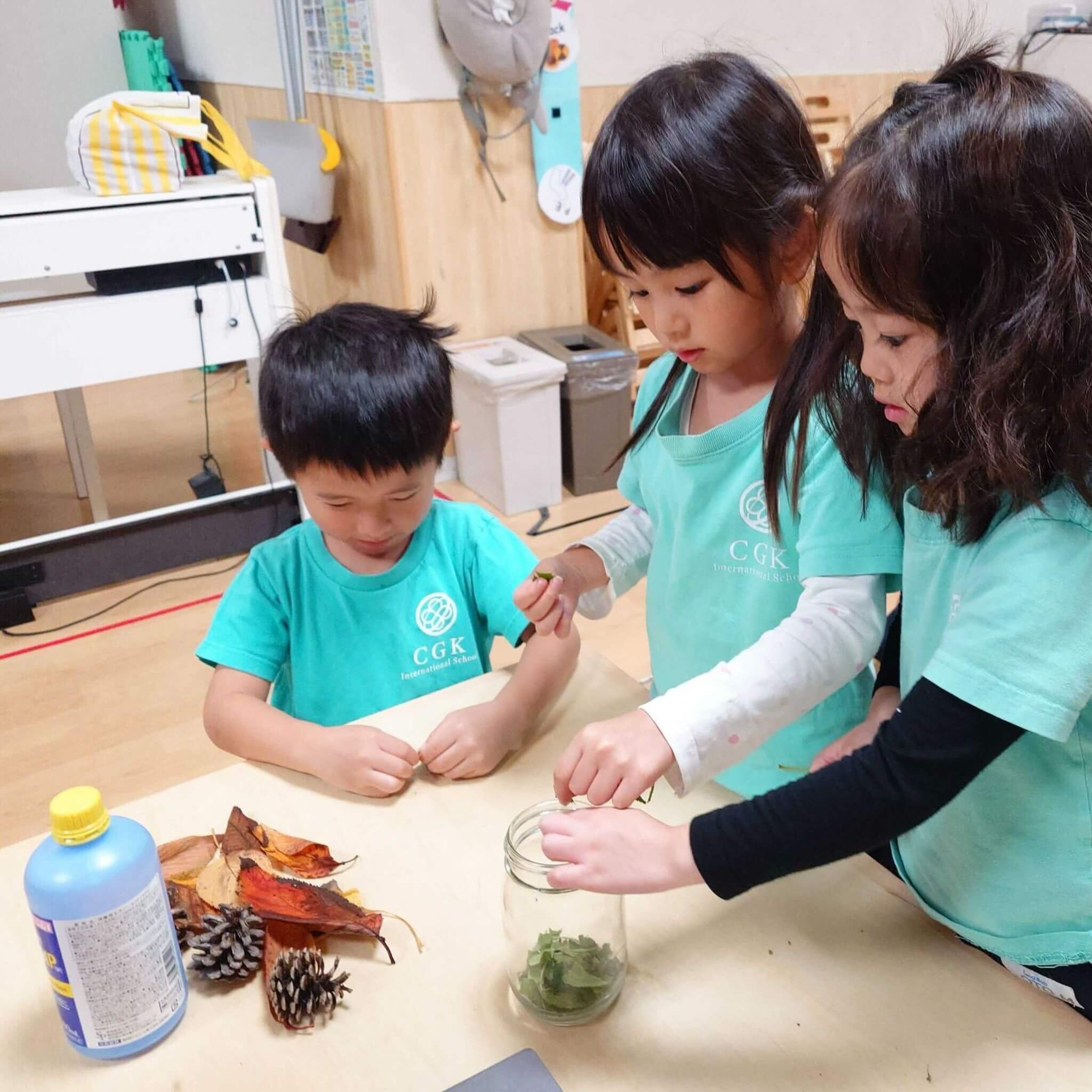
Chlorophyll leaf experiment

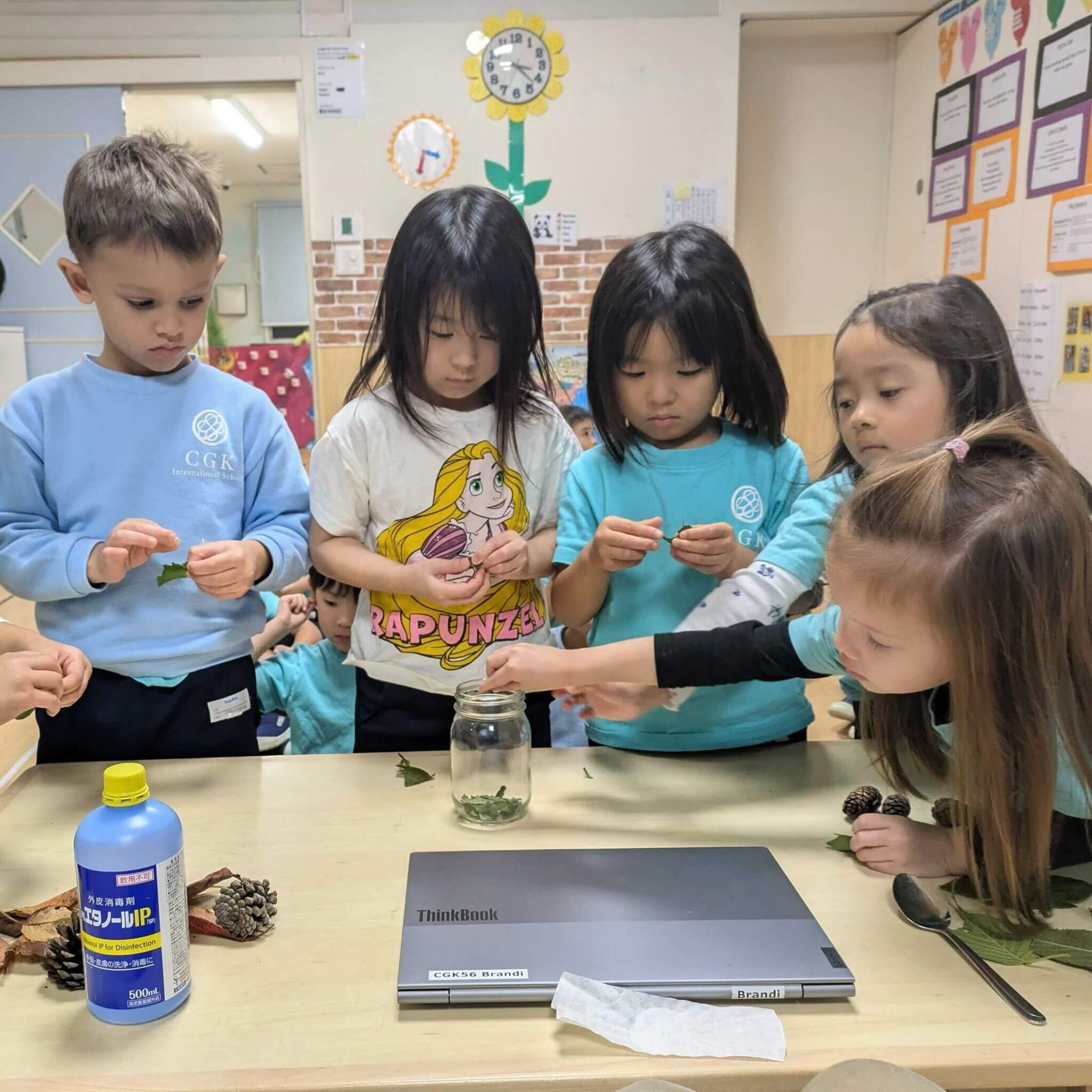
Chlorophyll leaf experiment

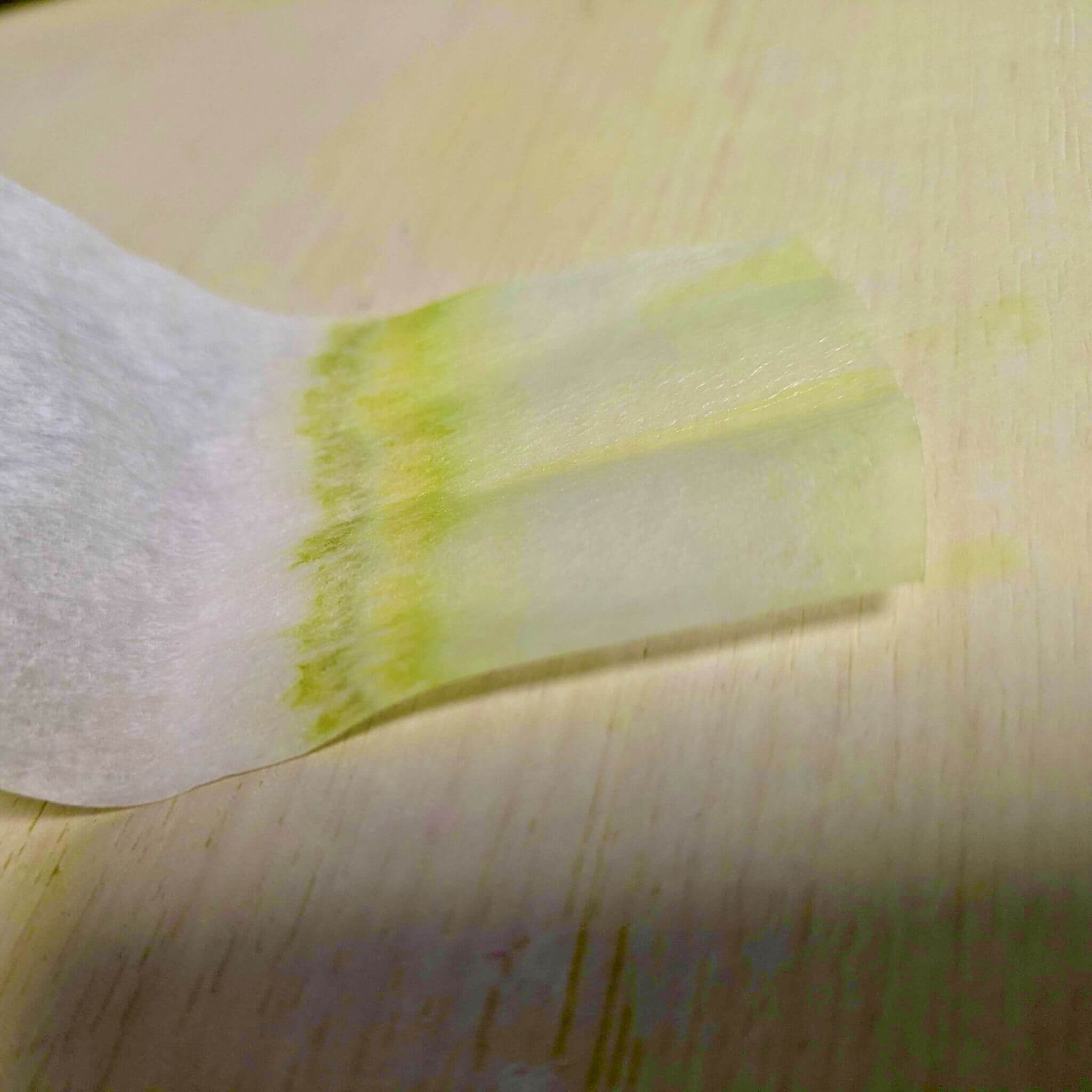
Colours in leaves

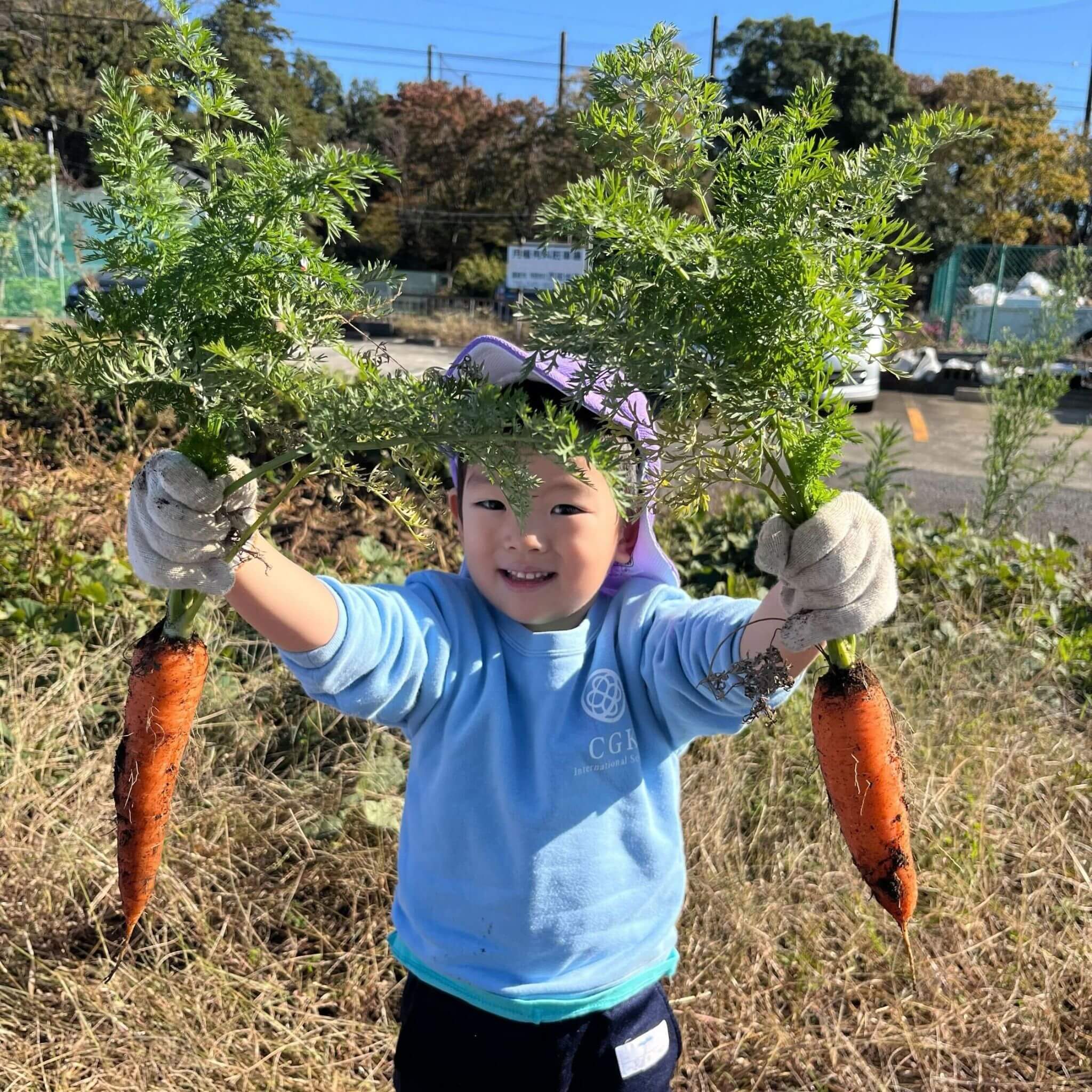
Harvesting vegetables

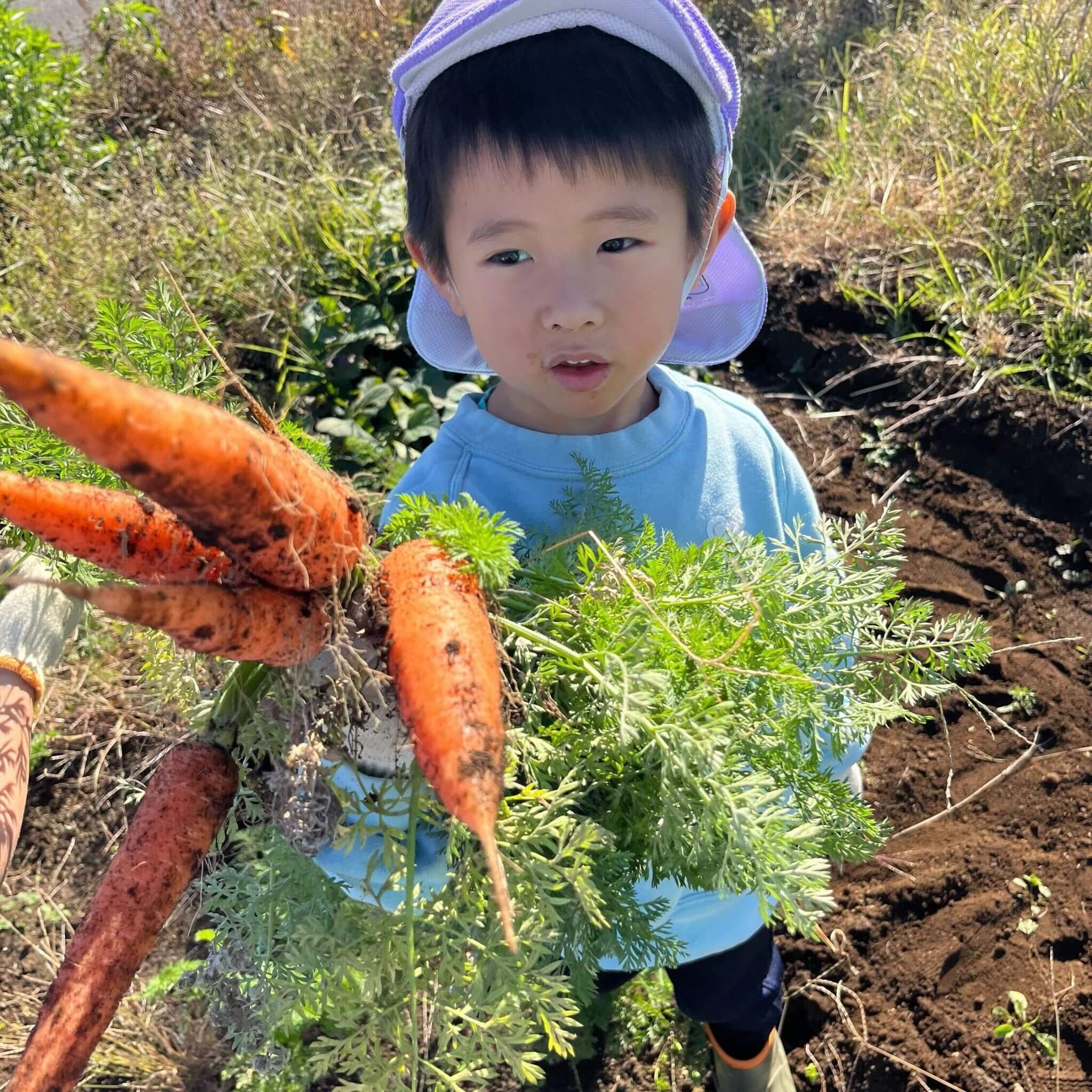
Harvesting vegetables

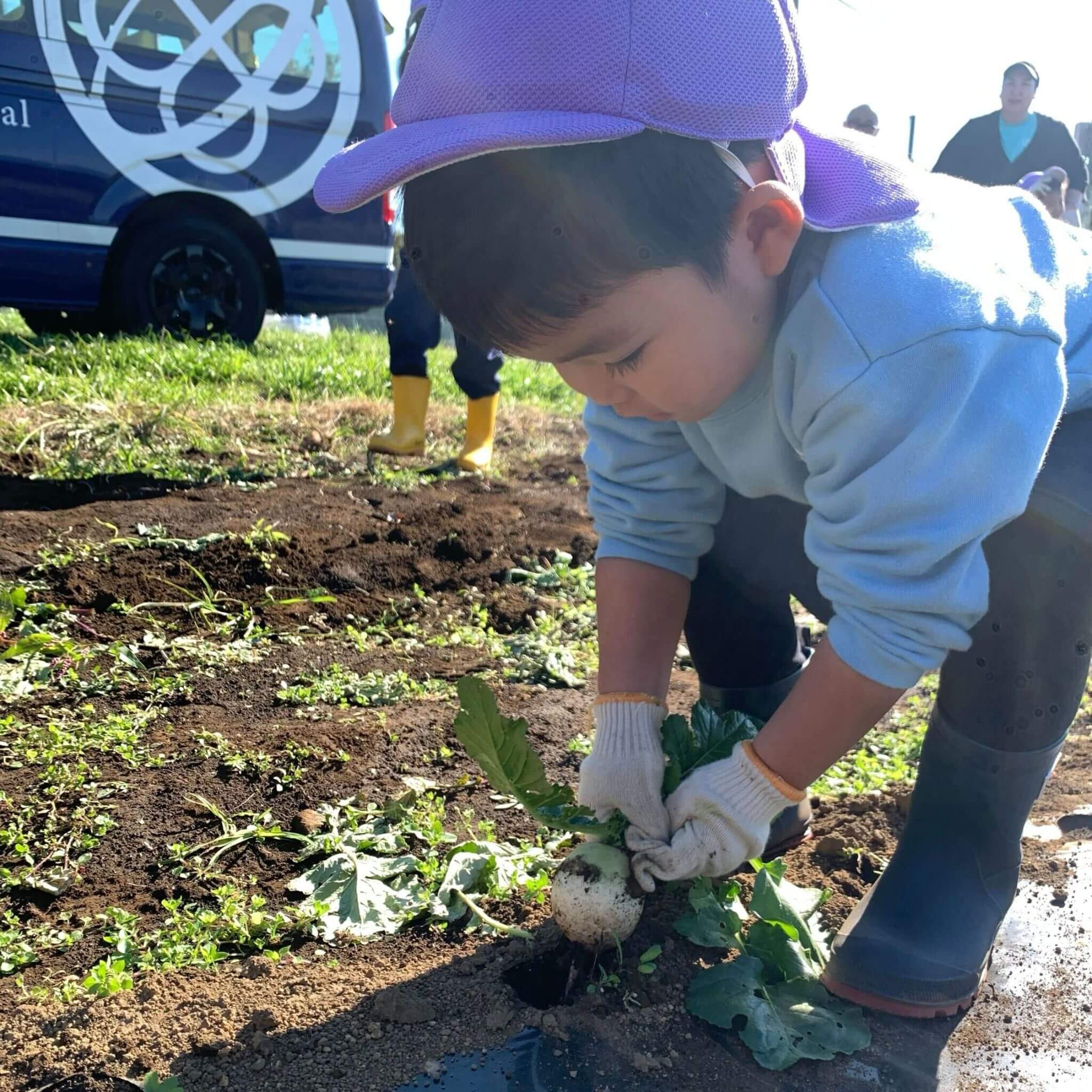
Harvesting vegetables

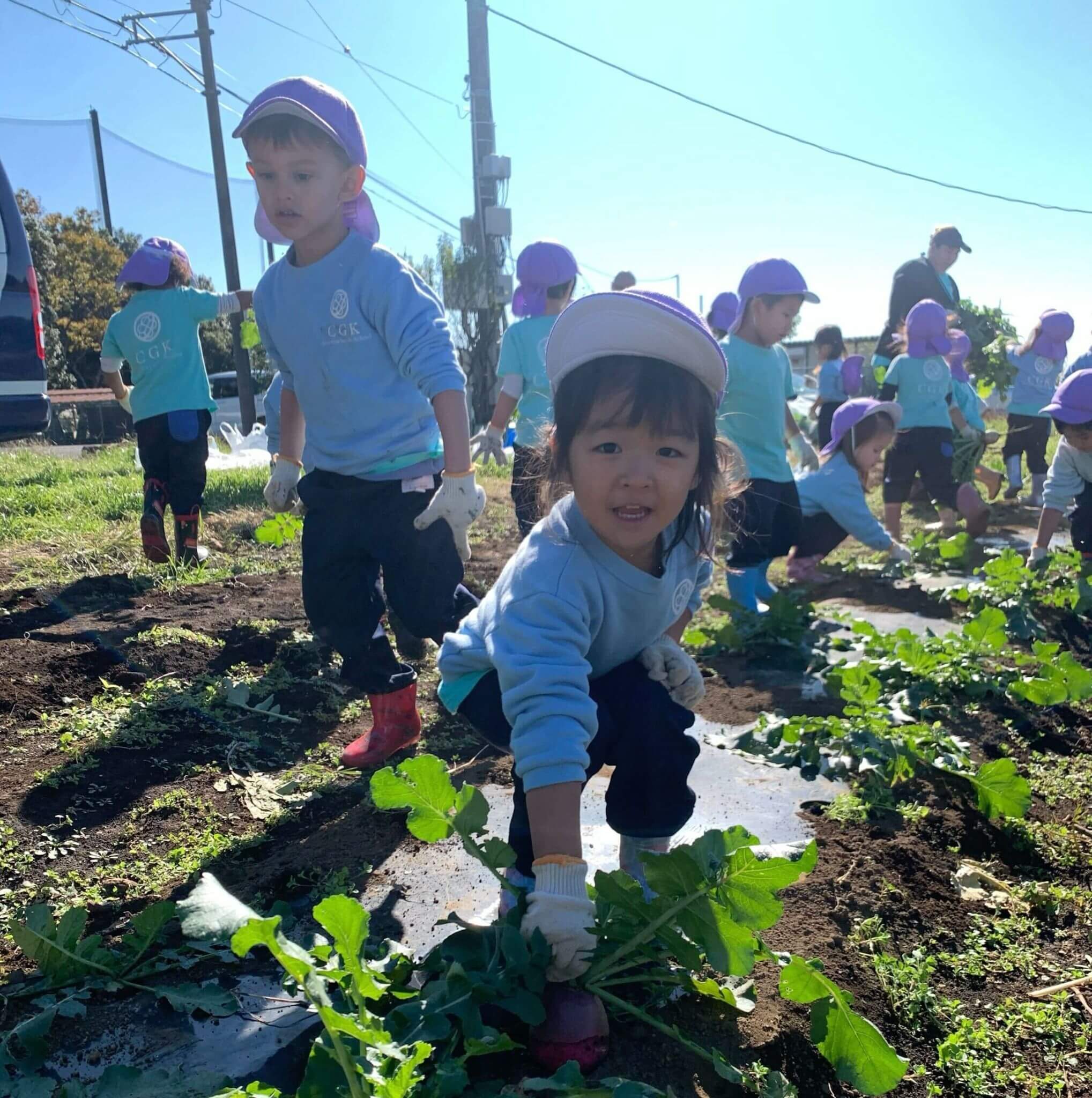
Harvesting vegetables

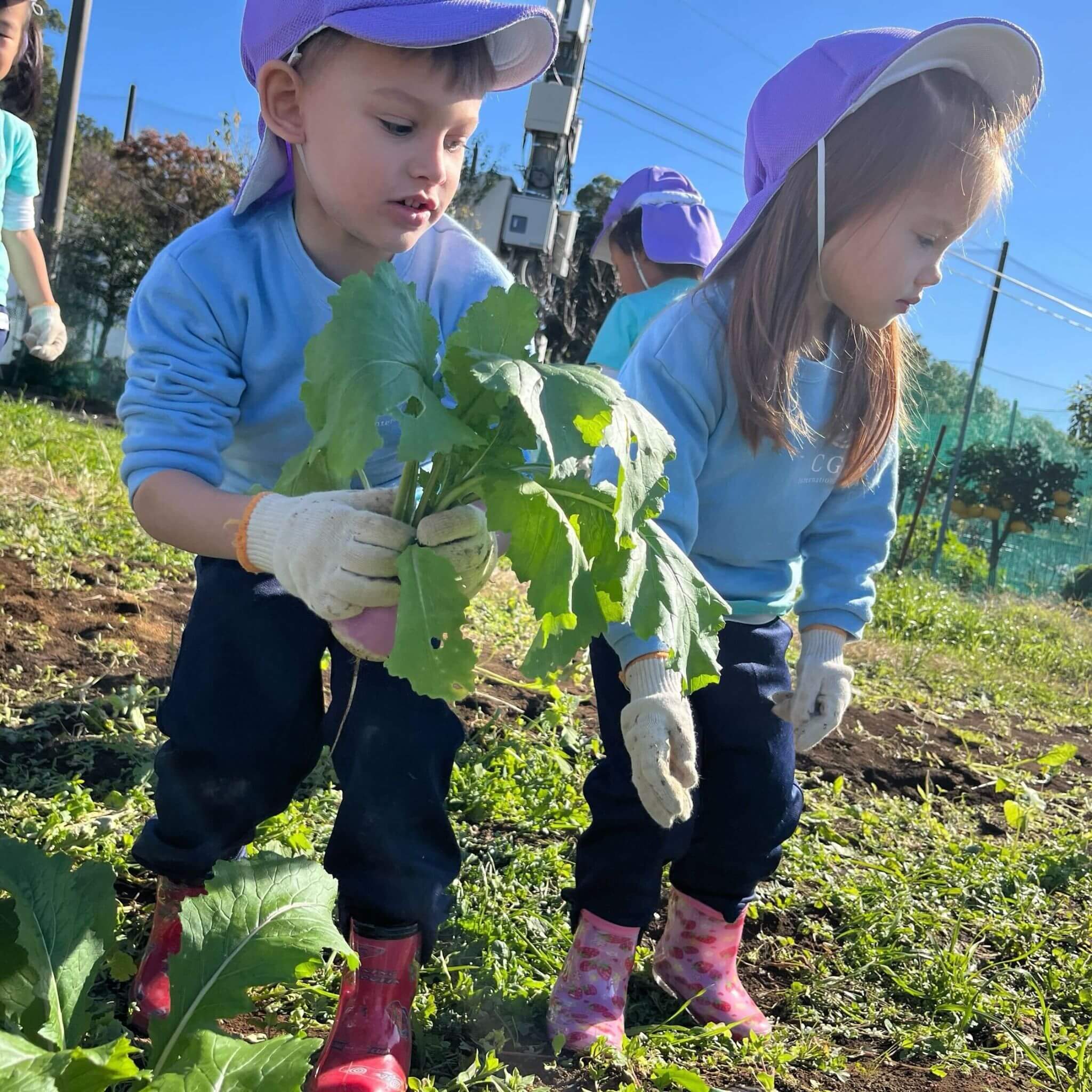
Harvesting vegetables

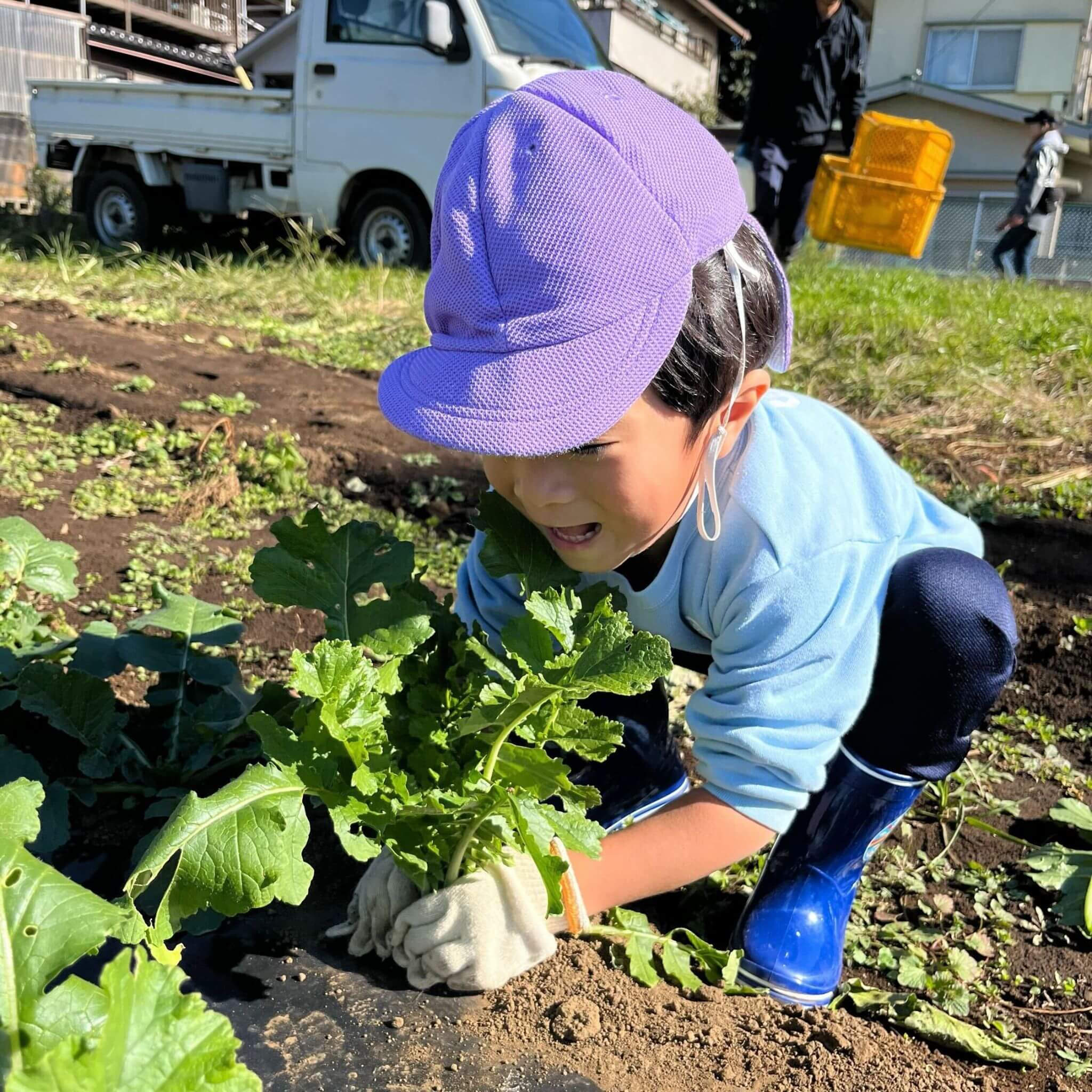
Harvesting vegetables
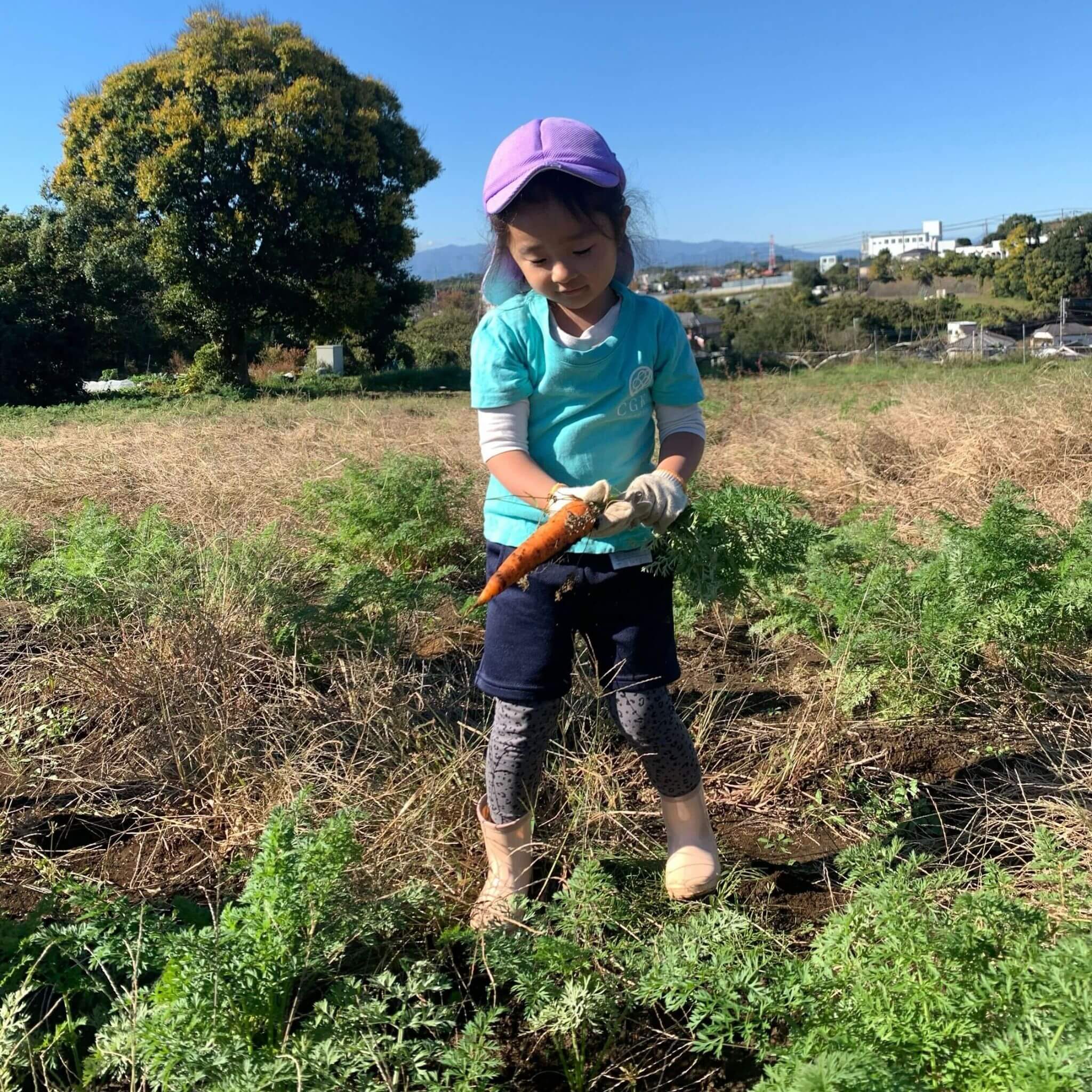
Harvesting vegetables

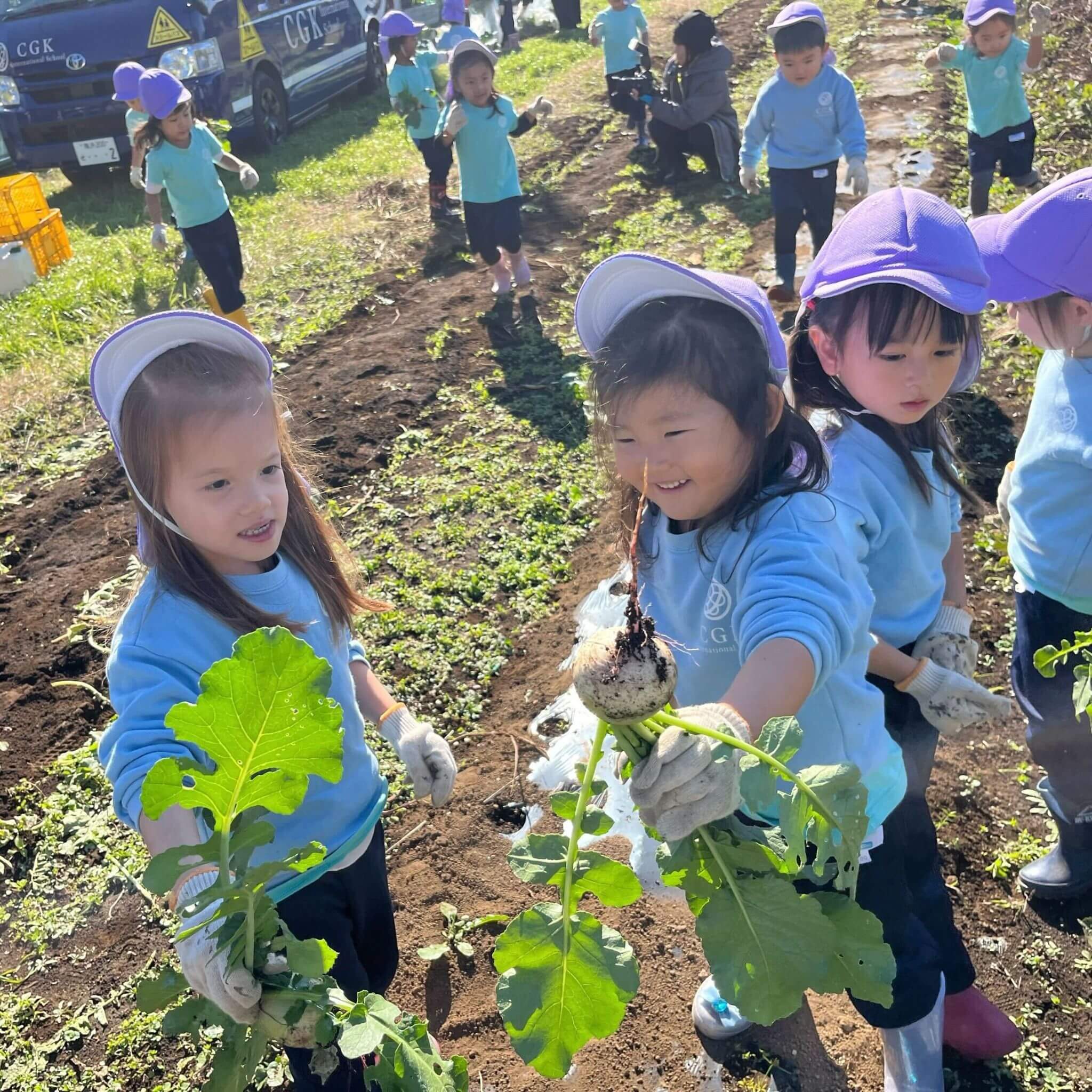
Harvesting vegetables

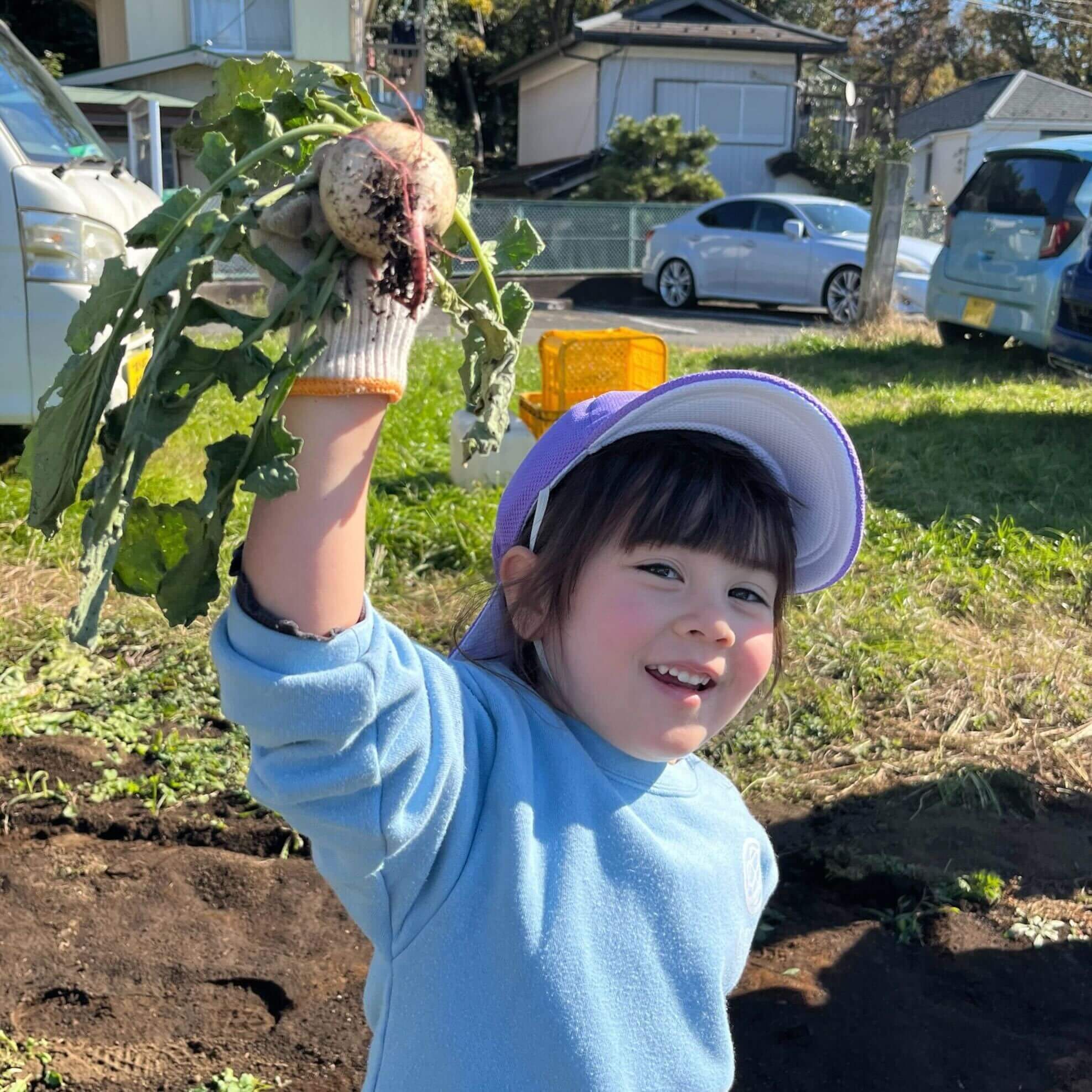
Harvesting vegetables

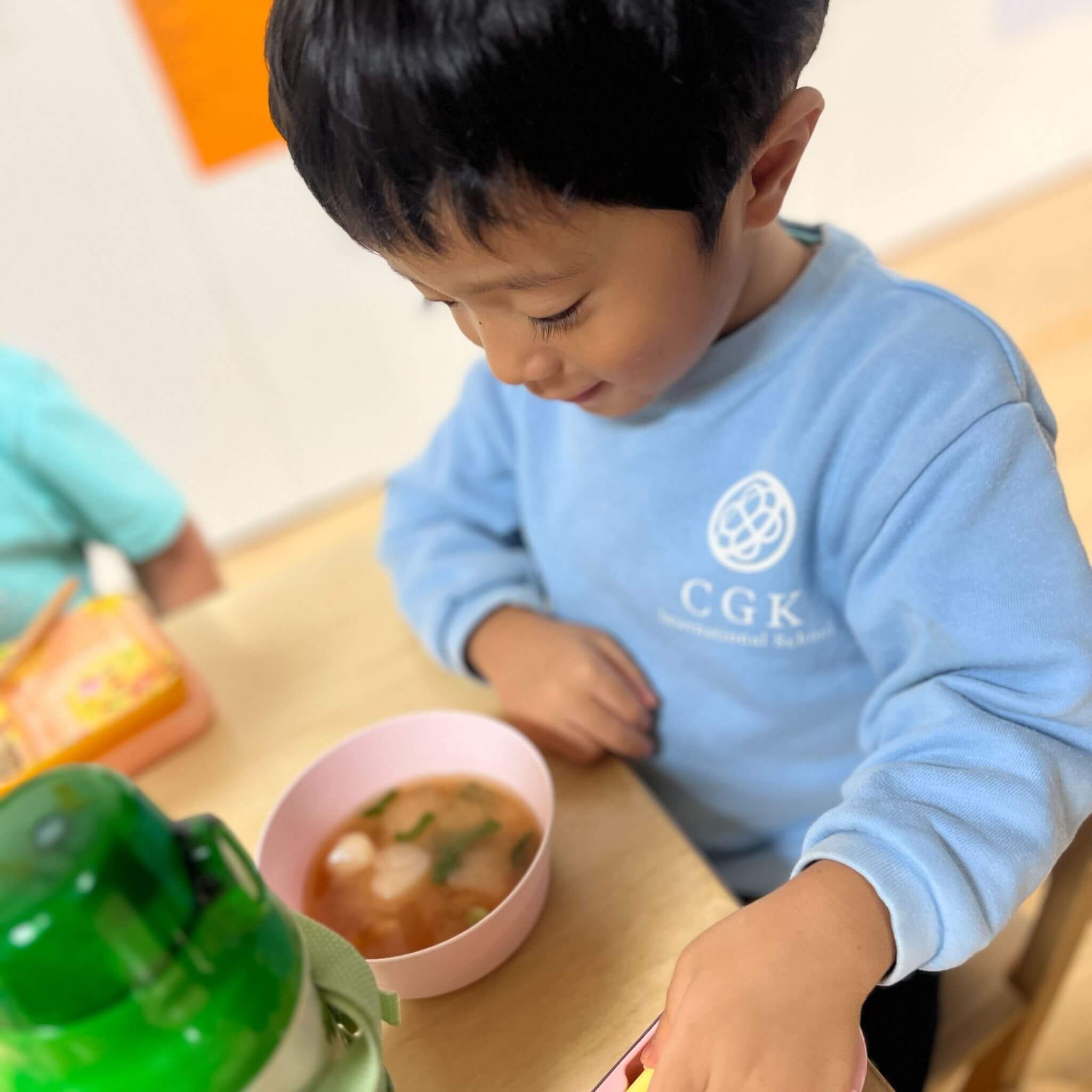
Soup made with harvested vegetables

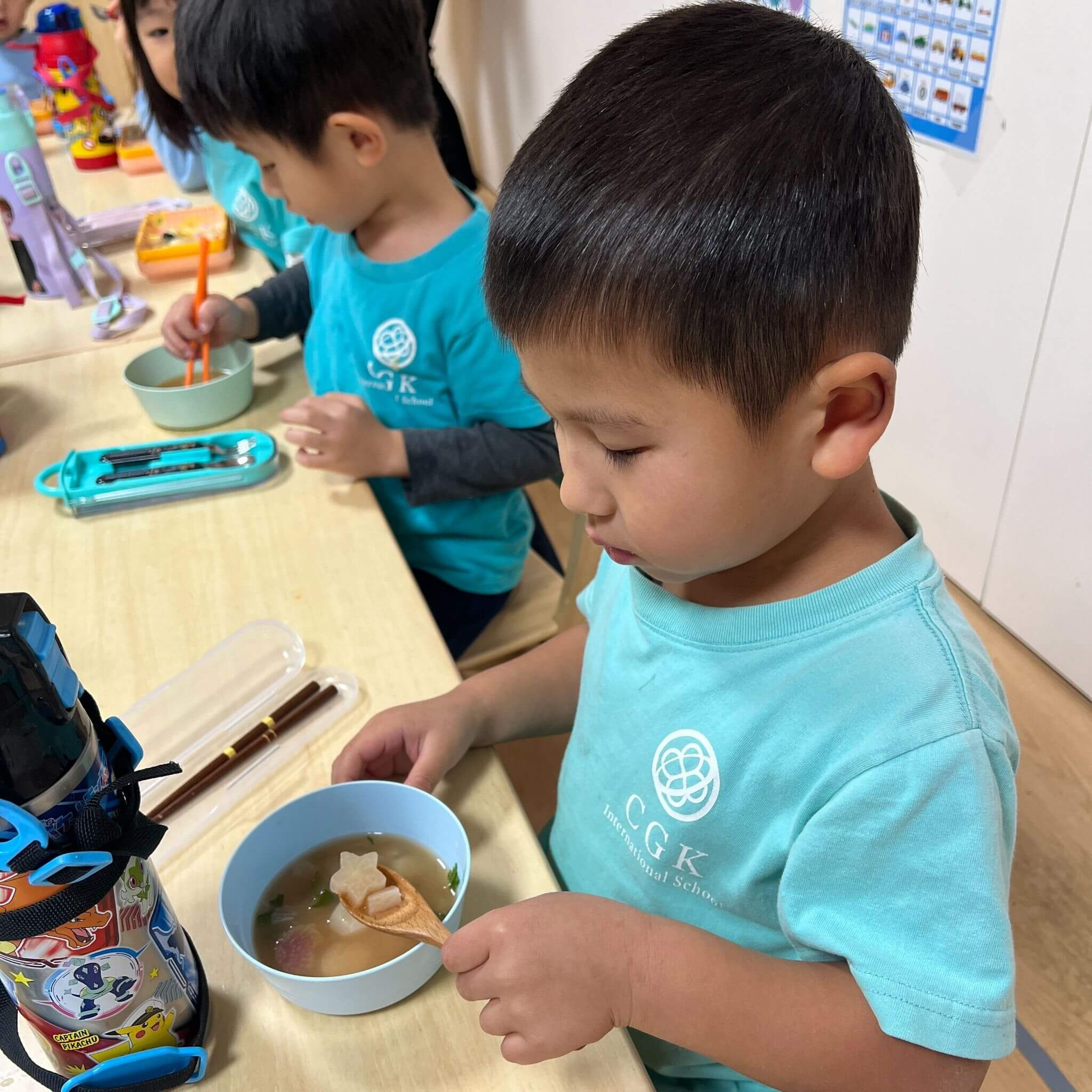
Soup made with harvested vegetables

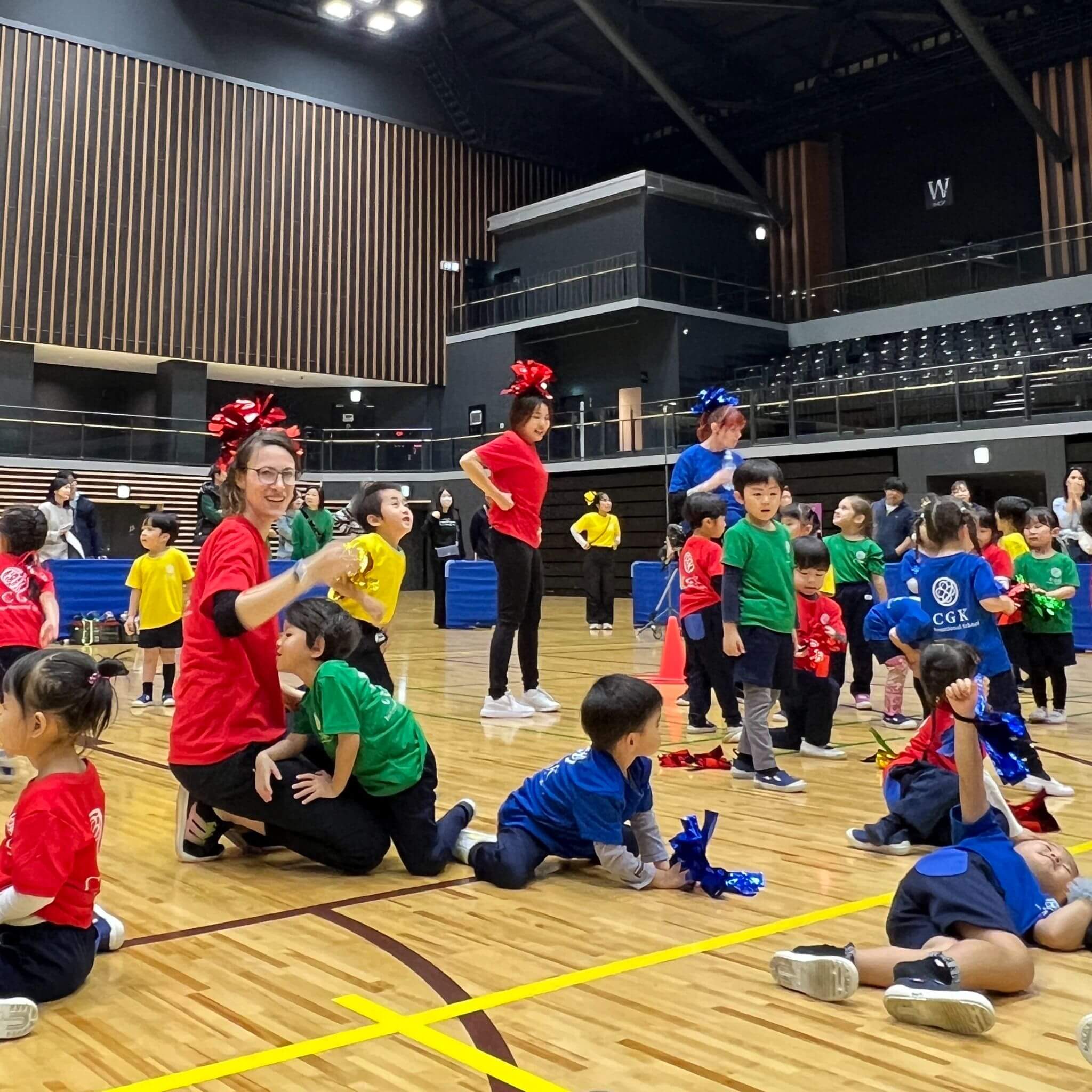
Sports Day - A day of collaboration, endurance and teamwork

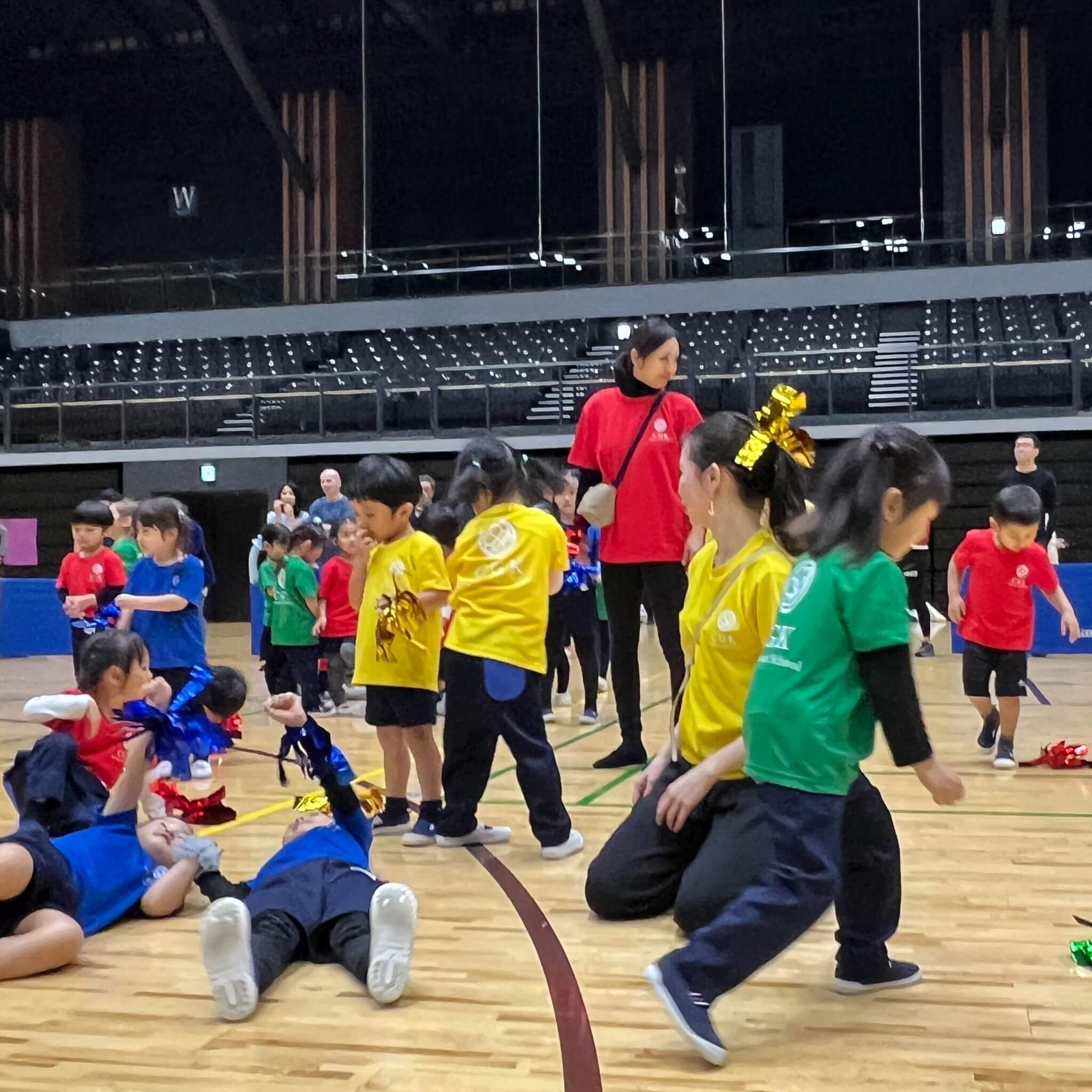
Sports Day - A day of collaboration, endurance and teamwork

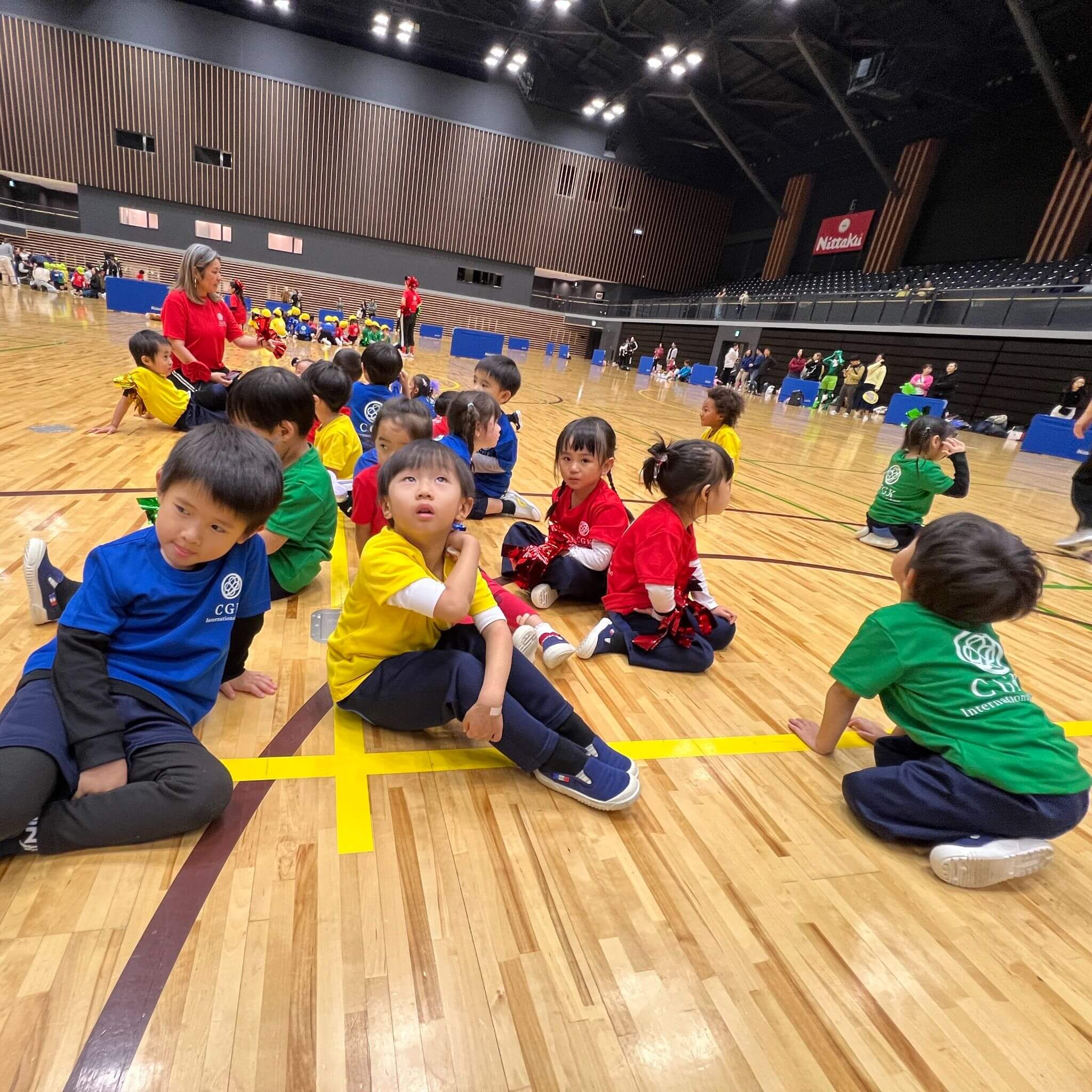
Sports Day - A day of collaboration, endurance and teamwork

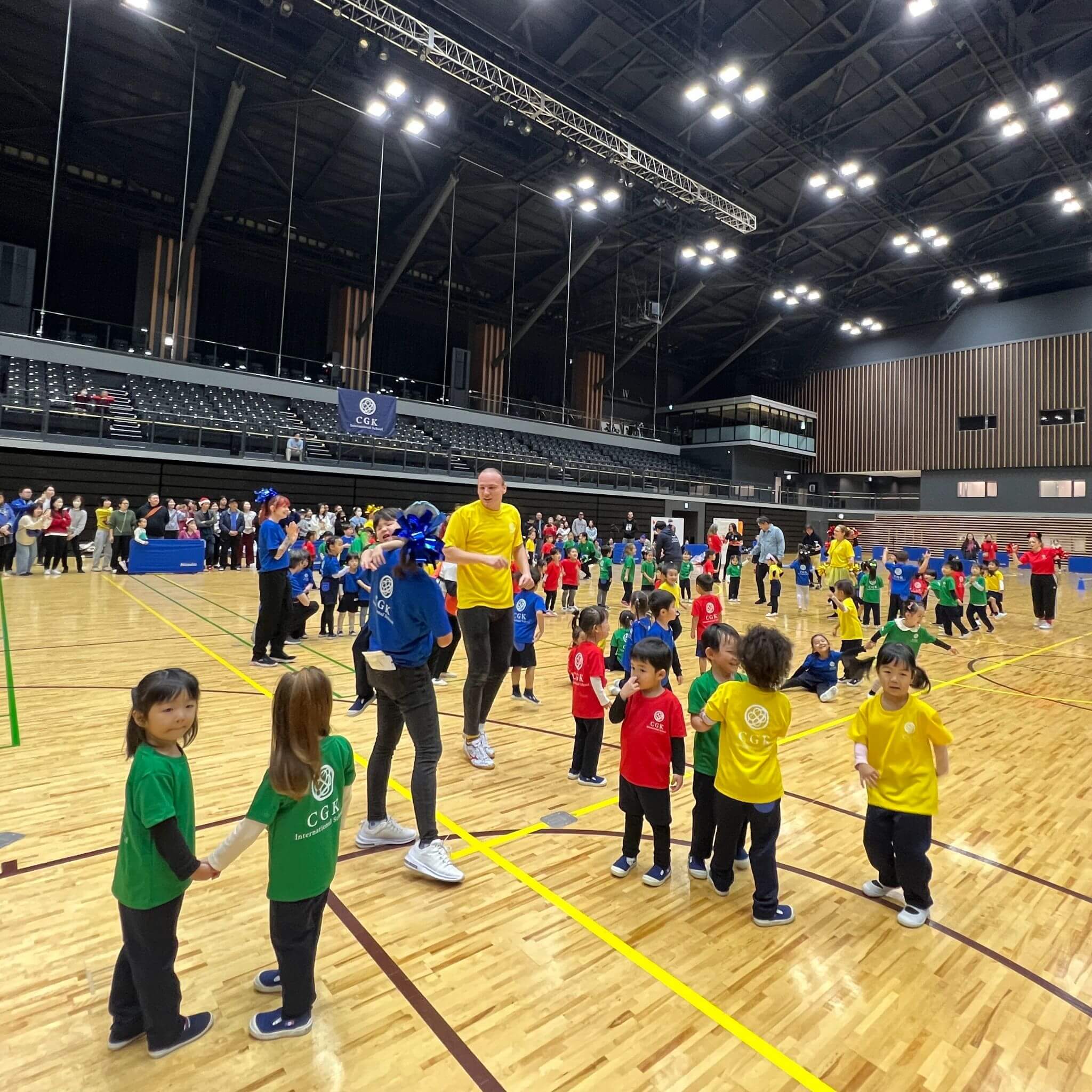
Sports Day - A day of collaboration, endurance and teamwork

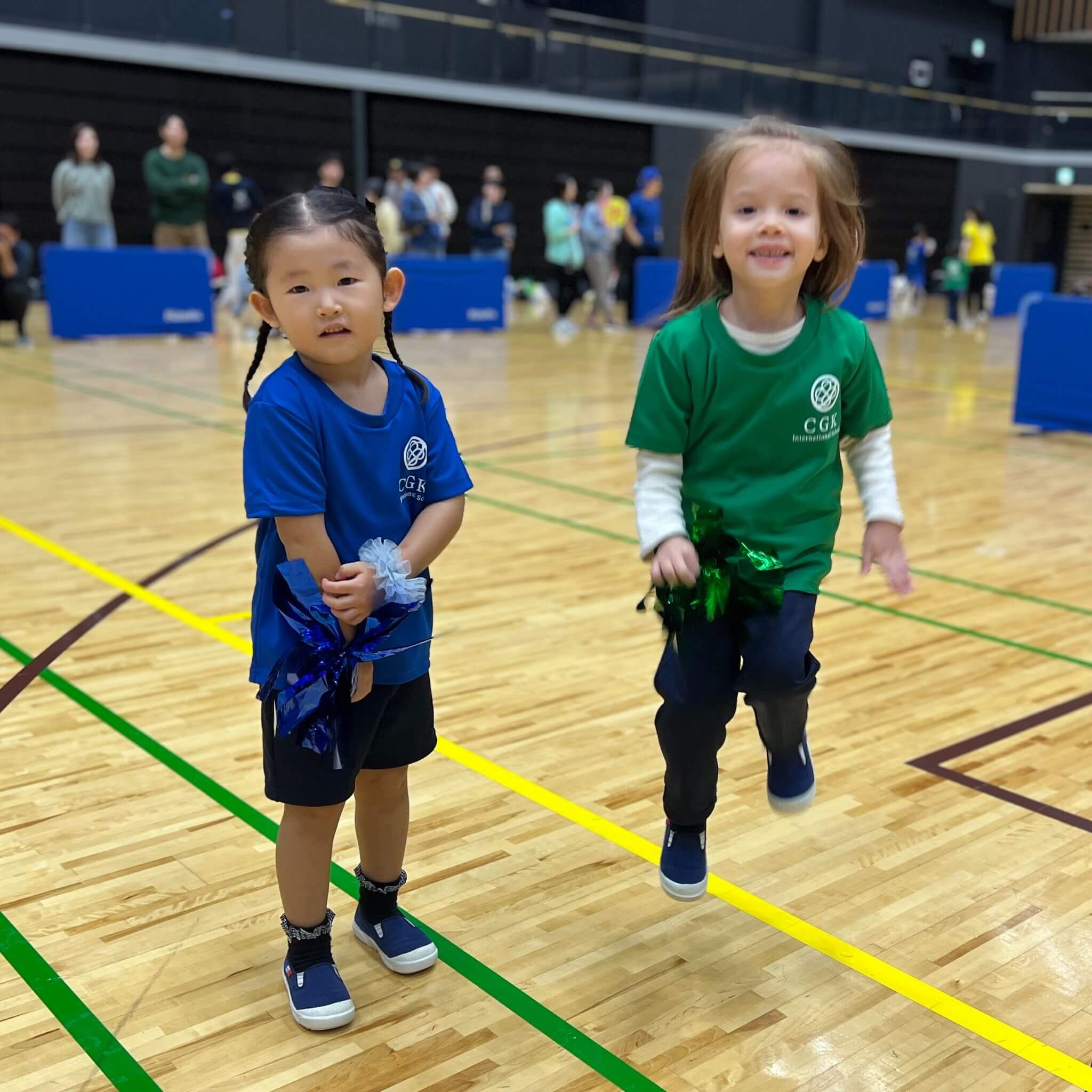
Sports Day BFFs

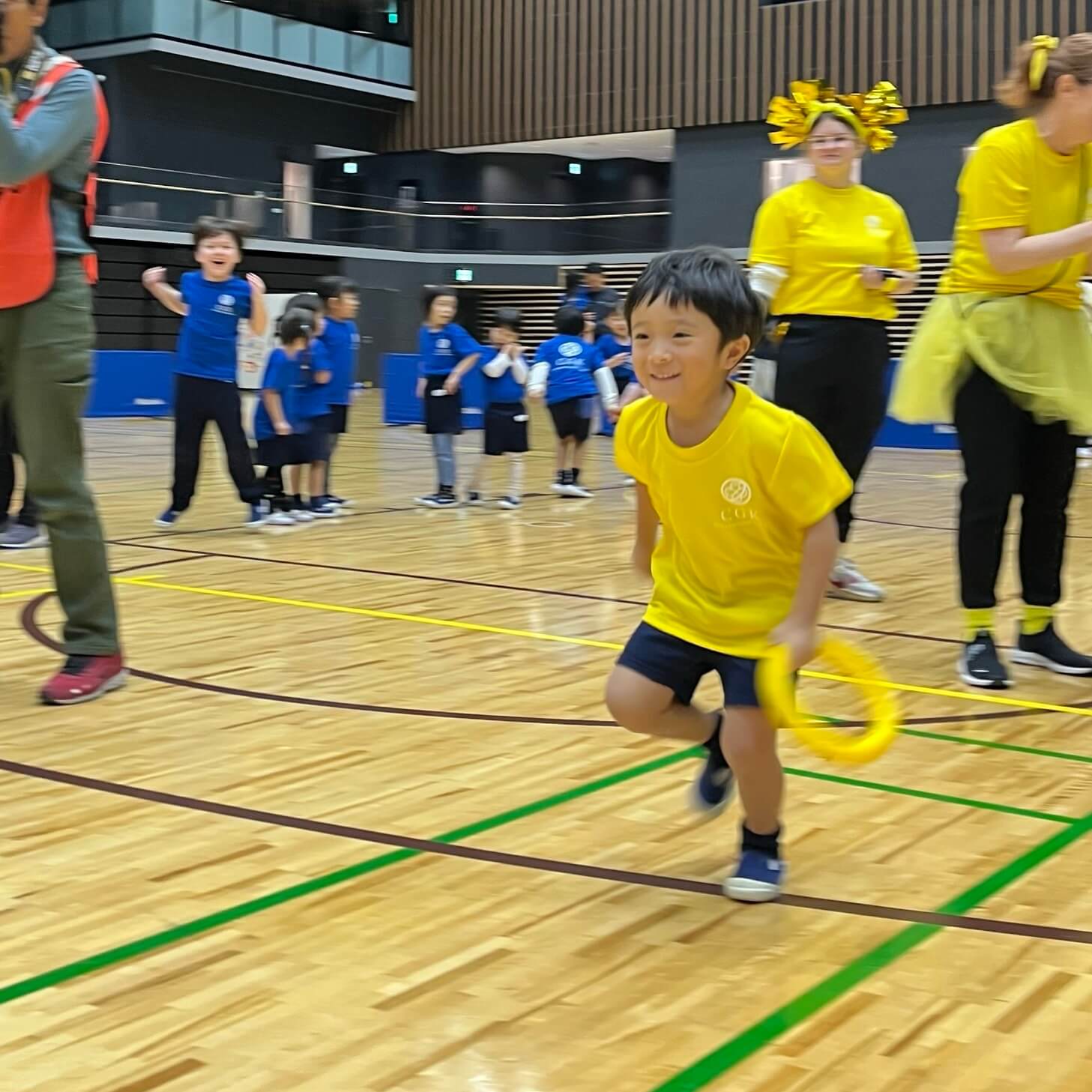
Sports day - A competition is not all about winning

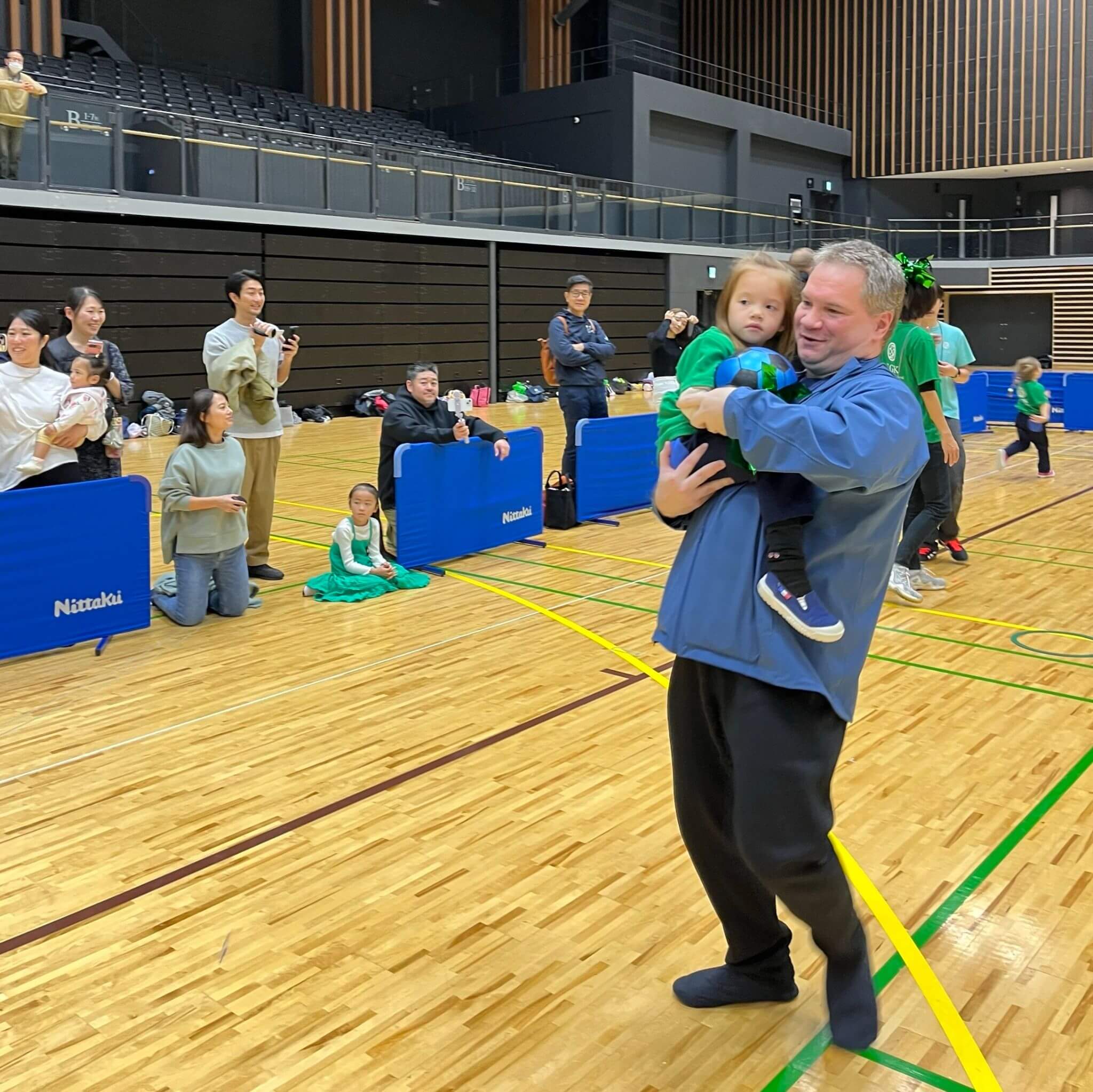
Sports Day - A day of collaboration, endurance and teamwork

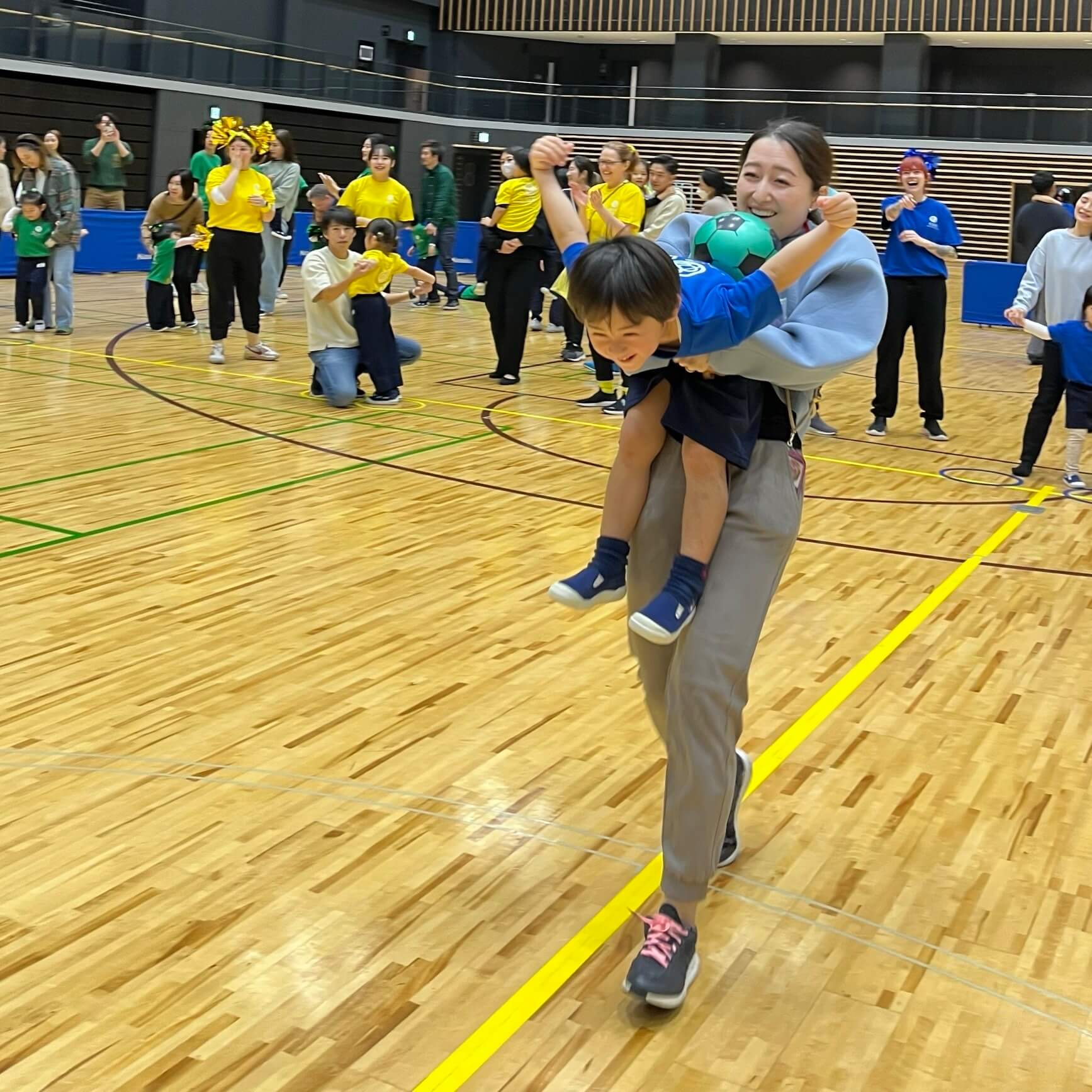
Sports Day - A day of collaboration, endurance and teamwork

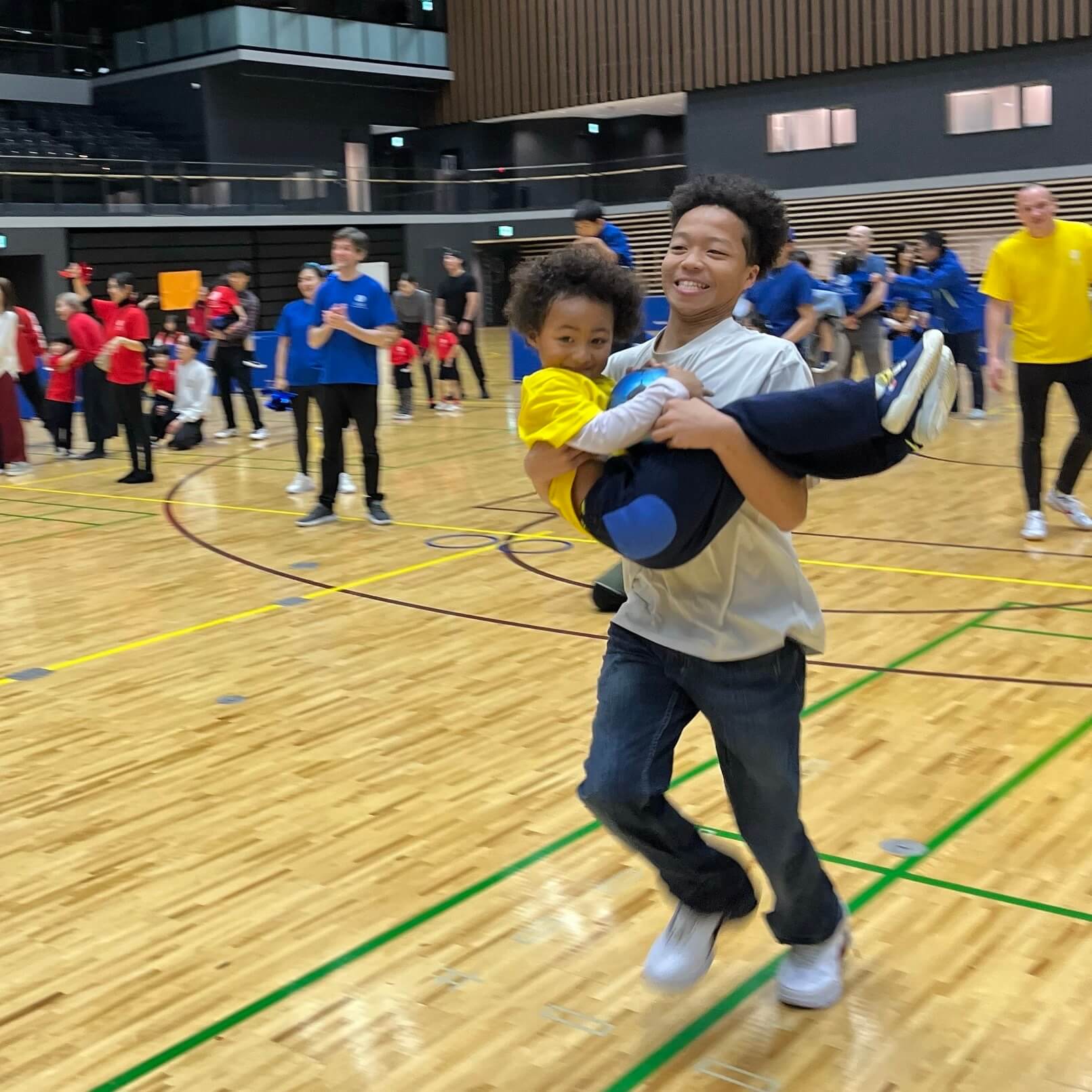
Sports Day - A day of collaboration, endurance and teamwork

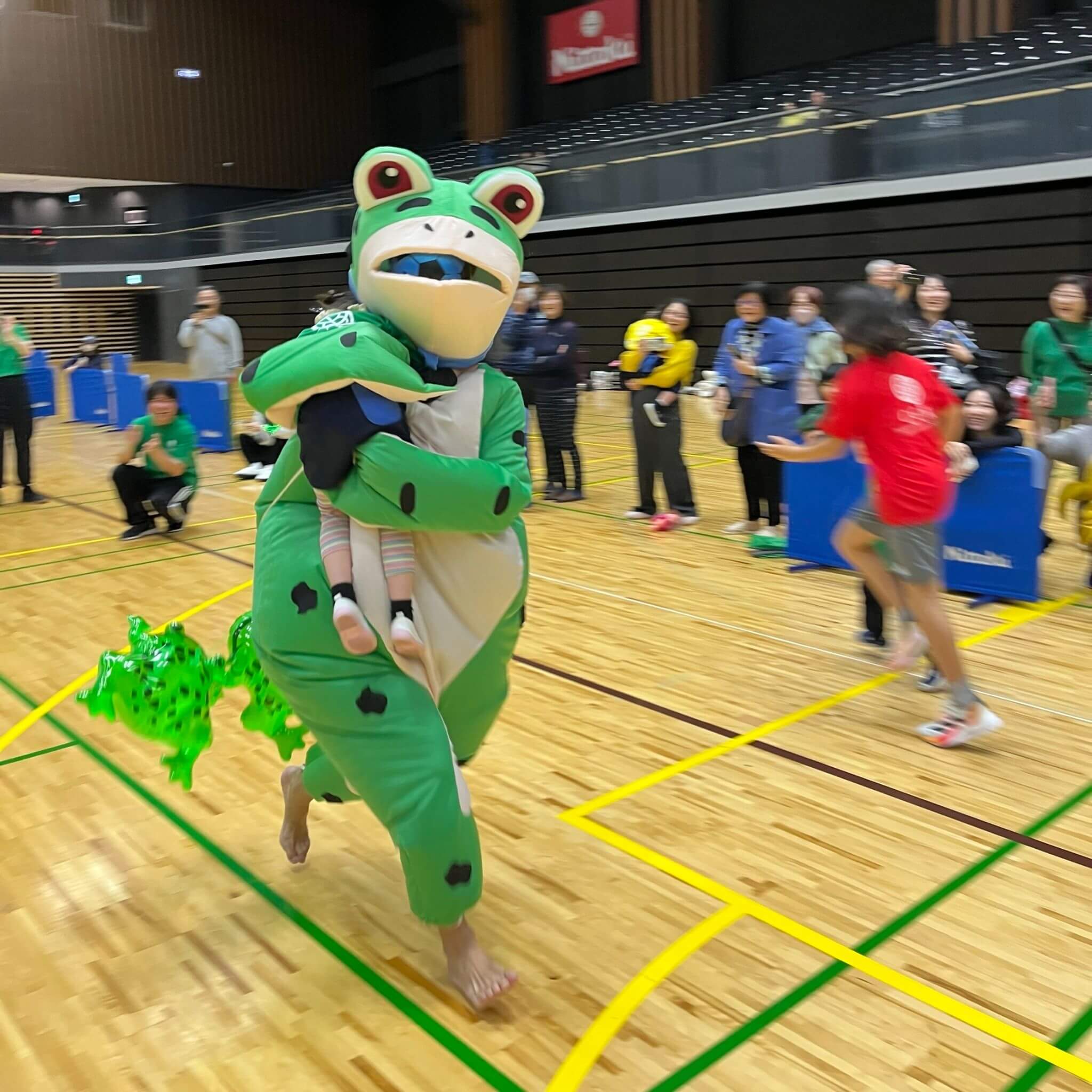
Sports Day - A day of collaboration, endurance and teamwork

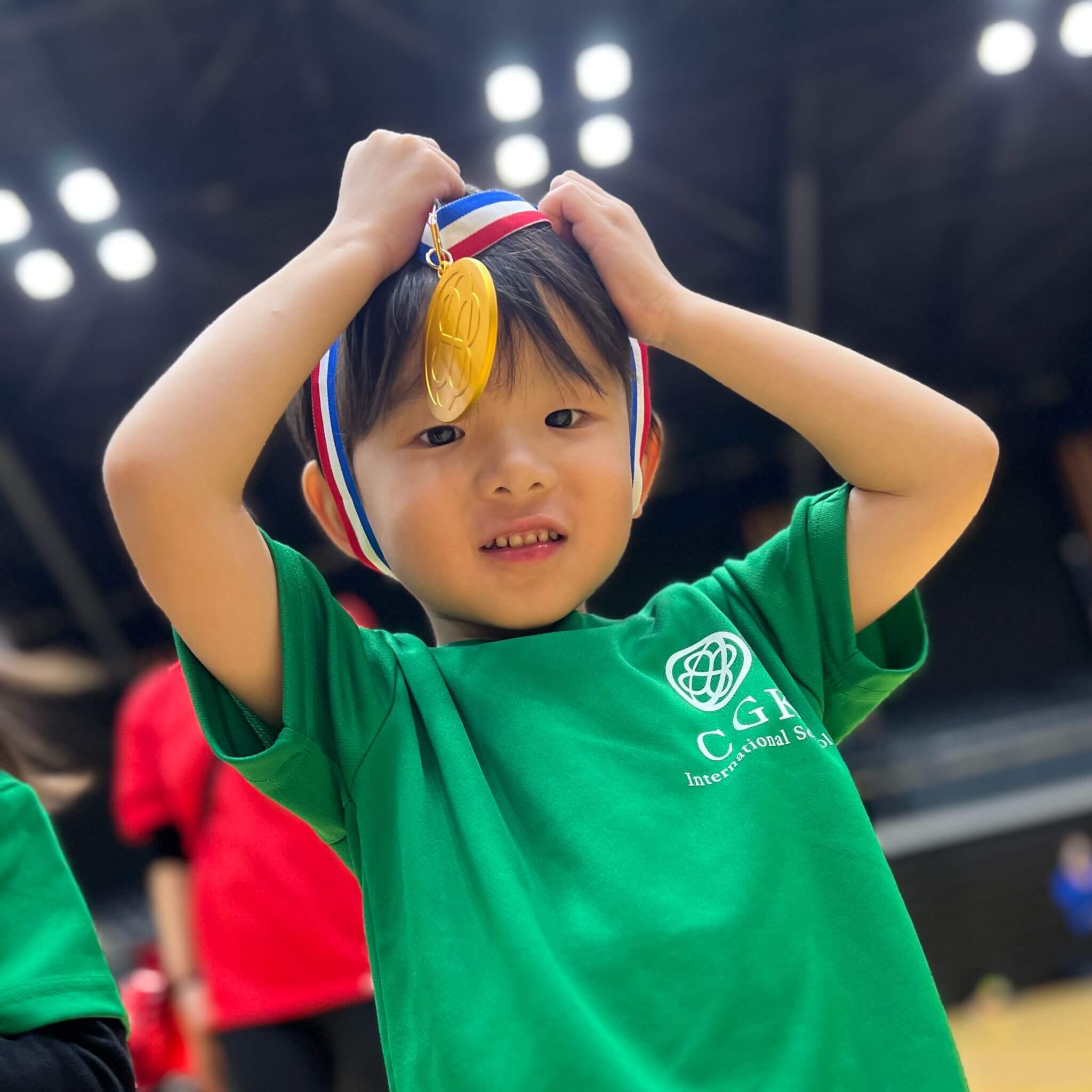
Sports Day - We are all winners for giving it our best!
As Jungle children continued their exploration of different living things in the How the World Works UOI, they began expressing their knowledge in uniquely creative ways, such as inventing new games and engaging in arts and crafts. This month, our discussions expanded to include environmental issues that affect all living beings, including humans. We explored the connections between ourselves and other living things in the world around us. It was fascinating to see how the children communicated and discussed their ideas on current issues like environmental pollution and overconsumption of natural resources.
November has been a month full of events, activities, and new experiences for the Jungle Class students.
We kicked off with our first-ever Reading Buddies session with Grade One students. This program was designed to foster a love for reading among both older and younger students. Jungle friends were deeply engaged with the stories being read to them and observed how the Grade One students took pride in being role models. This experience boosted the older students' confidence and inspired Jungle friends to want to read.
Our second health check at the Kannai Campus was another highlight. All our students demonstrated bravery and resilience, smoothly going through the checkup despite any initial anxiety. They learned about the importance of regular checkups and what doctors examine during these visits. We also explored the world of germs, viruses, and bacteria, understanding that while some are beneficial, others are not.
Outdoor exploration took us to new parks and locations, where we observed the seasonal changes around us. To deepen our understanding of the four seasons, we conducted experiments demonstrating why leaves change colour in autumn and why pine cones open and close in different seasons. This hands-on learning followed the children’s natural curiosity and inquiries.
A particularly exciting event was our vegetable harvesting activity. The students enjoyed preparing and tasting delicious food from their harvested vegetables. This activity sparked their curiosity about plants, creatures, and insects that thrive on farmlands, and it prompted them to think about where their food comes from and the process it goes through before it reaches our tables.
The grandest event of the month was Sports Day. Collaborating with other classes, we brought our families the 2024 CGK Sports Day! Through perseverance and teamwork during practice sessions, the students steadily improved their performance, making both teachers and families proud.
Every experience, whether inside or outside the classroom and no matter how trivial, contributes significantly to the children's growth and learning.
Here at CGK we always look forward to providing more engaging and enriching experiences to our students.
Cultivating Kindness: Soft Words and Sharp Words
Through Sports Day practice, the Jungle class children have been strengthening their teamwork and deepening their friendships. At the beginning of practice, some children didn’t fully understand the concept of winning and losing, but recently they’ve started expressing strong emotions like “I’m so happy we won!” or “I’m frustrated we lost!” Sometimes, their feelings even bring tears of disappointment. In these moments, their friends are always there to offer comfort with kind words like, “It’s okay,” or by patting their heads, showing the warmth and care that Jungle class is known for.
In daily school life, the children have also grown in their ability to express themselves, sharing their feelings and preferences with words. While they’ve developed deeper friendships and connections, there have also been occasional conflicts due to the difficulty of choosing the right words. Recognizing this as an important part of their growth, we recently conducted an activity using puppets and picture books to discuss “soft words” that make people happy and “sharp words” that hurt feelings. During this activity, the children came up with examples from their daily lives, such as “Thank you,” “Here you go,” and “I like you” for soft words, and “I don’t like you,” “I won’t play with you,” and “I don’t want to hold hands” for sharp words.
At their age, it’s still challenging for them to fully control their words and actions. However, by sharing experiences about “who said what, and how it made them feel,” we aim to nurture their ability to notice others’ feelings and choose kind words.
By fostering kindness and compassion toward themselves and others, we hope to help the children grow into individuals who embody the IB Learner Profile attribute of being caring. Such individuals take action to make a positive difference in the lives of others and the world around them. Moving forward, we will continue to support the children in this journey of growth.
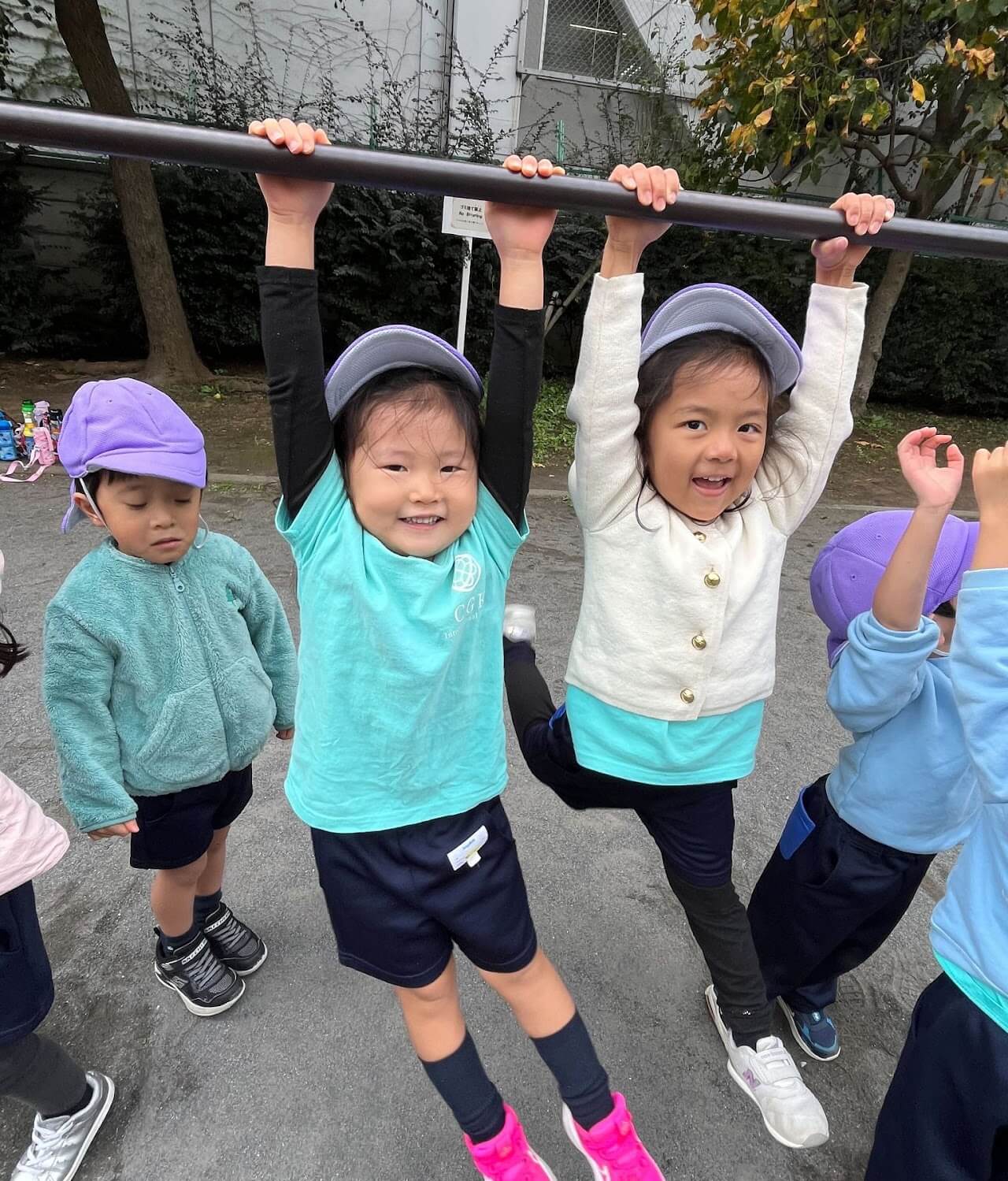


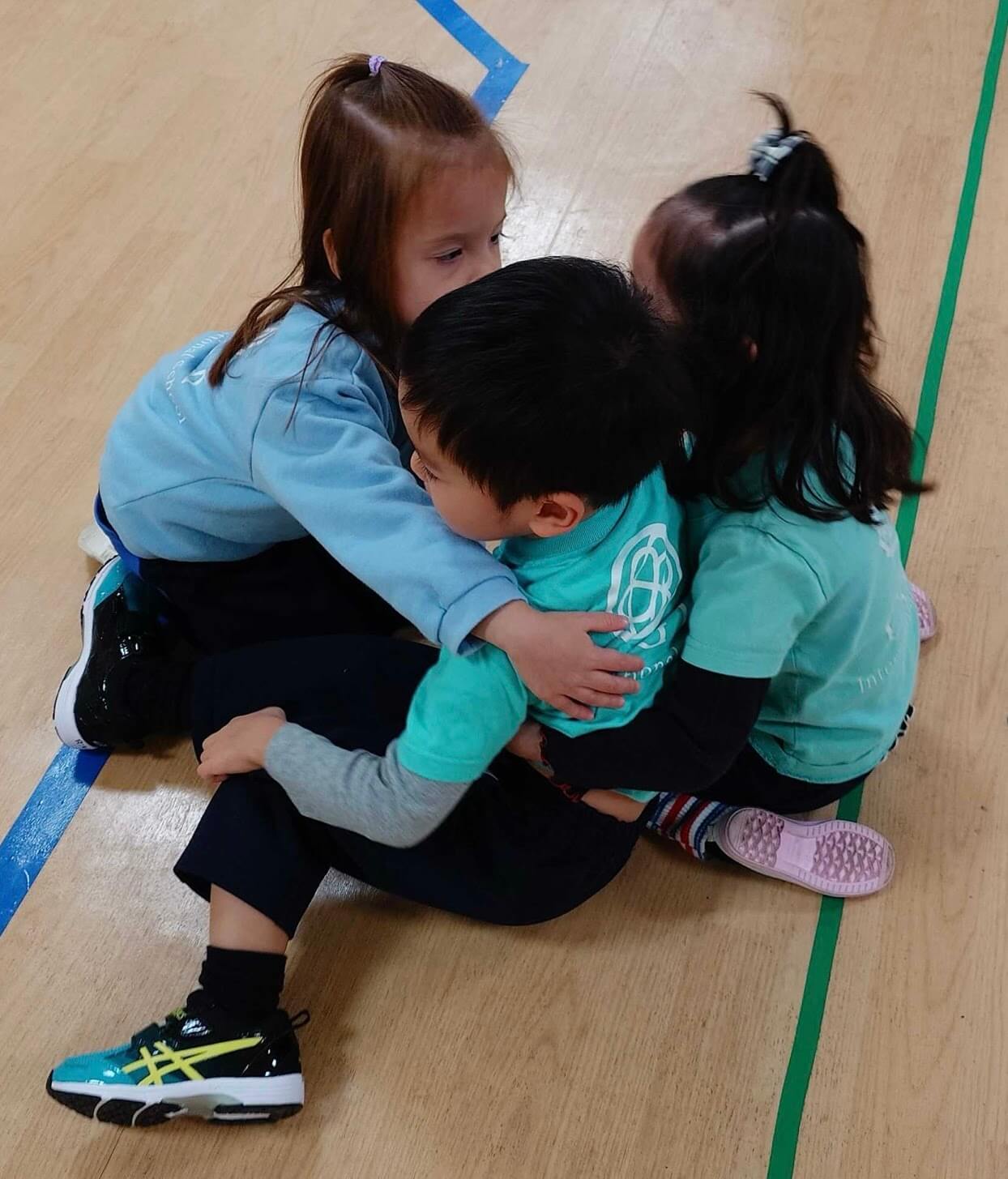


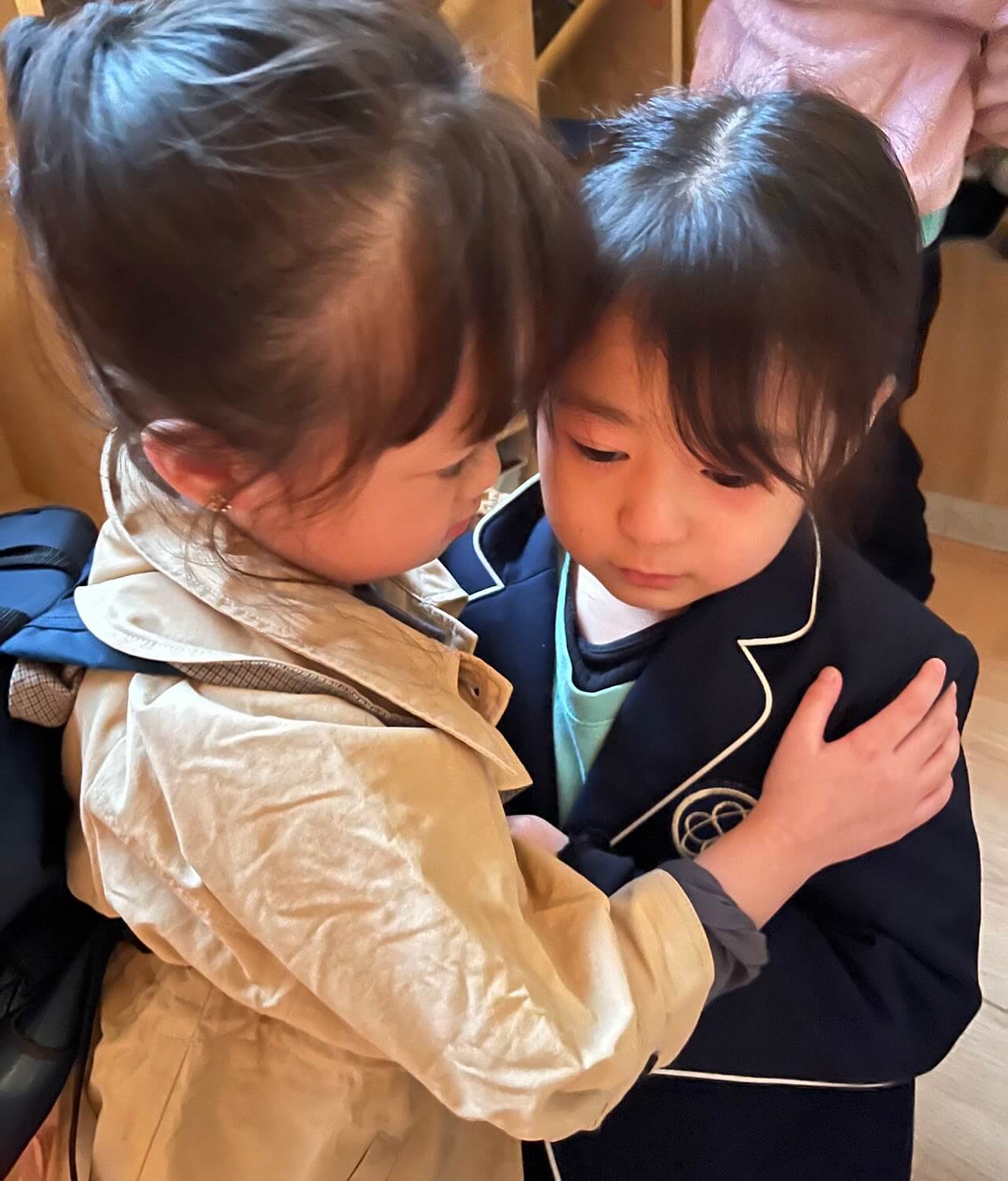


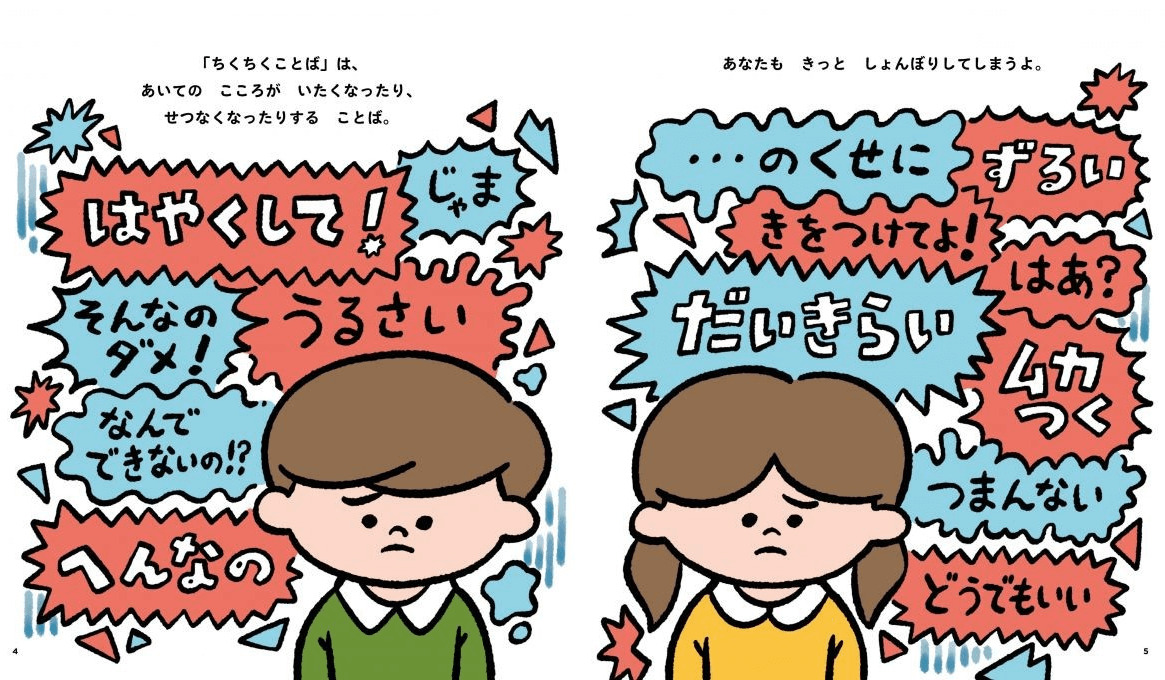

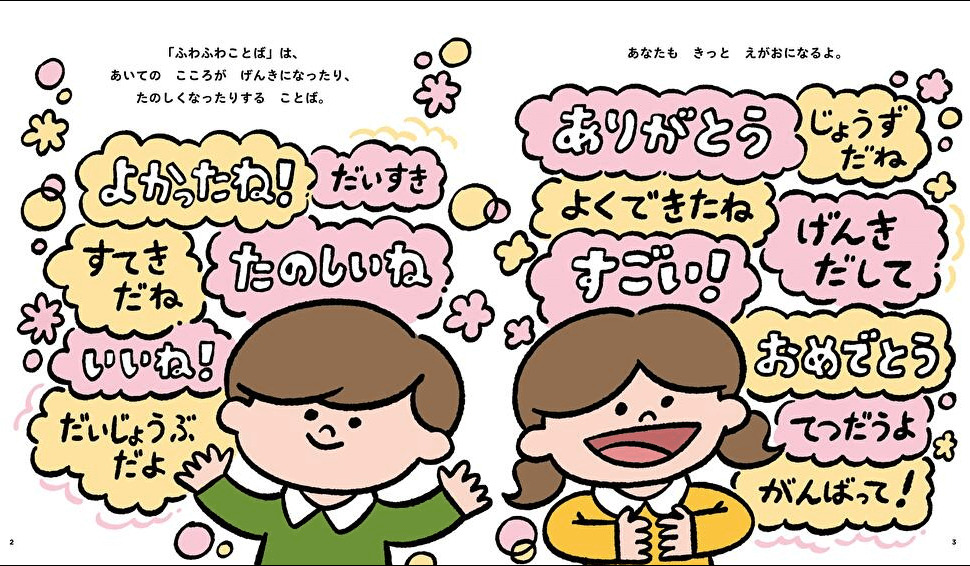

Ocean A
(2-year-olds)
Exploring Emotions Through Colours with Ocean A
This month, the children in Ocean A have been exploring how colours can help us express our emotions. During Circle Time, they learned to describe how they feel using colours, saying, "Today I am feeling blue," when they’re sad or, "Today I am feeling pink," when they feel loved. It has been wonderful to see the children use their words and body language to share their feelings.
A fun activity that Ocean A really enjoyed was using scribbles to express their emotions. After discussing feelings in circle time, the children were encouraged to create art that represented how they were feeling. To inspire them, we read "I'm Not Just a Scribble", a story about a character named Scribble Spot, whose emotions are represented by different colours. This helped the children understand that it’s okay to feel a range of emotions.
The children’s scribbles were full of energy and emotion. Each piece of artwork was different, with some using bright colours like yellow and orange, while others chose calming blues and purples. The children did a fantastic job showing how they were feeling, and it was exciting to see their creativity shine through.It has been a great opportunity for the Ocean A friends to express themselves, learn about emotions, and discover the power of colours in sharing how we feel.
Exploring Self-Expression Through Sound: Ocean A’s Musical Journey
Ocean A has recently explored the idea of self-expression through sound, adding a new layer to our ongoing exploration of colors and emotions. In a recent English activity, each child was given a variety of instruments and materials to experiment with, encouraging them to create their own unique sounds. Some children used drums, tambourines, and shakers, while others discovered interesting sounds with boxes, paper, or even their own bodies as percussion instruments. It was exciting to see how each child approached the activity in their own creative way.
After experimenting with the different materials, we recorded the sounds and listened to how they came together. The children were thrilled to hear their individual sounds blend into a piece of music they had all created together. It was a moment of discovery as they realized that sound could be fun, varied, and something they could make themselves.
This activity encouraged the children to engage their senses and express themselves through music. They were able to explore rhythm, tone, and volume in a playful way, learning that sound can be both a form of creative expression and communication. Now, Ocean A loves to listen to the music they created, and they get so excited whenever they hear their work during free play or circle time. Through this experience, the children have not only developed a deeper appreciation for sound and music, but also discovered how powerful it can be as a tool for self-expression.
Heave-ho, Let’s Go!


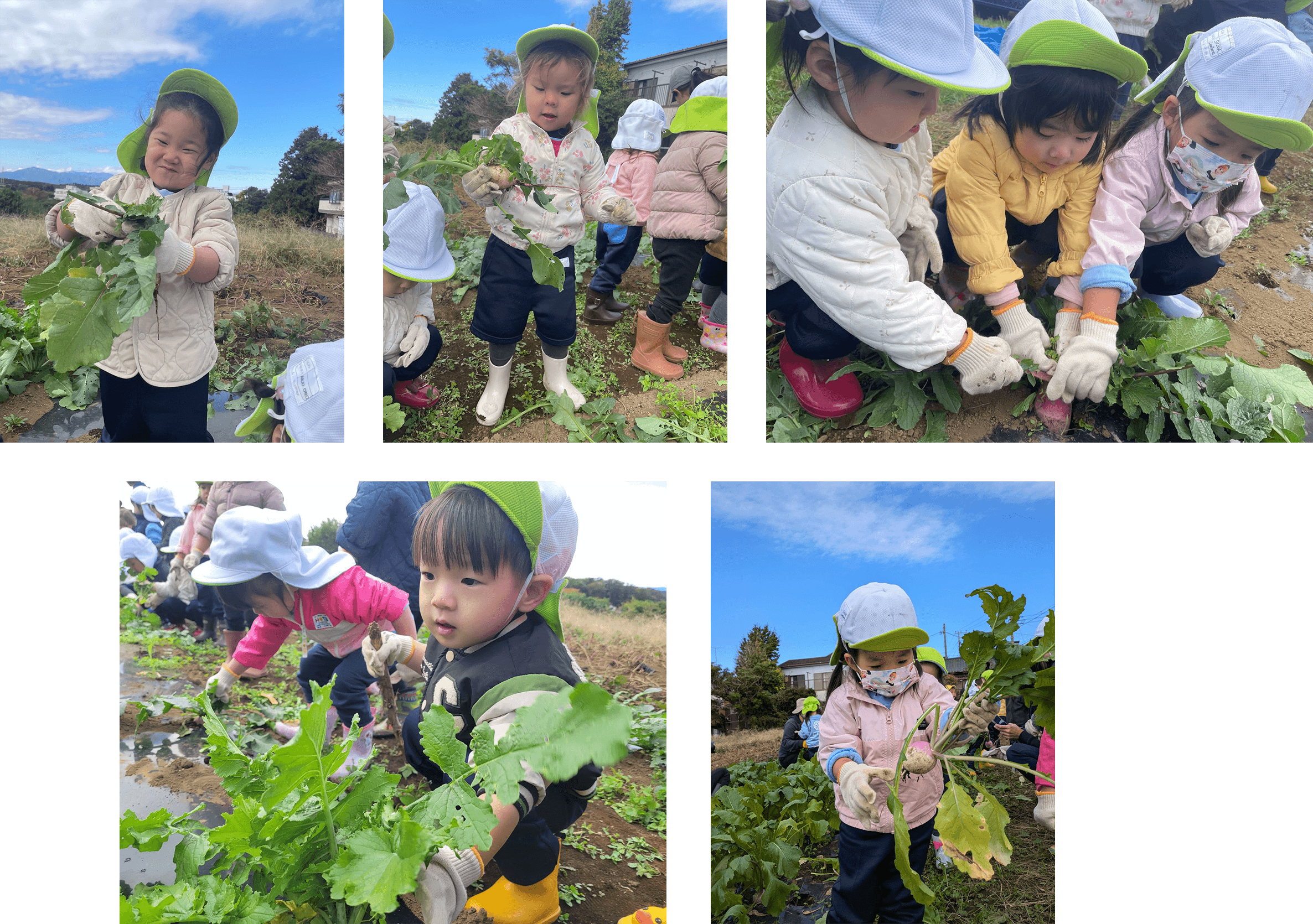

The beloved picture book The Gigantic Turnip is a favorite among the children, especially the iconic chant, “Heave-ho, let’s go!” Recently, during a visit to the farm for a radish and turnip harvesting experience, the children naturally started using this chant. After cheerfully greeting the farmers, they eagerly began the harvest!
At first, they only tugged at the leaves, making it hard to pull the vegetables out. However, as they got the hang of it, they learned to grab near the base of the radish or turnip and gave a strong “Heave-ho!” With that, large radishes and round turnips emerged from the soil, much to their delight. The children were overjoyed to see the vegetables they had worked together to pull out.
That afternoon, the freshly harvested radishes were served as radish sticks for a snack. Eaten raw, they had a slightly spicy kick, and the children enjoyed the fresh, crisp flavor. The next day, the radishes were prepared as simmered radishes. Soft and tender, the radishes had soaked up the flavors beautifully, leaving the children thoroughly satisfied.
By harvesting and eating vegetables they had pulled out themselves, the children deepened their interest in food and their appreciation for it.
Fostering Independence
-


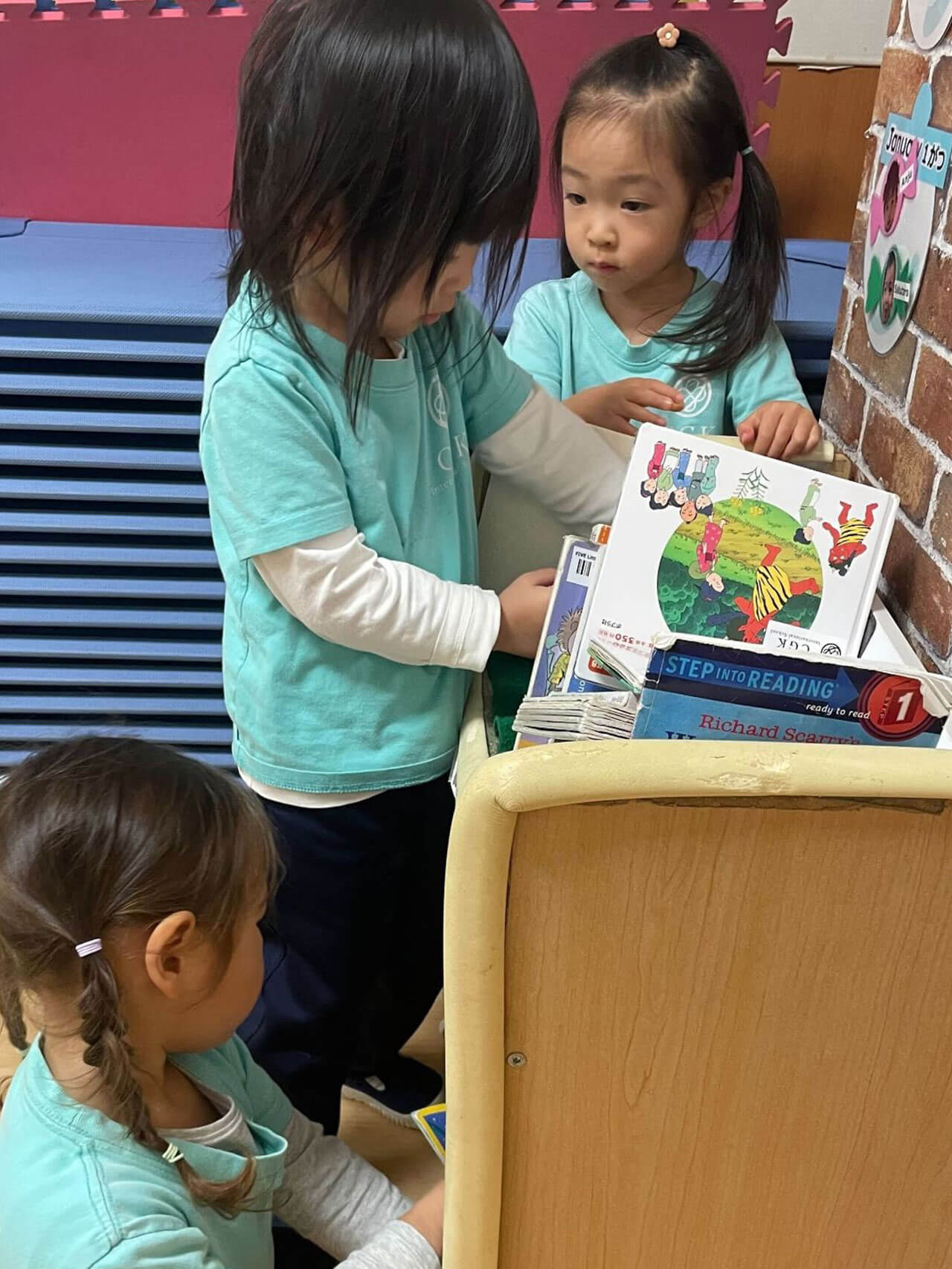
-


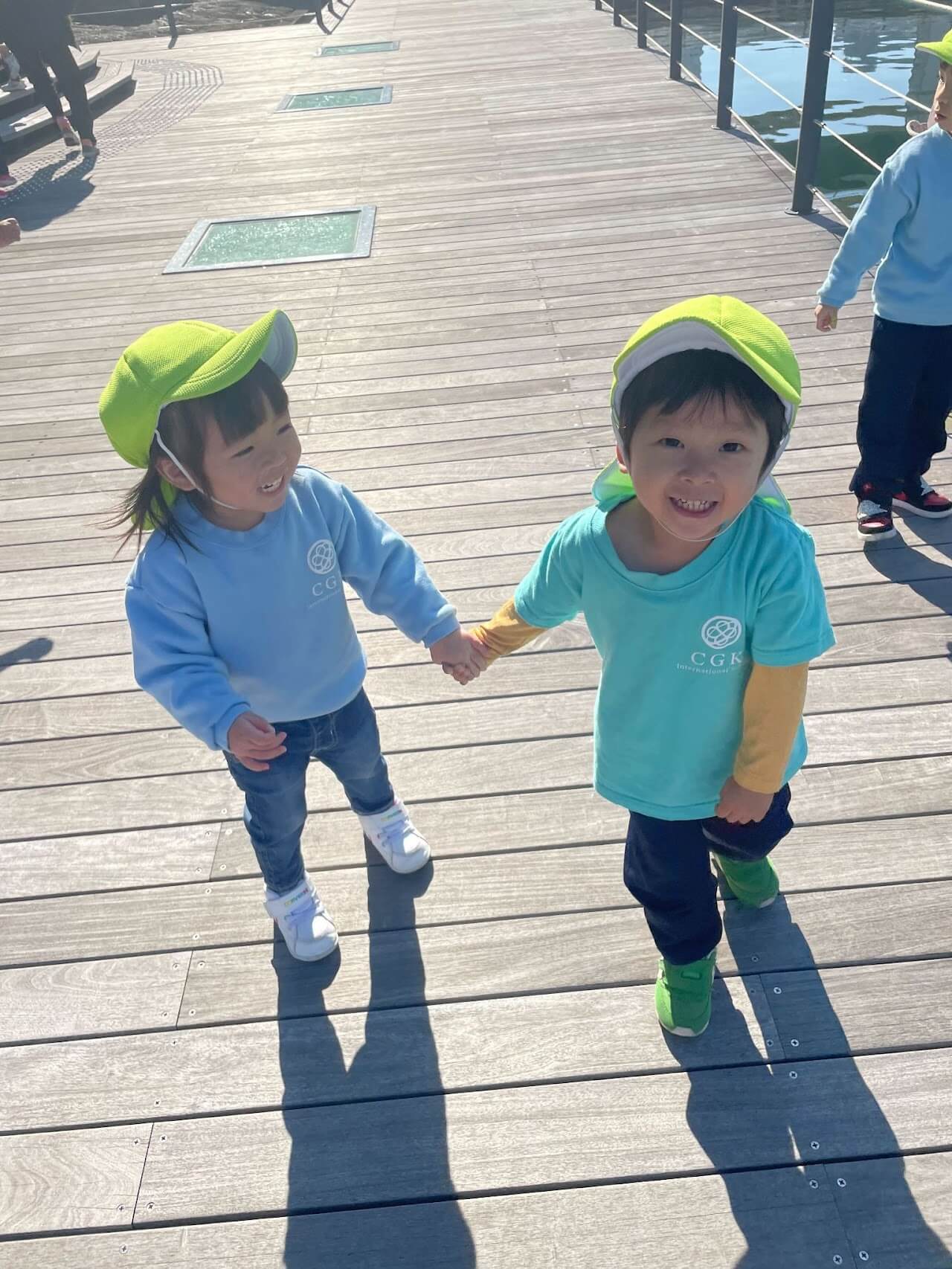
-
The children in Ocean A class have become increasingly comfortable with their daily school routines. Within this stability, we are seeing more moments where they think, "I want to try this!" or "Let’s do it this way!" They are beginning to take initiative and act with confidence, demonstrating their growing independence and problem-solving skills. It’s clear from these behaviors that their sense of autonomy and ability to think for themselves are being nurtured daily.
What’s especially heartwarming is their willingness to help one another. Whether it’s saying, “I can do it! Let me help!” to a friend in need, offering tissues to a crying classmate, or gently guiding someone who’s unsure of what to do, the children’s acts of kindness and cooperation are truly impressive. These actions reflect the IB Learner Profile attributes of being Thinkers, Caring, and Communicators.
Additionally, the children are gradually developing habits of tidiness and organization. They are learning to align their shoes neatly, fold their smocks and clothes, and carefully sort and put away books and toys. They are beginning to enjoy these tasks, making them part of their daily habits. These practices represent an essential step toward a more independent life, allowing the children to take pride in their growing abilities to manage things on their own. The sense of responsibility that comes with “I’ll do it myself” is beginning to blossom, and their confidence grows each time they experience the joy of accomplishing something independently.
Of course, there are moments when things don’t go as planned, or when they’re simply not in the mood. During these times, we acknowledge their feelings and work together with them to find solutions. This approach not only supports their emotional well-being but also helps them build resilience and a deeper understanding of how to navigate challenges.
Ocean B
(2-year-olds)
Sharing Our Stories
Our Ocean B friends have been excited to express themselves during Show and Tell, eagerly sharing personal experiences and favorite things with their friends and teachers. Some children have joyfully talked about their recent family trips, describing the places they visited, like shrines or a themed park, and the fun activities they enjoyed, such as painting, riding a boat, or seeing animals. These experiences not only allow them to connect their learning to the world outside the classroom but also help them practice speaking confidently about special moments. Others have loved sharing their favorite clothes, explaining why they like certain outfits, such as a cozy sweater or a colorful dress, and showing how their choices reflect their unique personalities.
Additionally, our Ocean B friends are growing more confident in answering questions from both their friends and teachers. Whether they are discussing their favorite meals, like ice cream or fruits, or recalling birthday celebrations complete with cake and balloons, they eagerly respond with excitement and clarity. It’s heartwarming to see them confidently share their thoughts and experiences, whether talking about their favorite foods or the joy of a birthday party. These moments not only help build their communication skills but also foster a sense of pride and belonging, as they feel heard and valued by their friends and teachers. Through show and tell, our little ones are developing the confidence to express themselves and strengthen connections with others in meaningful ways.
Exploring Curiosity
Being an Inquirer means fostering curiosity and a passion for learning by encouraging children to ask questions, exploring their environment, and actively seeking knowledge. In the PYP, this is achieved through independent research, critical thinking, and engaging with complex ideas, while in the EYFS (Early Years Foundation Standards), it manifests in hands-on exploration, play, and discovery. Both approaches emphasize the importance of curiosity as a foundation for developing critical thinking skills, promoting intellectual growth, and nurturing a lifelong love of learning that continues to evolve as students grow.
We are excited to share that our Ocean B friends are making remarkable steps in becoming true Inquirers. Their natural curiosity and wide-ranging interests are guiding them to explore and deepen their understanding of the world around them. This growing curiosity is making their learning journey vibrant and enriching, as they continuously seek new knowledge and connections. It’s clear to see their inquiry in action, especially during free play, both indoors and outdoors, as well as during afternoon activities. They engage actively with their friends and teachers, asking insightful questions, particularly their “whys” and “hows.” Their enthusiasm for learning and their willingness to explore new ideas are helping them grow into thoughtful, inquisitive learners.
As our Ocean B friends continue to develop their inquiry skills, we are excited to see how their love for learning grows and how they make connections between ideas. Their curiosity and eagerness to ask questions are building a strong foundation for their future learning. We are excited to support them as they become confident, independent thinkers, ready to face new challenges and discoveries with excitement and wonder.
From Harvest to Cooking: I Did It All Myself!
The children in Ocean A & B classes went on an exciting trip to harvest radishes and turnips. For many, it was their first time seeing what vegetables look like in the soil and learning how they are harvested—a completely new experience. To prepare for this adventure, they read the picture book The Gigantic Turnip and practiced pulling toy vegetables while wearing gloves. With this preparation, they were ready for the big day.
At the farm, the children applied what they had learned and successfully harvested plenty of radishes and turnips! They also got a chance to touch soil and insects, which was a thrilling and stimulating experience for them.
After the harvest, the children used their freshly picked radishes and turnips to make miso soup together. For many, it was their first time using tools like peelers, knives, and kitchen scissors. With the teachers guiding them carefully, they managed to cut the vegetables safely and skillfully. The children enjoyed the soup immensely—many went back for seconds, and even those who typically dislike vegetables finished their bowls. The act of harvesting and cooking the vegetables themselves seemed to make the meal taste even better!
Later, the children reflected on their experience, creating illustrated diaries about the harvest and cooking process. By reviewing and discussing what they learned and experienced, the children deepened their understanding and solidified their knowledge. We value these moments of reflection, as they help reinforce learning and make the experiences even more meaningful.
Our Brave Challengers!
The children in Ocean B have been gaining confidence as they master new skills and are beginning to challenge themselves in ways we’ve never seen before.
For example, many are now using spoons and forks more adeptly to eat on their own. Inspired by their peers who finish their meals, some enthusiastically declare, “I’ll eat everything too!” and proudly empty their lunchboxes with big smiles on their faces. At the park, we’ve also noticed a growing willingness to try new play equipment. They are now drawn to more challenging structures, like climbing poles, showing a significant improvement in both physical activity and motor skills.
Initially, we heard comments like “I can’t do it” or “I’m scared,” as their bodies didn’t move as they hoped. Yet, rather than giving up, they sought minimal assistance from their teachers and began to figure out how to use their bodies. With encouragement, they gathered courage and explored the best ways to position their hands and feet, enjoying the process of trial and error. This self-discovery has fostered resilience and joy in finding their own solutions.
During a recent harvest experience, some children were hesitant to touch the vegetables or soil at first, but watching their friends and teachers enjoy the activity gave them the confidence to join in. By the end, they were not only touching radishes and turnips but also proudly carrying them with both hands. In the subsequent miso soup-making activity, they participated in cutting and mixing ingredients, sparking curiosity about food. Even children who previously disliked vegetables willingly tried them, embracing this new challenge.
Through moments of hesitation and failure, the children have shown incredible determination and courage. They remind us of the importance of not avoiding challenges because they seem difficult but instead putting in effort to overcome obstacles. They teach us the joy of stepping into the unknown and discovering new things.
One of the IB Learner Profile attributes is being a risk-taker, which means demonstrating courage and perseverance. The children in Ocean B are stepping out of their comfort zones daily, embracing new challenges, and understanding, even at a young age, that failure is an essential part of learning.
As they continue to grow, gaining experiences and knowledge, they are developing into individuals who will contribute to building a better society, both mentally and physically. We are committed to respecting the children’s curiosity and desire to try new things, supporting them wholeheartedly in every challenge they face, no matter how big or small.
Elementary School
"Developing Logical Thinking Skills - From an IB Education Perspective"
Today's theme is "logical thinking skills."
A Japanese language class was conducted for 4th and 5th graders with the aim of developing critical thinking, problem-solving, and logical thinking skills that are emphasized in IB education. Here are the contents and results.
①Training in Expository Text Comprehension
First, to strengthen their comprehension of expository texts, students worked on three important steps - structural reading, logical reading, and critical reading. Using multiple expository texts as materials, students deepened their understanding of the differences between explanatory and persuasive texts, and practiced identifying important paragraphs, sentences, and logical relationships.
②Working with Long Expository Texts
Students also worked with longer expository texts, further deepening their understanding of paragraph and sentence logical relationships and structure. There were signs that students were steadily developing their ability to logically comprehend expository texts.
③Creating Persuasive Essays
Students each chose a theme and worked on completing persuasive essays while keeping in mind the composition of claims, evidence, anticipated counterarguments, and responses to counterarguments, paying careful attention to expression including grammar and conjunction usage to maintain logical relationships. The themes for the persuasive essays were as follows:
- The necessity of cars
- cream or sorbet
- Mechanical pencils or regular pencils
- The necessity of mechanical pencils
- Are high buildings like tower apartments necessary
- Shibuya girls or Harajuku girls
- Are açaí bowls good for health
- Houses or apartments
- Are potato chips good or bad for health?
④Debate Competition
Finally, a debate competition was held using the completed persuasive essays. This served as practice not only for reading the completed essays but also for communicating claims, appropriately responding to counterarguments, and strengthening arguments by presenting more reliable evidence. Students also paid attention to how to express and communicate opposing and supporting opinions. The students seemed to engage in the debates very enthusiastically while demonstrating excellent logical thinking skills.
Summary:
In this Japanese language unit incorporating IB education principles, students developed their logical comprehension of expository texts and their ability to logically develop their own arguments. The students steadily developed remarkable skills, and during the debate competition, when it was difficult to counter-argue, they were able to calmly discuss while receiving help from others who shared the same opinion.
In society as well, it is a very important skill to be able to logically analyze things and make logical arguments with evidence while utilizing critical thinking skills. Rather than separating learning units from daily life, we are engaging in activities that can enhance such skills while utilizing various experiences that overflow in our surroundings.
Afterschool
Adventure Game
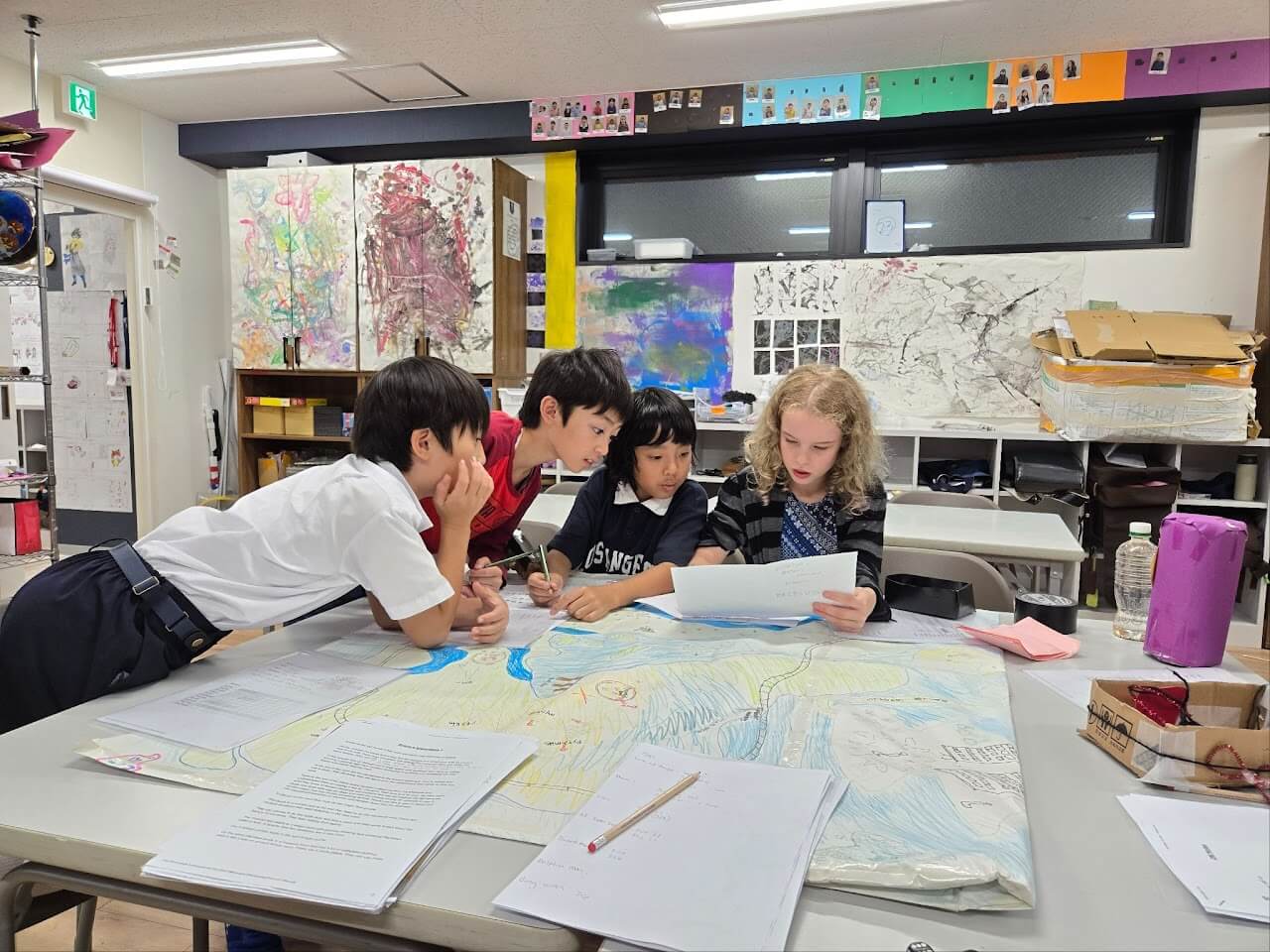


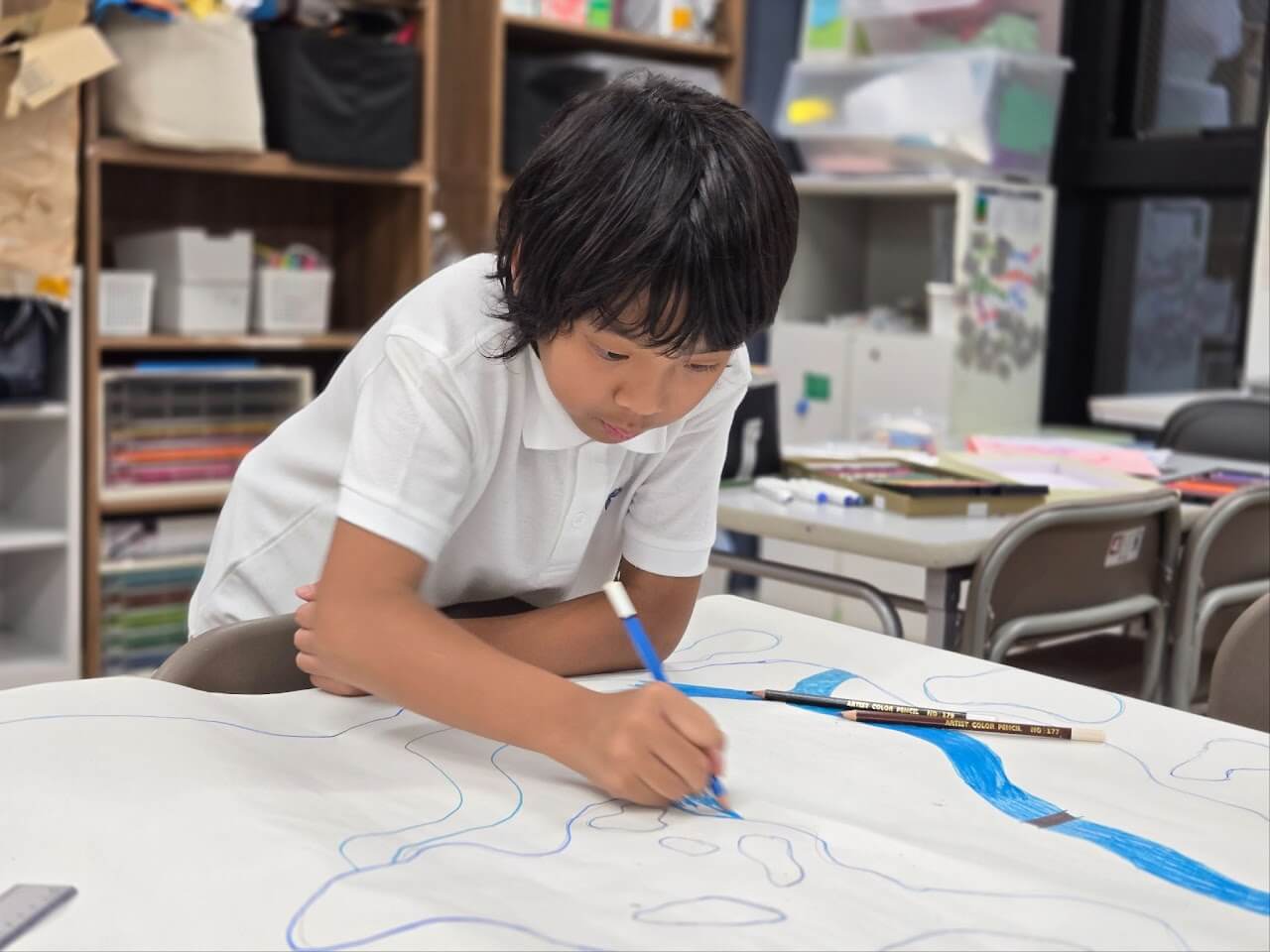


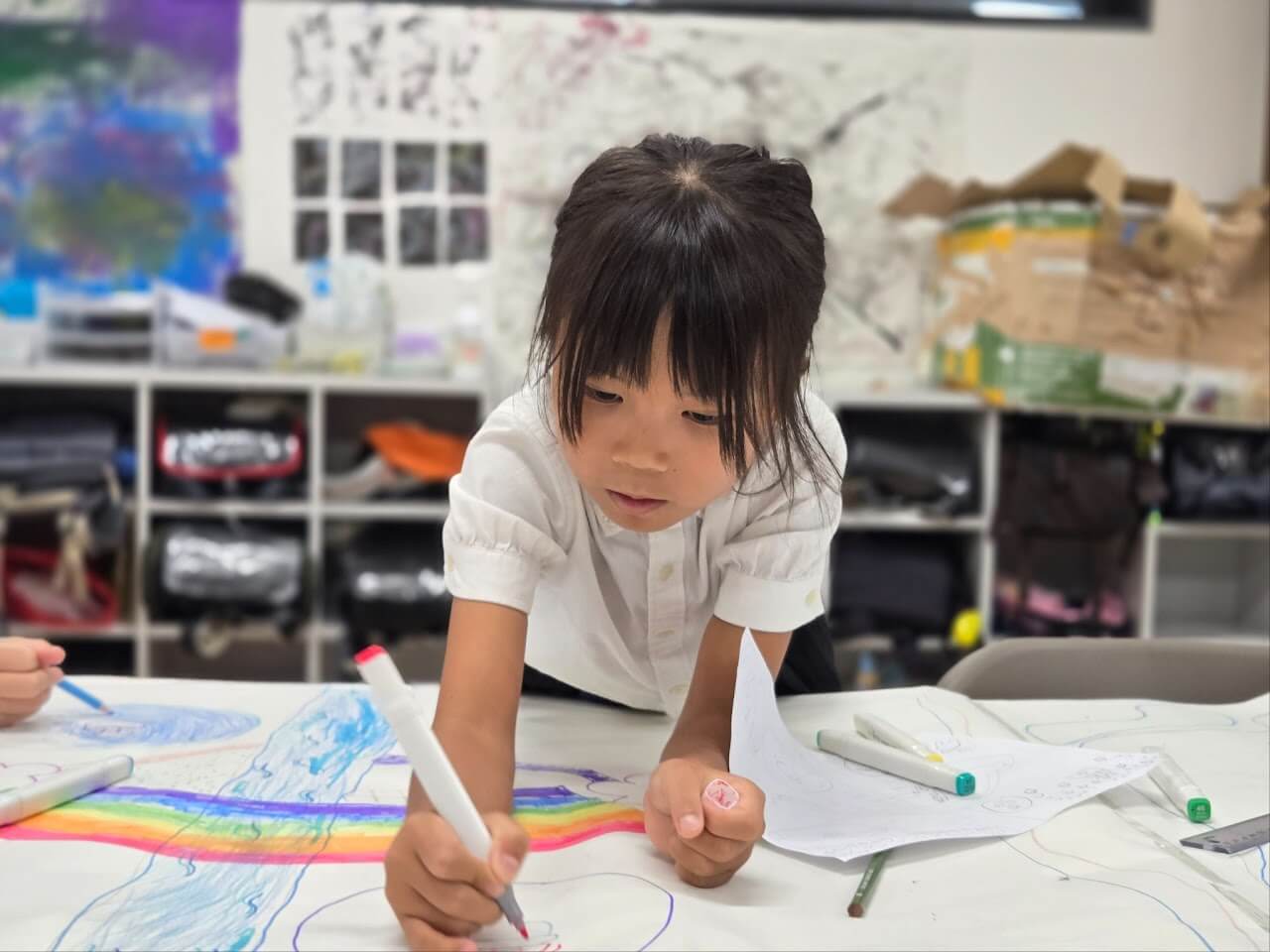


Hello everyone,
On Thursday in the upper grade class students have been working on creating and running their own original adventure game. This game takes a lot of inspiration from role playing games such as Dungeons and Dragons but is also very unique and the students have had complete control over how the game world has taken shape.
The first thing students needed to work on was creating their own unique character that they would role play as in the game world. They needed to decide the race of the character,for example would they play as a Human, Monster, Magical Creature etc. After this they needed to decide their character class such as Mage, Warrior, Healer etc. Now they had this as a base they planned out a detailed backstory for their character and assigned 30 ability points into various skill attributes such as charisma, magic, stealth, strength, and many more.
With their original characters made we could all now turn our attention to creating the world the students would be playing in. Using several sheets of very large poster paper taped together each student worked on creating a unique island filled with forests, towns, cities, mountains, and many other features to make their island come alive. After finishing their islands students could then write in detail about the features of their island and create an information pack that players could refer to during the game.
When all preparations were complete and the world was fully fleshed out, students voted on which island they wanted to start on, and then the game began! While we have been playing the game students have had to communicate, problem solve, plan, react to quickly changing situations, solve many challenging puzzles, and even had to have a dance off! The students and Mr Dan have had a blast exploring their world together and I have been so impressed with how focused on completing the game students have been. Their attitude throughout has been amazing.
We still have a few weeks of play time left and I am really looking forward to seeing what ideas and solutions the students bring to the table moving forward.
Sincerely,
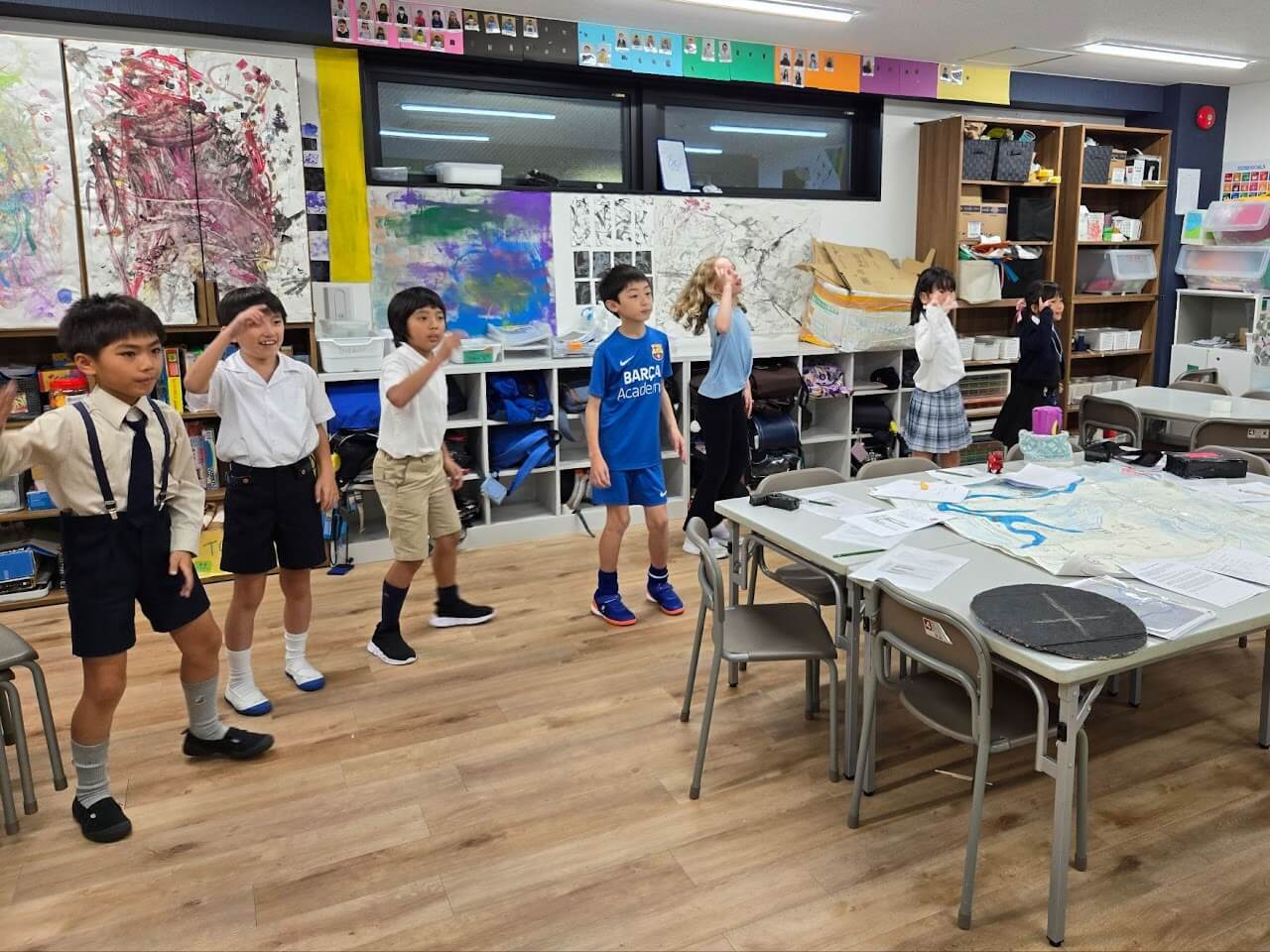

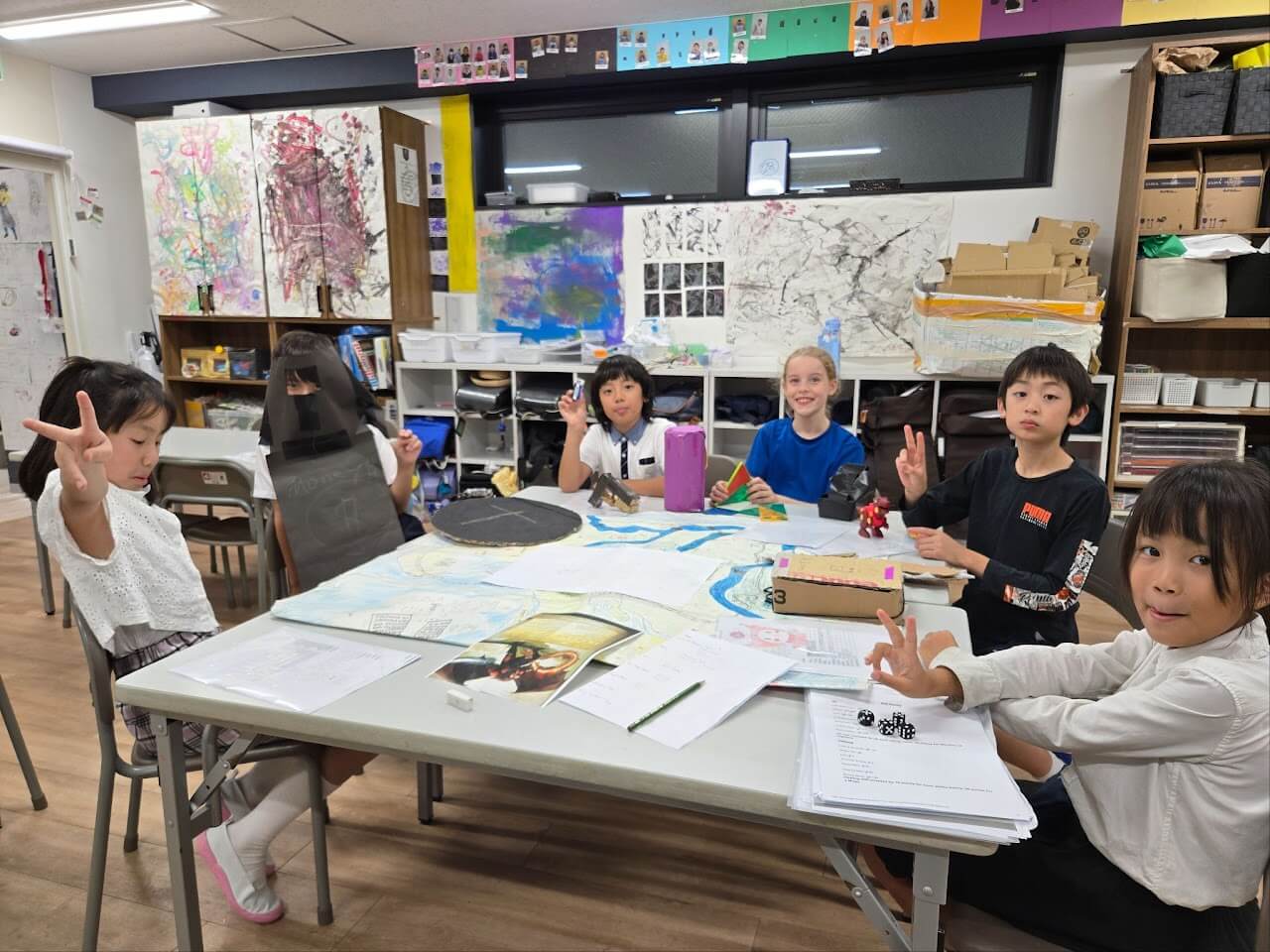

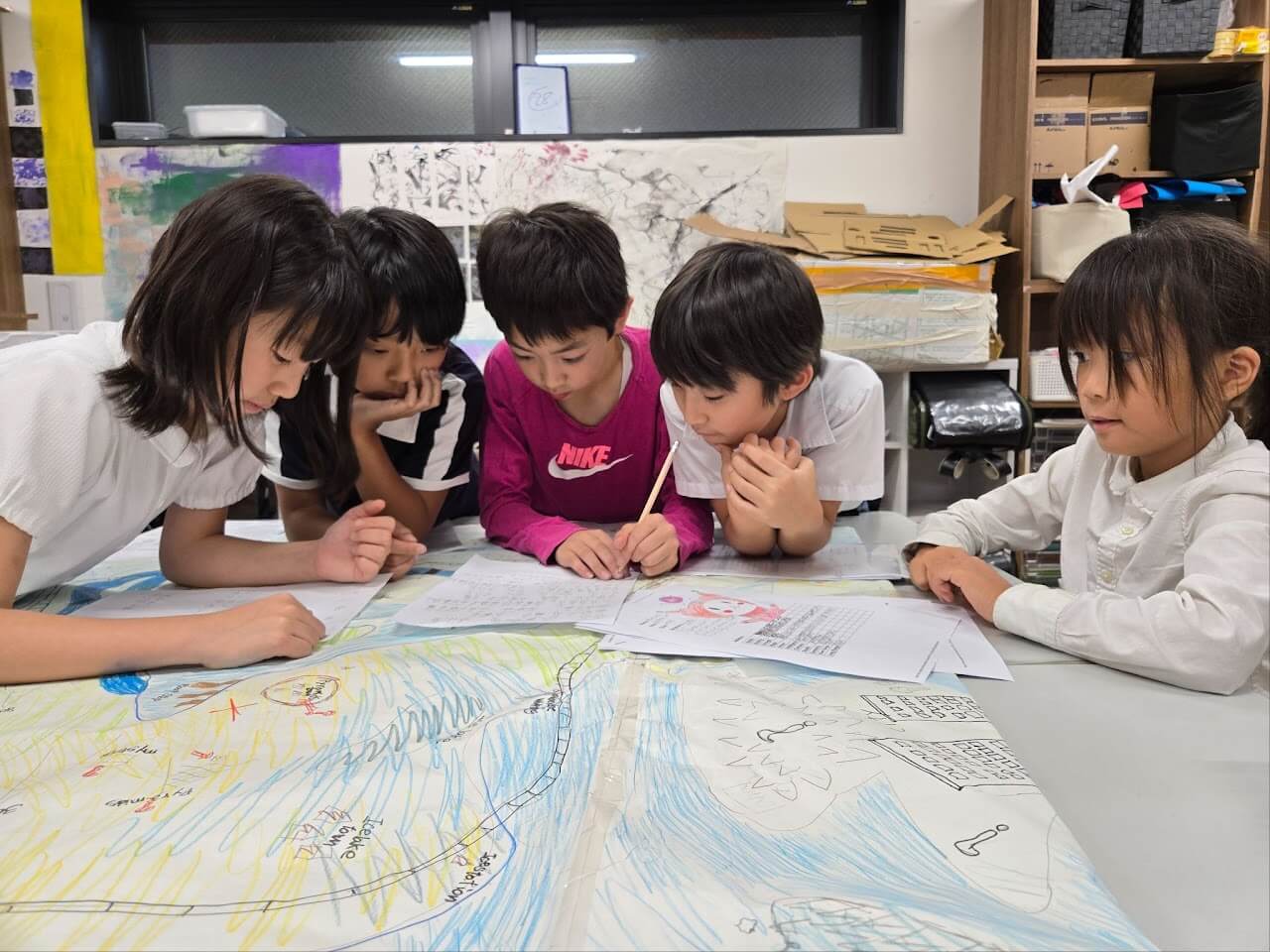










CGK Extra
Website Updates / YouTube Updates
-
[PS] Community Service
-
Upcoming CGK Study Abroad Information Session
CGK Study Abroad Information Session
December 19 (Thu.) 3:30pm-5pm
- About study abroad in Australia / New Zealand / Canada (preschool, elementary school, middle school, etc.)
Details/Registration: Information will be sent via Toddle at a later date.
Currently recruiting participants for study abroad programs
-


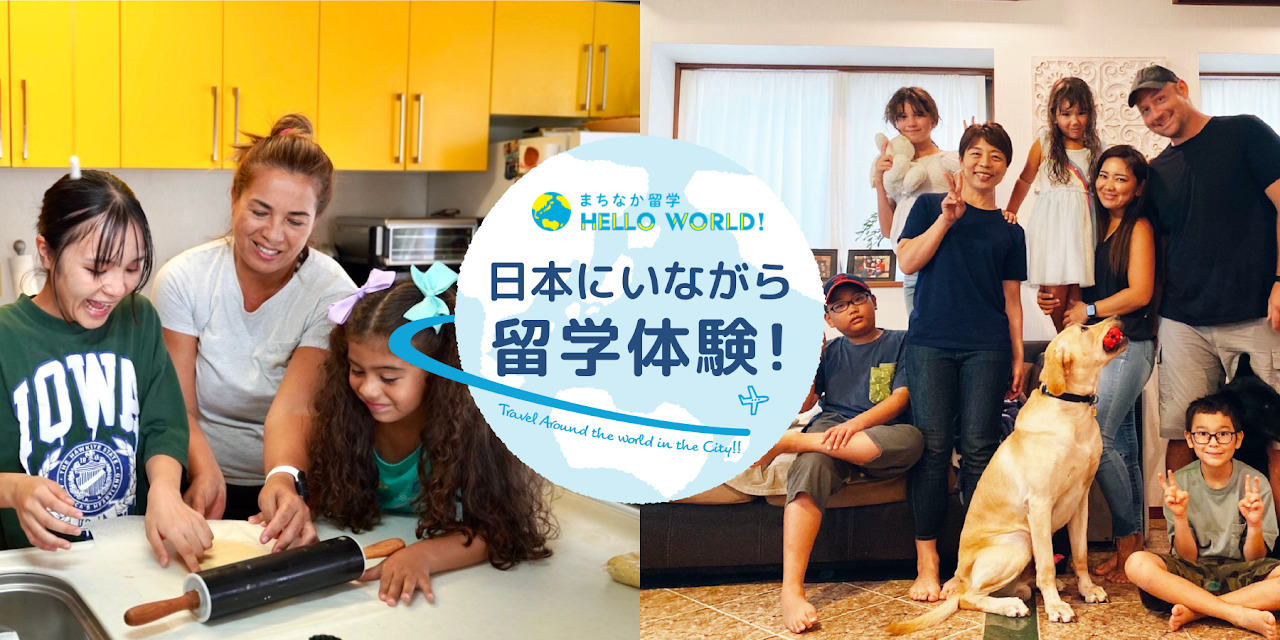



-
- Throughout the year (on weekends or during long breaks, either for day trips or overnight stays)
- You can experience a homestay with a foreign family residing in Japan.
- Deadline: Approximately one month prior to your desired dates
- For details/application, please contact Mayu at the Office.
-






Accepting short-term international students from overseas - Wanted host families
-



-
CGK has a positive stance on accepting international students from abroad with a view to encouraging multicultural cooperation. Students from different cultures and backgrounds can interact with and help each other at CGK, bringing rich diversity to the classroom. This environment of diversity provides each student with a valuable opportunity to learn different viewpoints and increase mutual understanding.
At CGK, we believe that diversity improves educational development. By learning and working together, students from different backgrounds will grow into leaders with global perspective. In addition, experiencing diverse opinions and values will help them develop tolerance and empathy.
In order to create an environment conducive to hosting short-term students, we are looking for host families; if you are a CGK family interested in registering as a host family, please contact Mayu at the Office (Toddle is OK).
-























